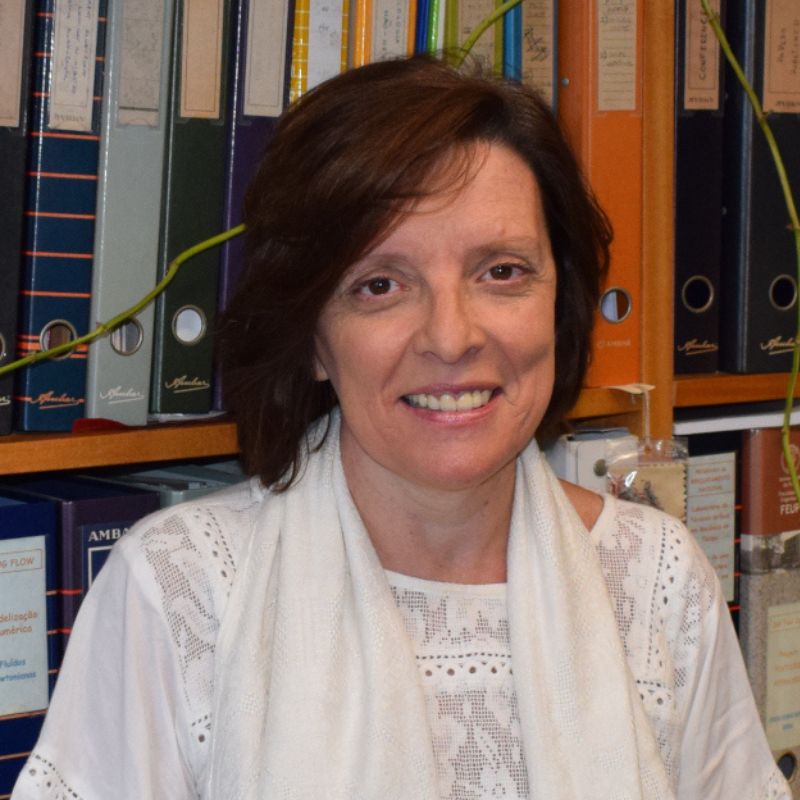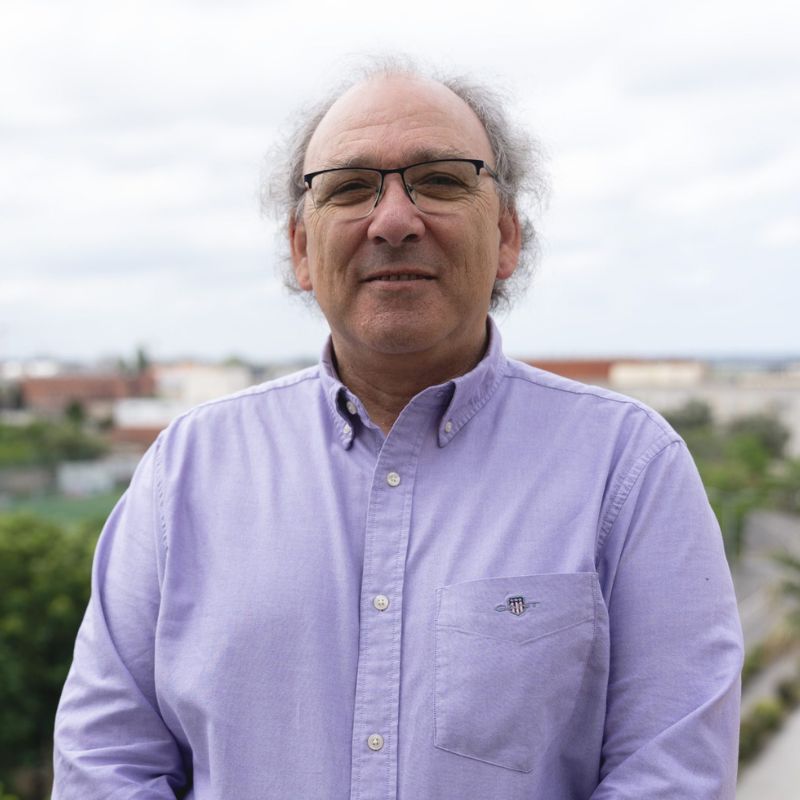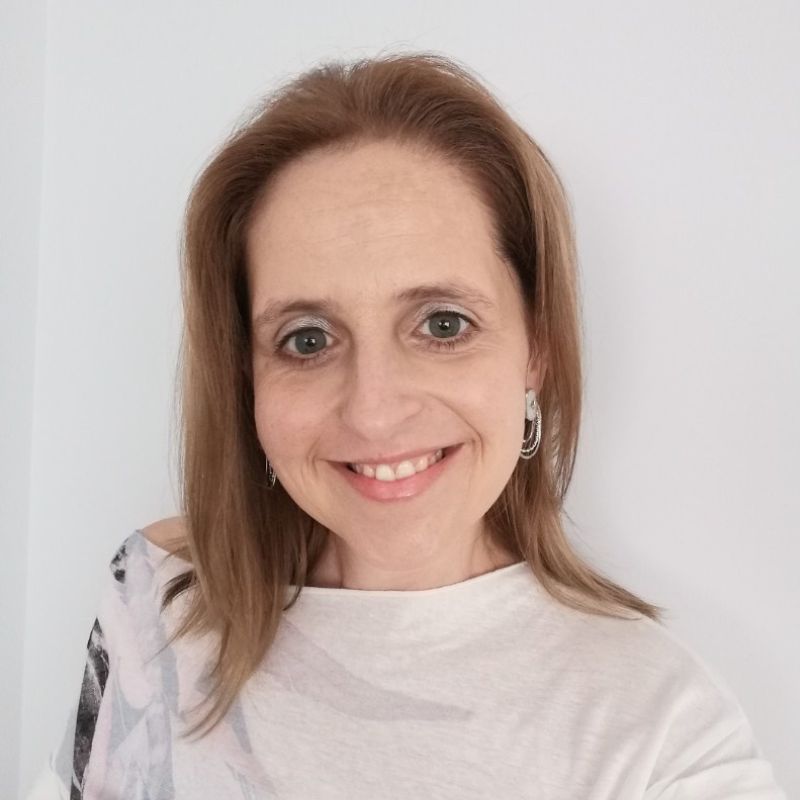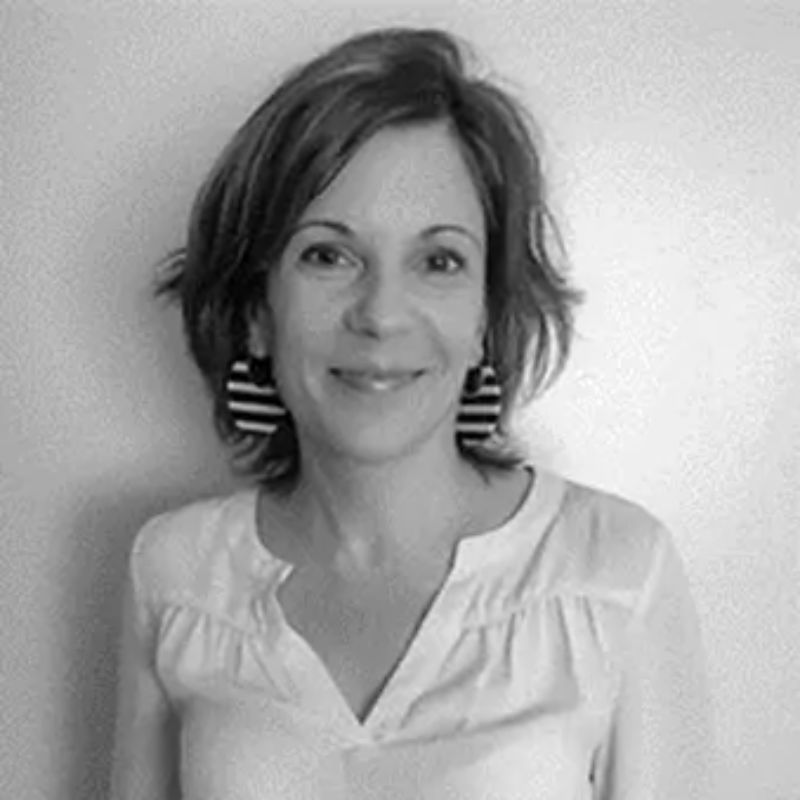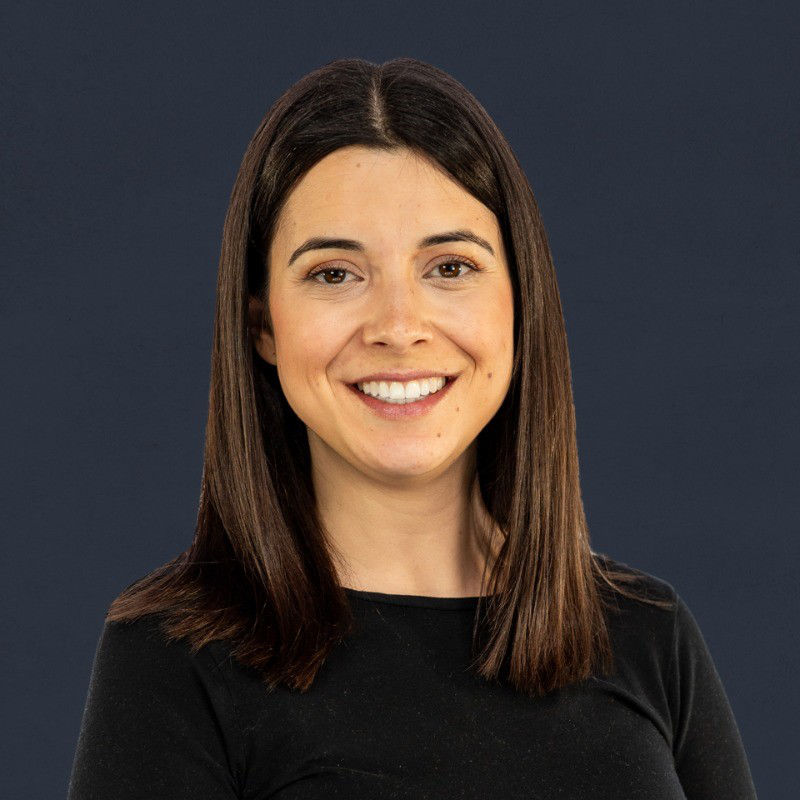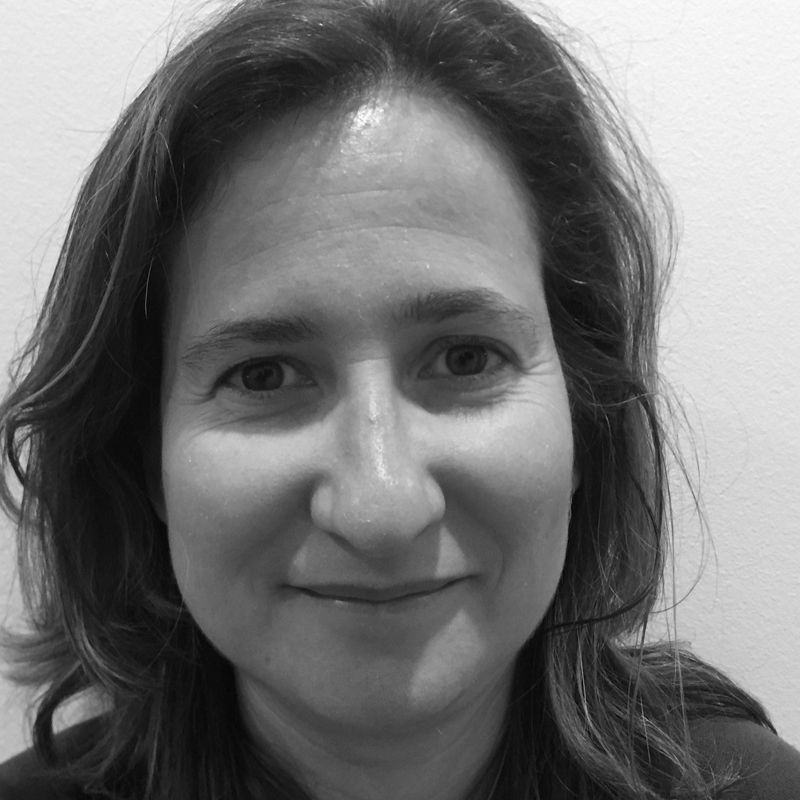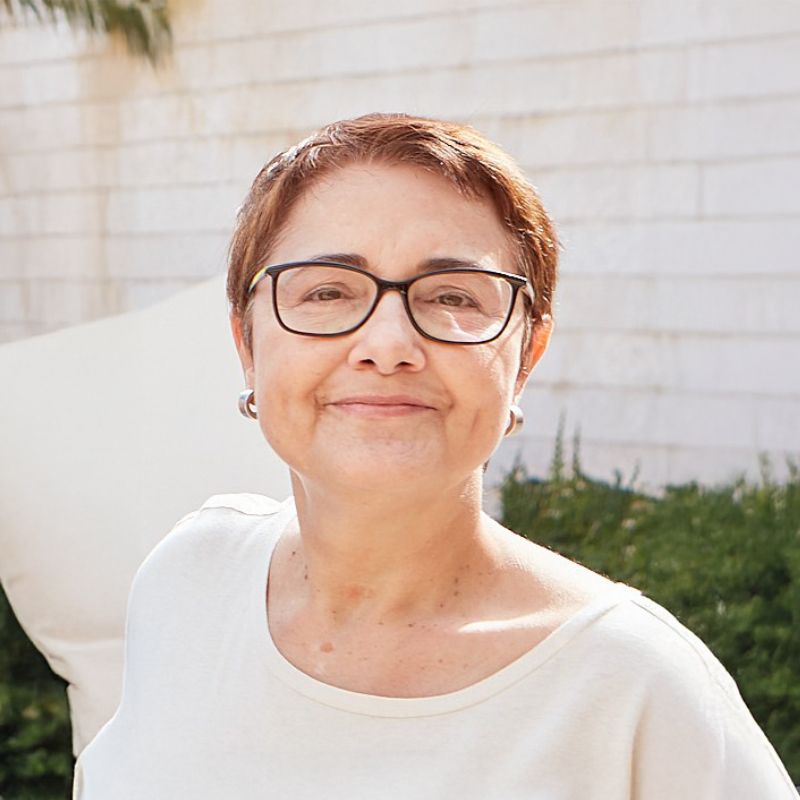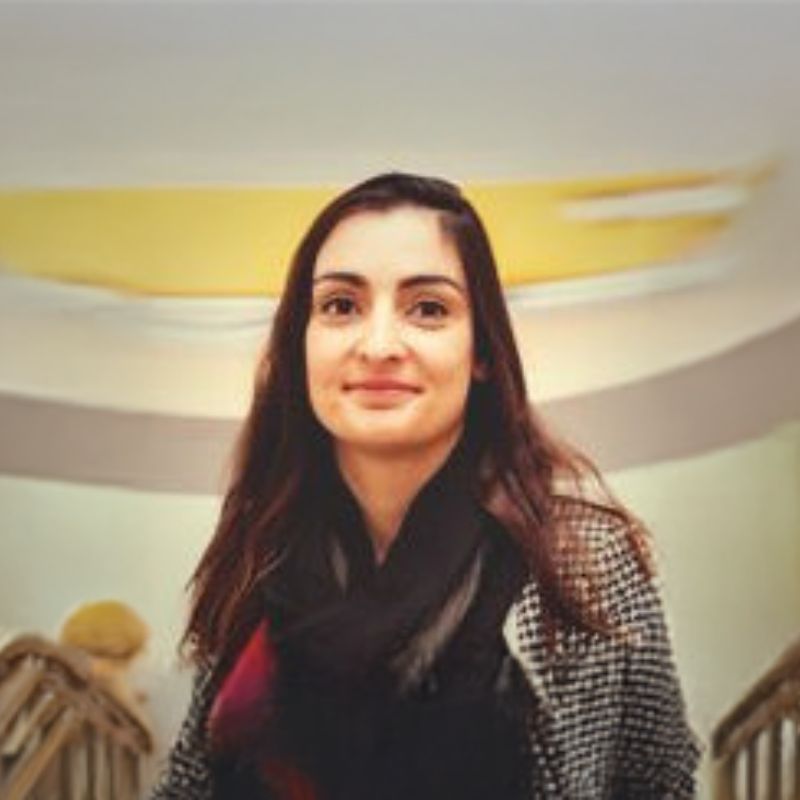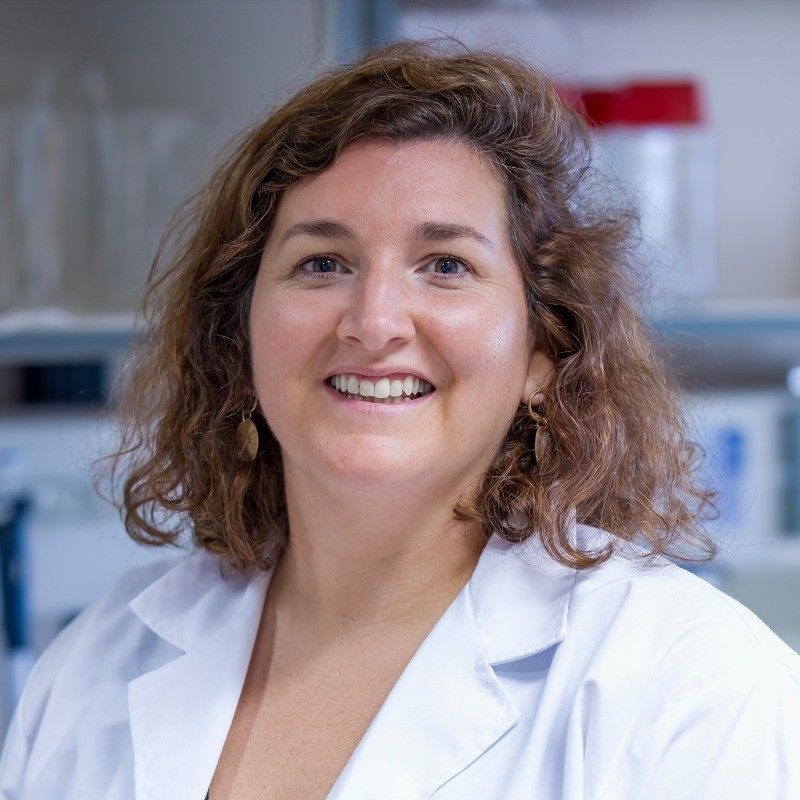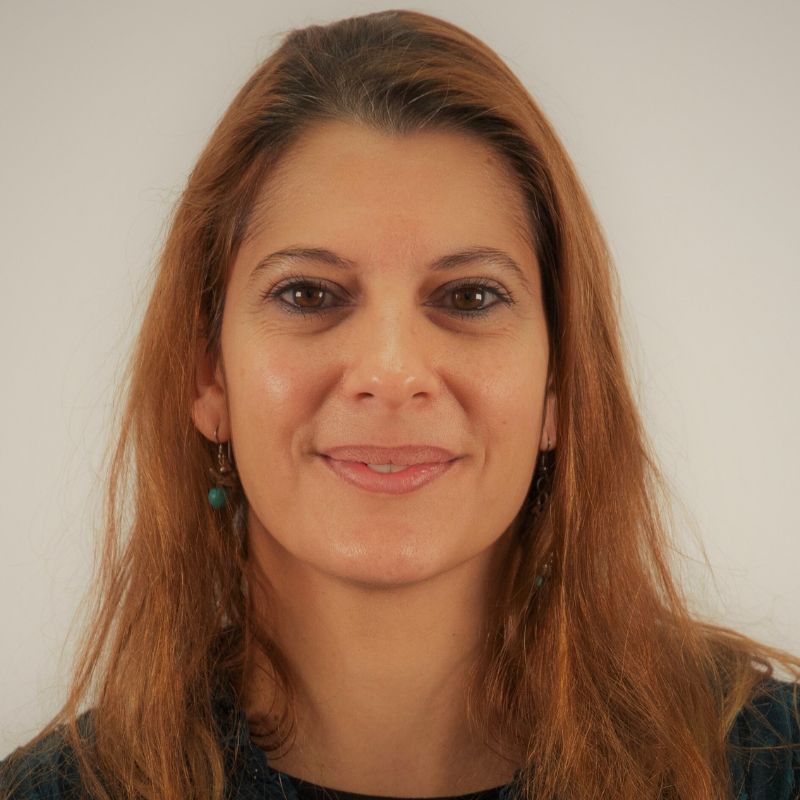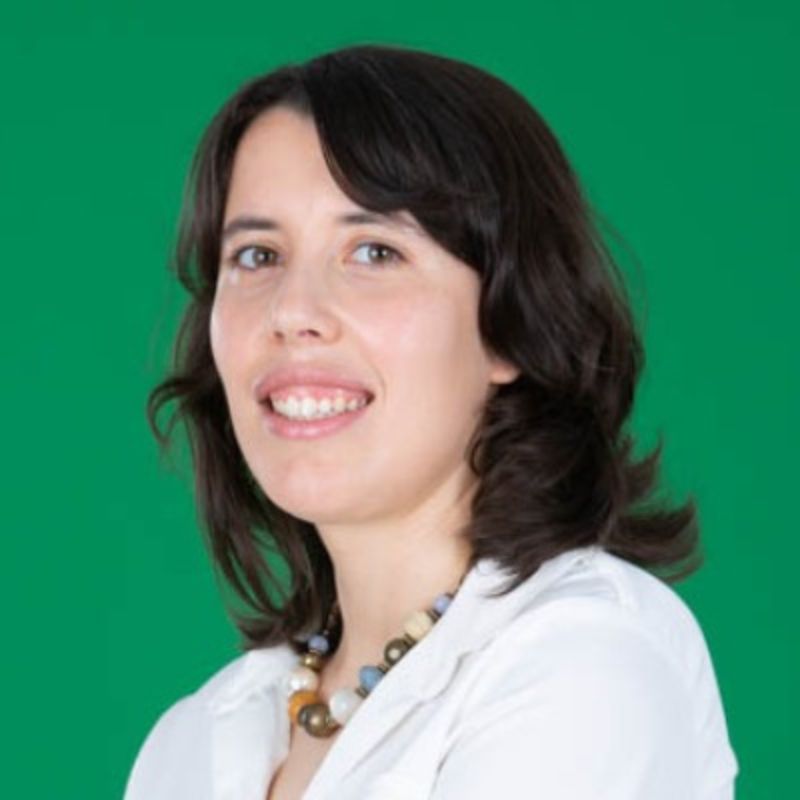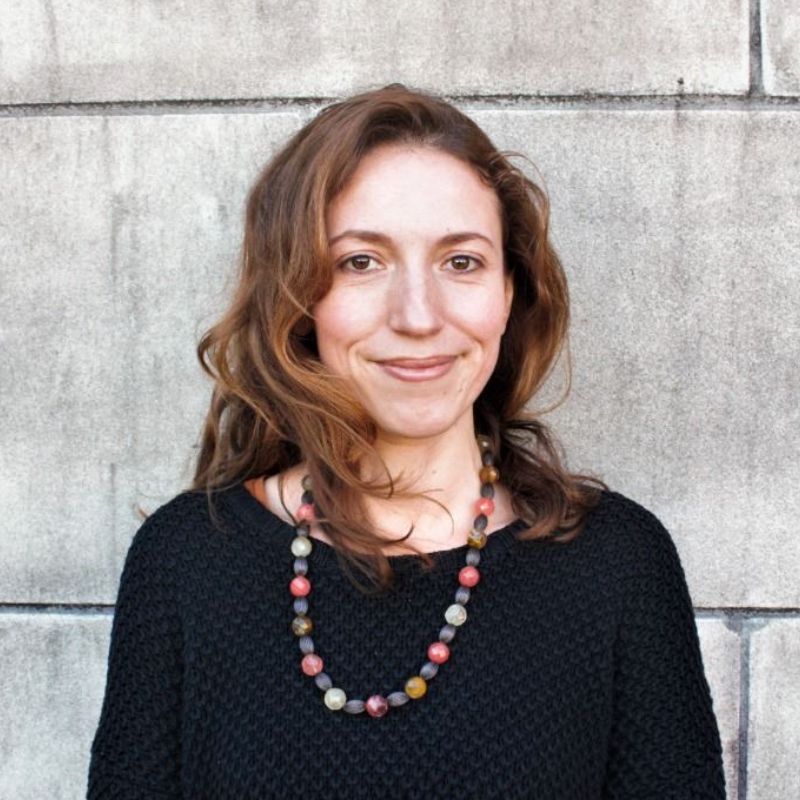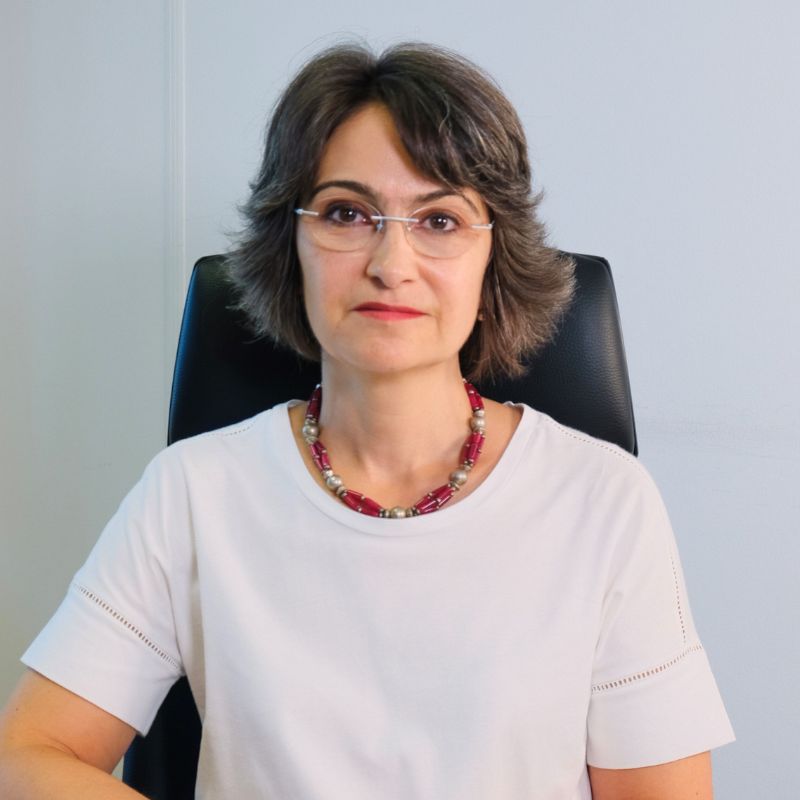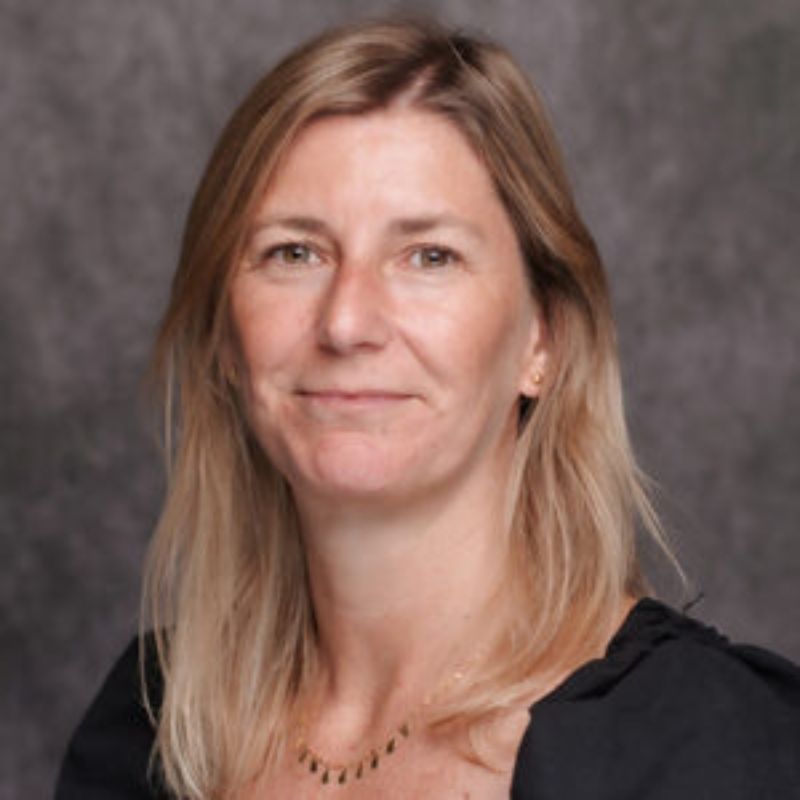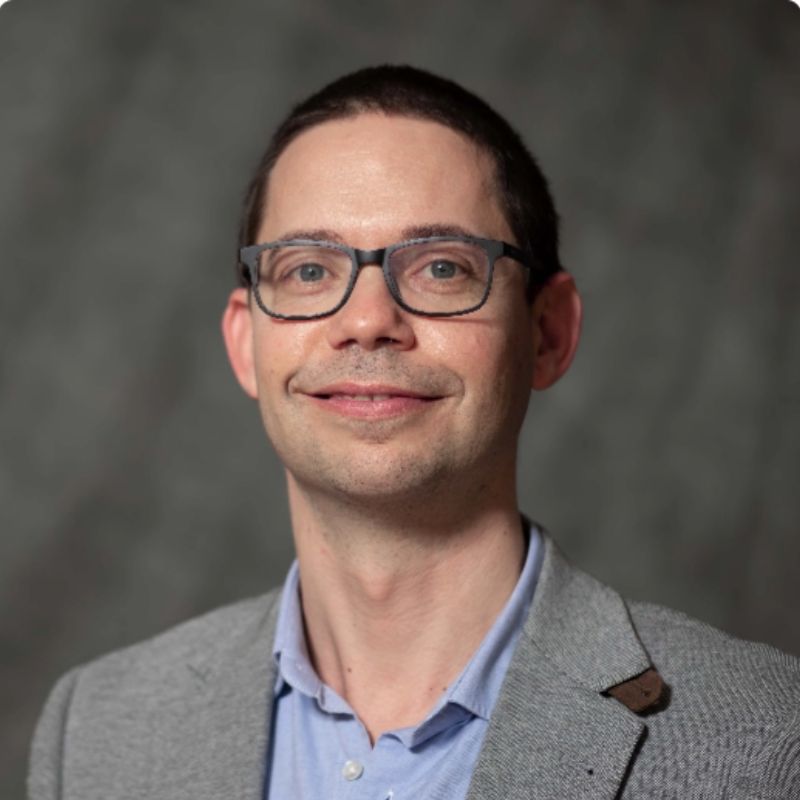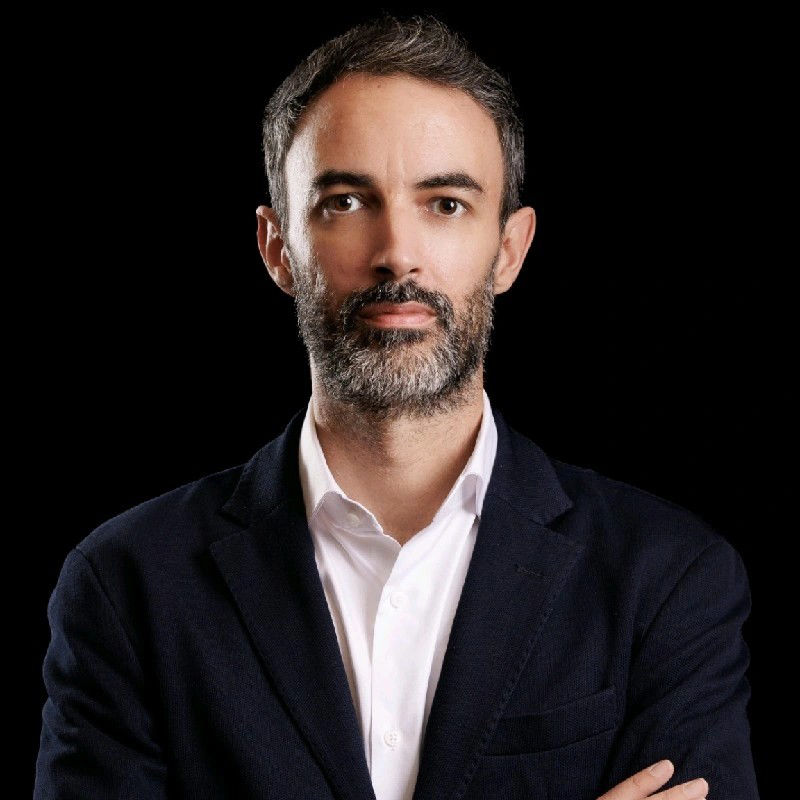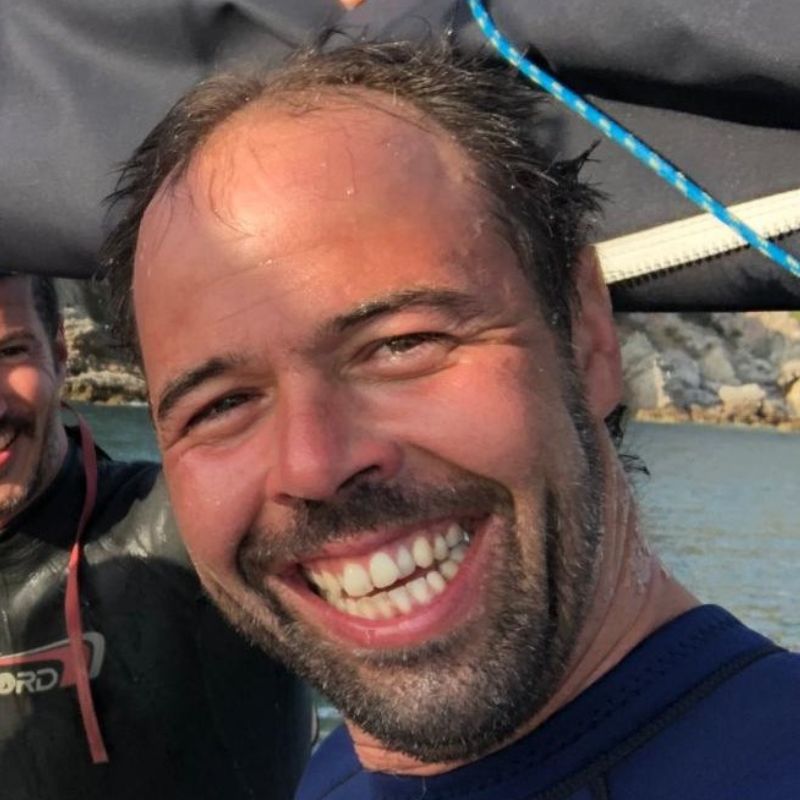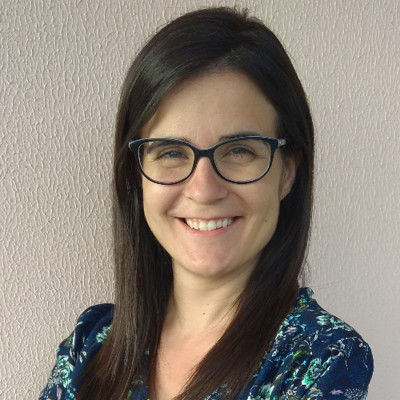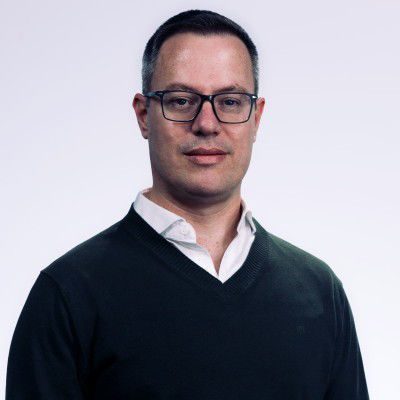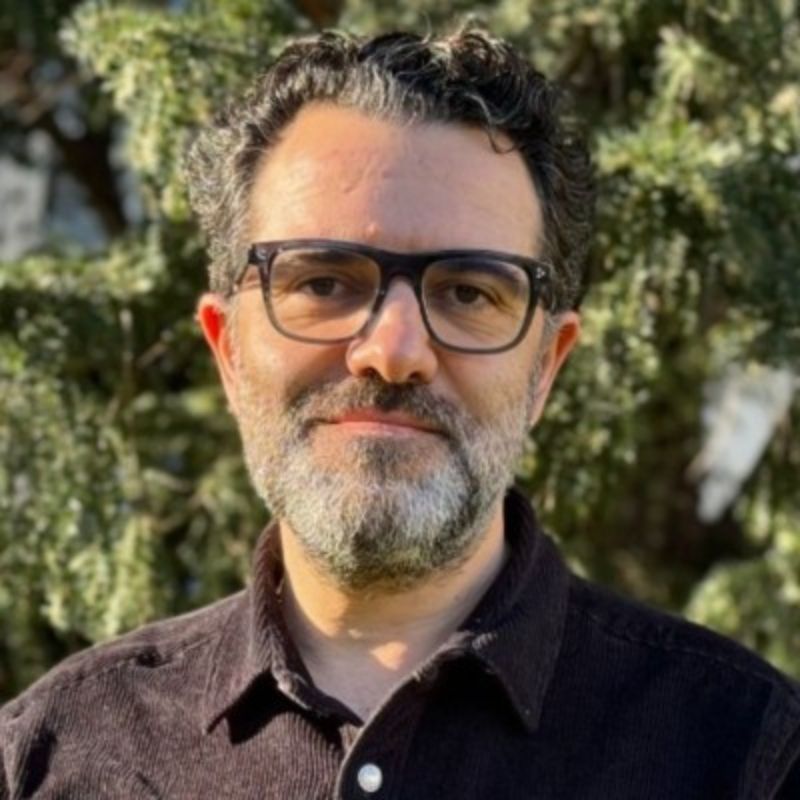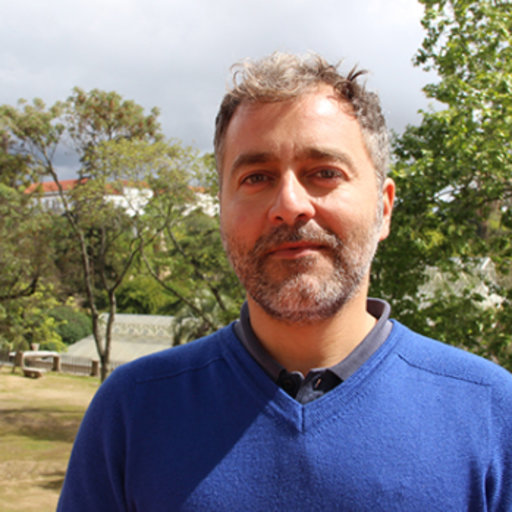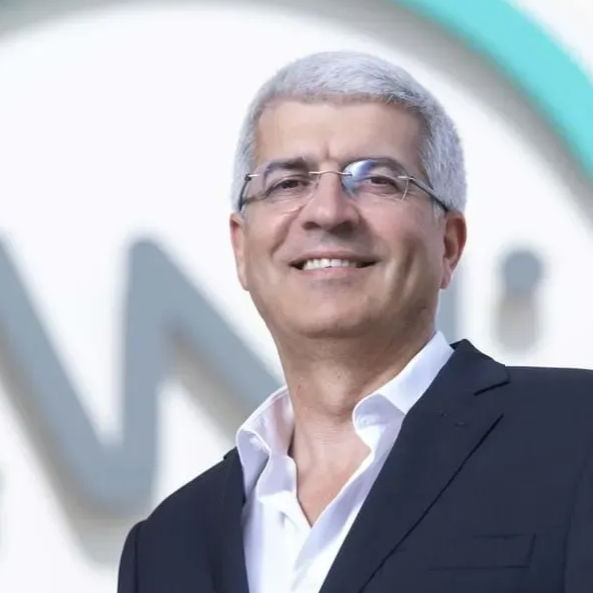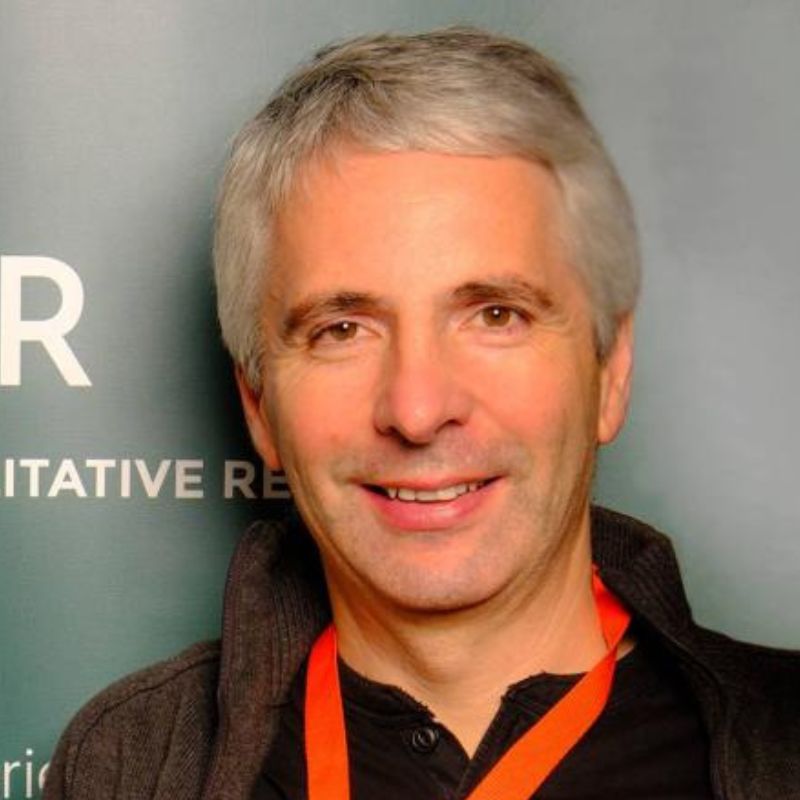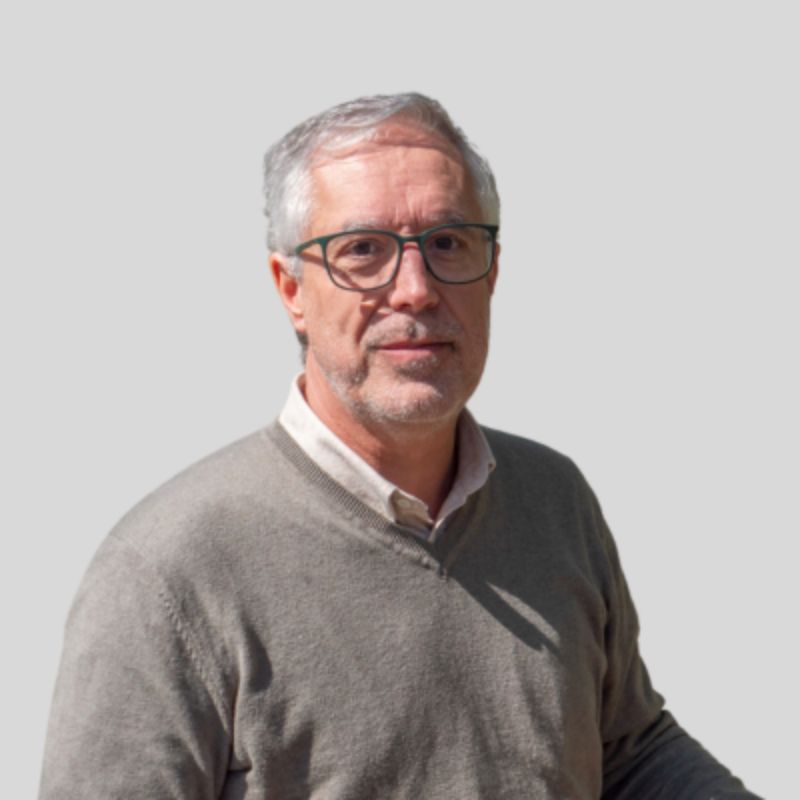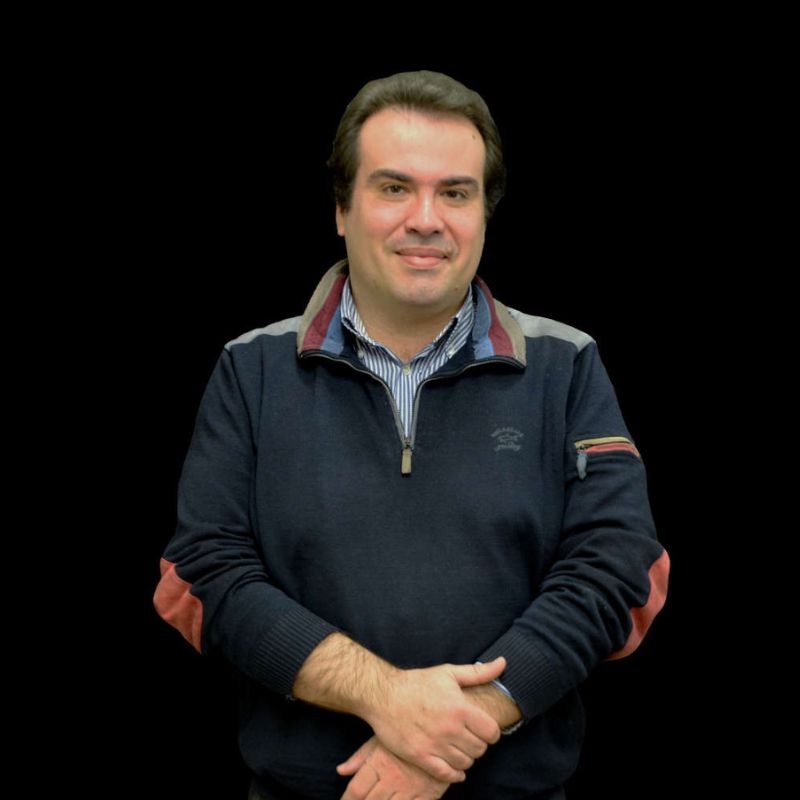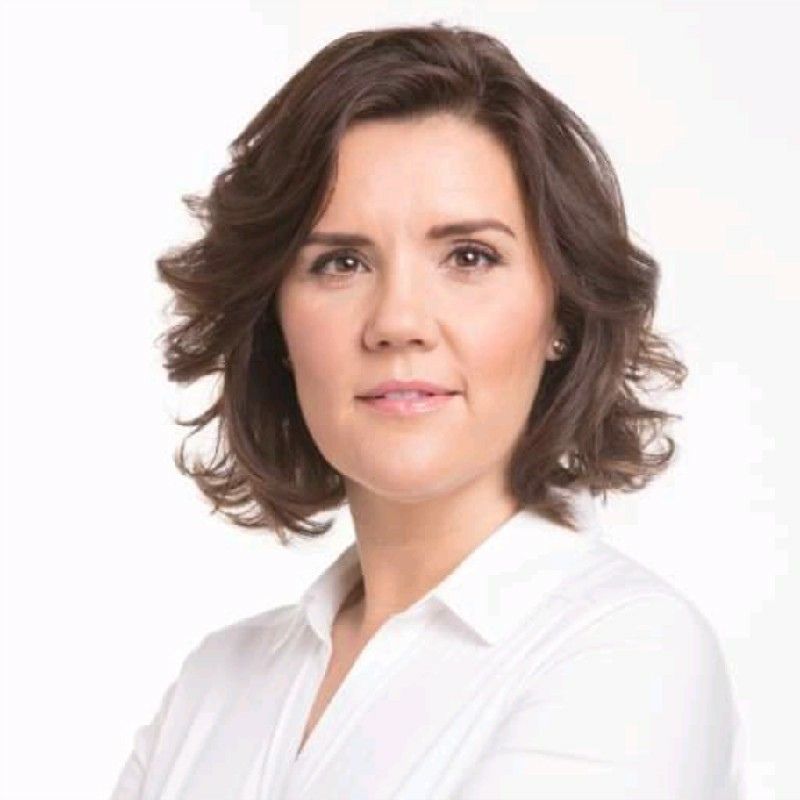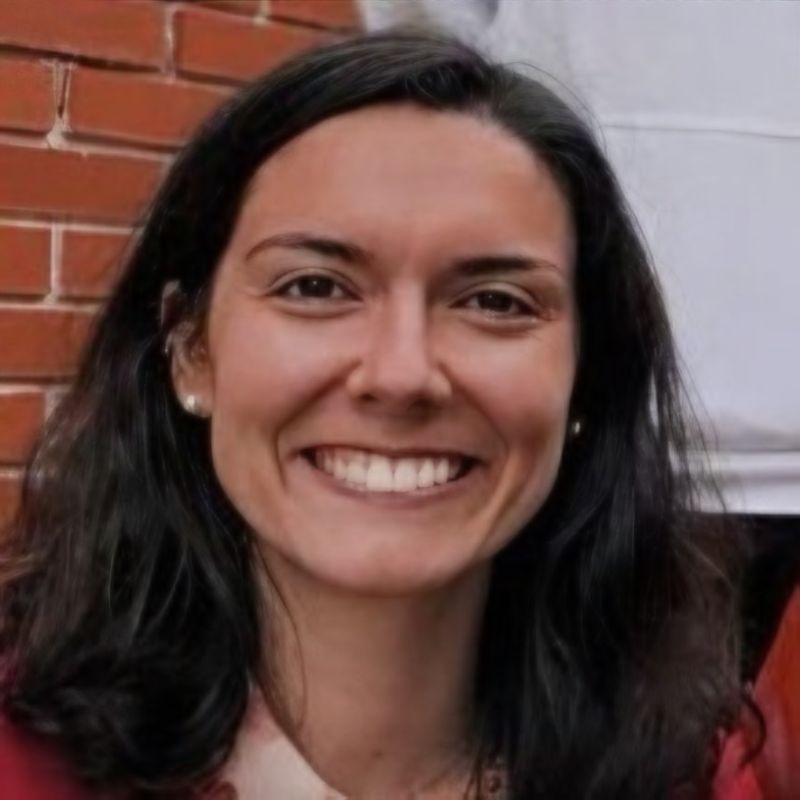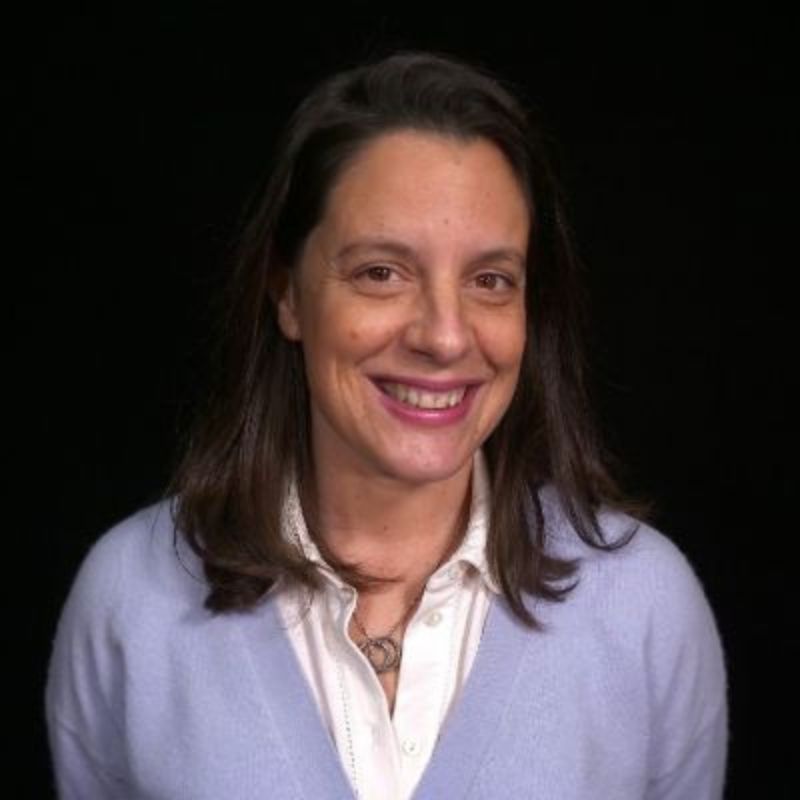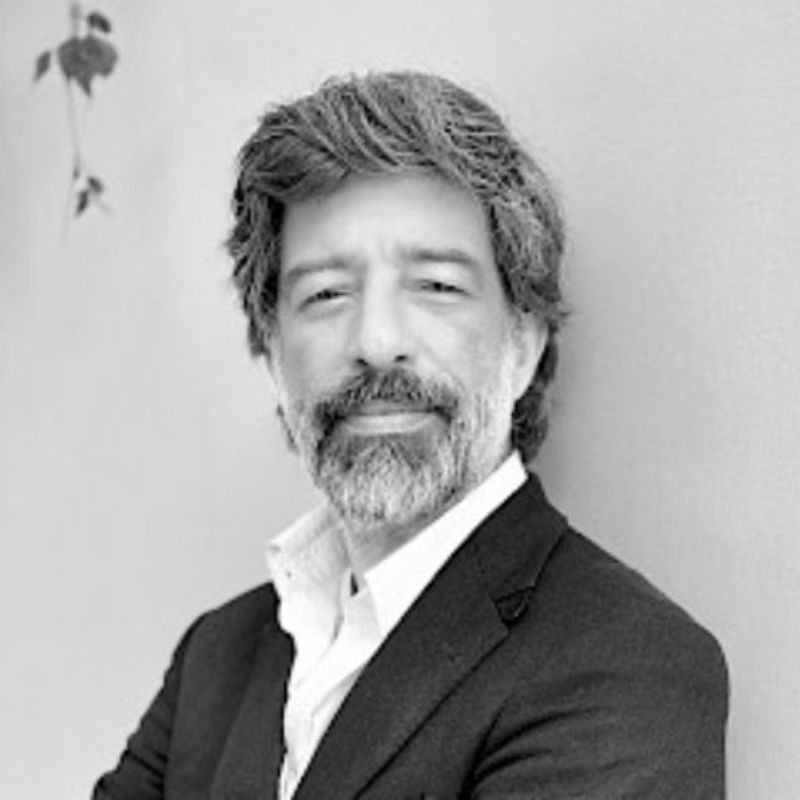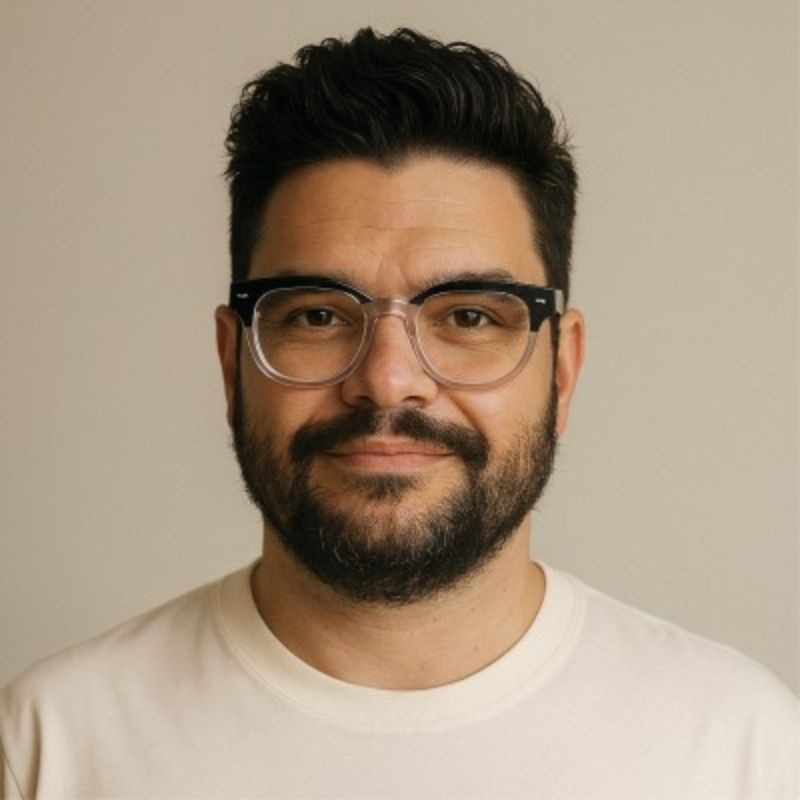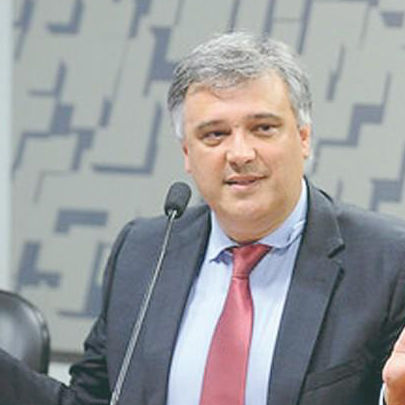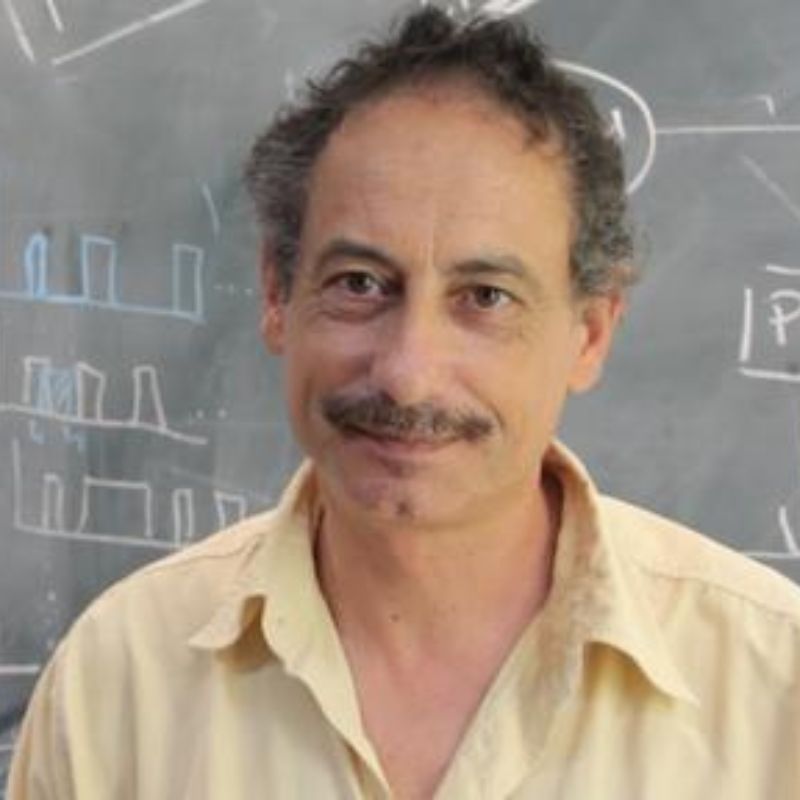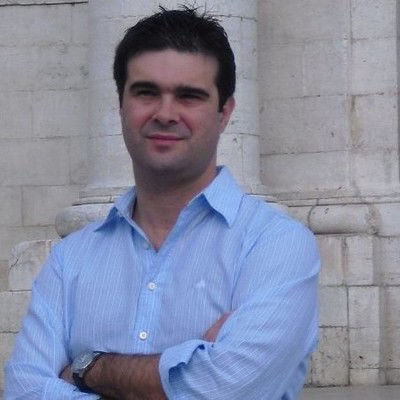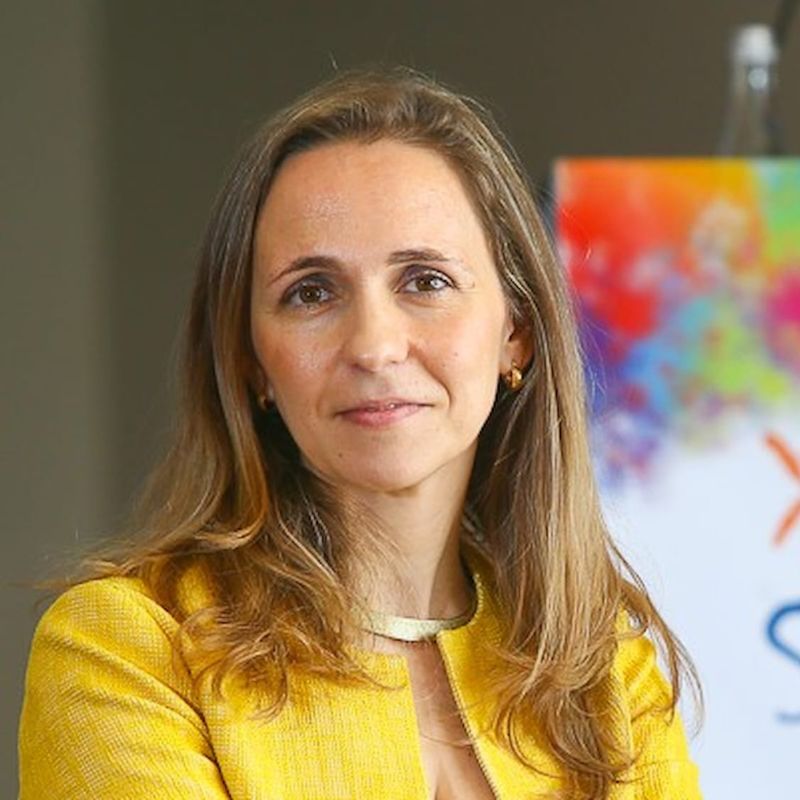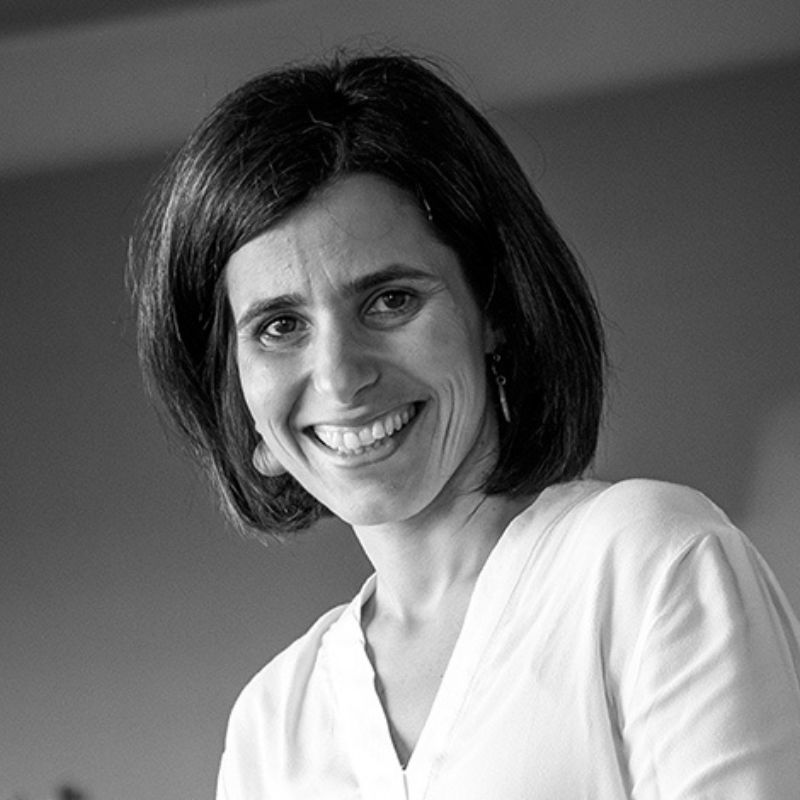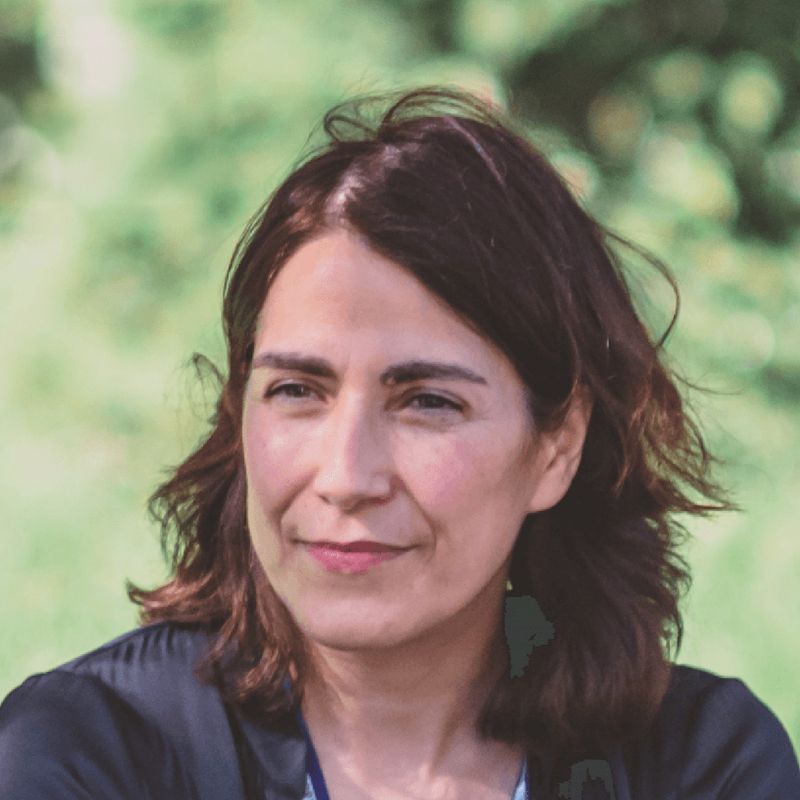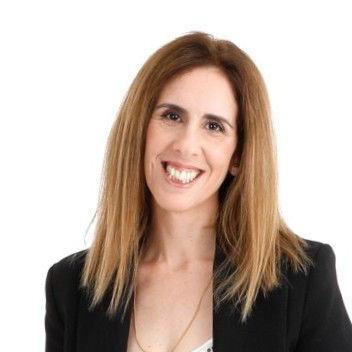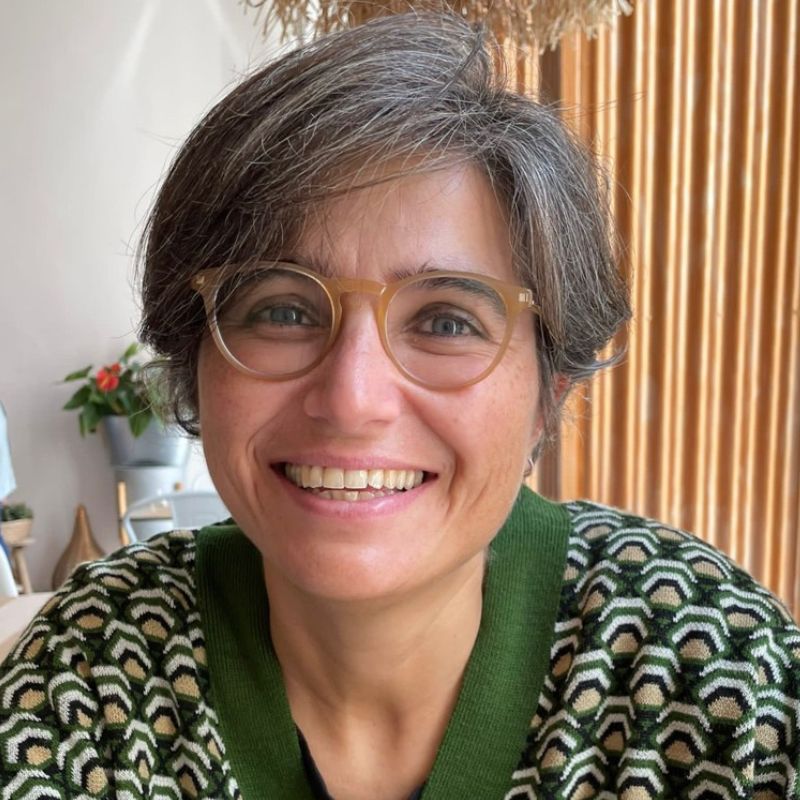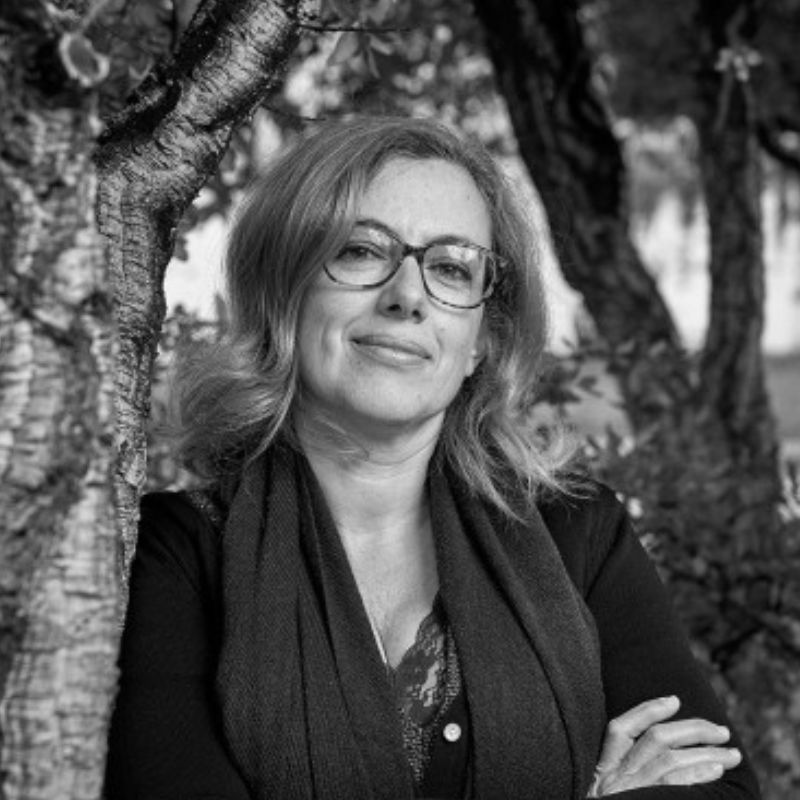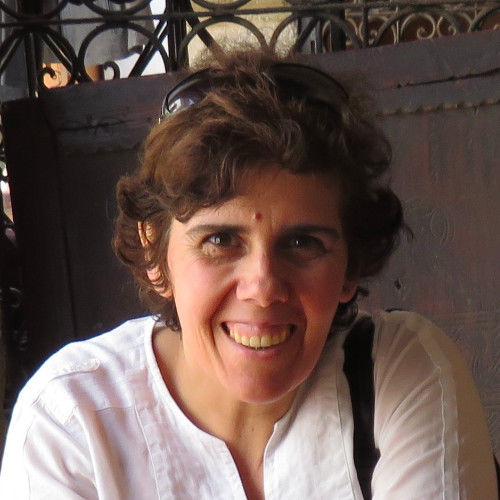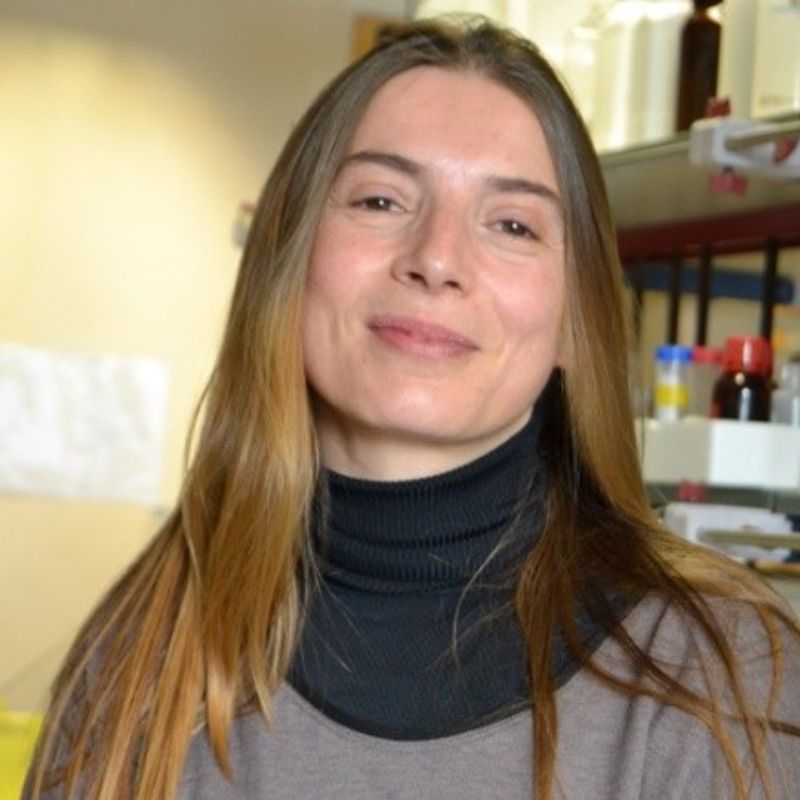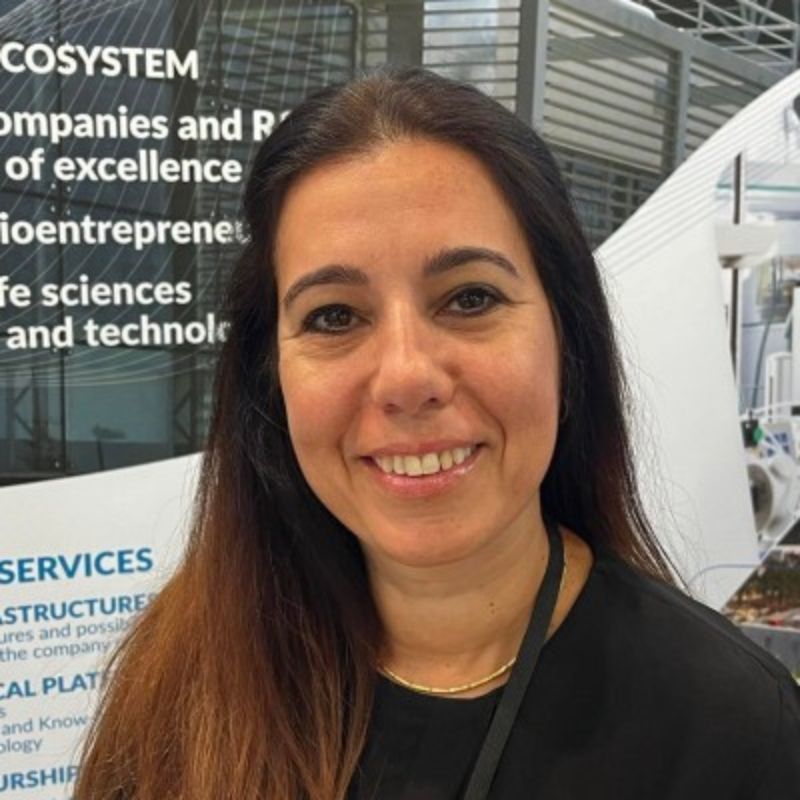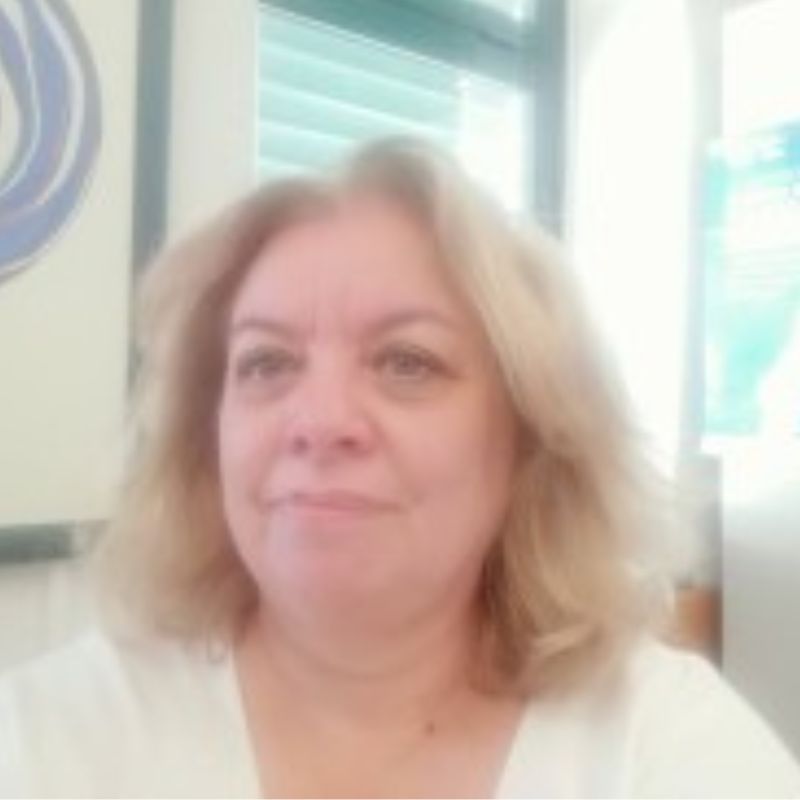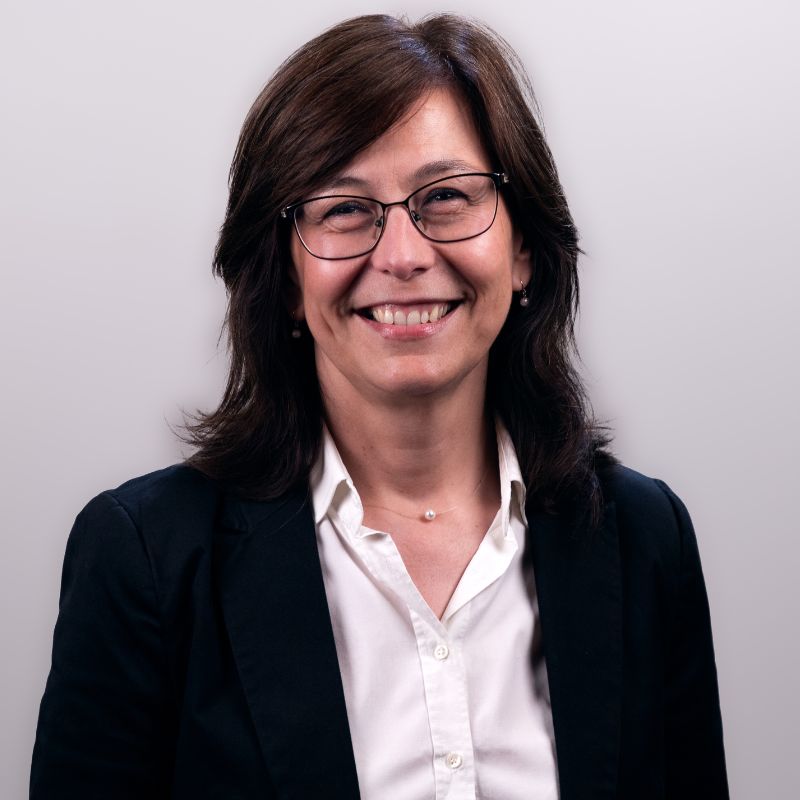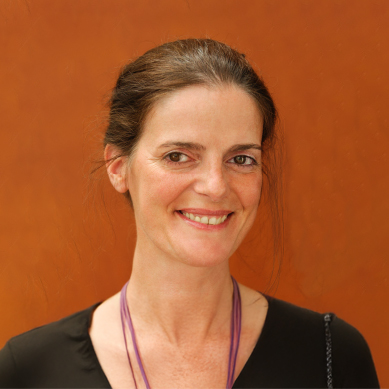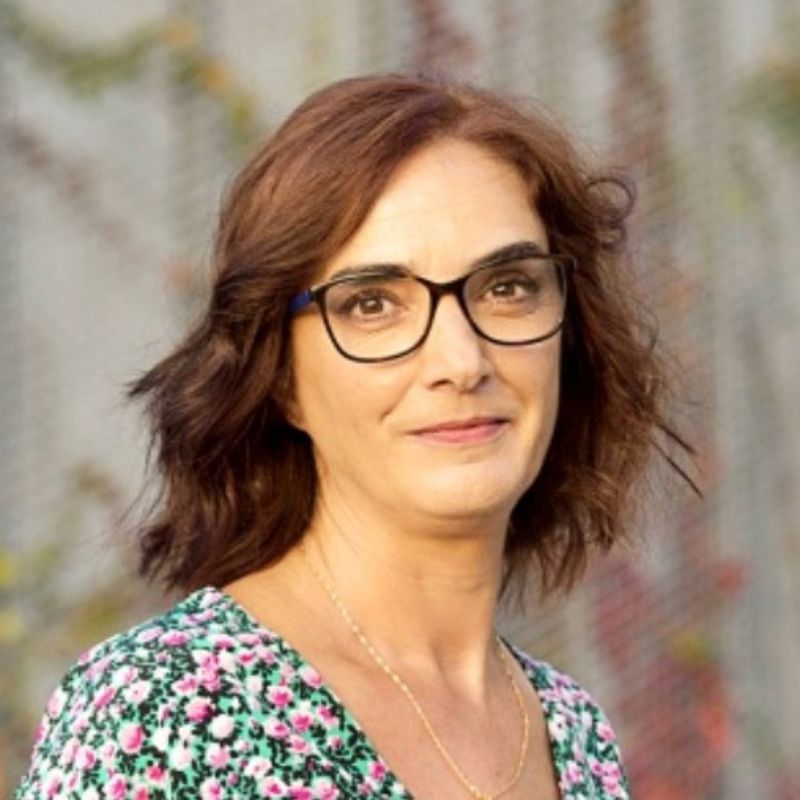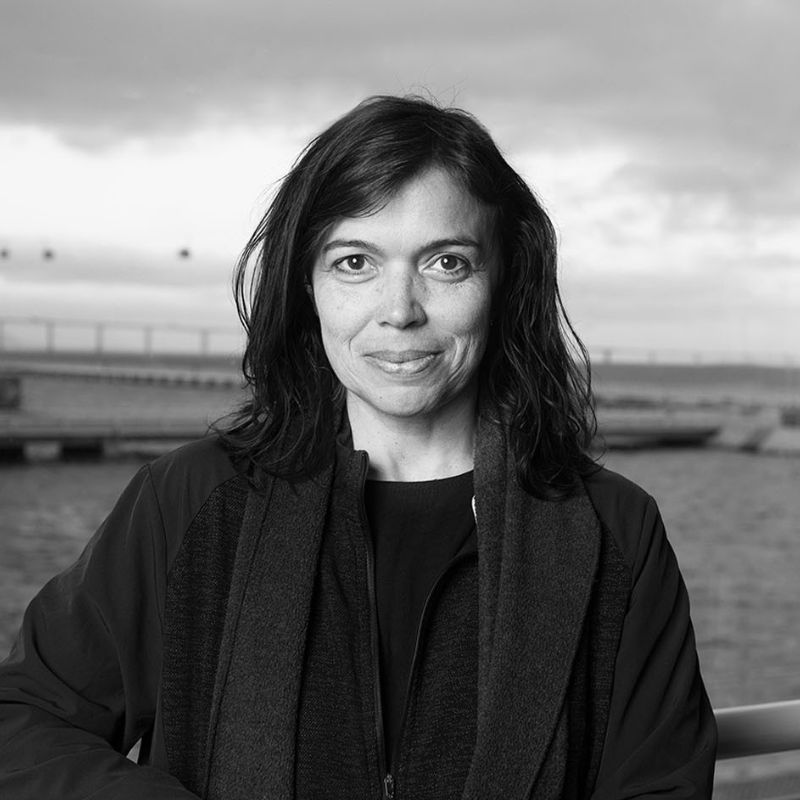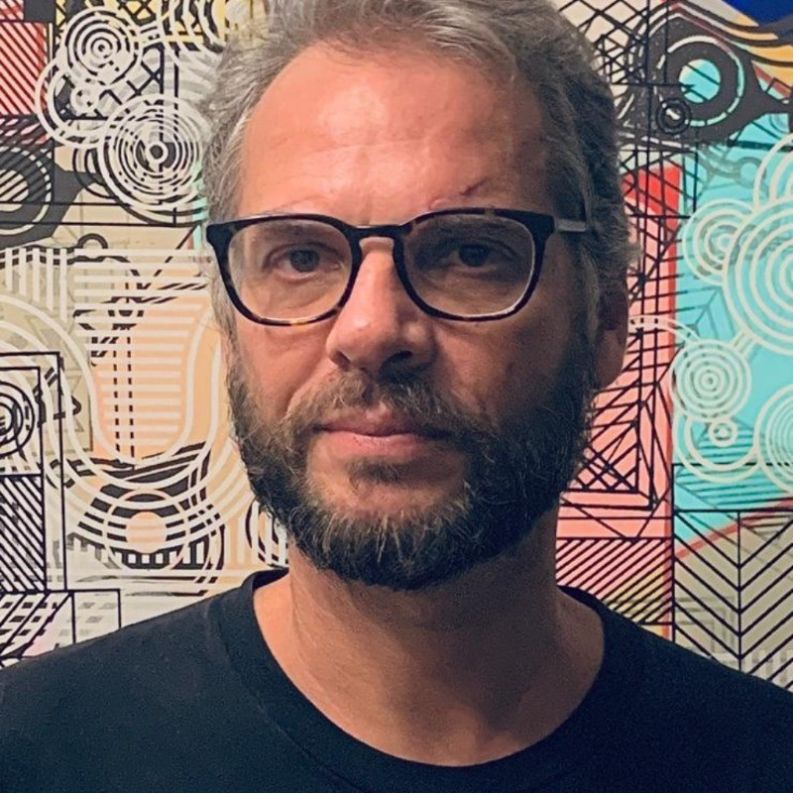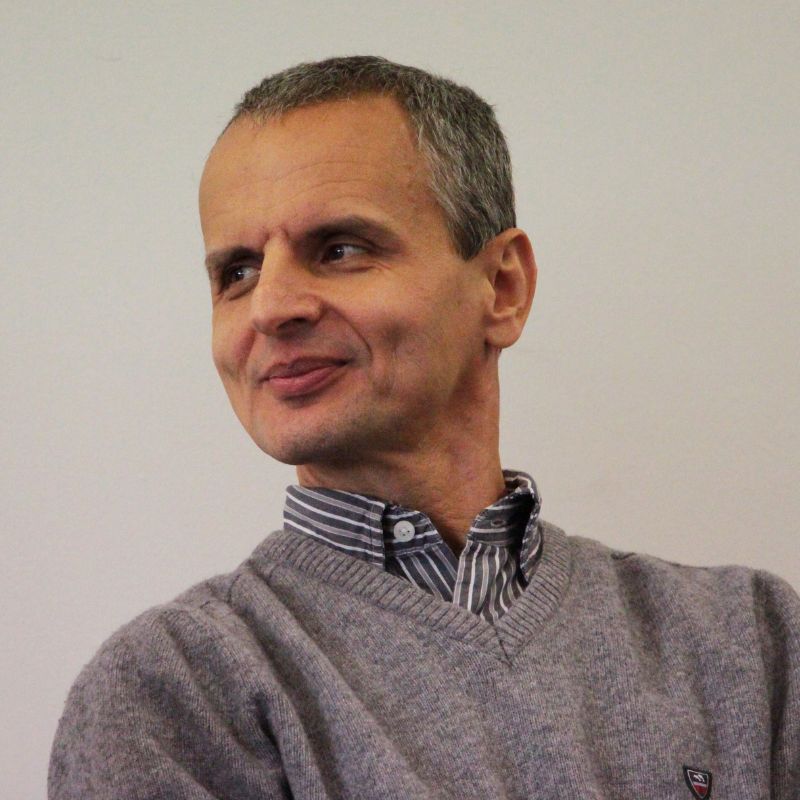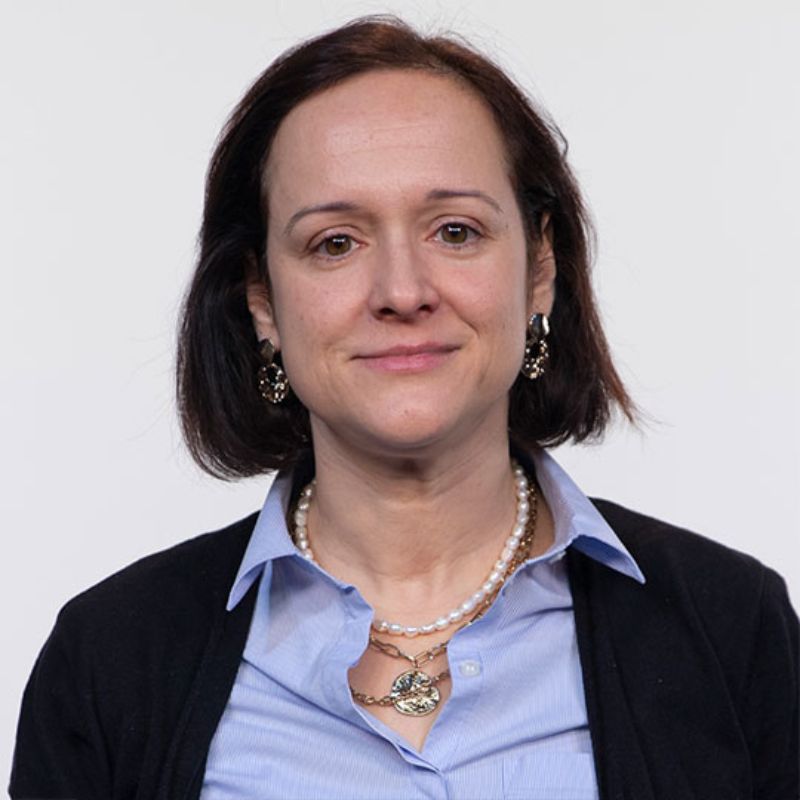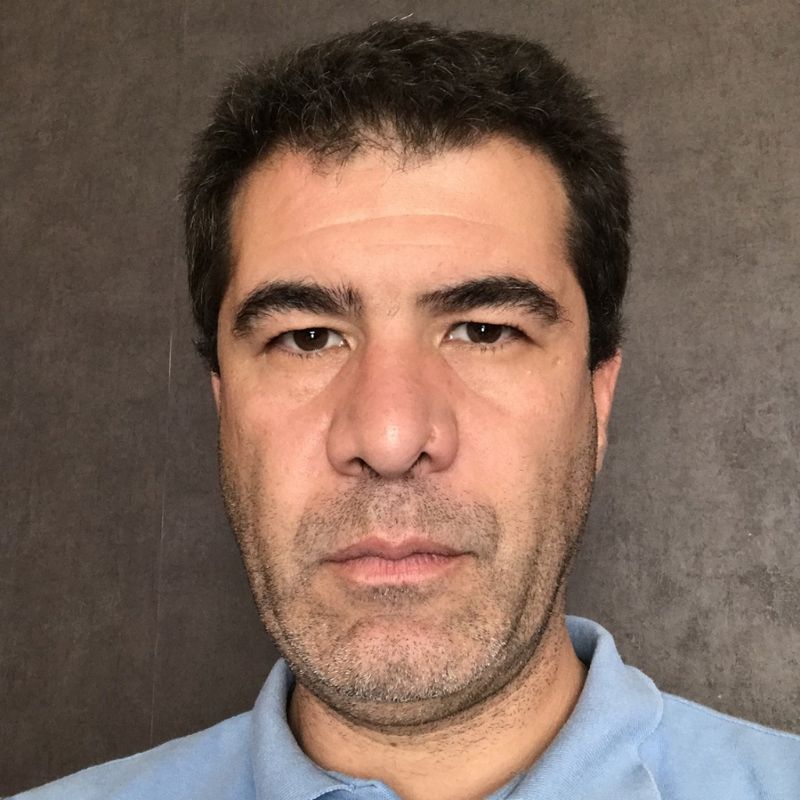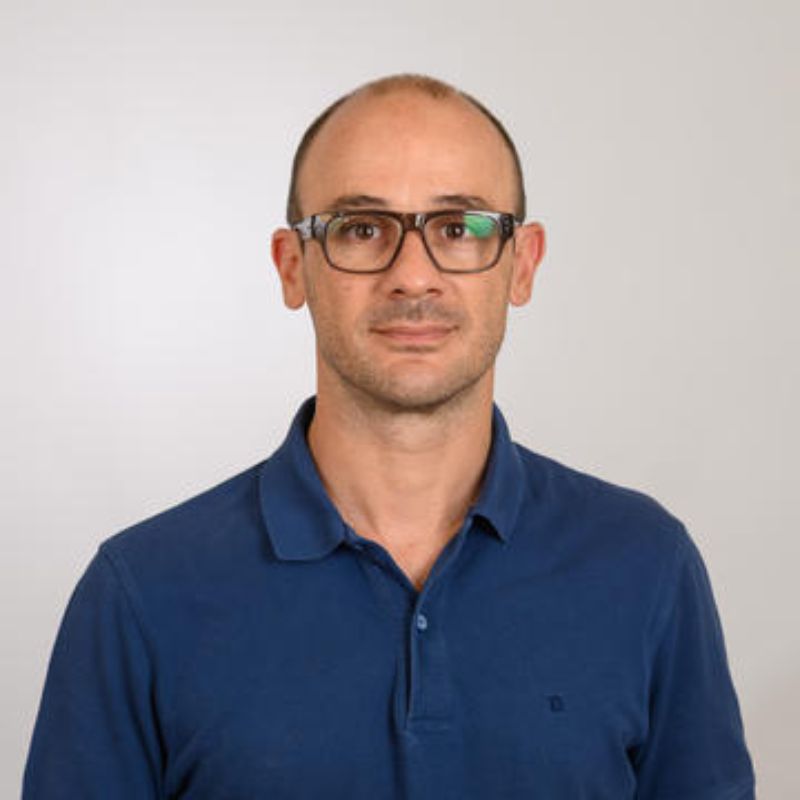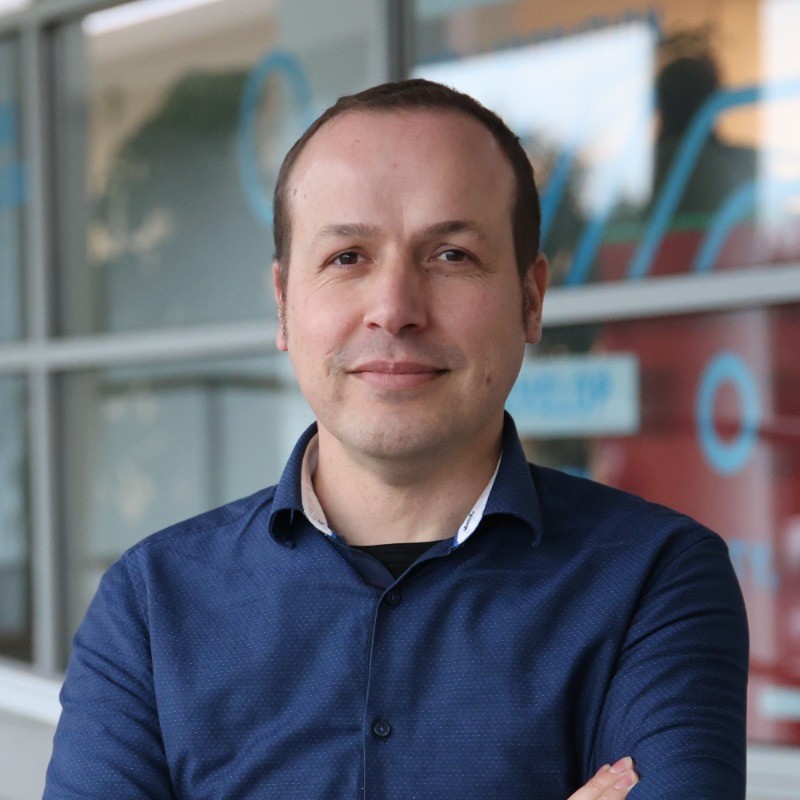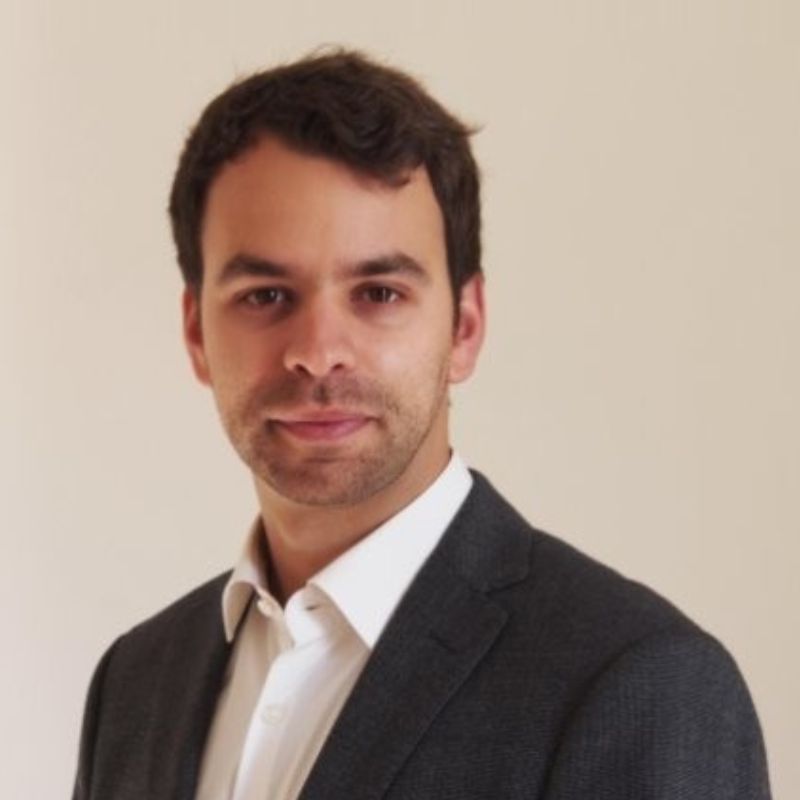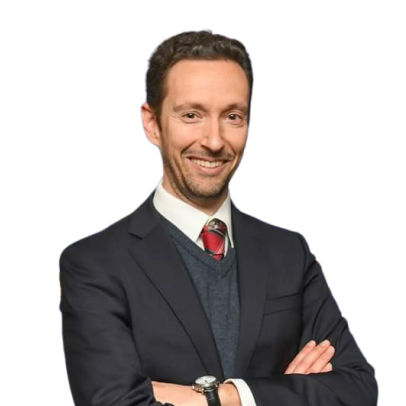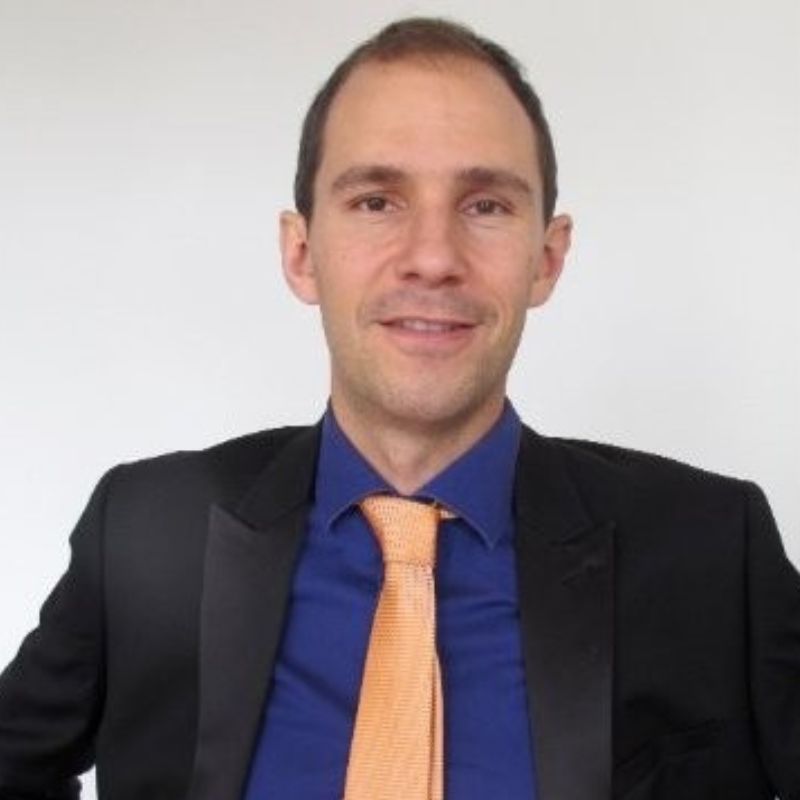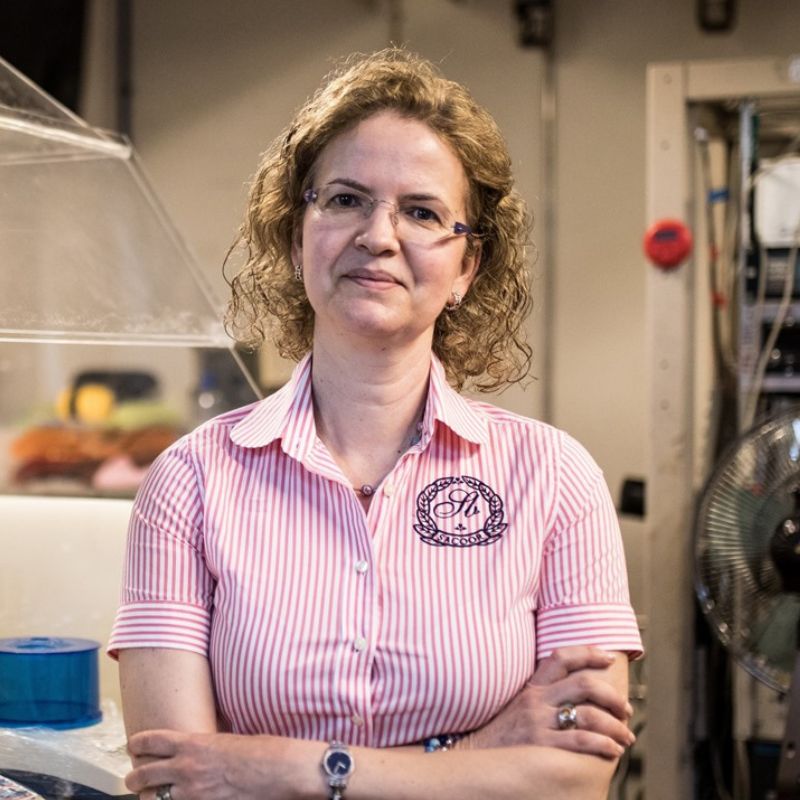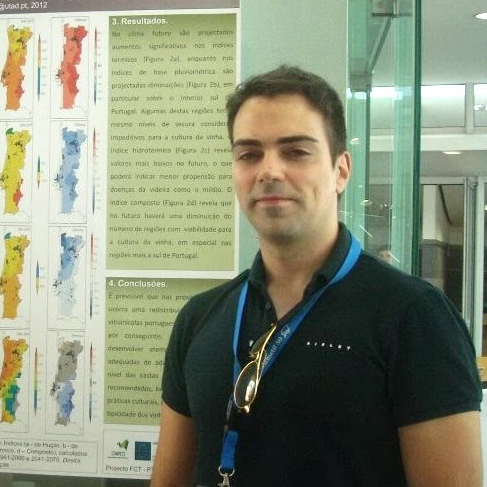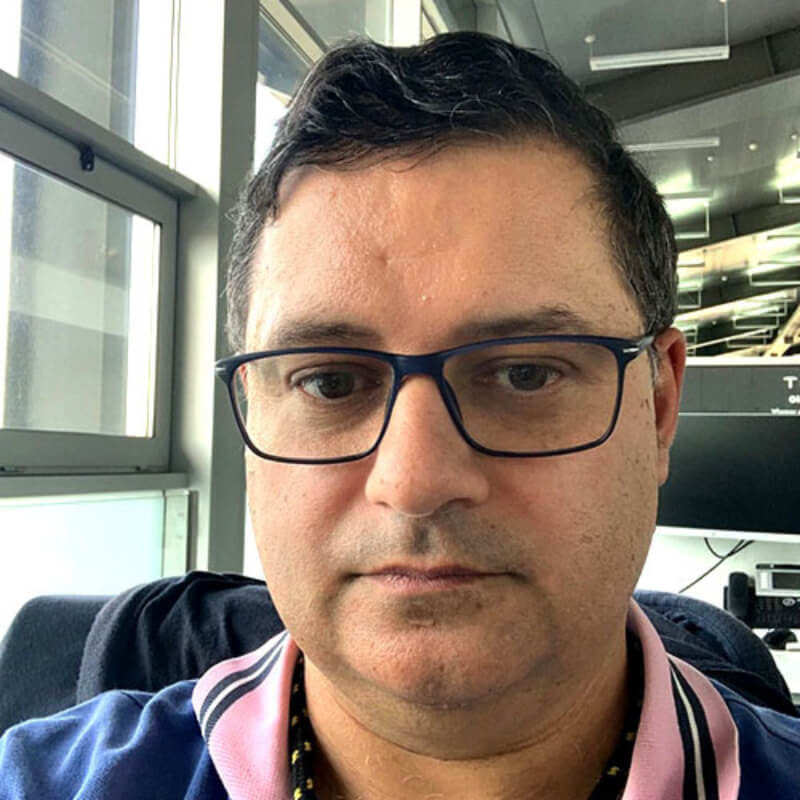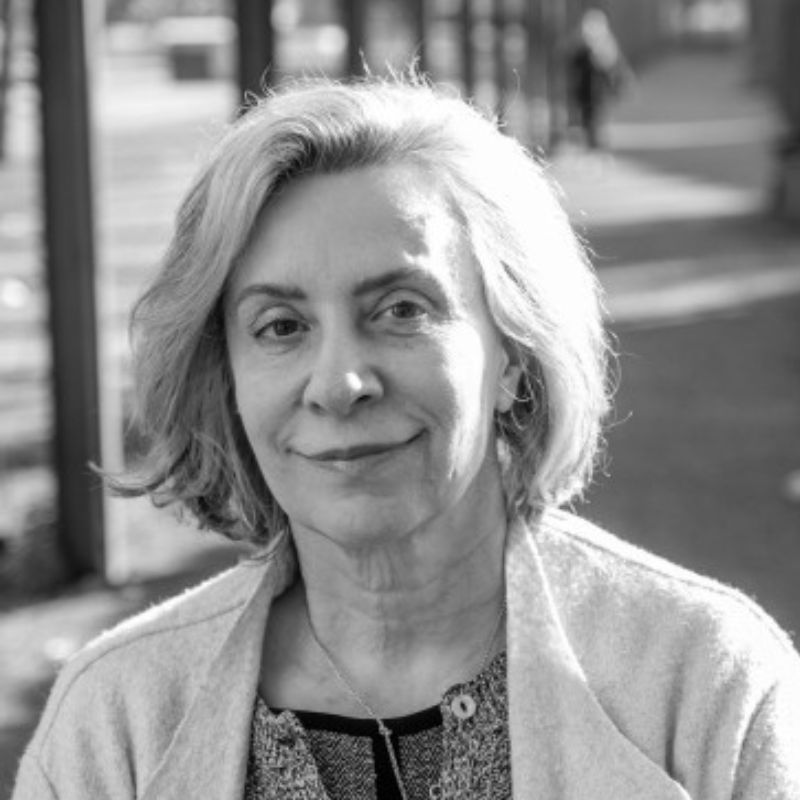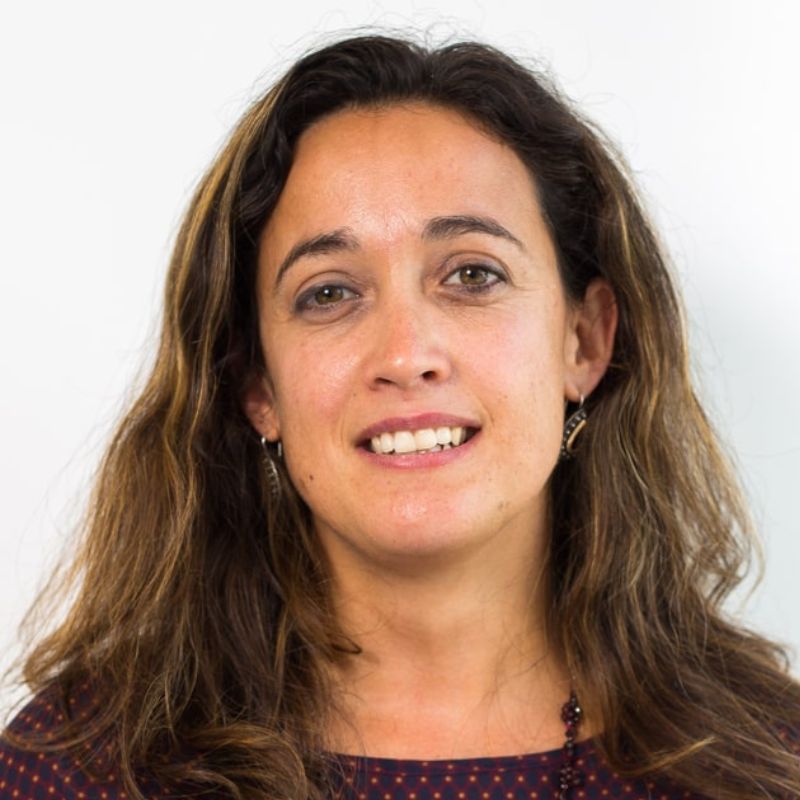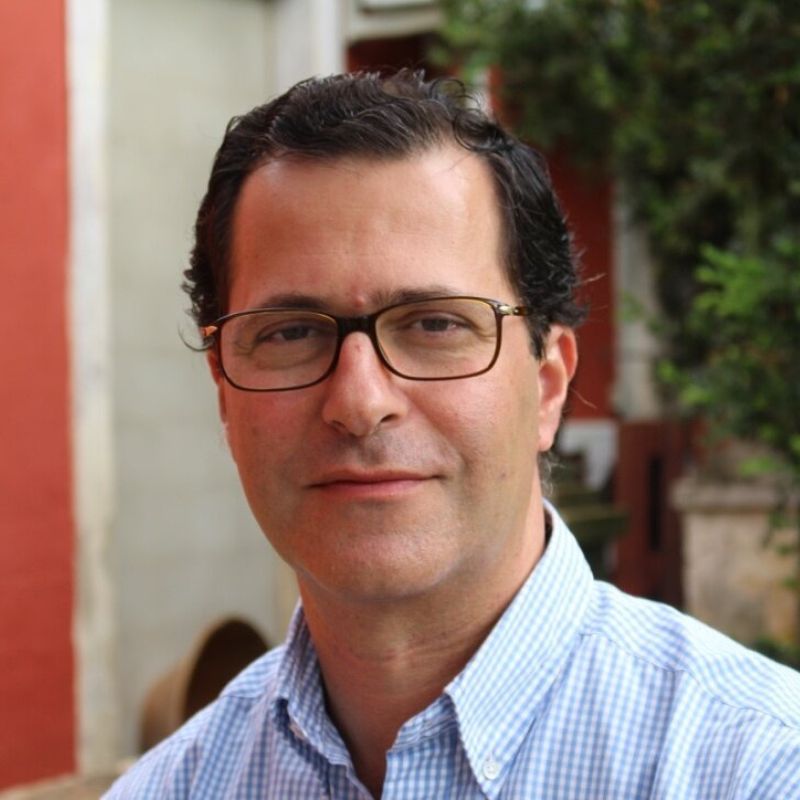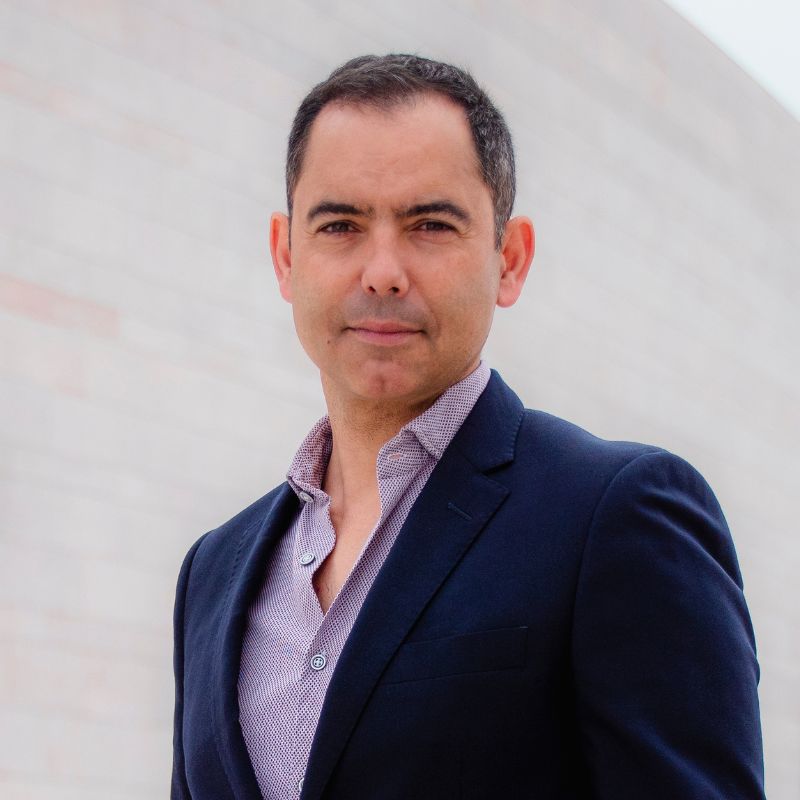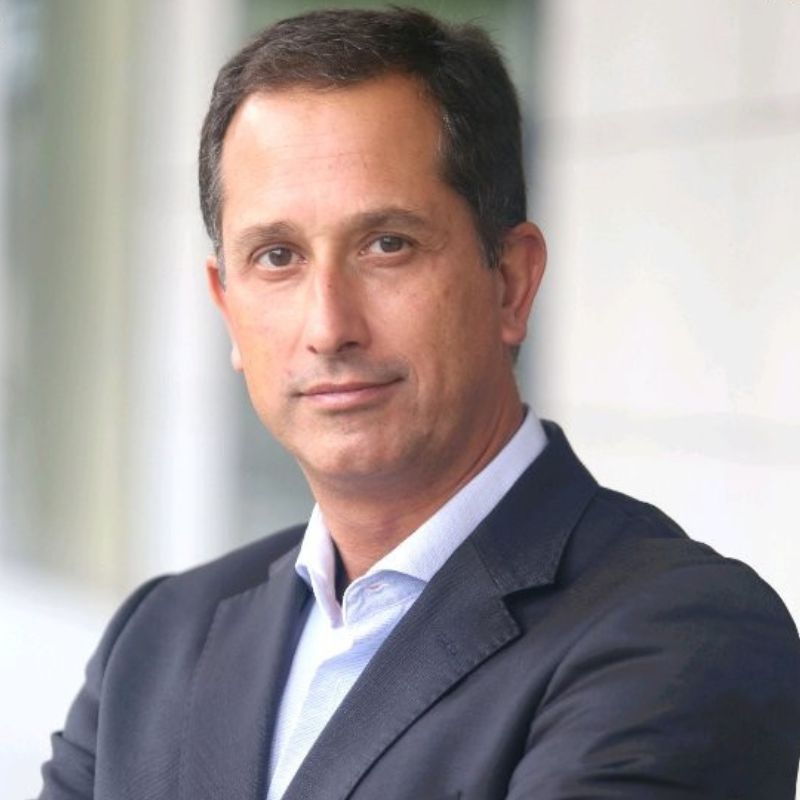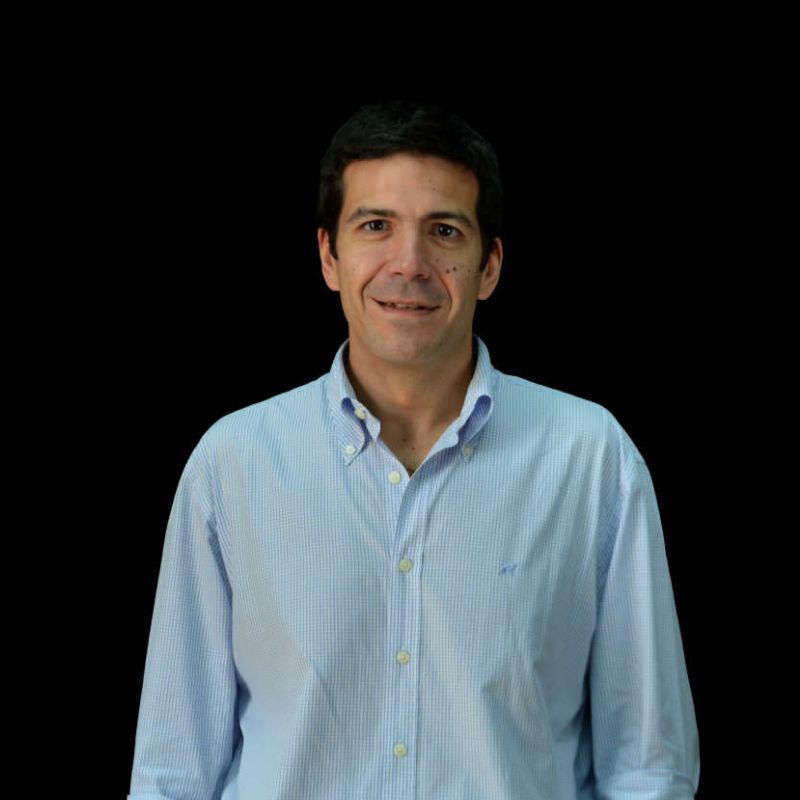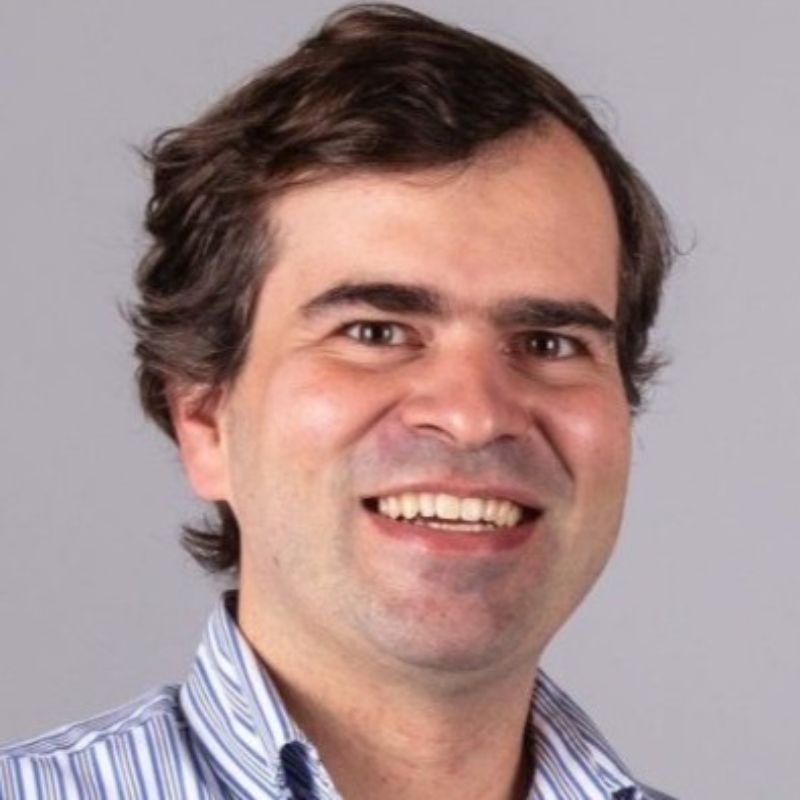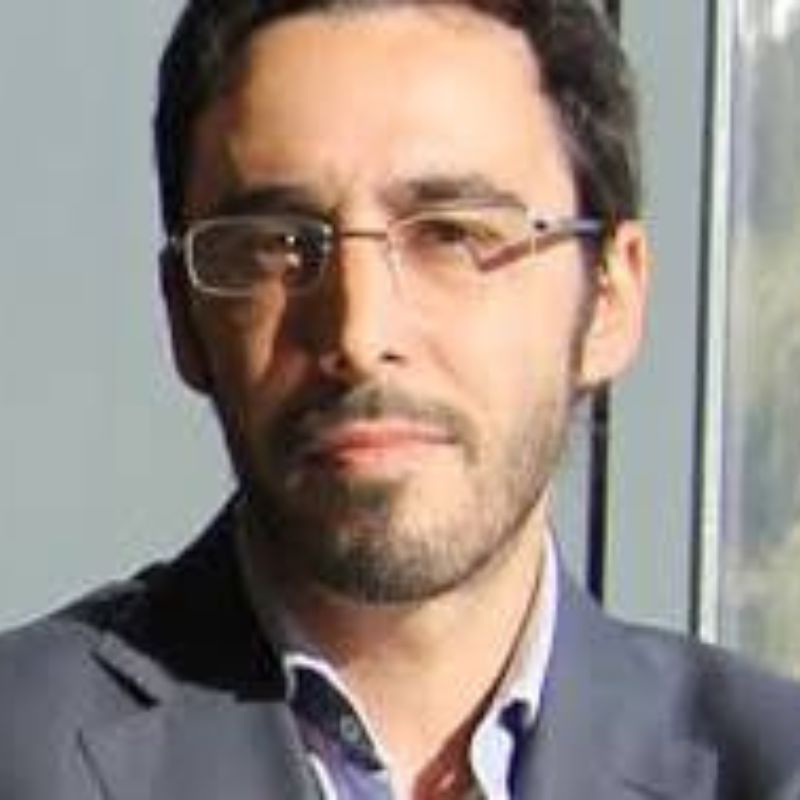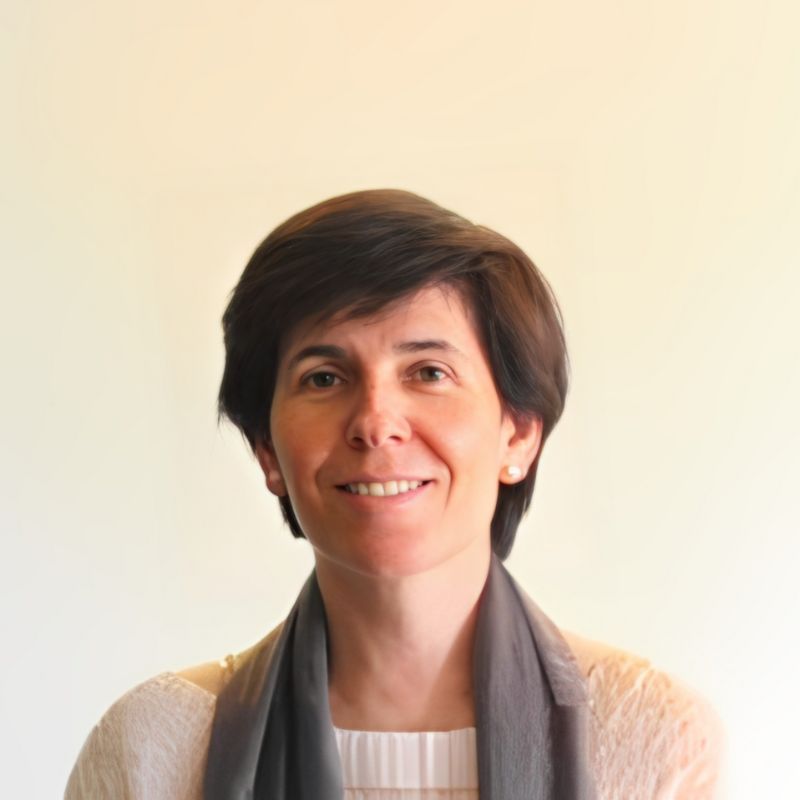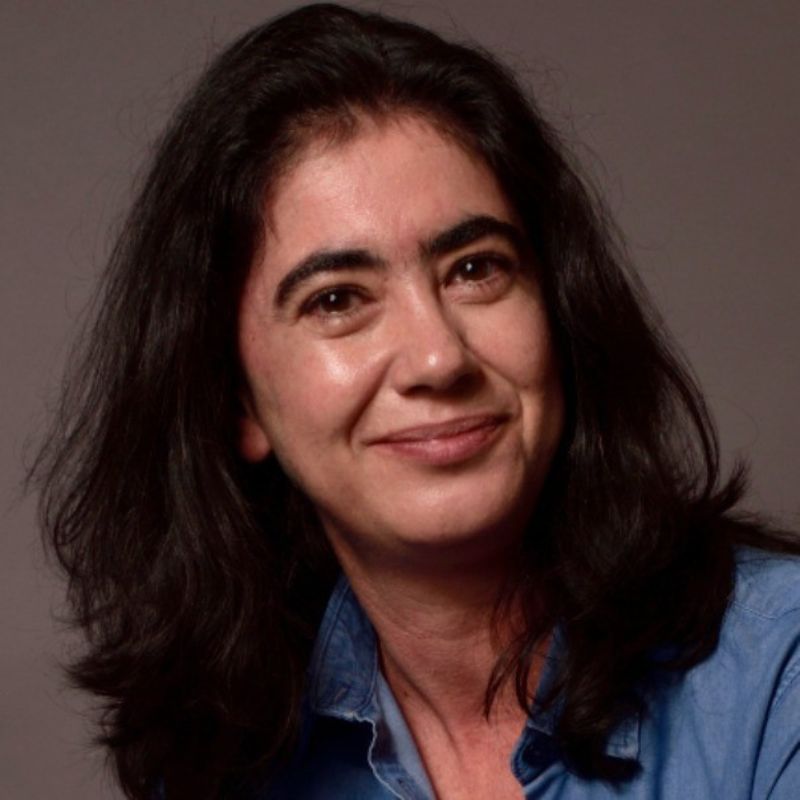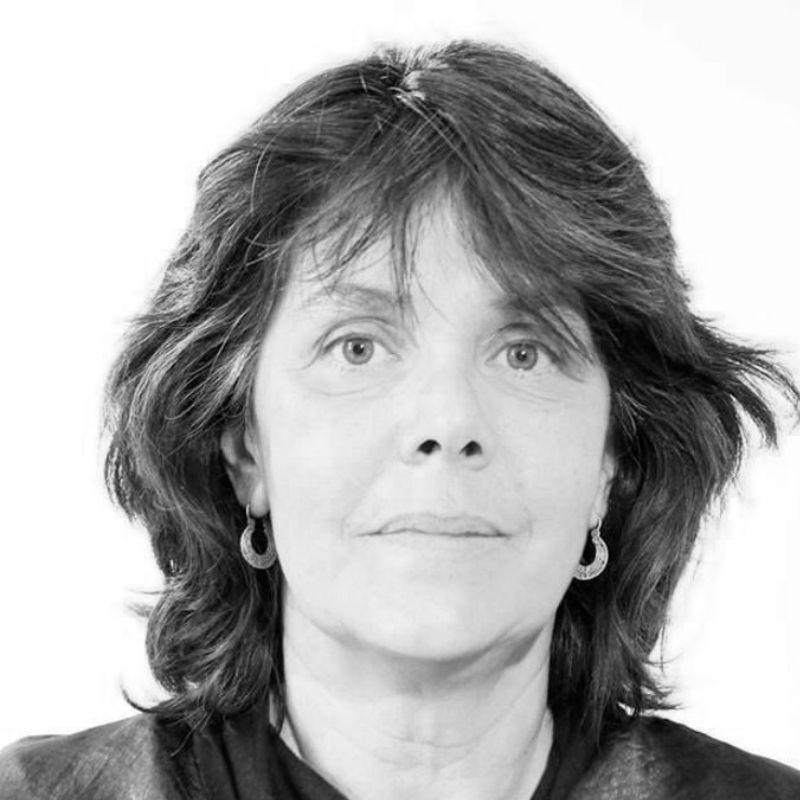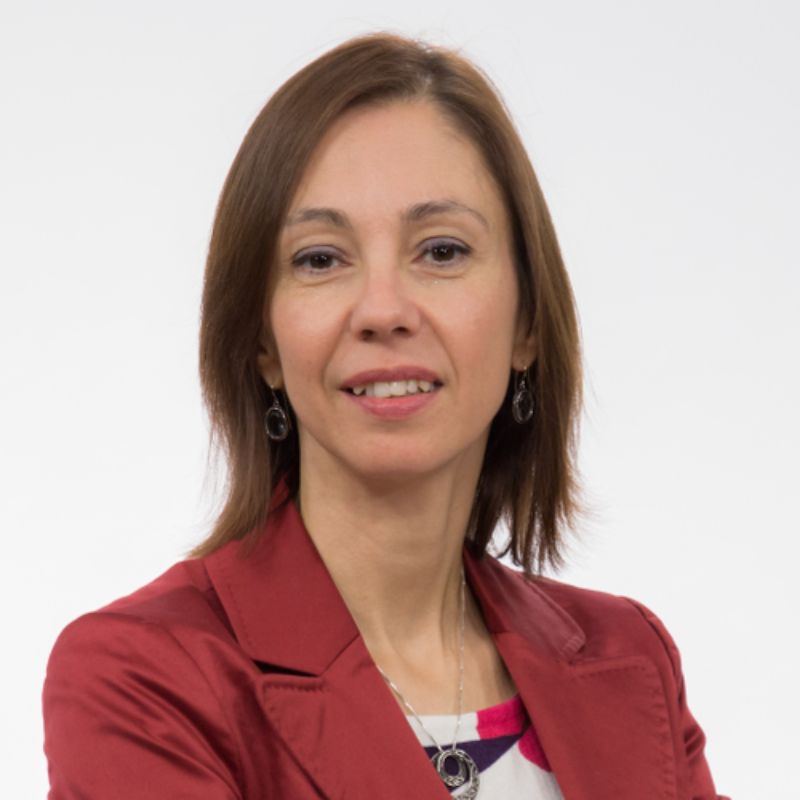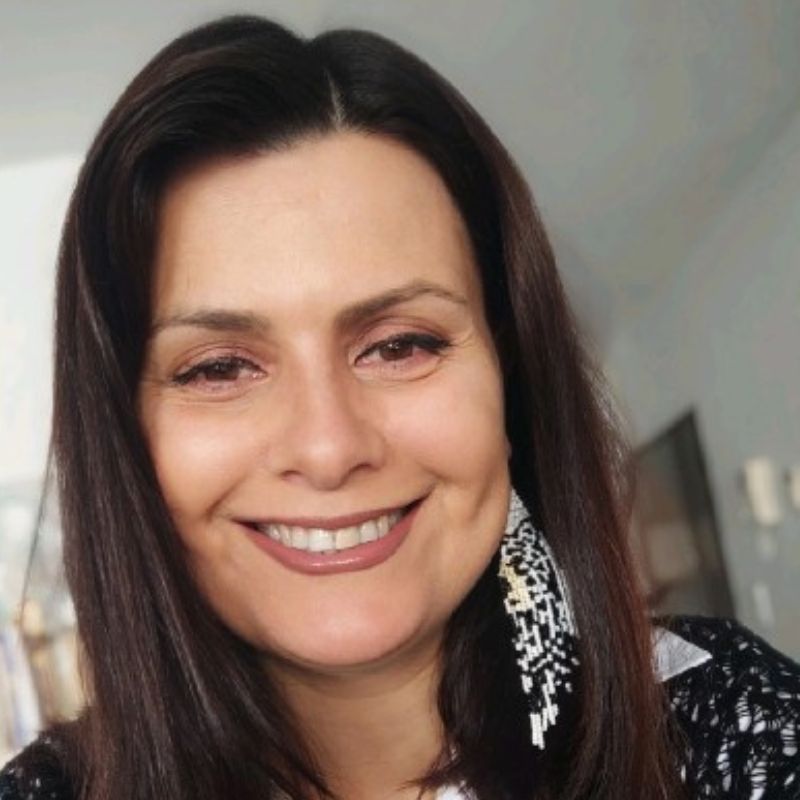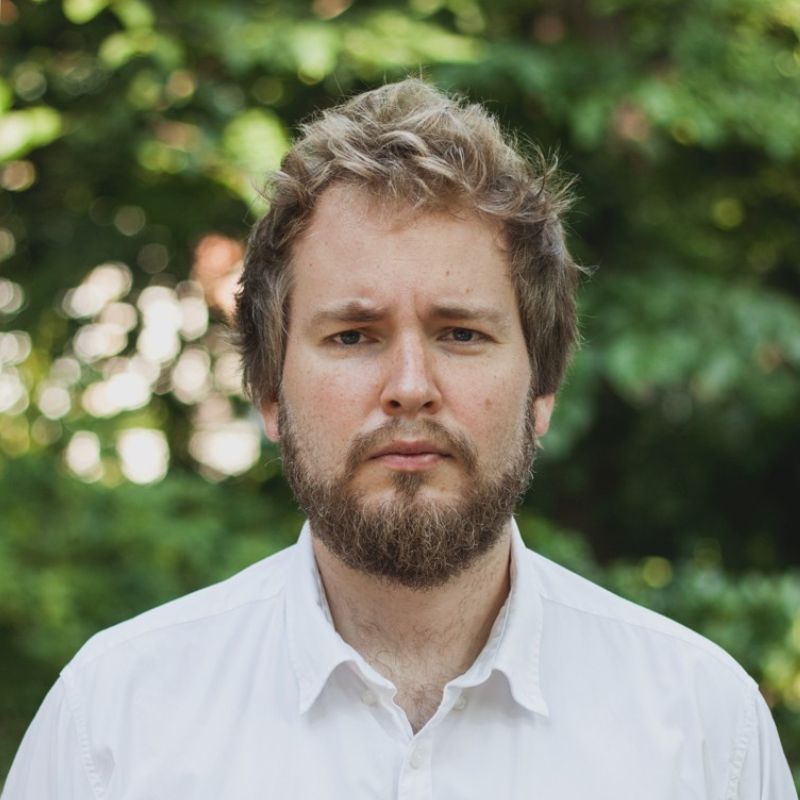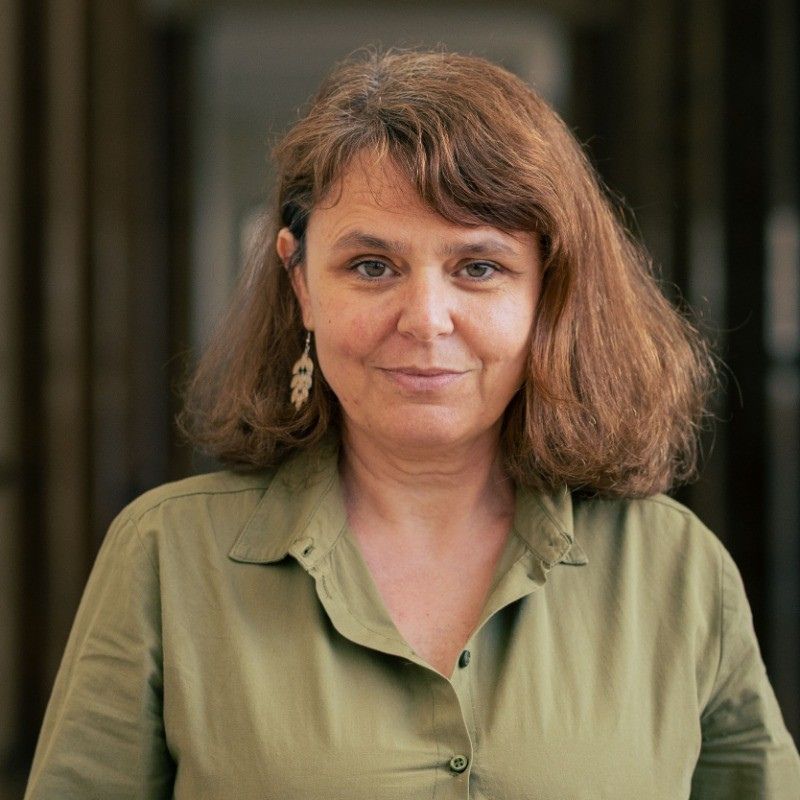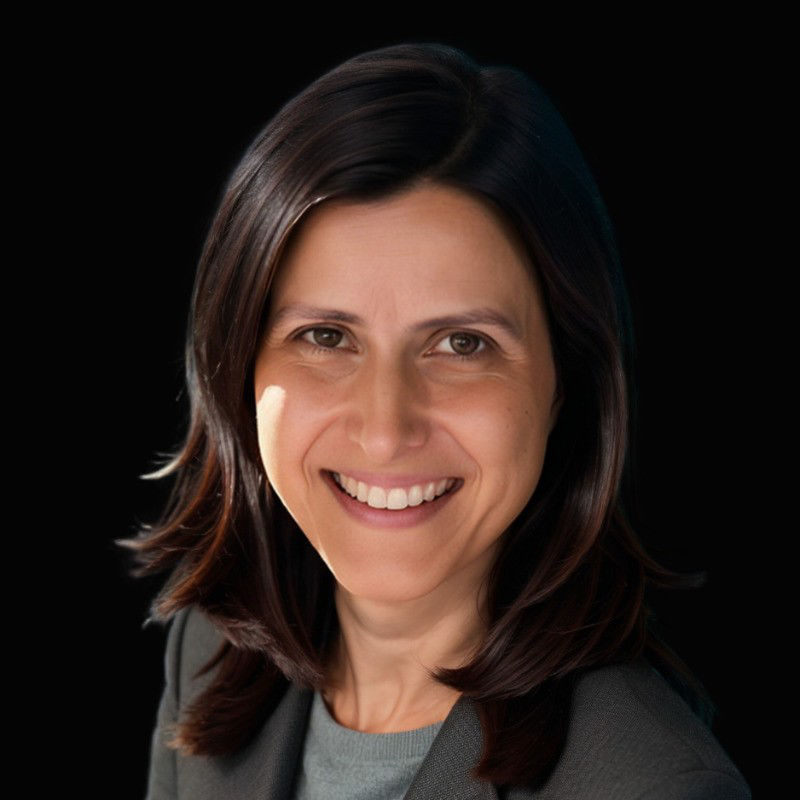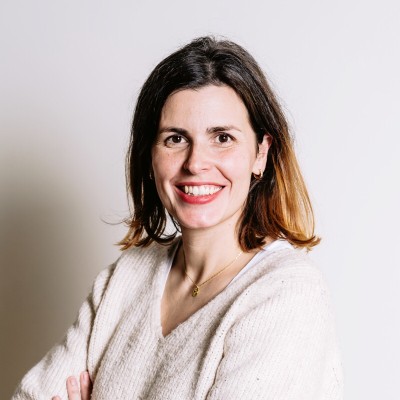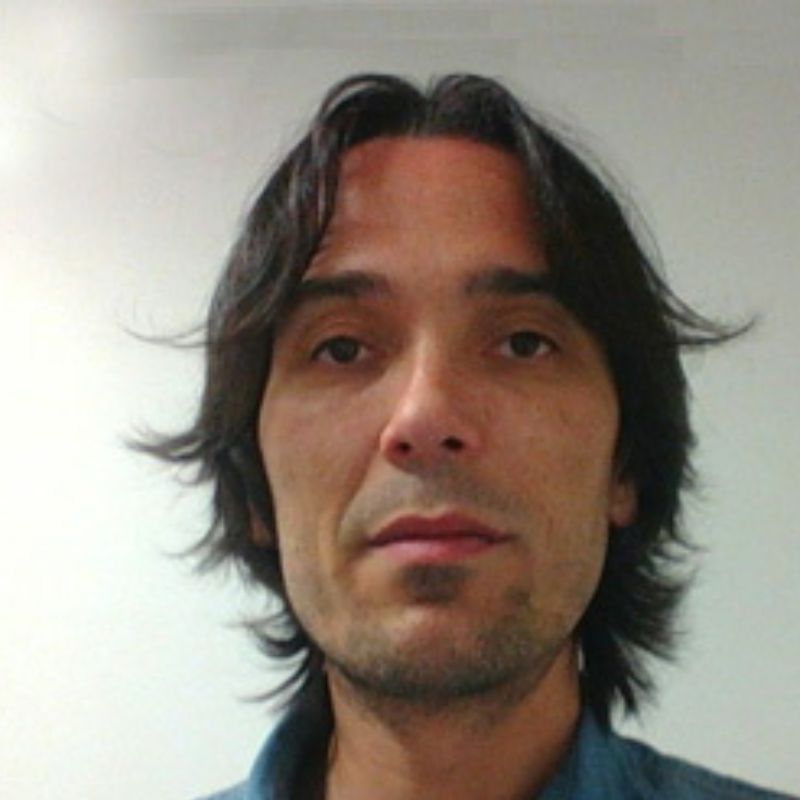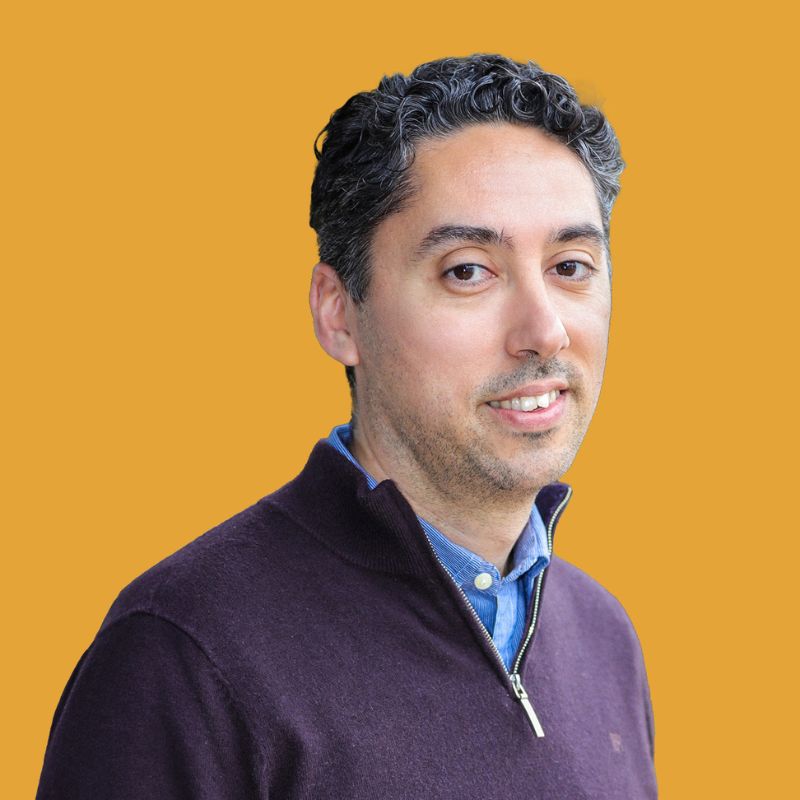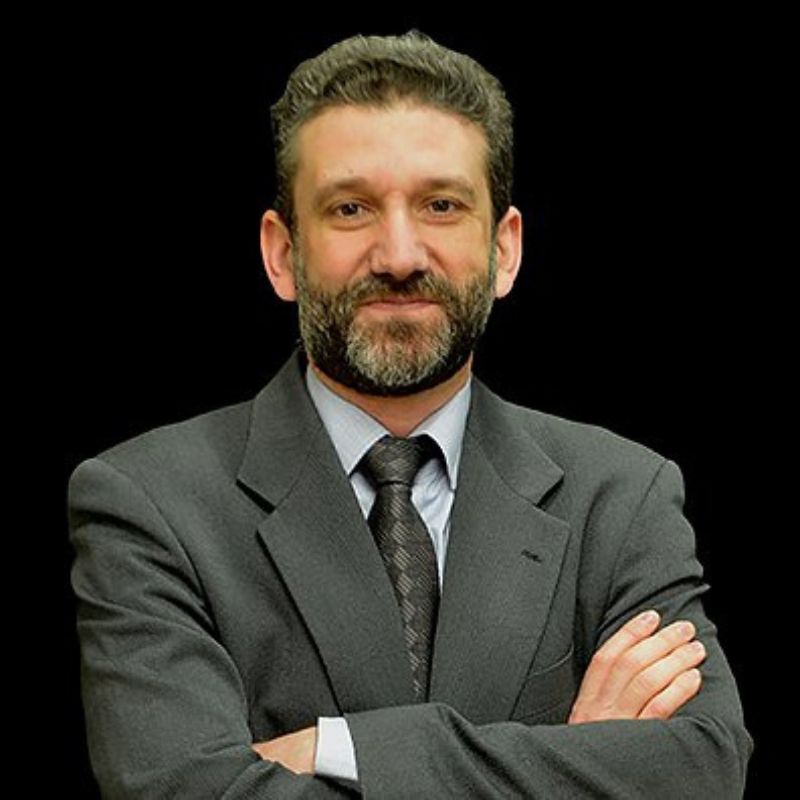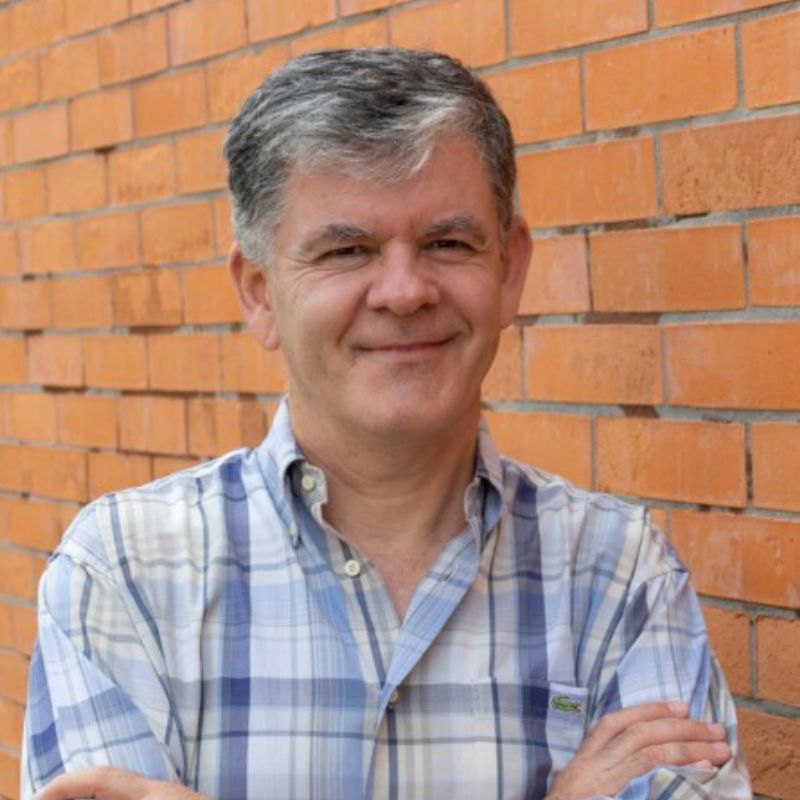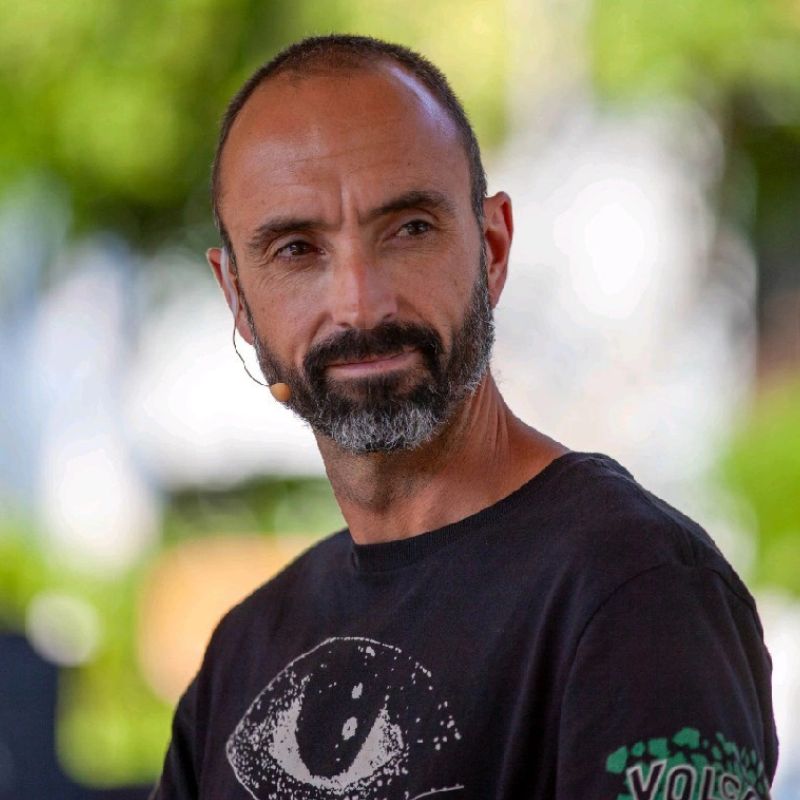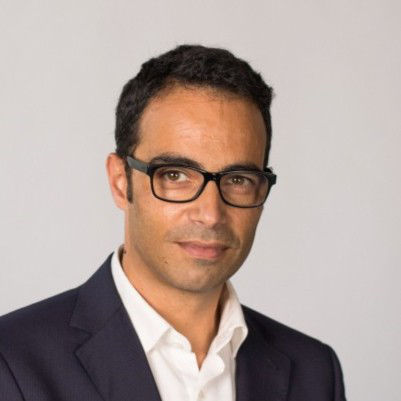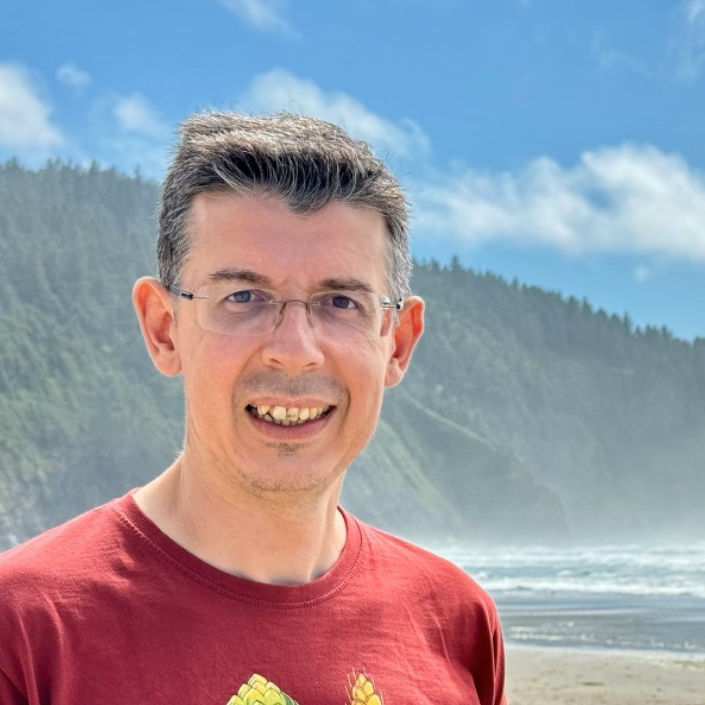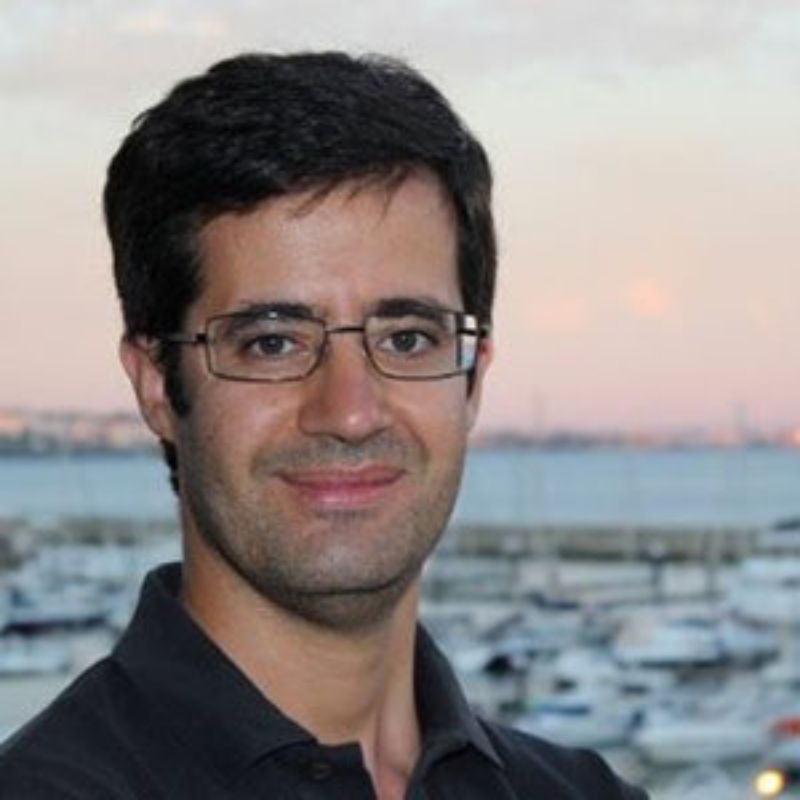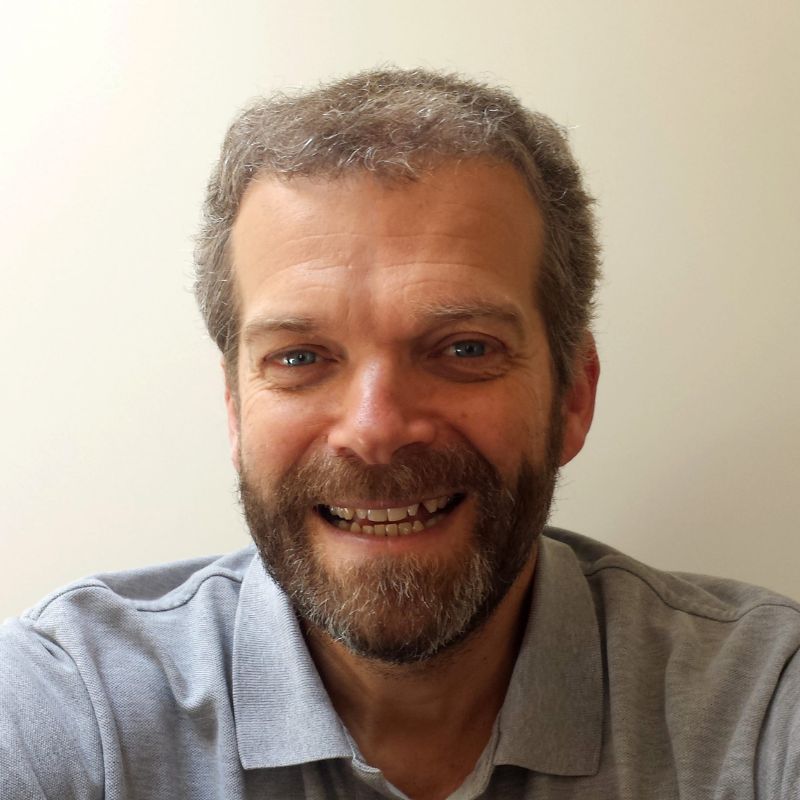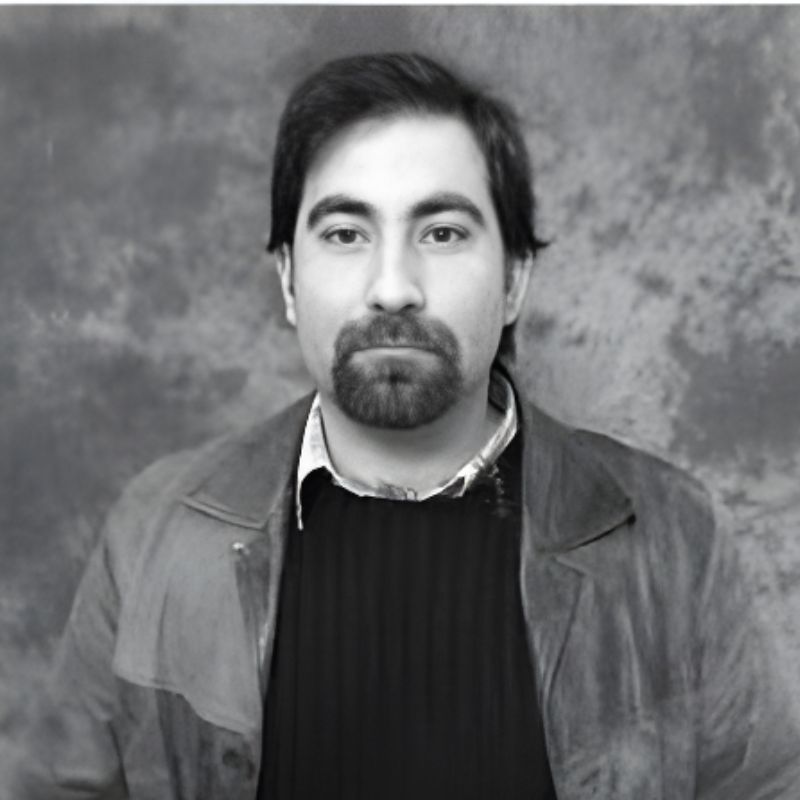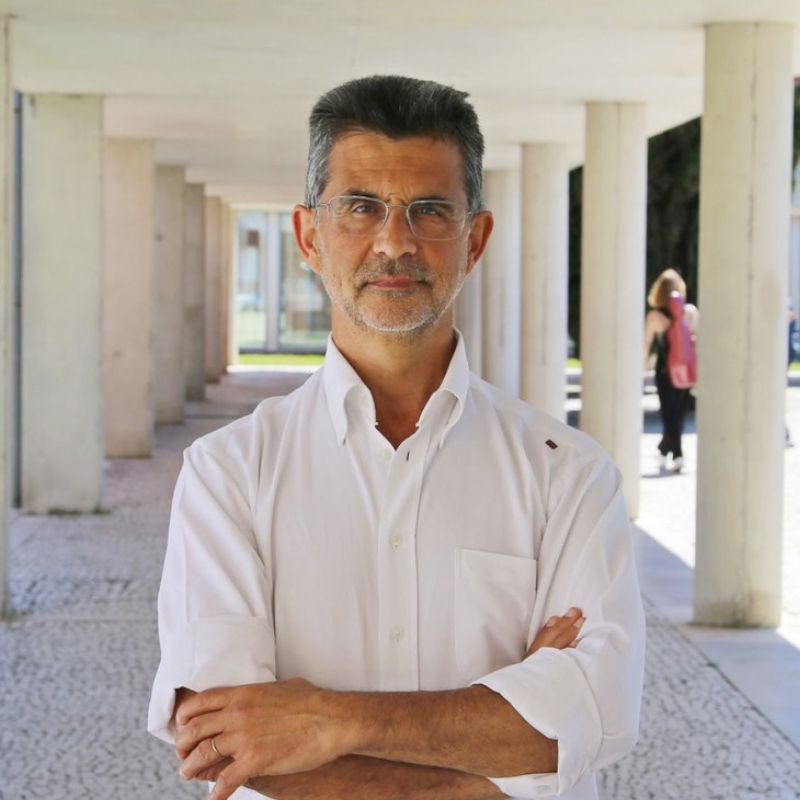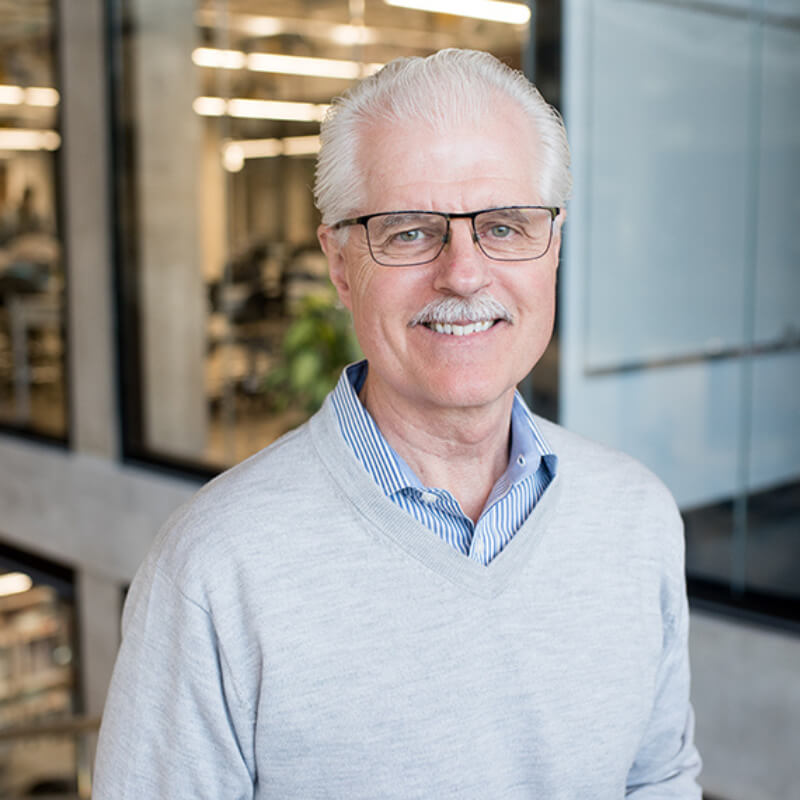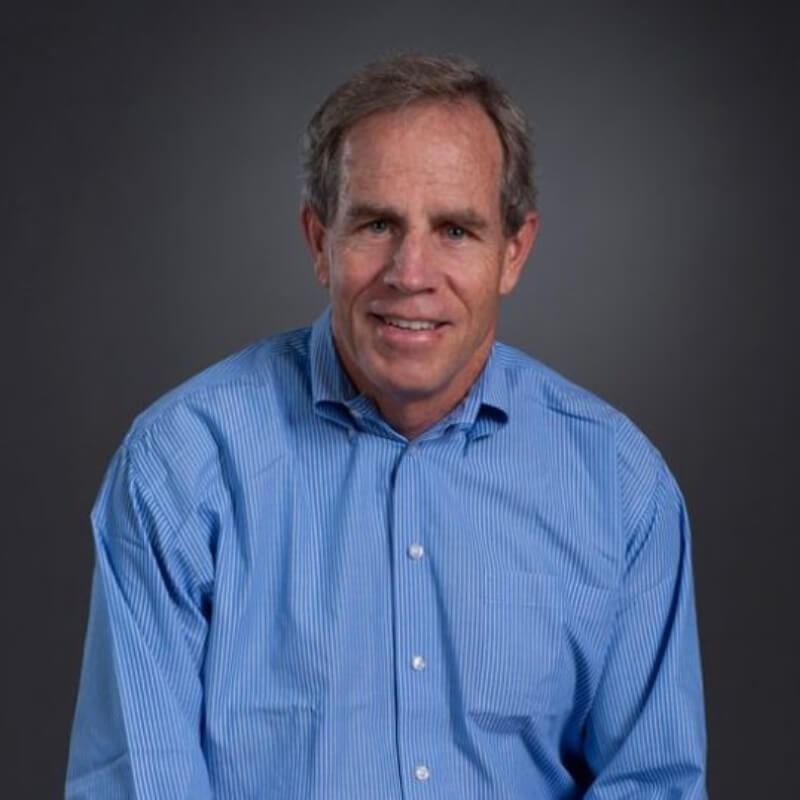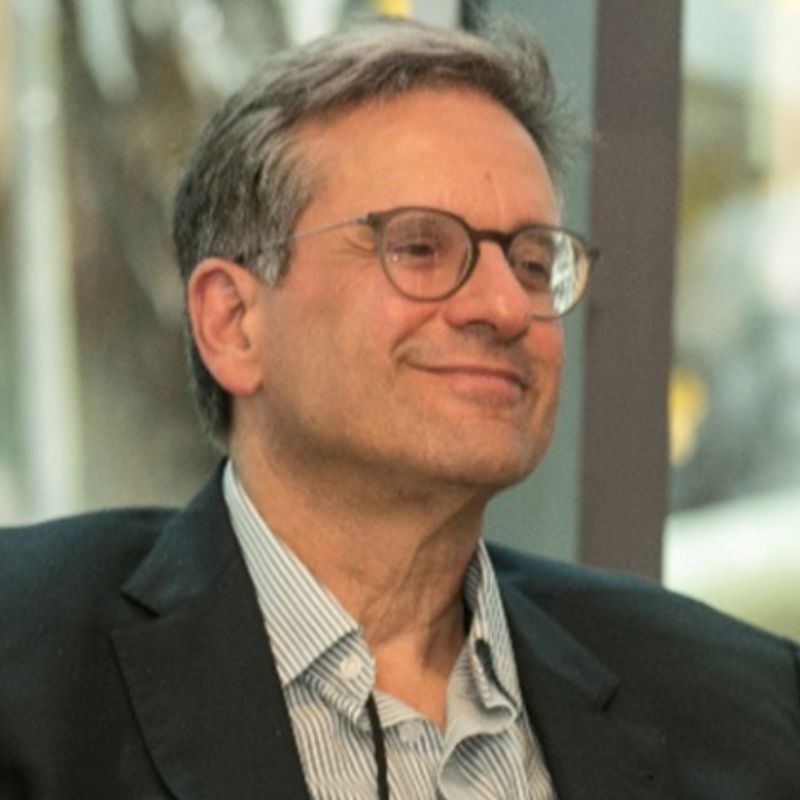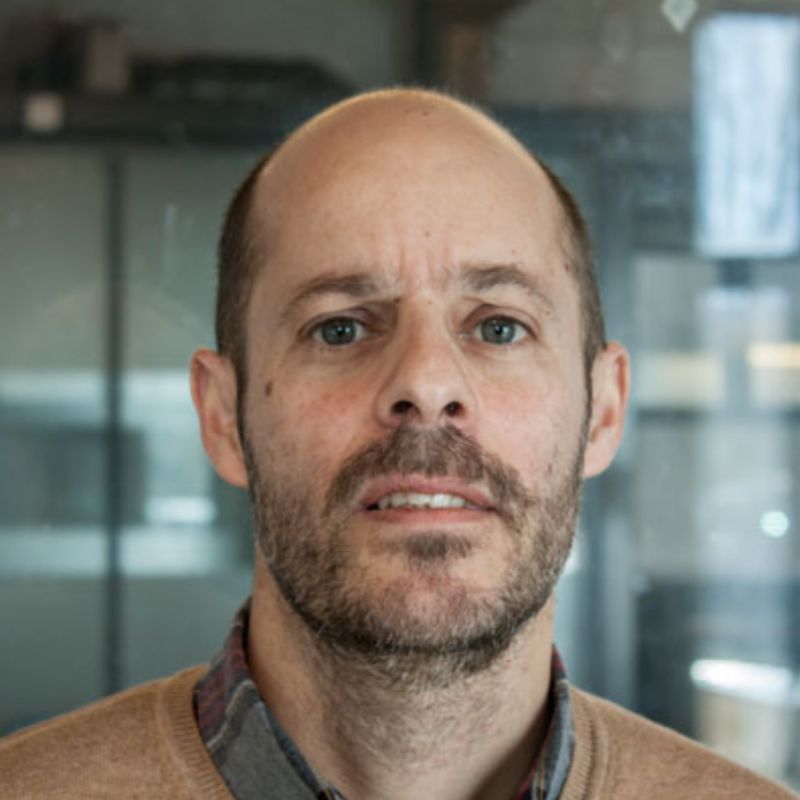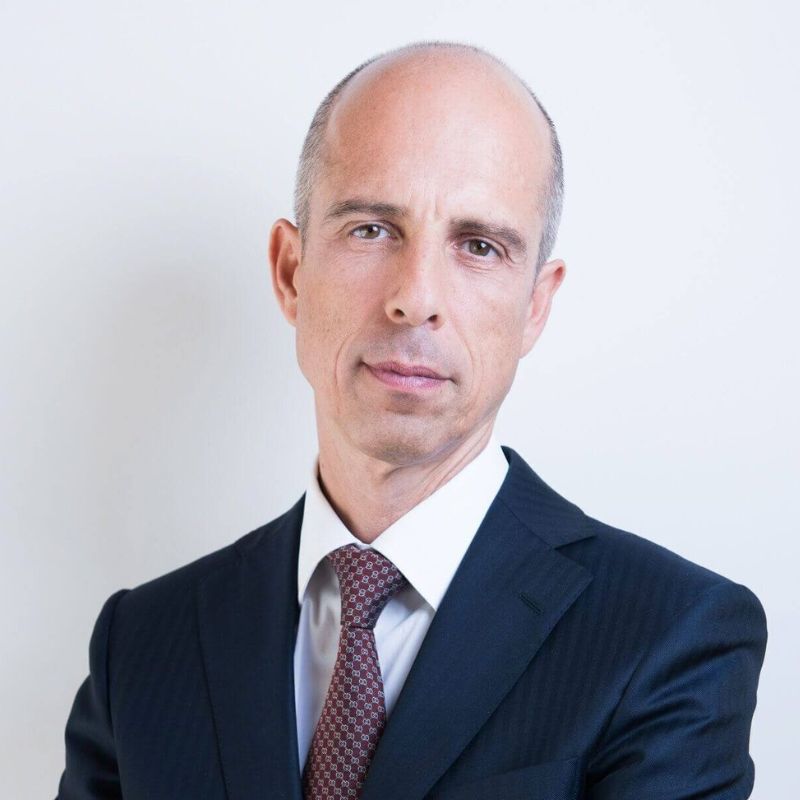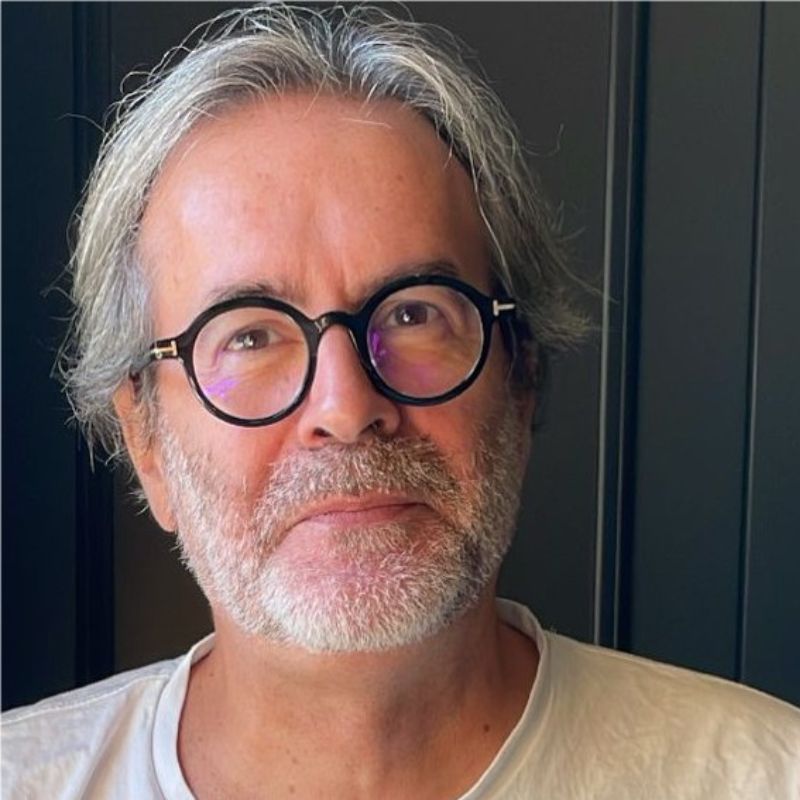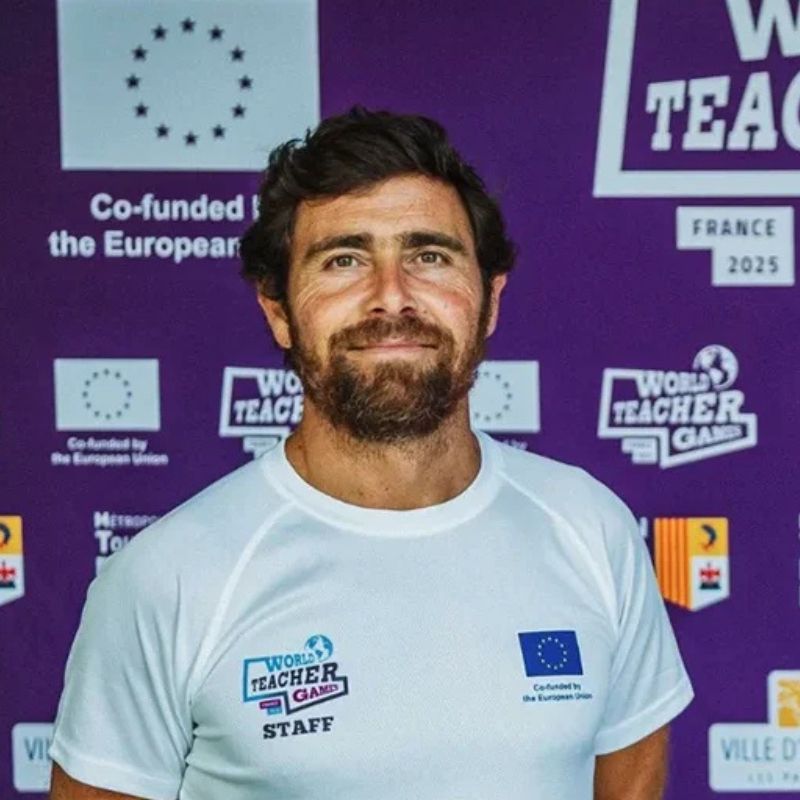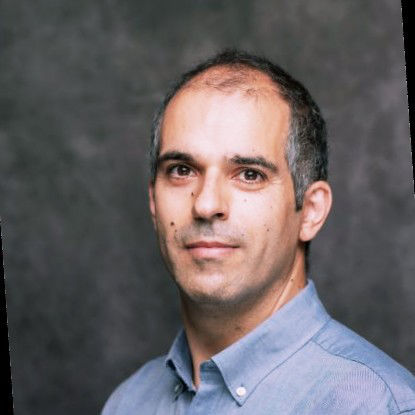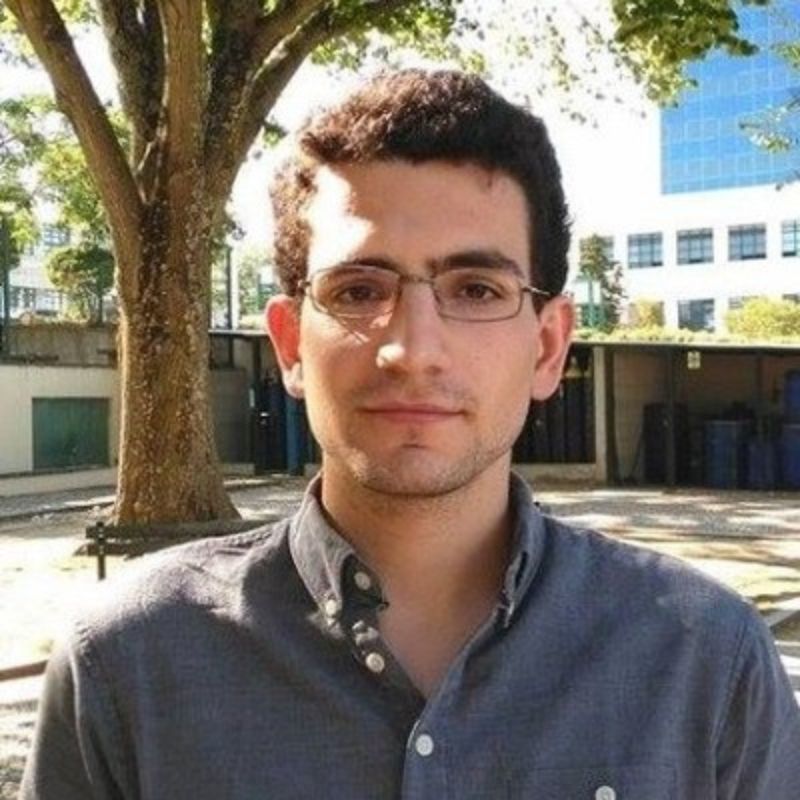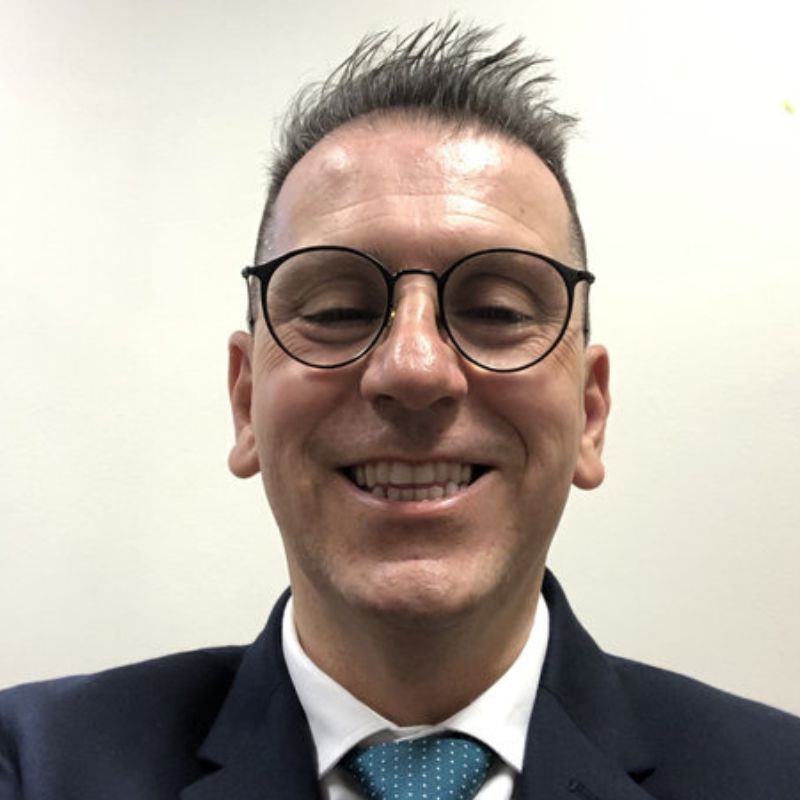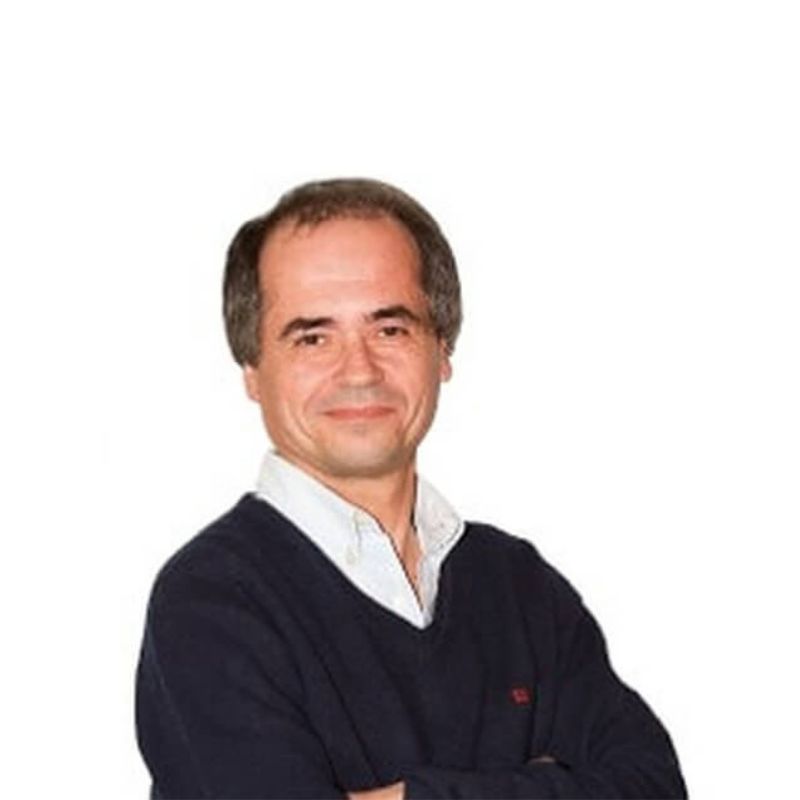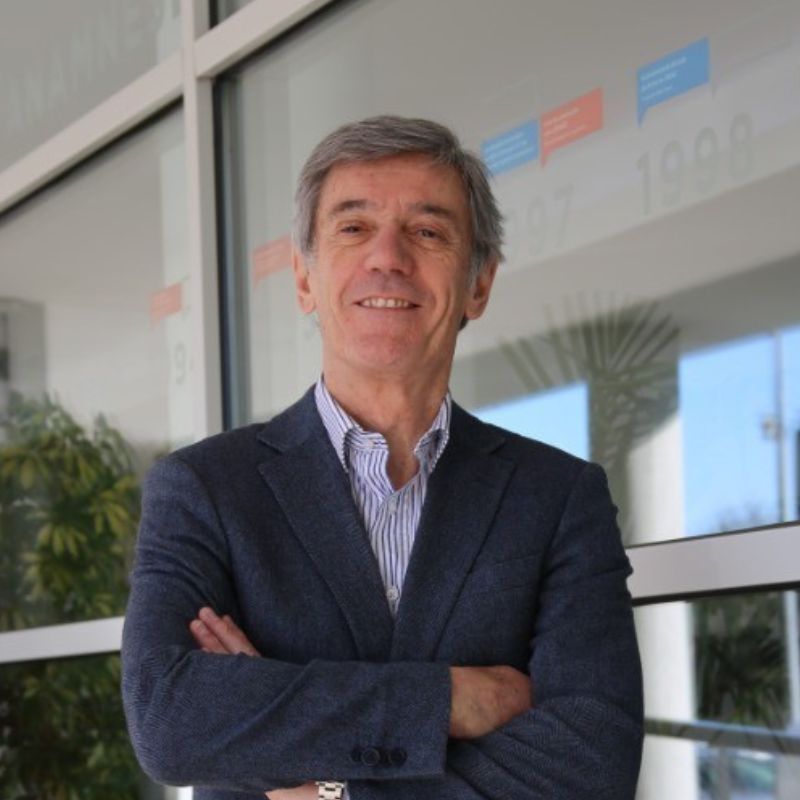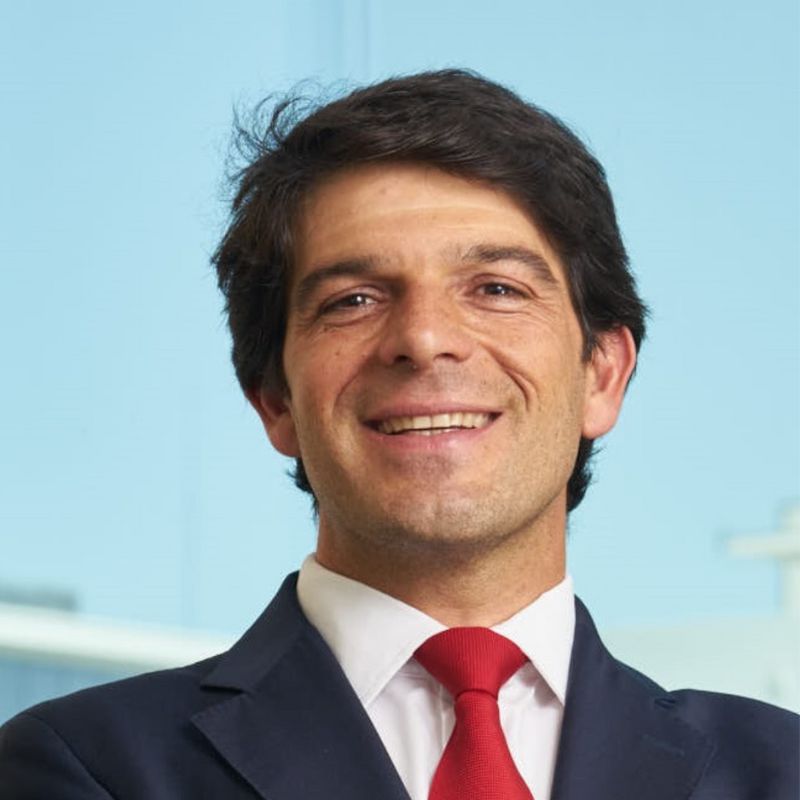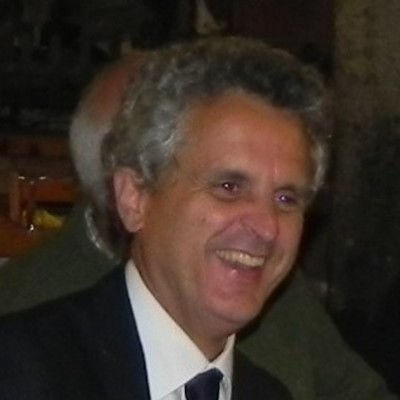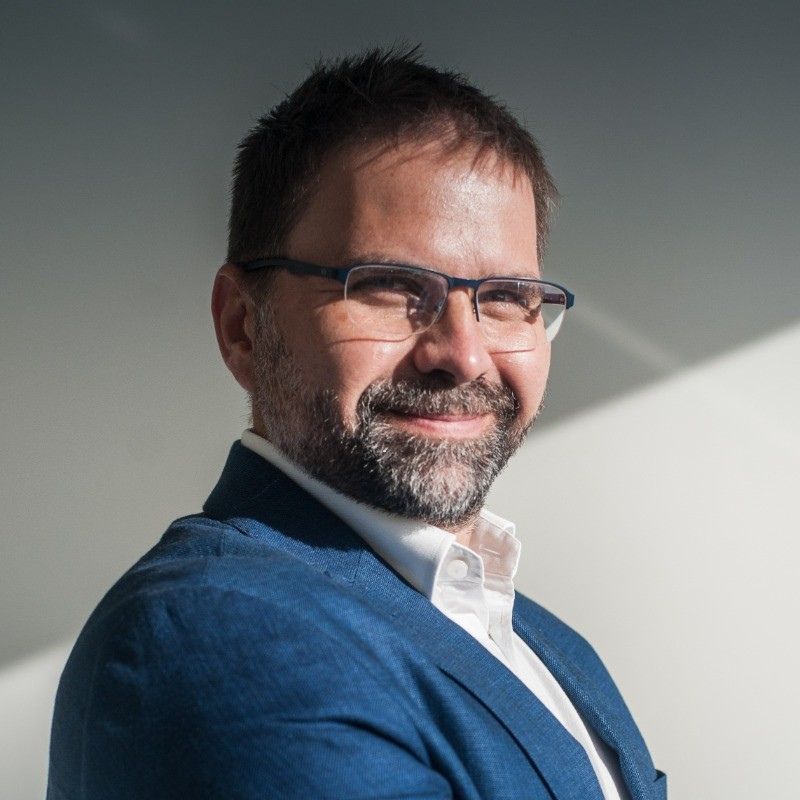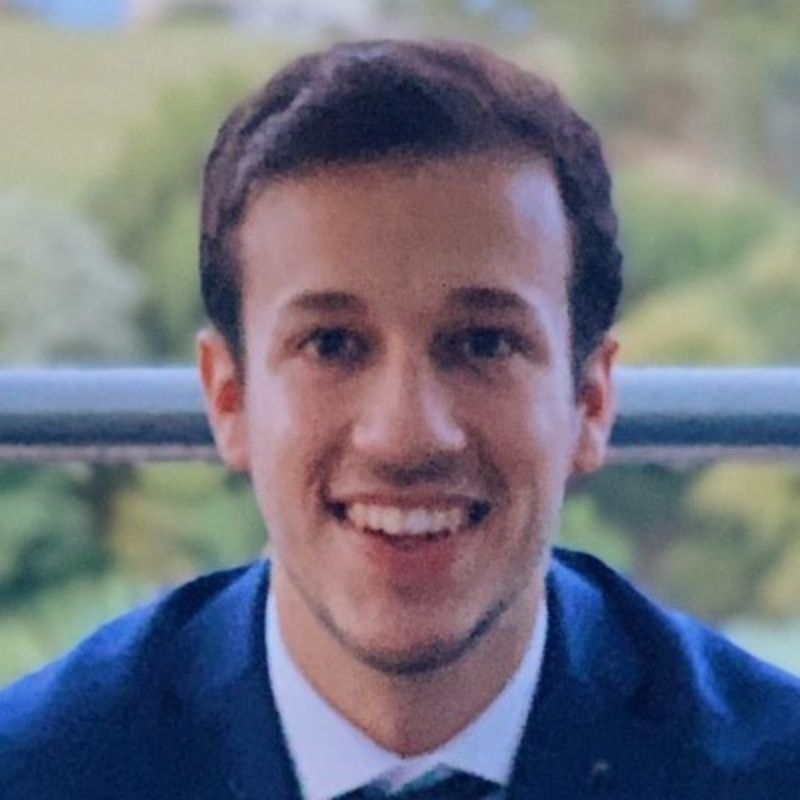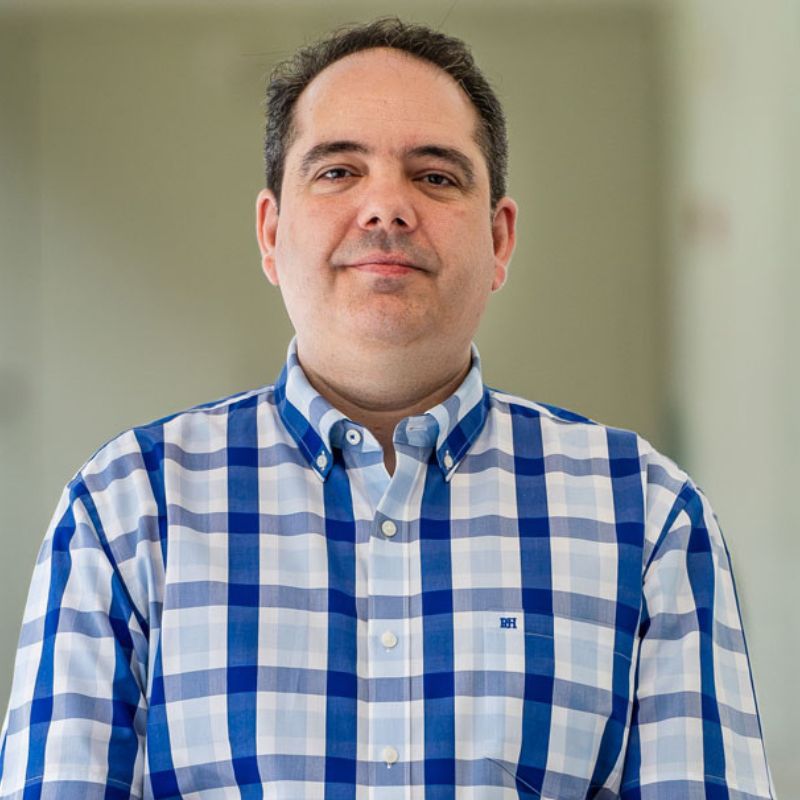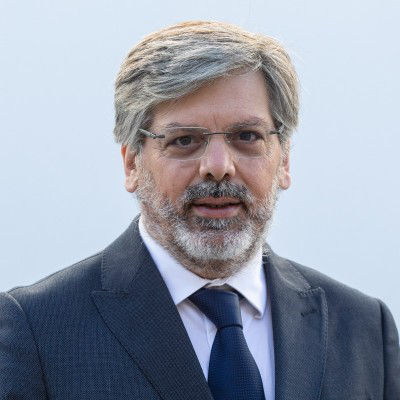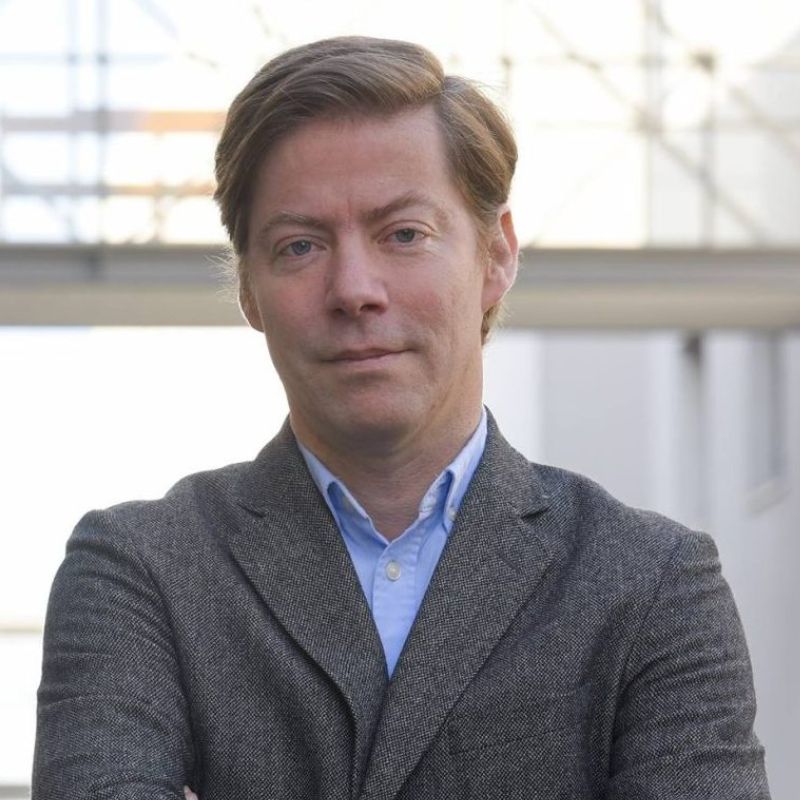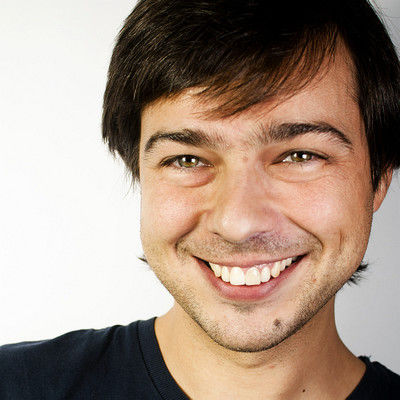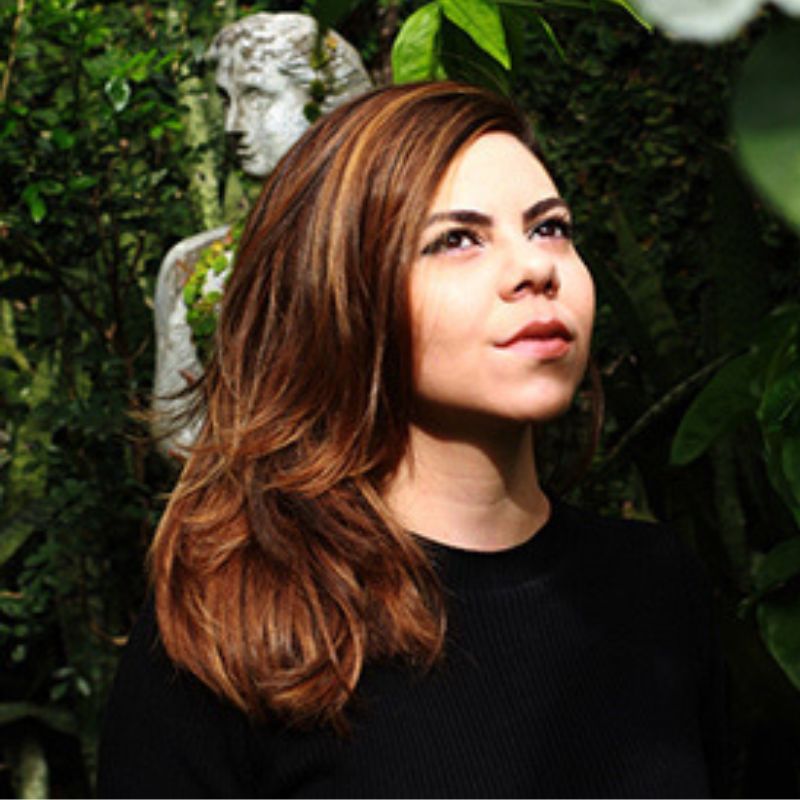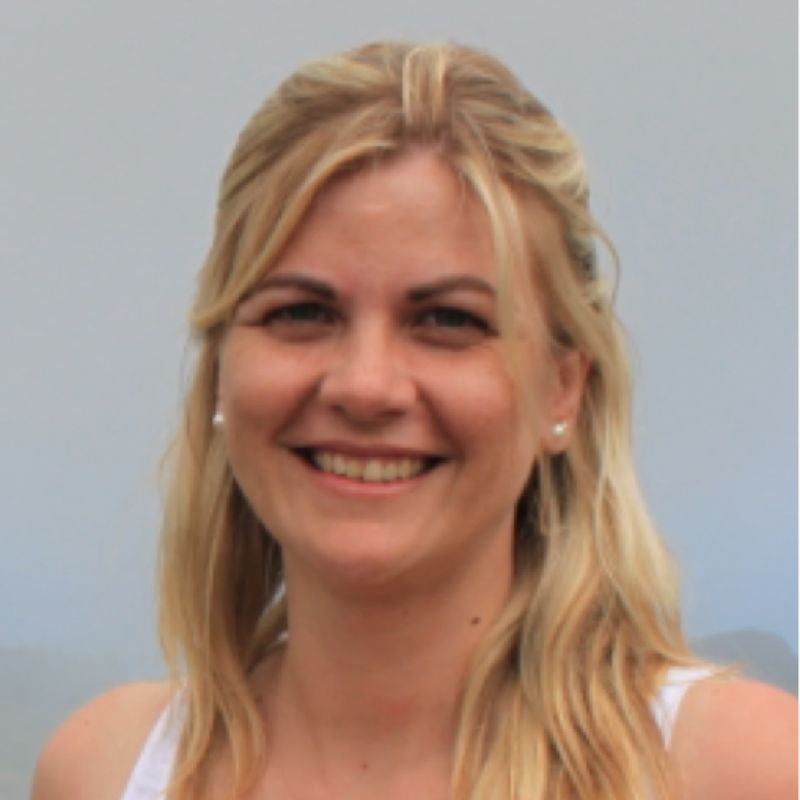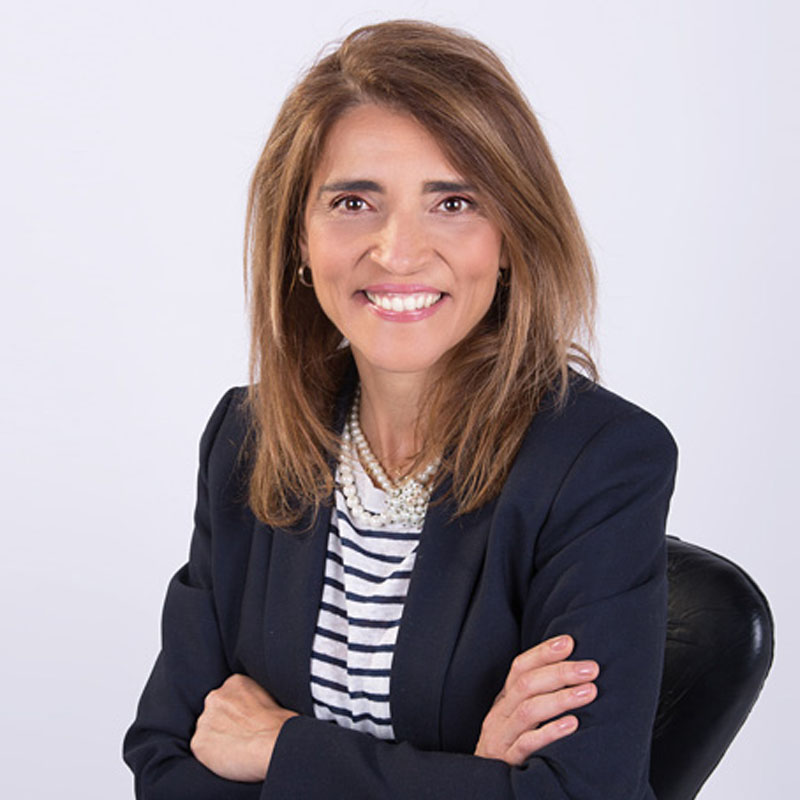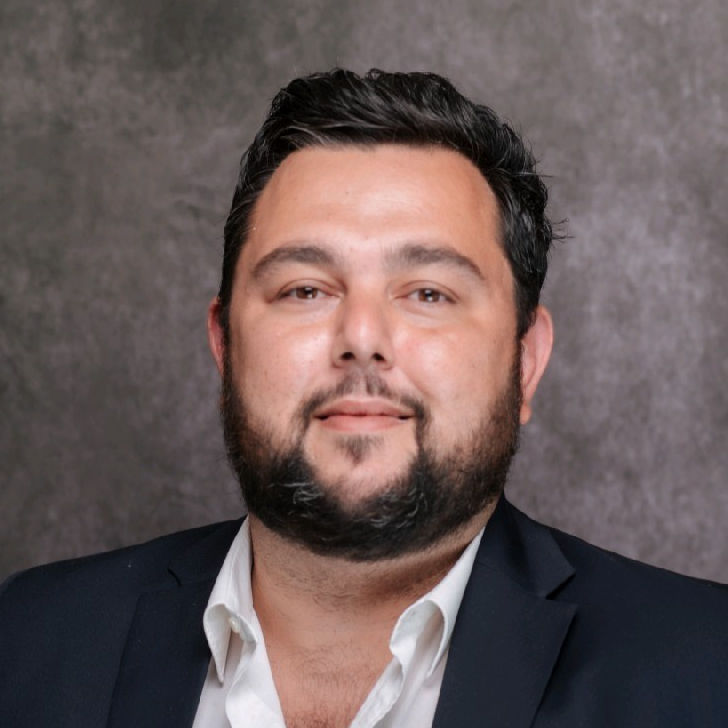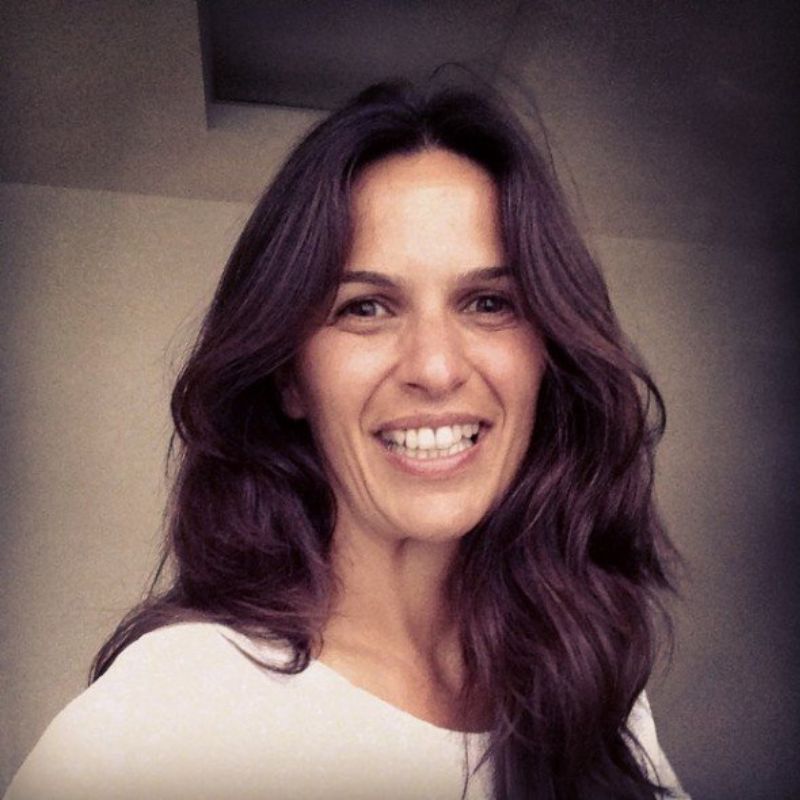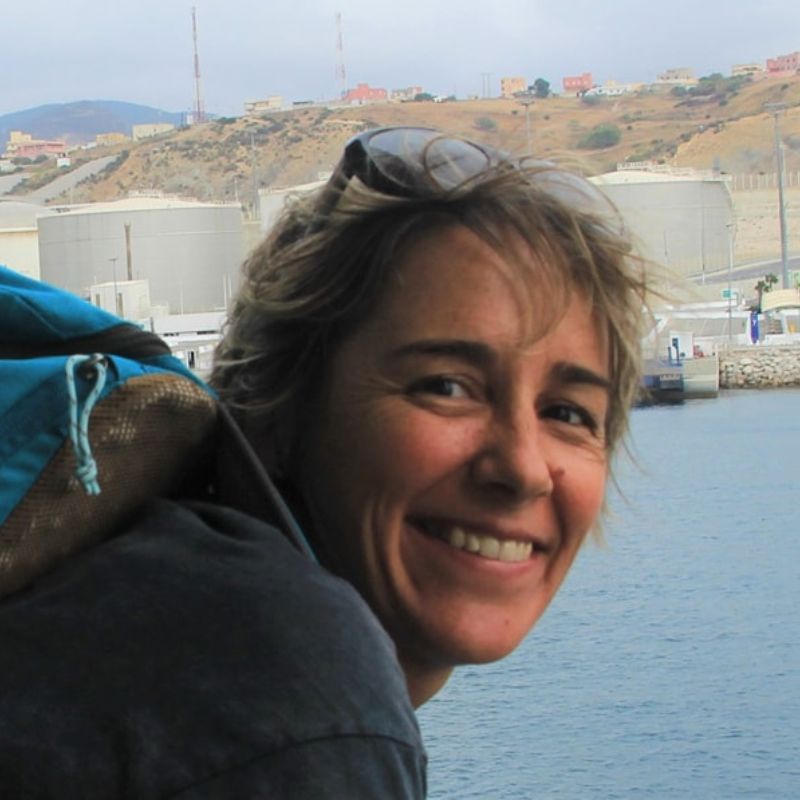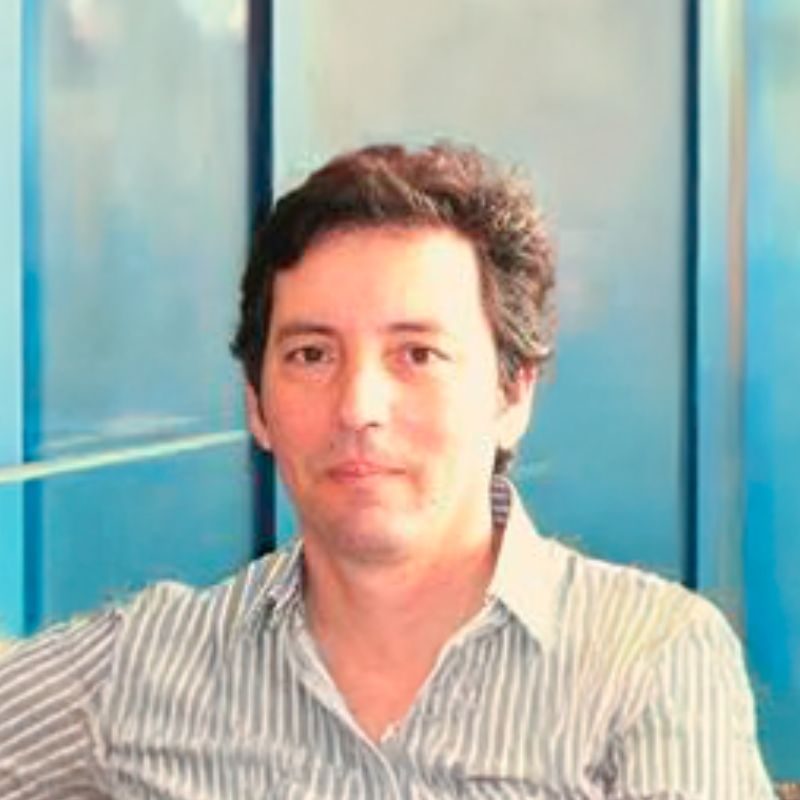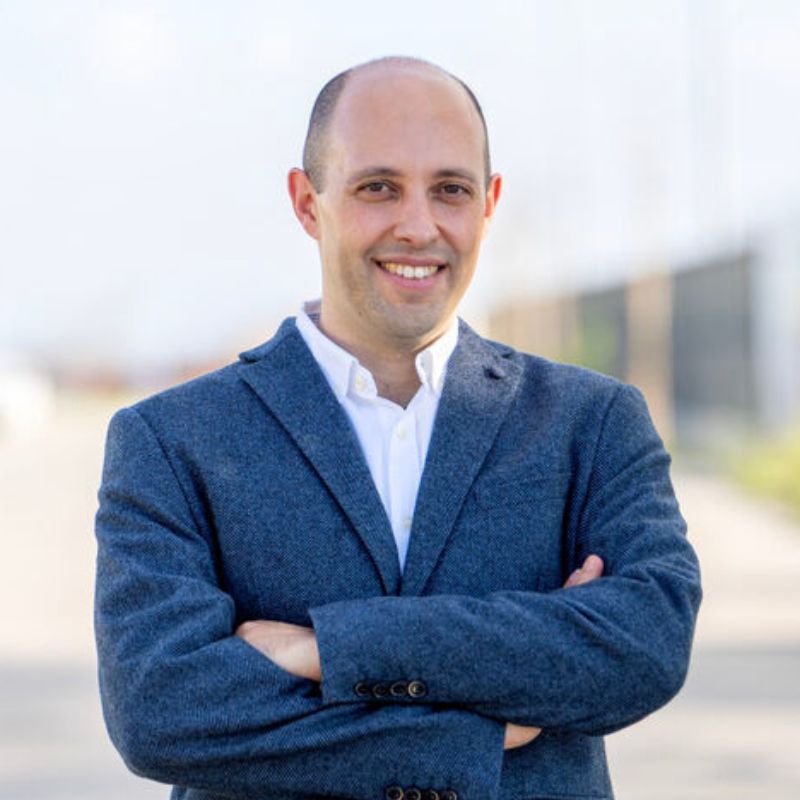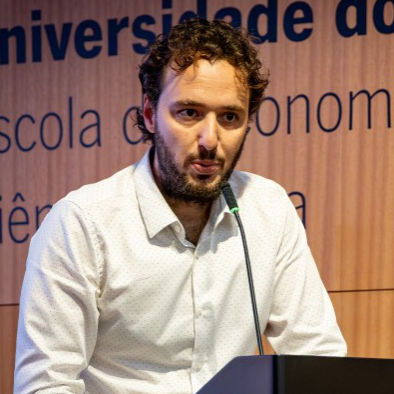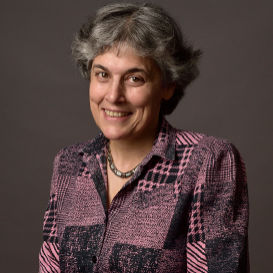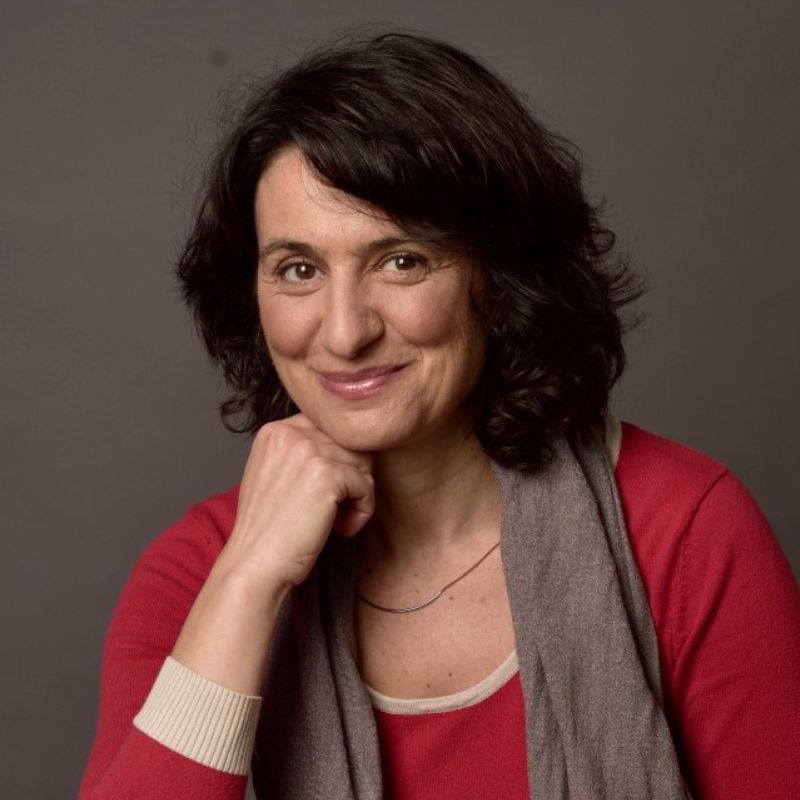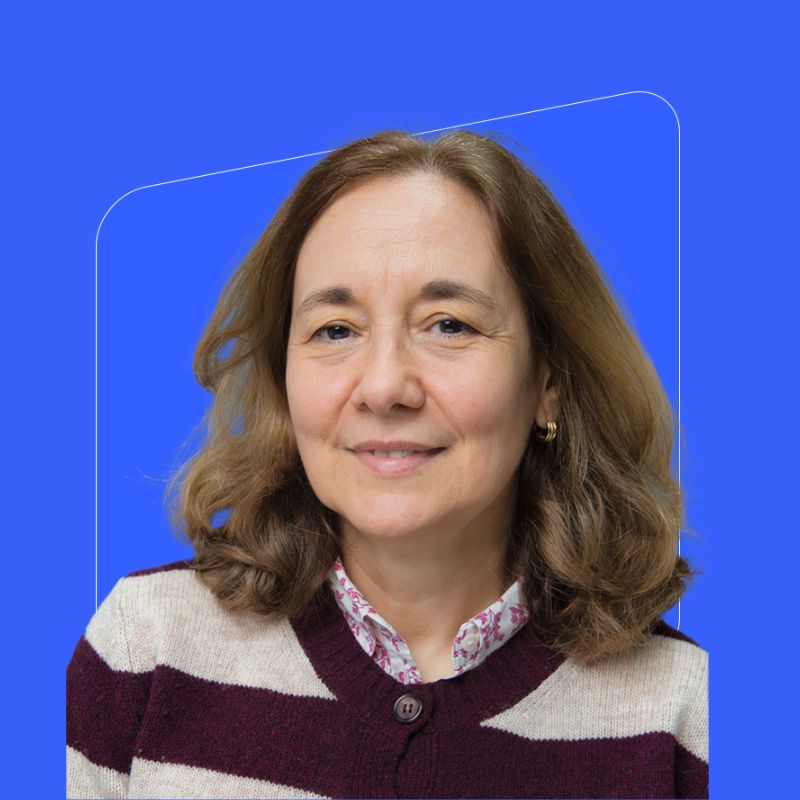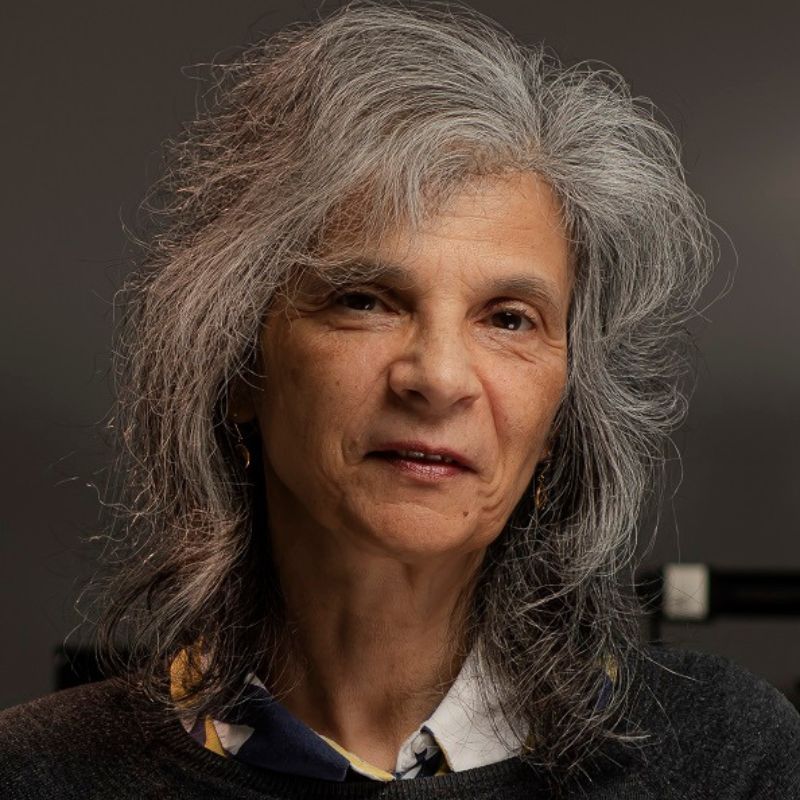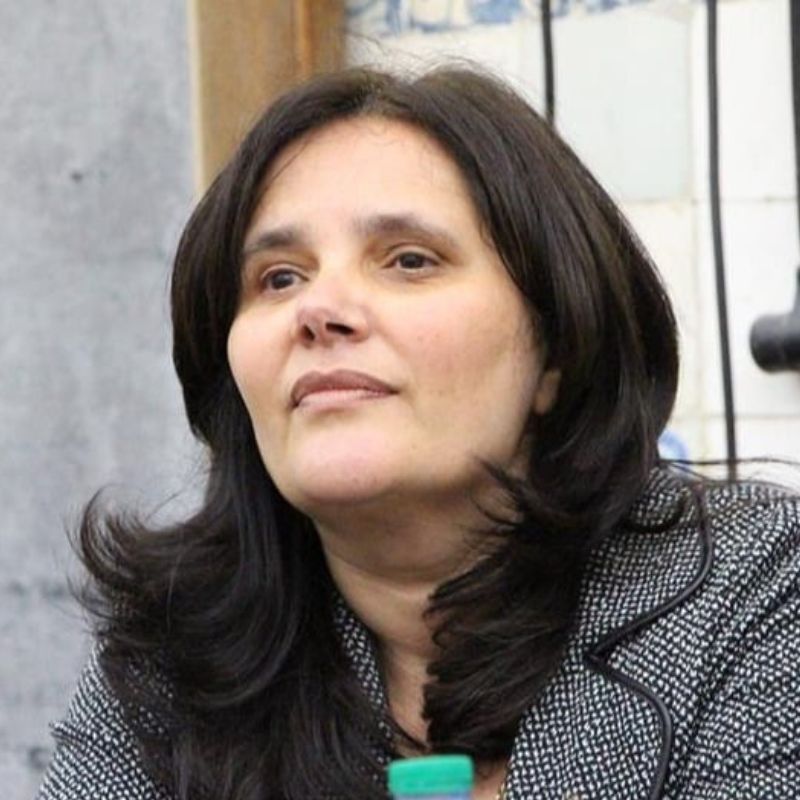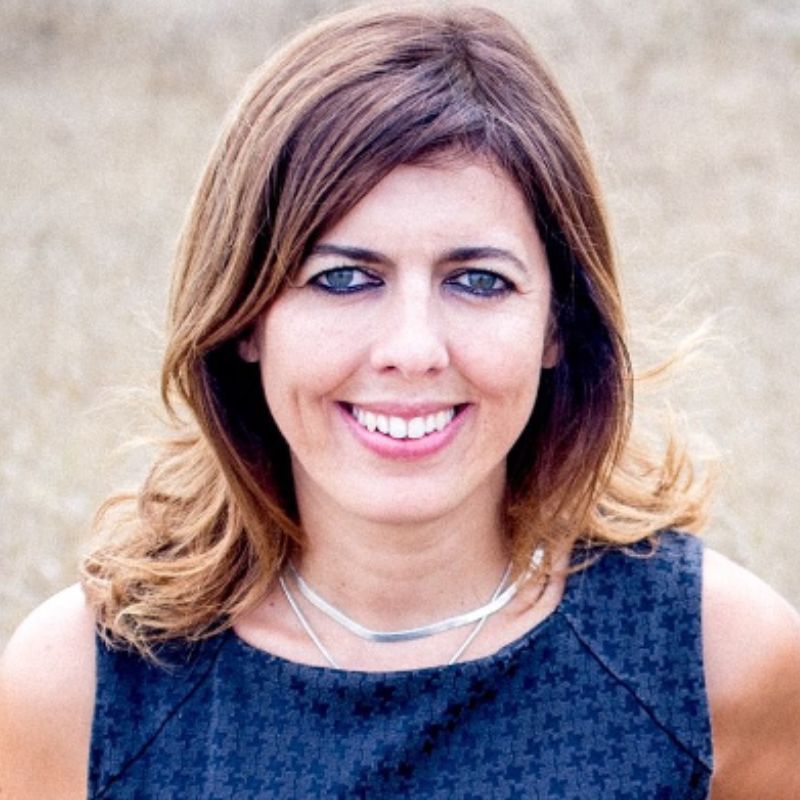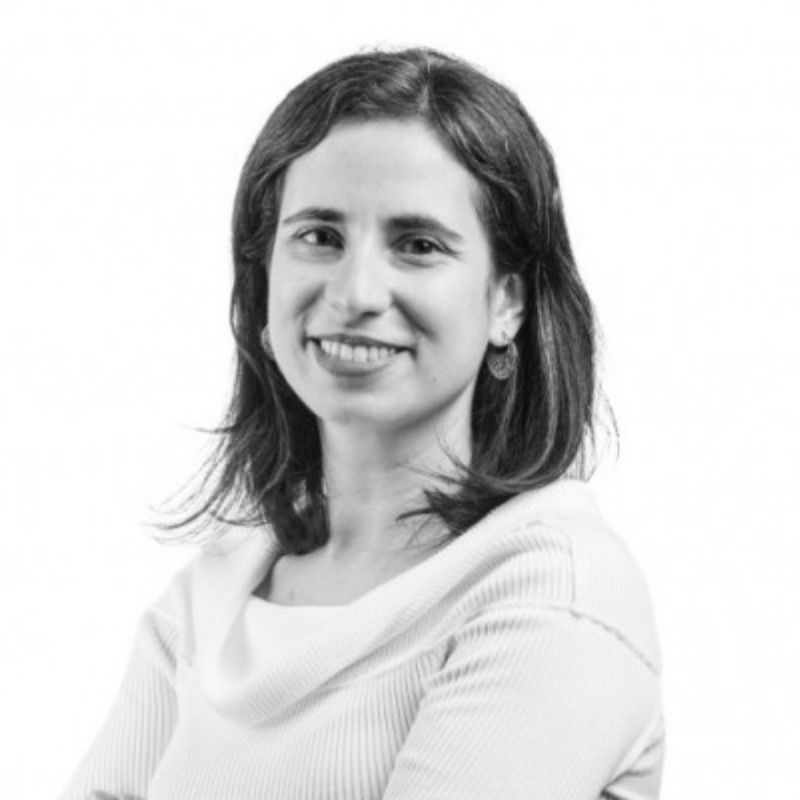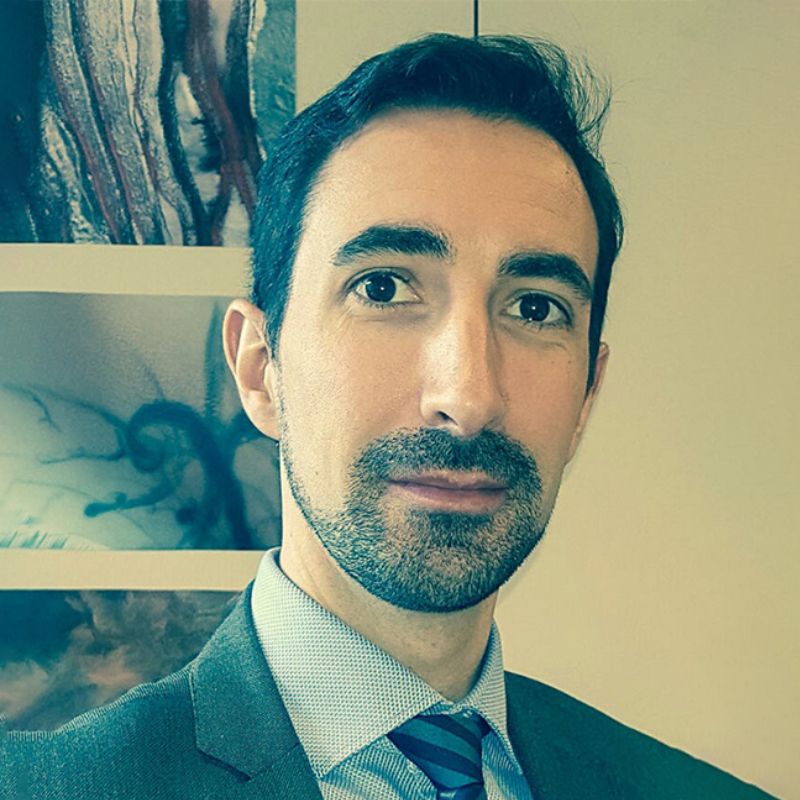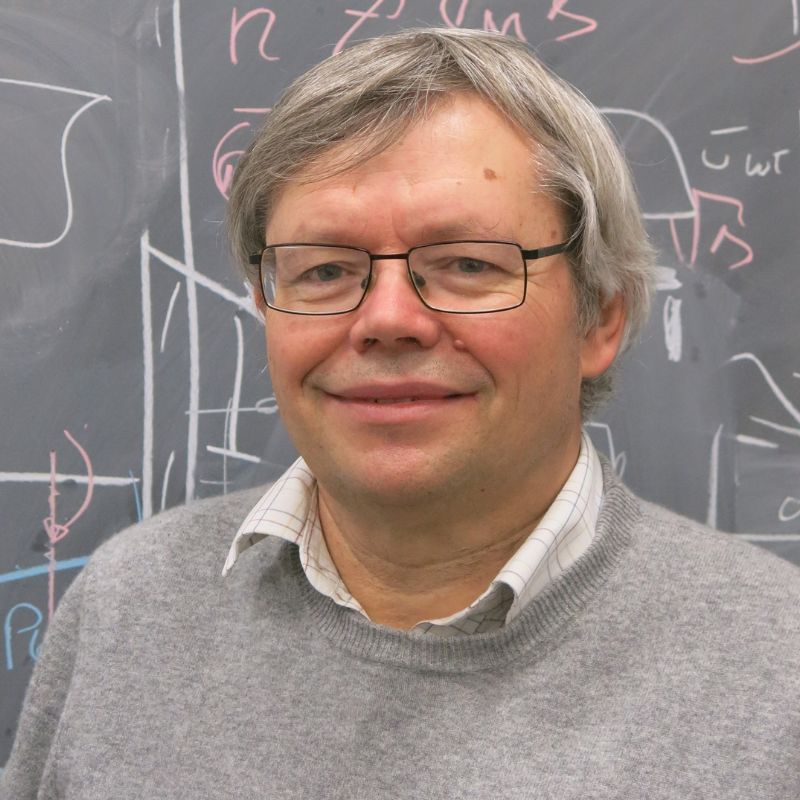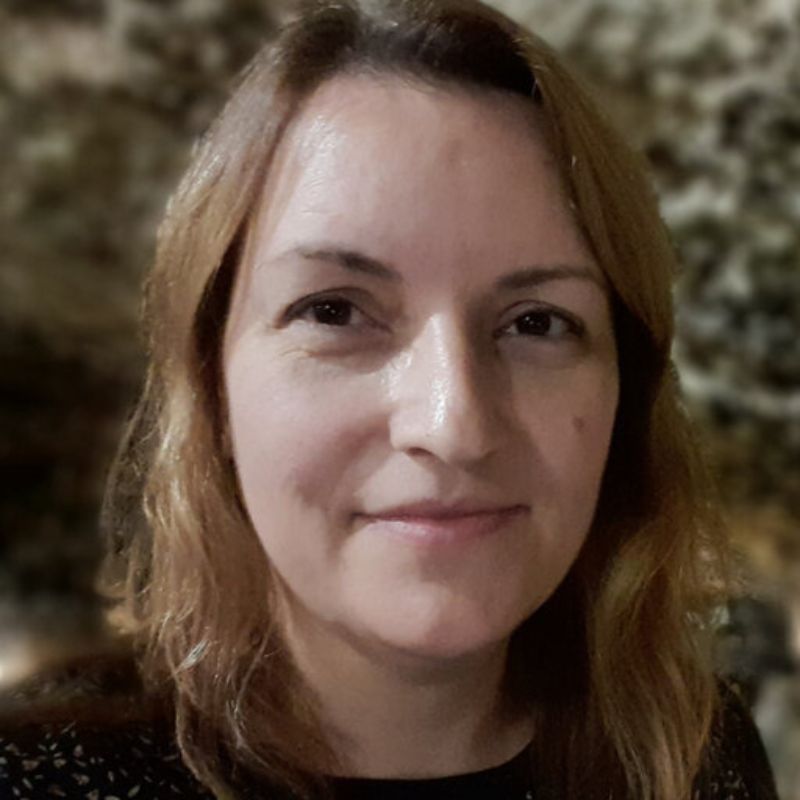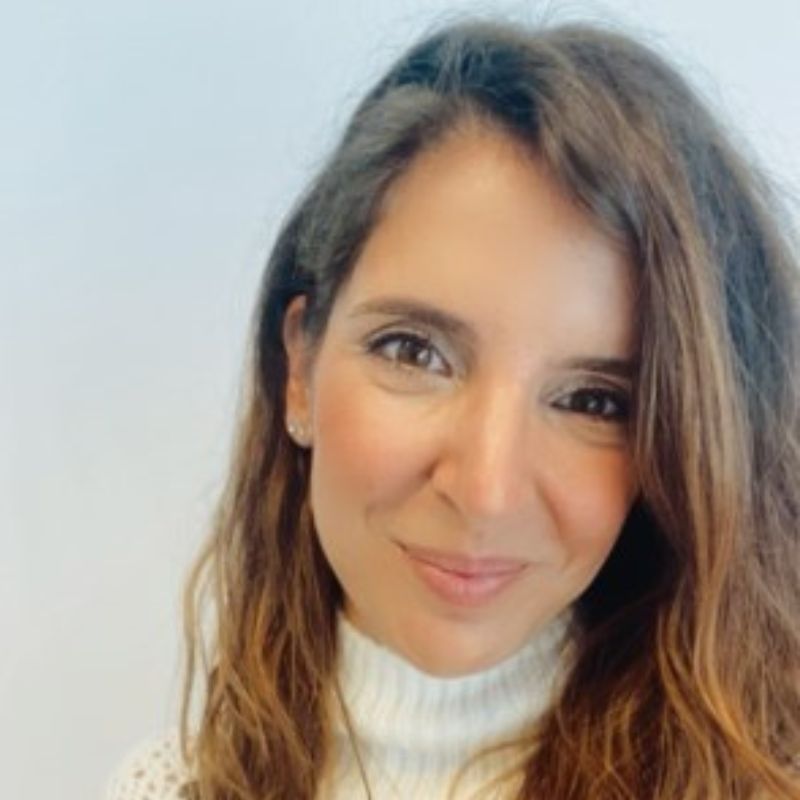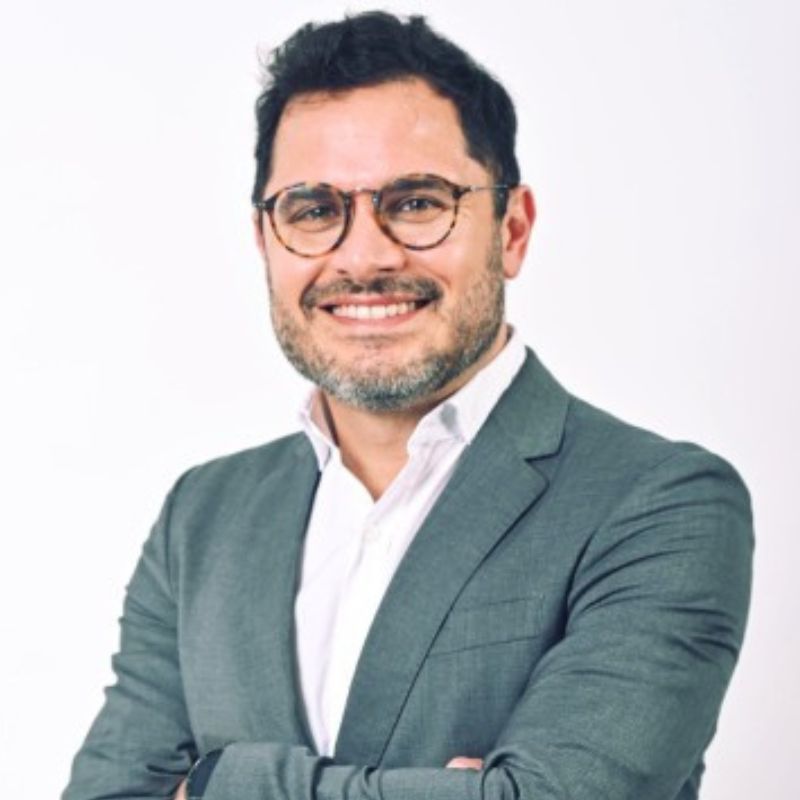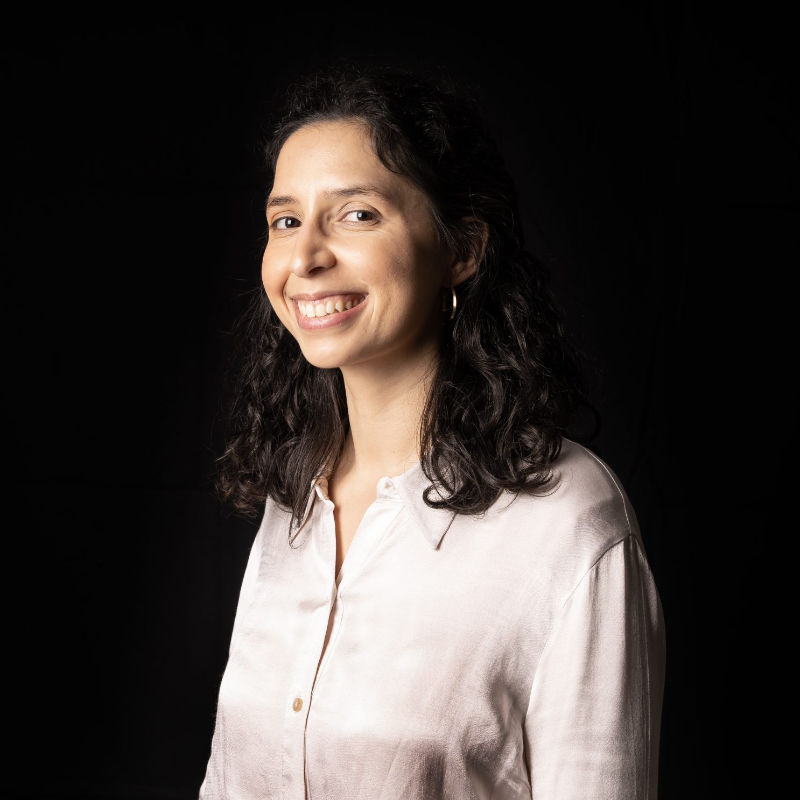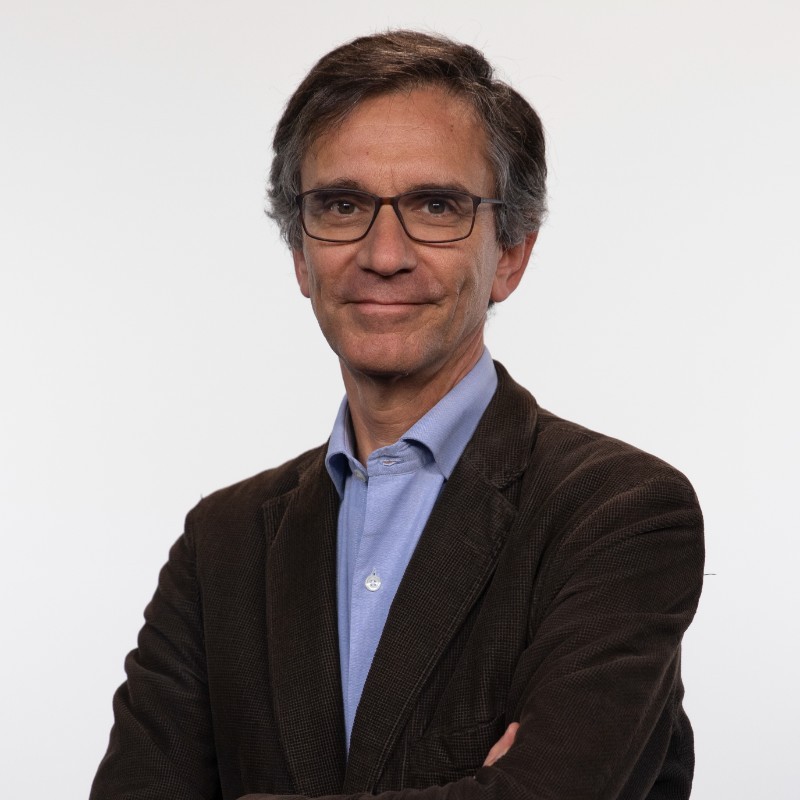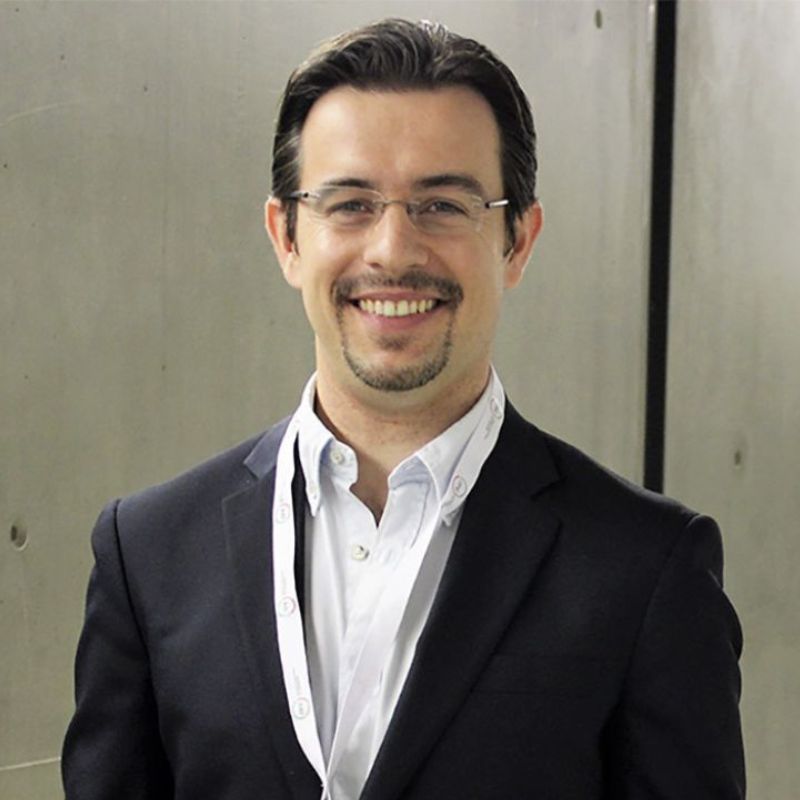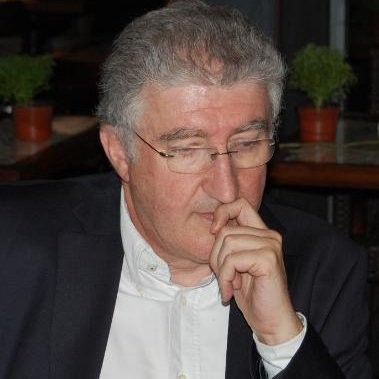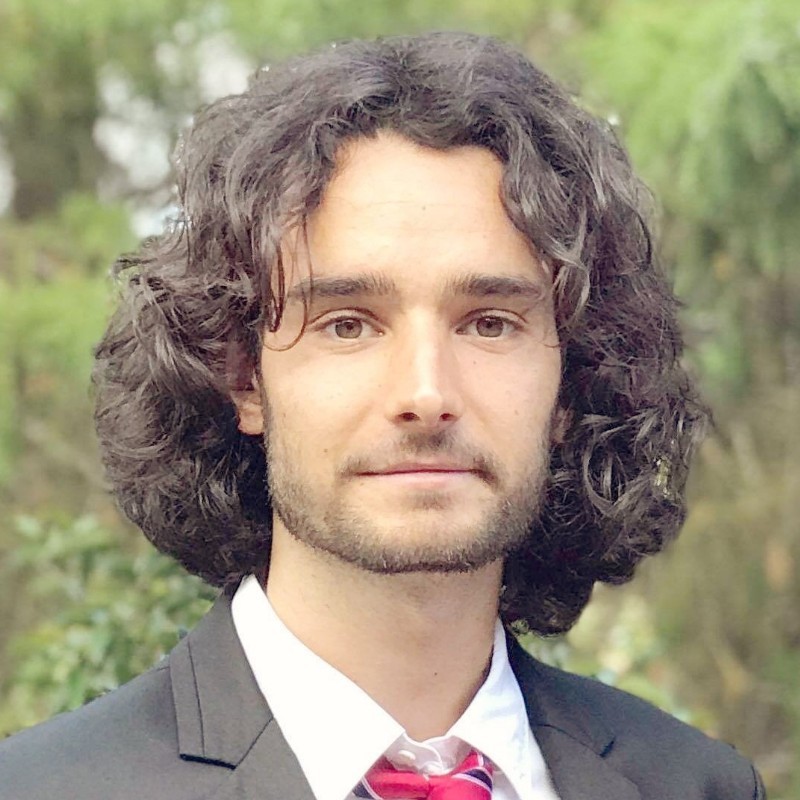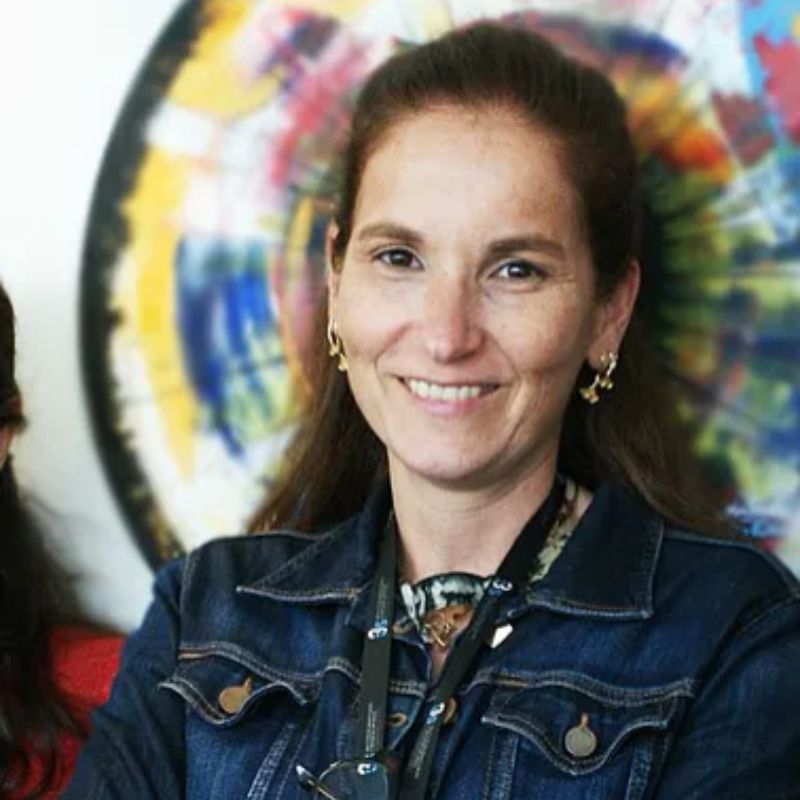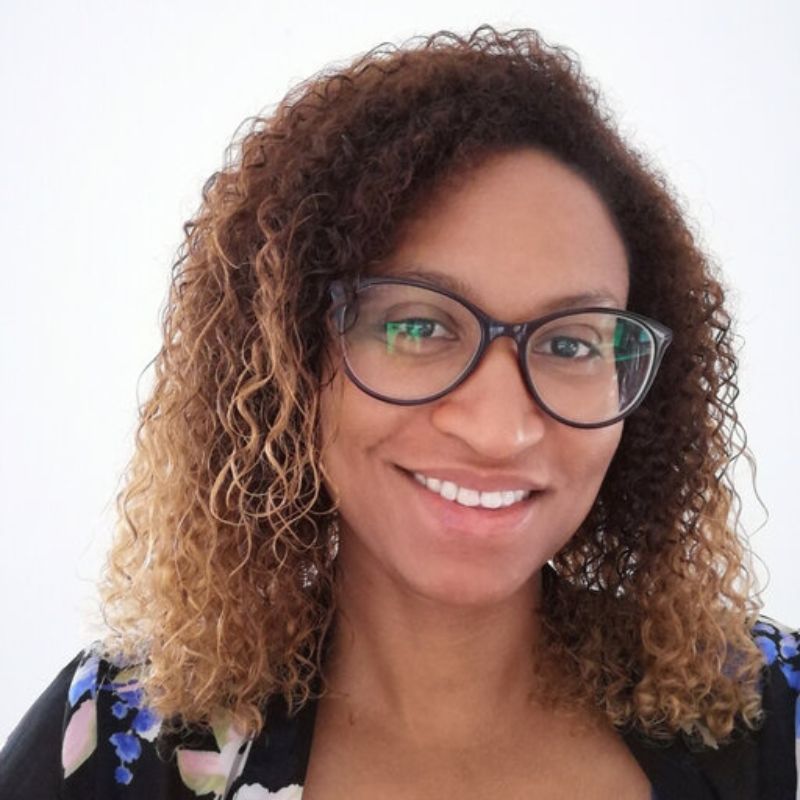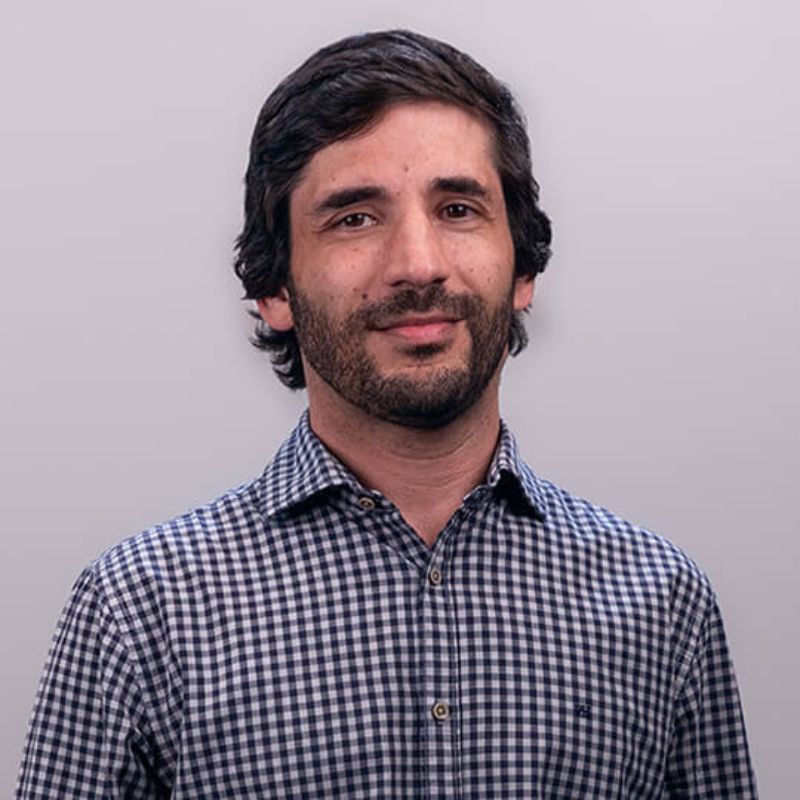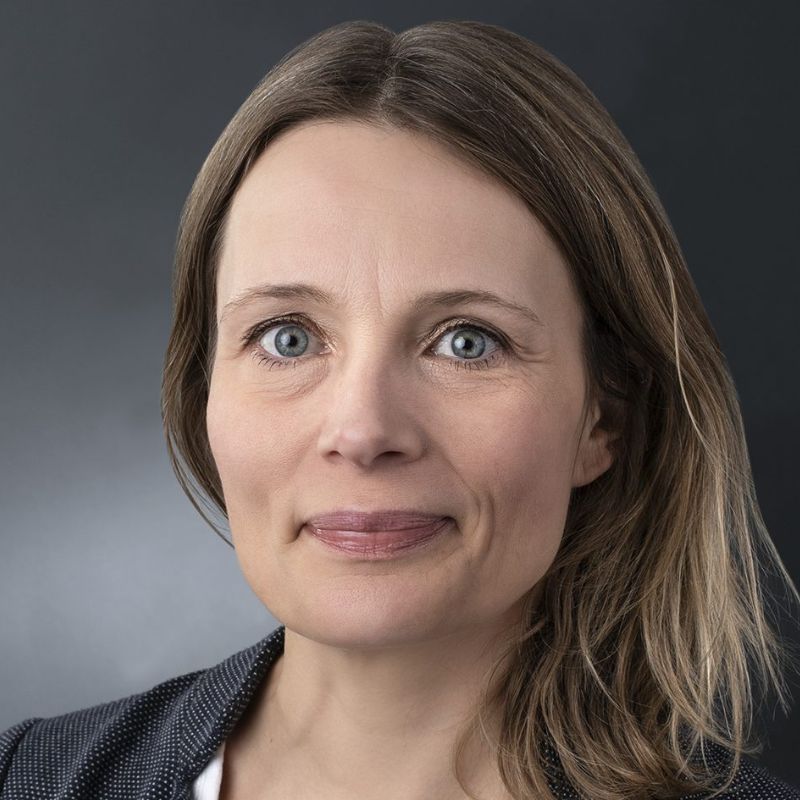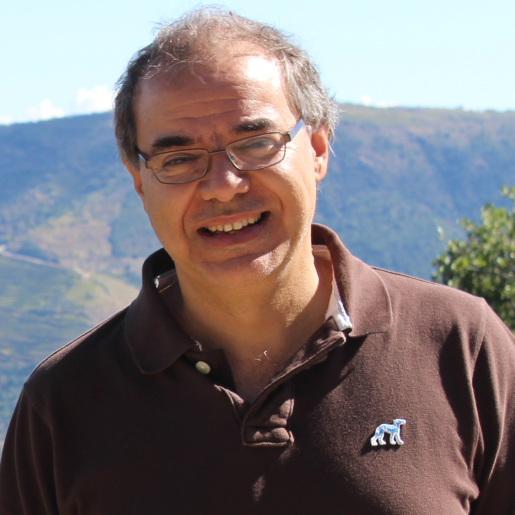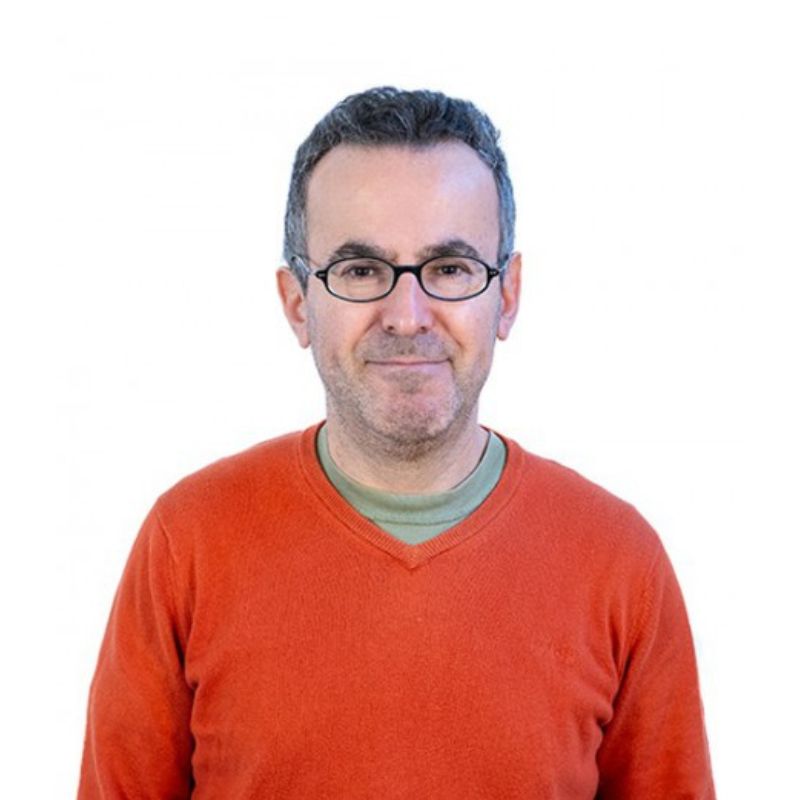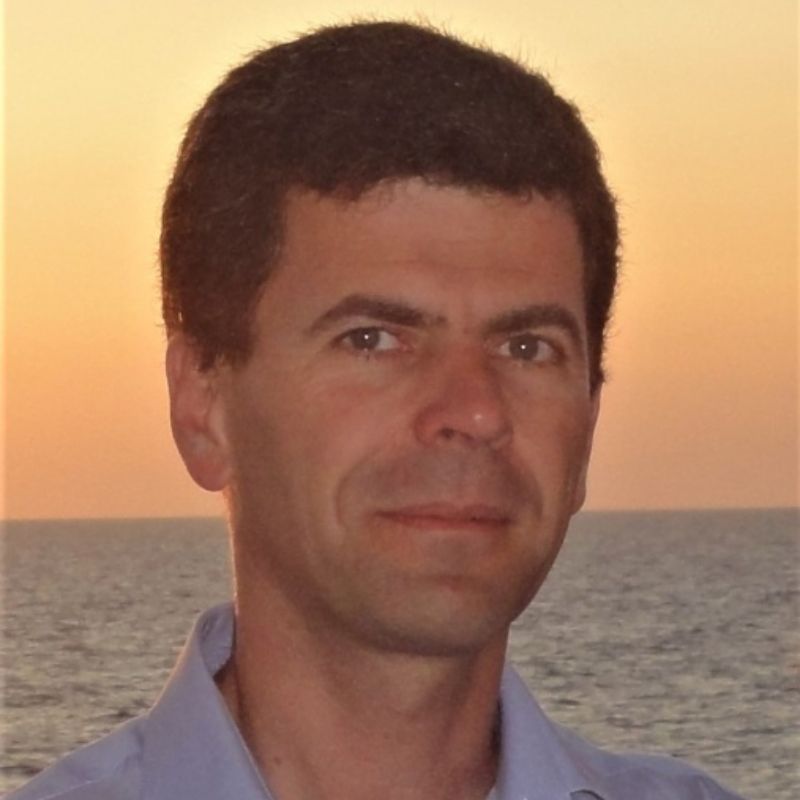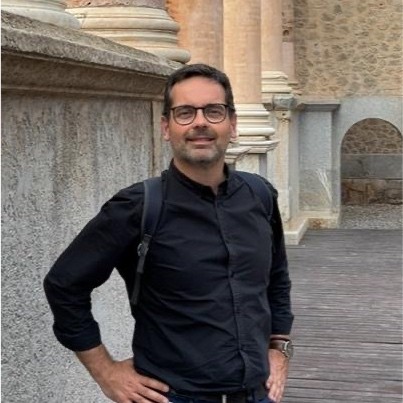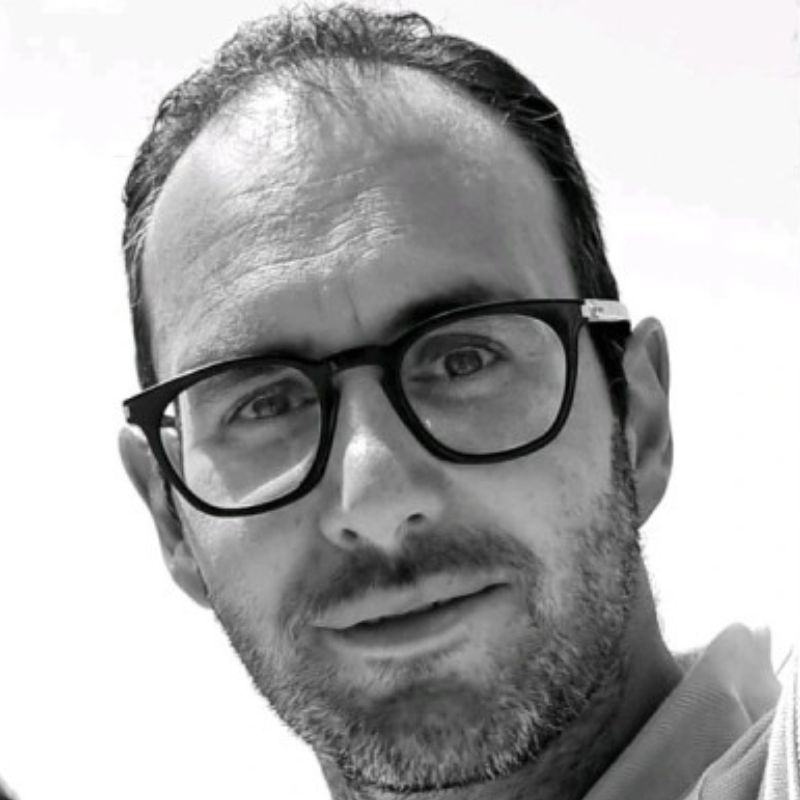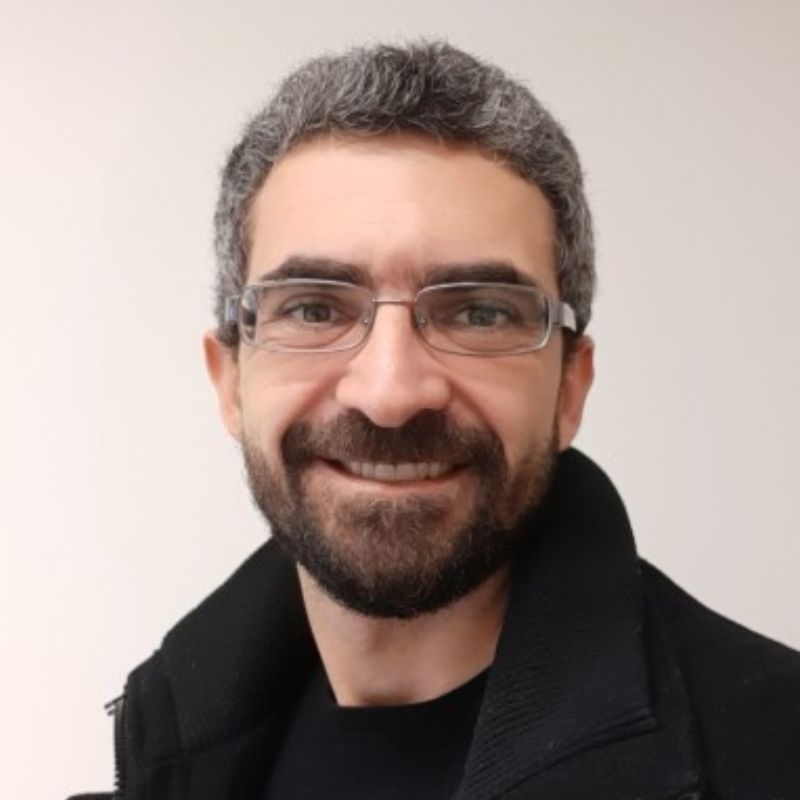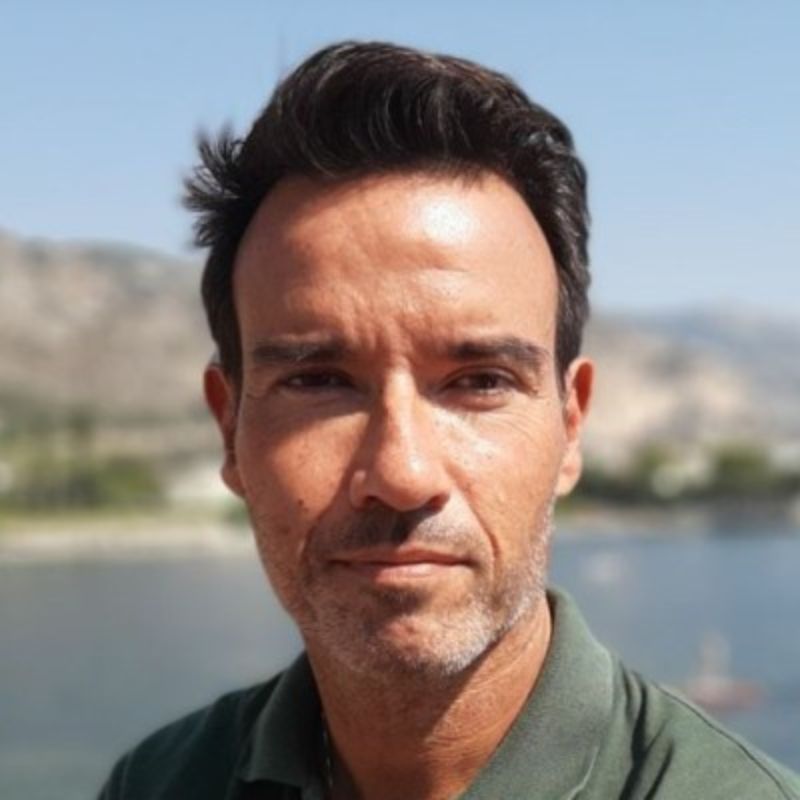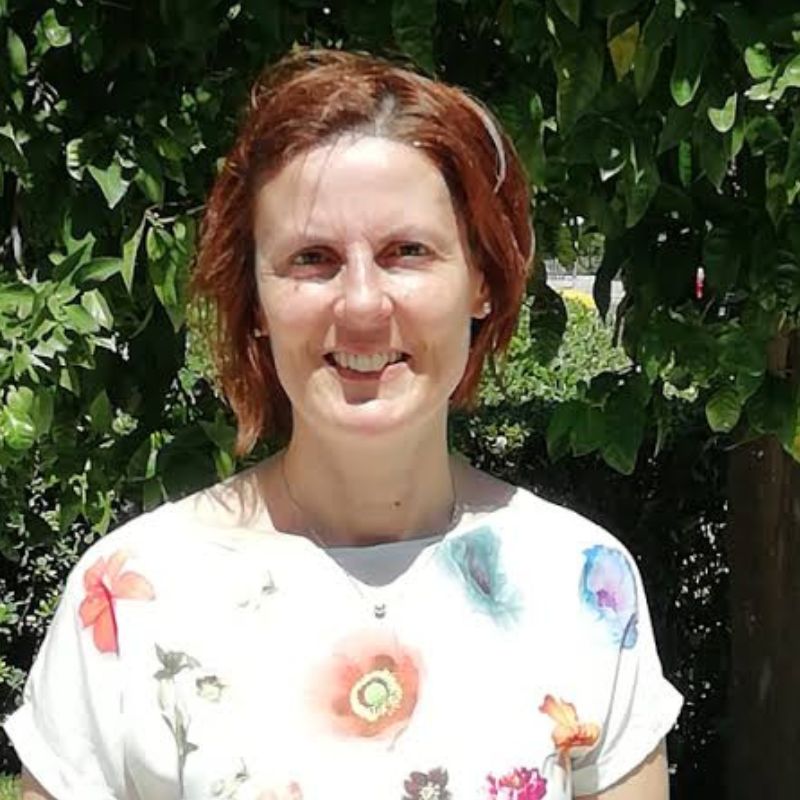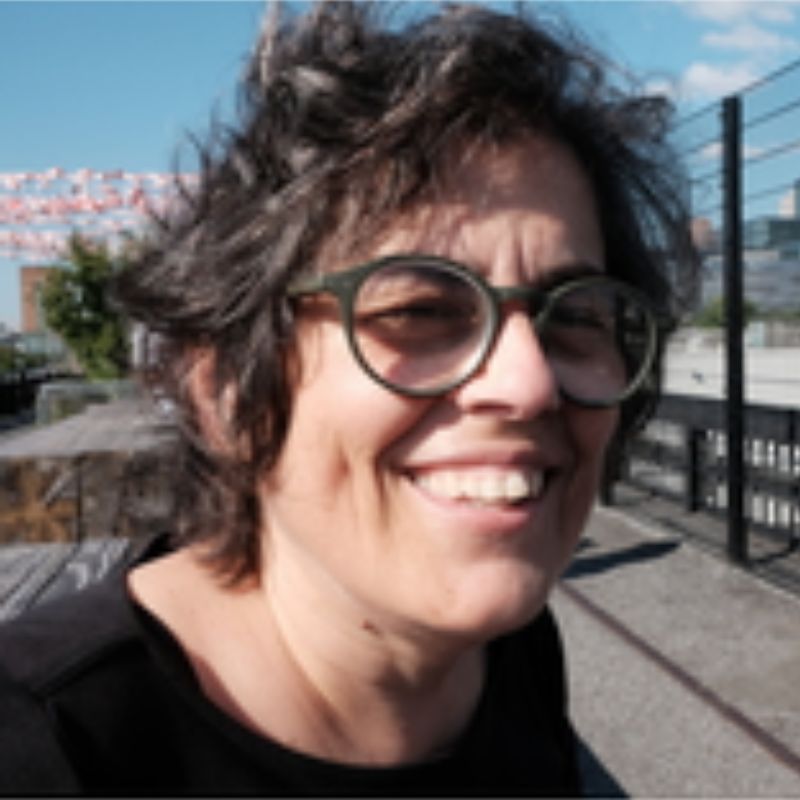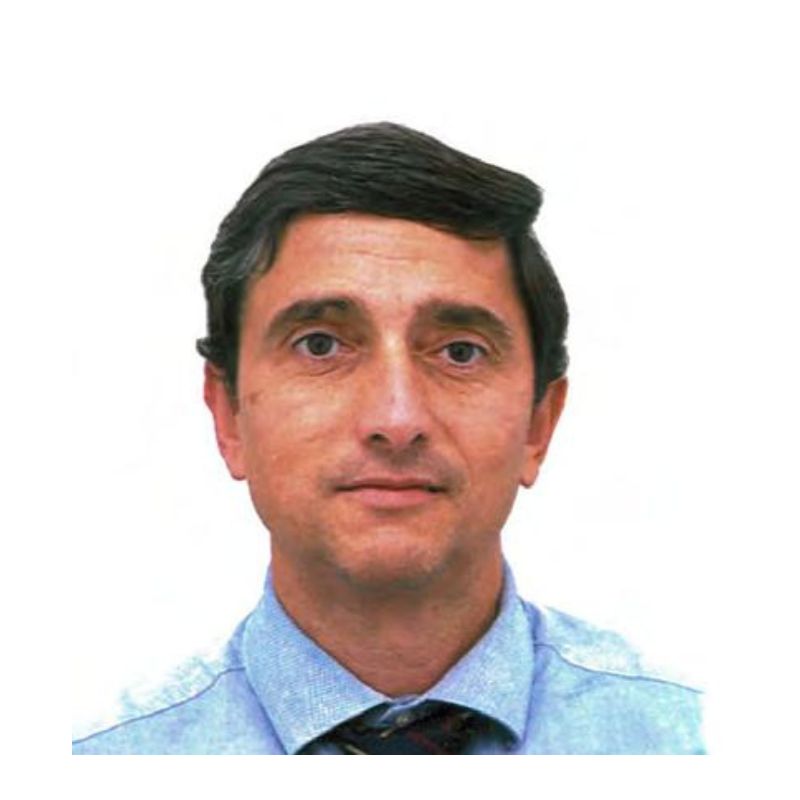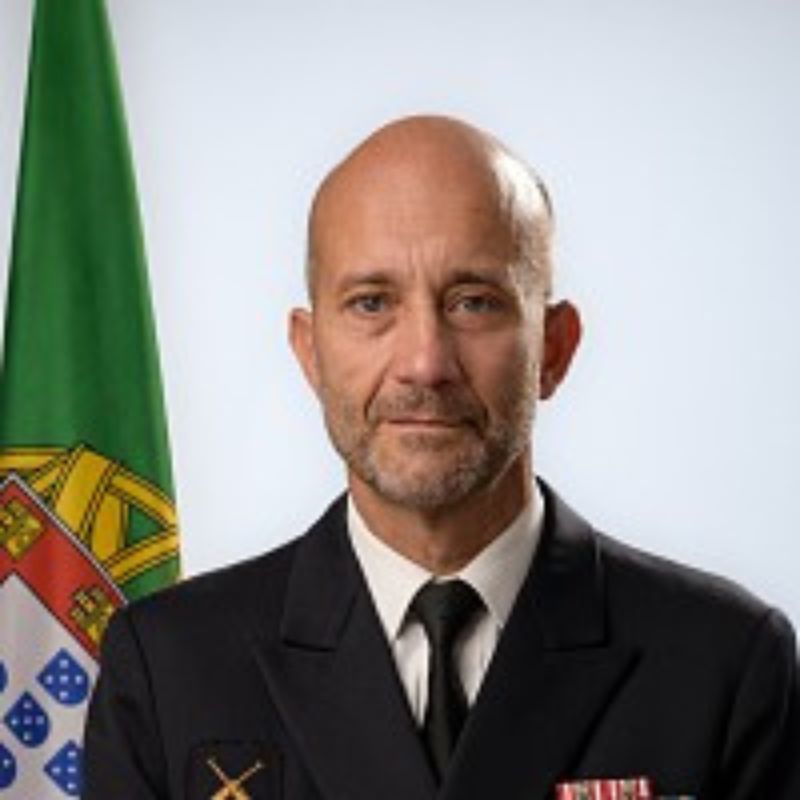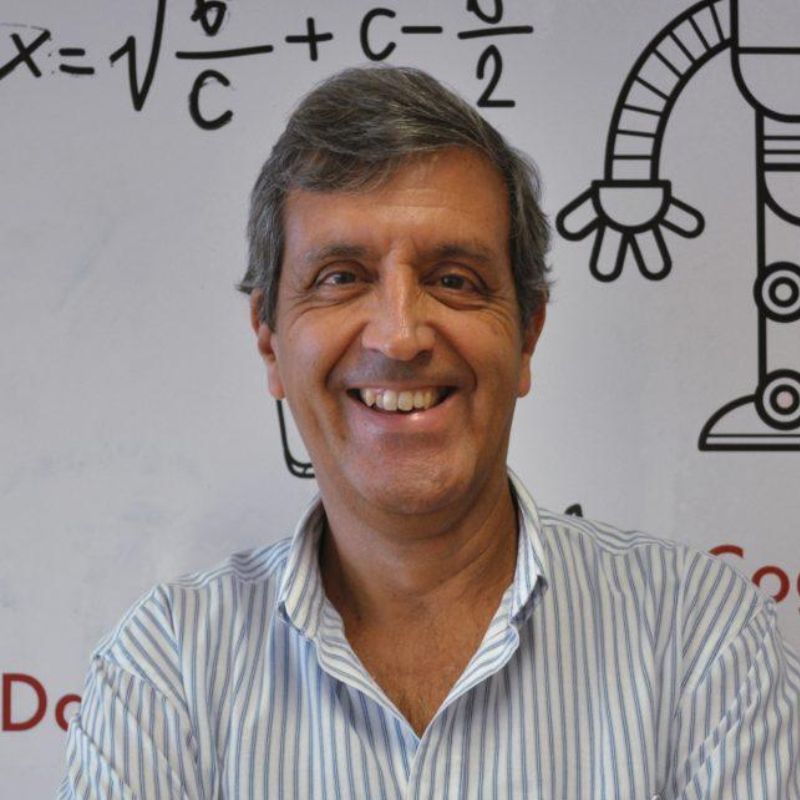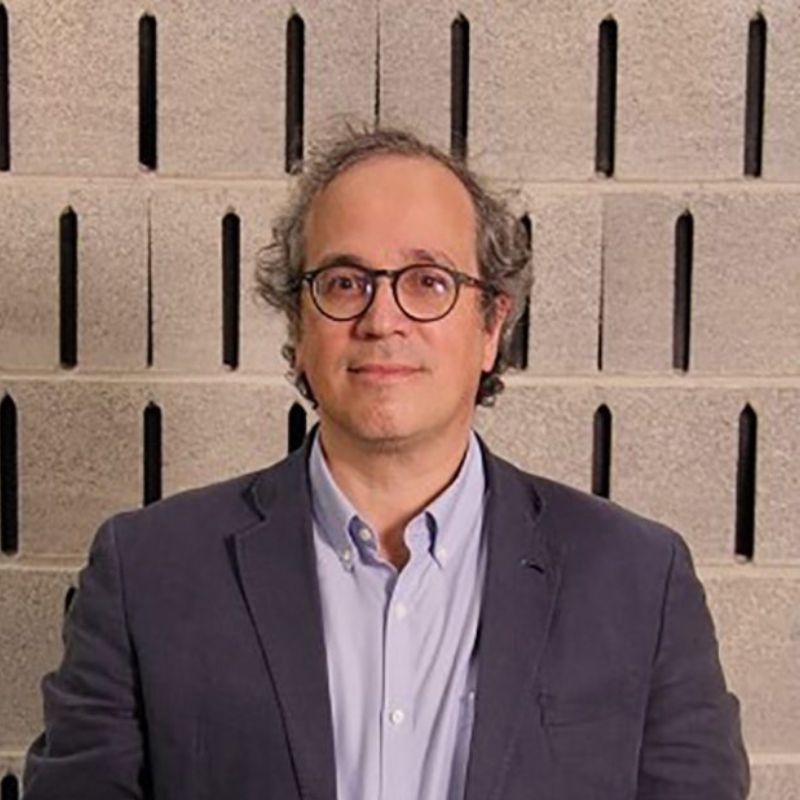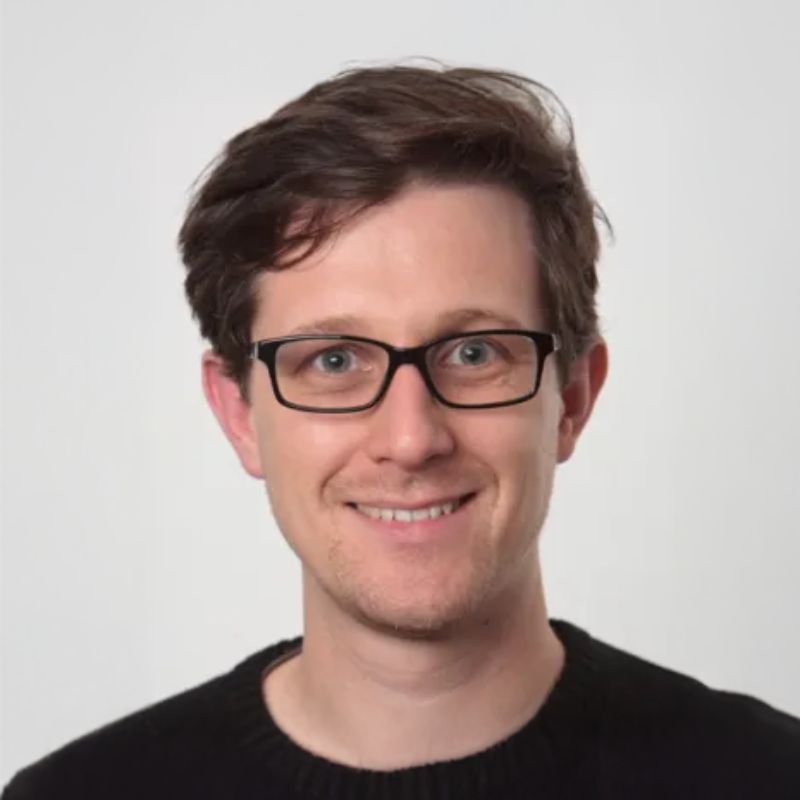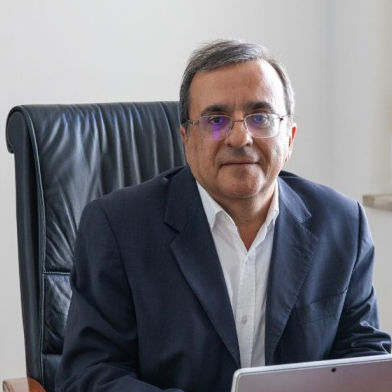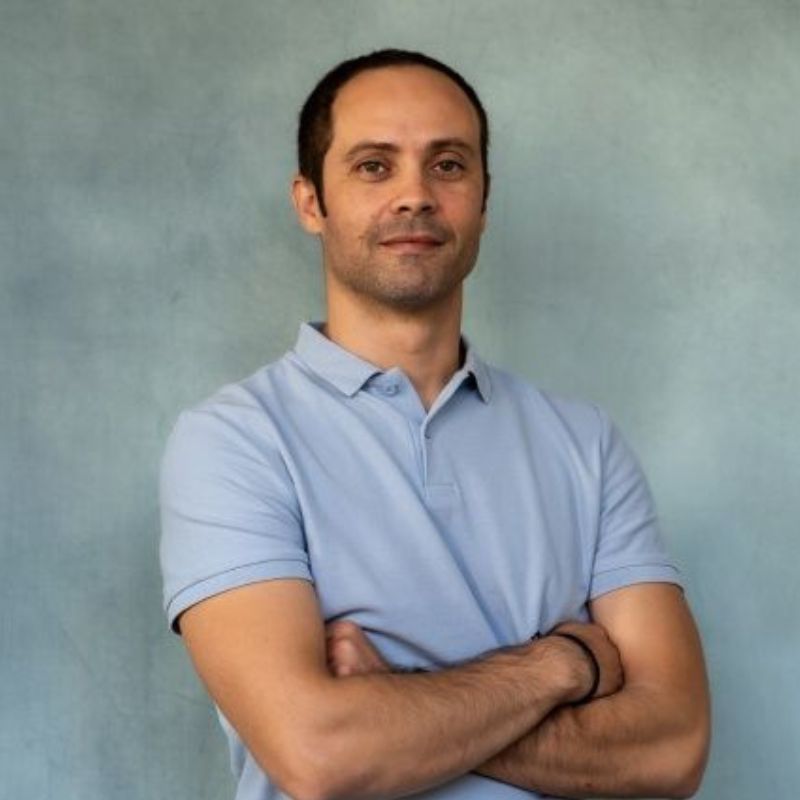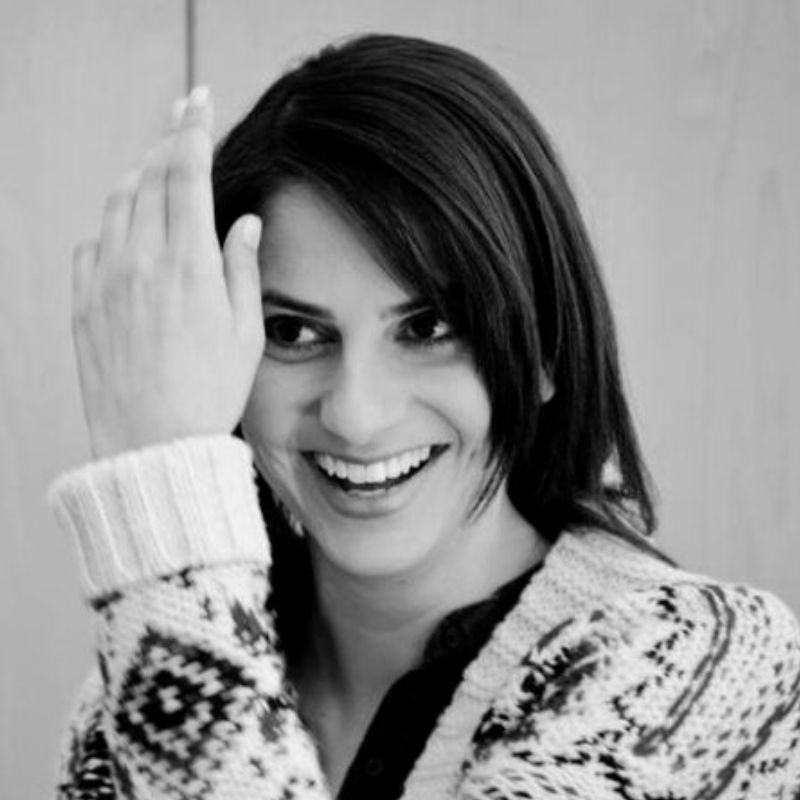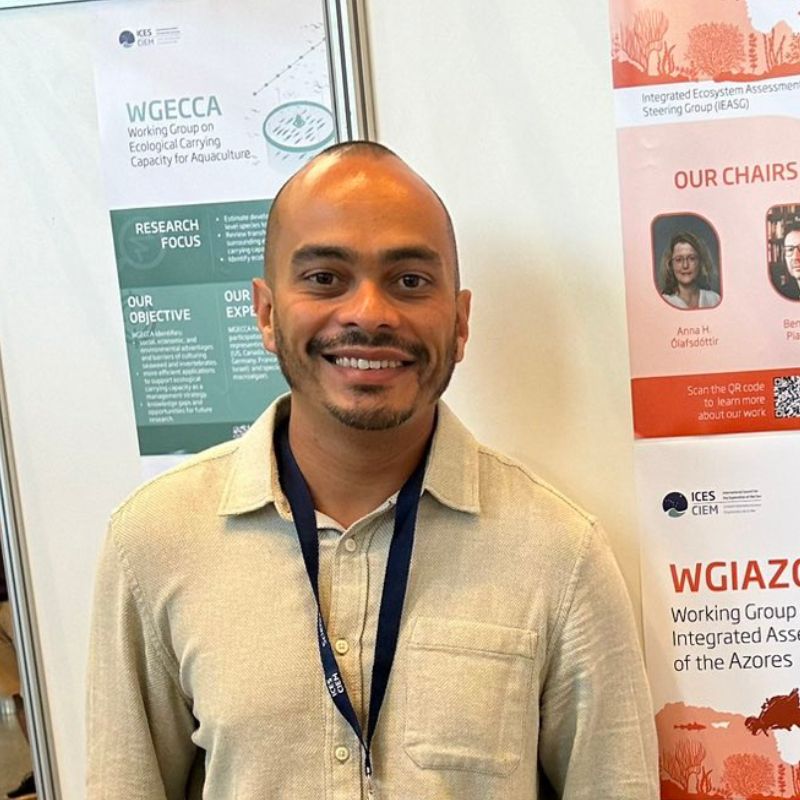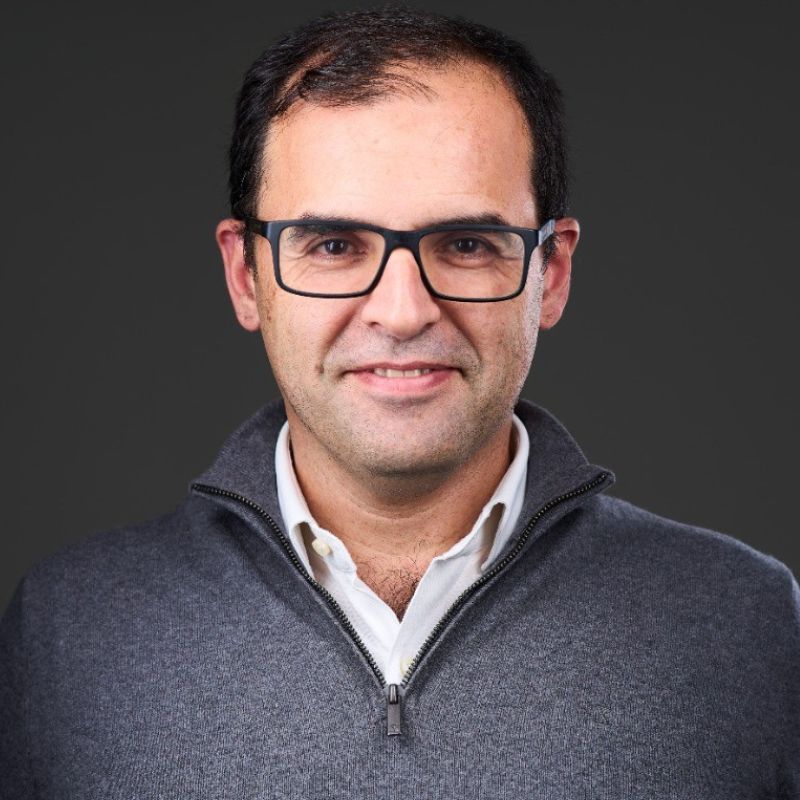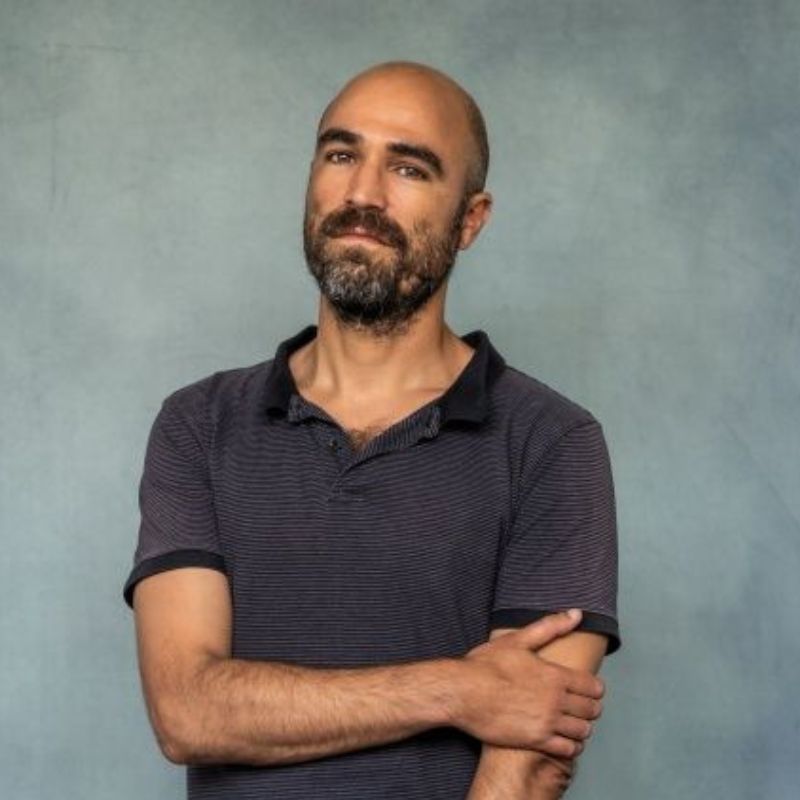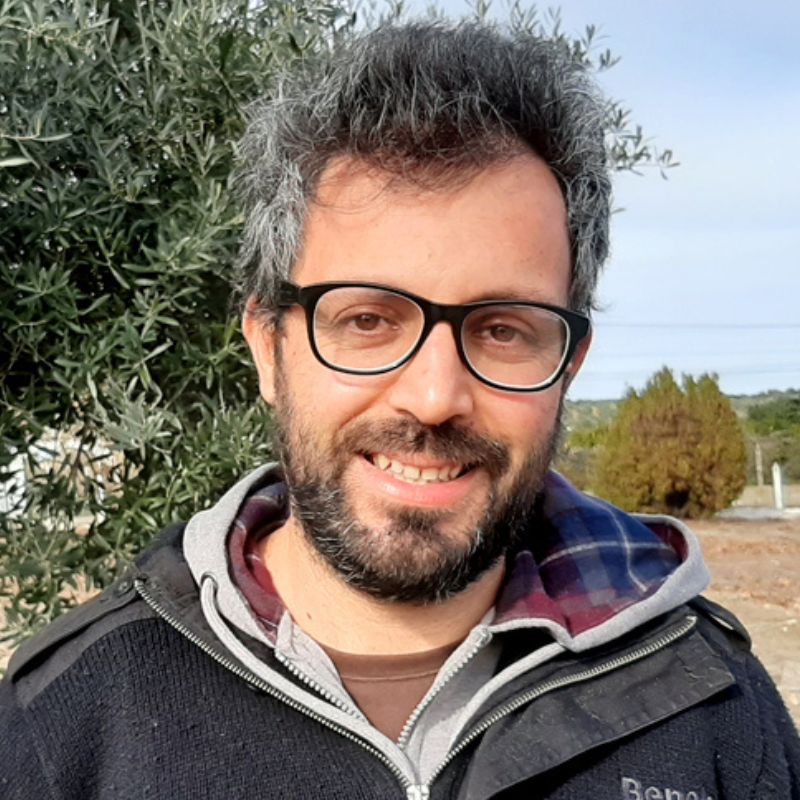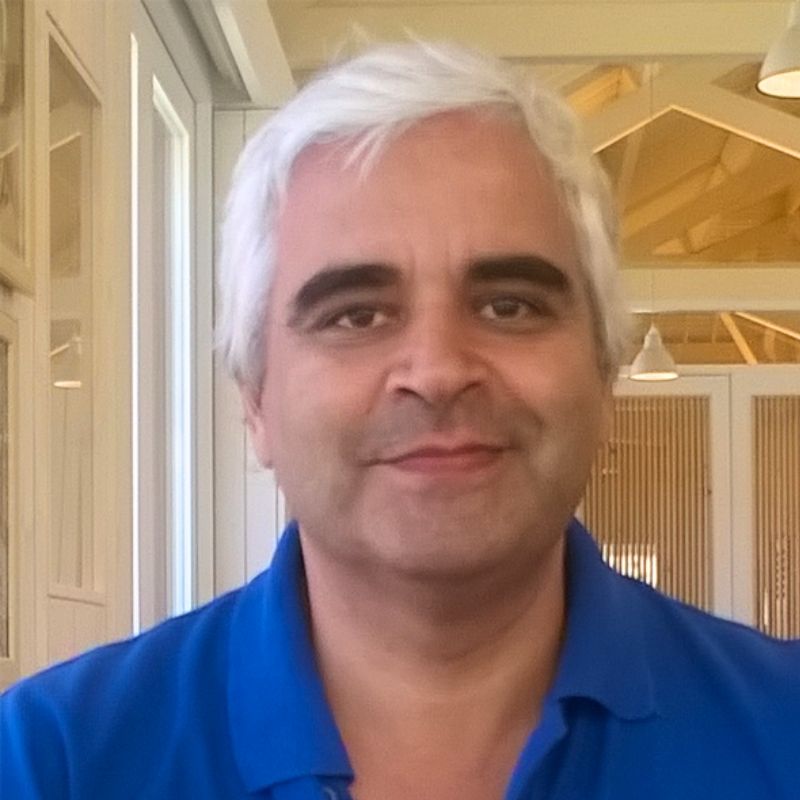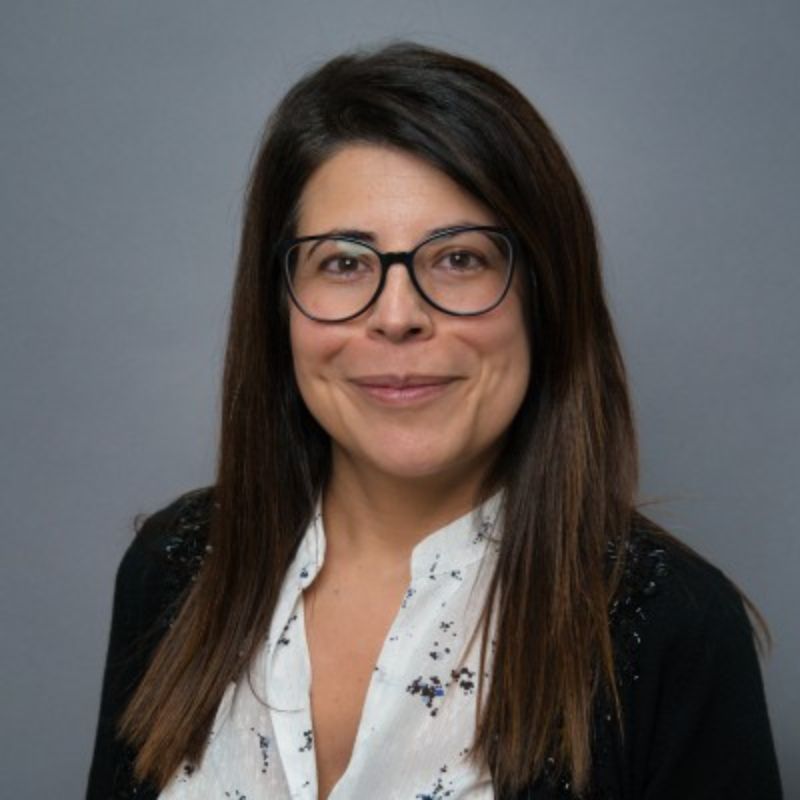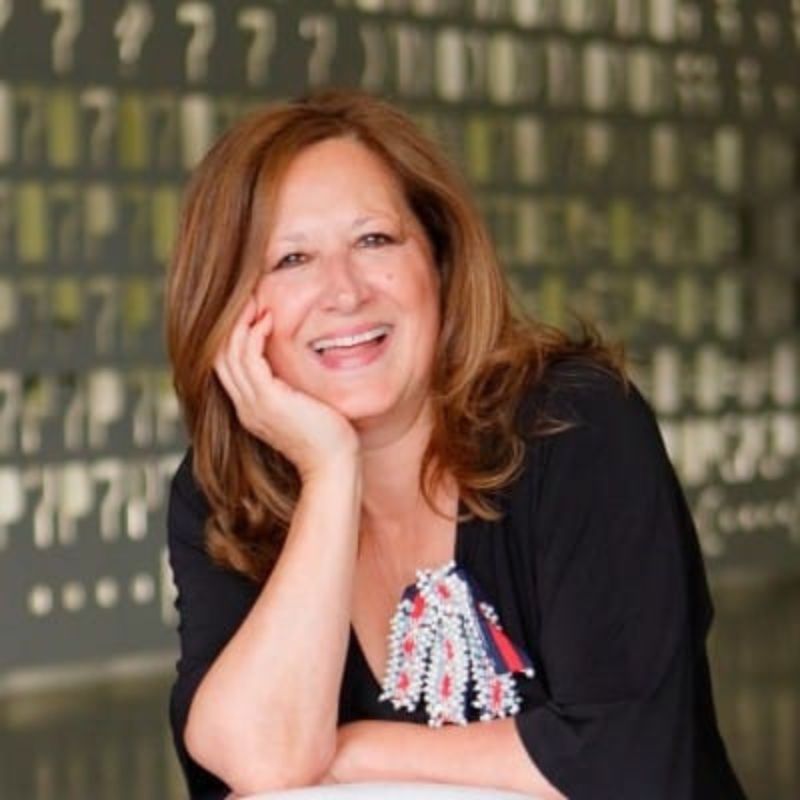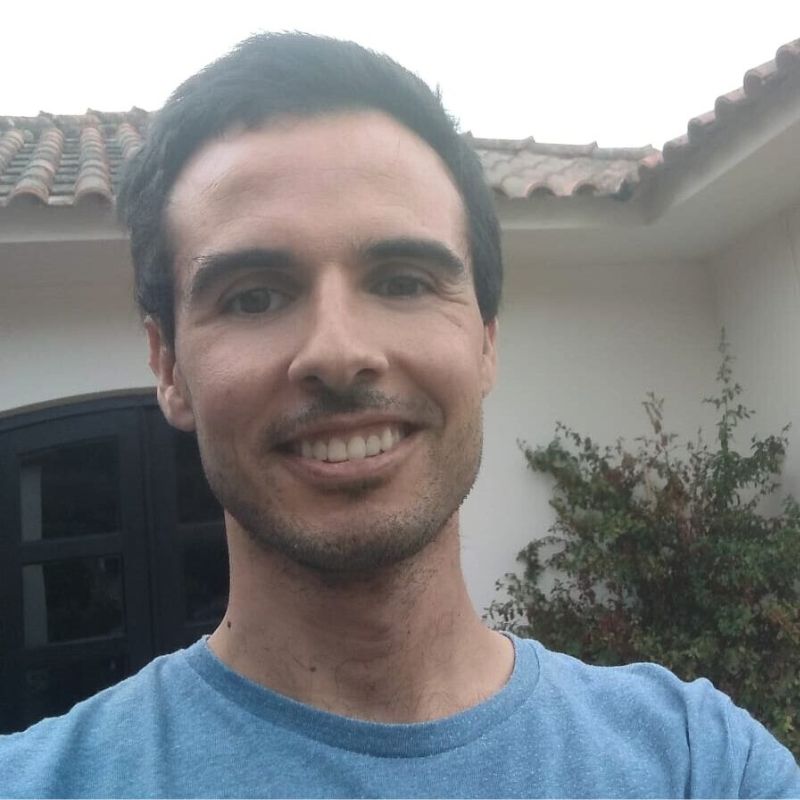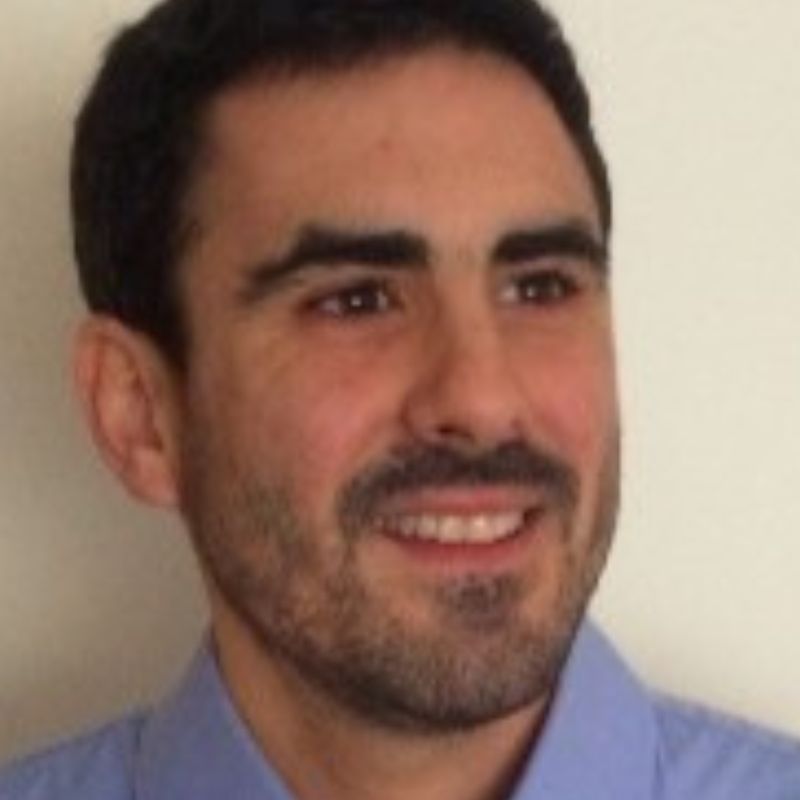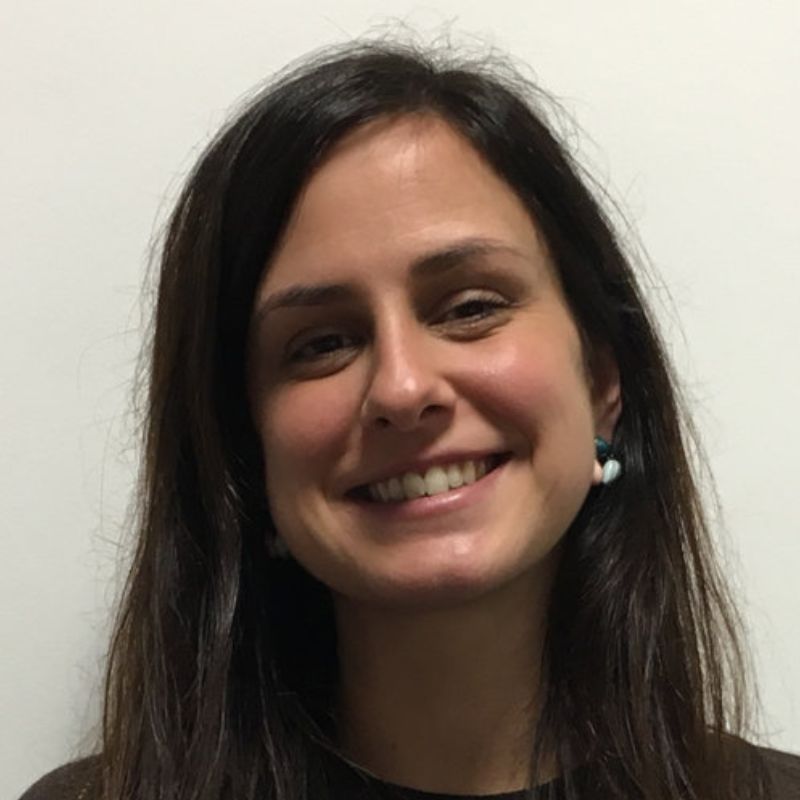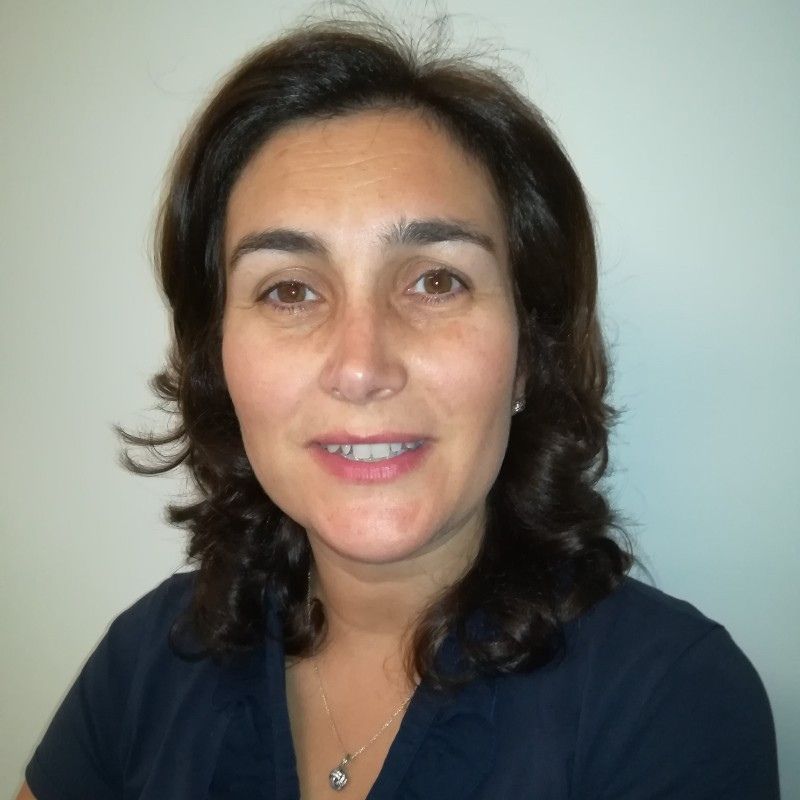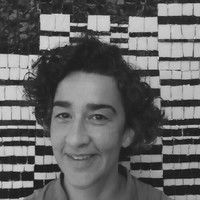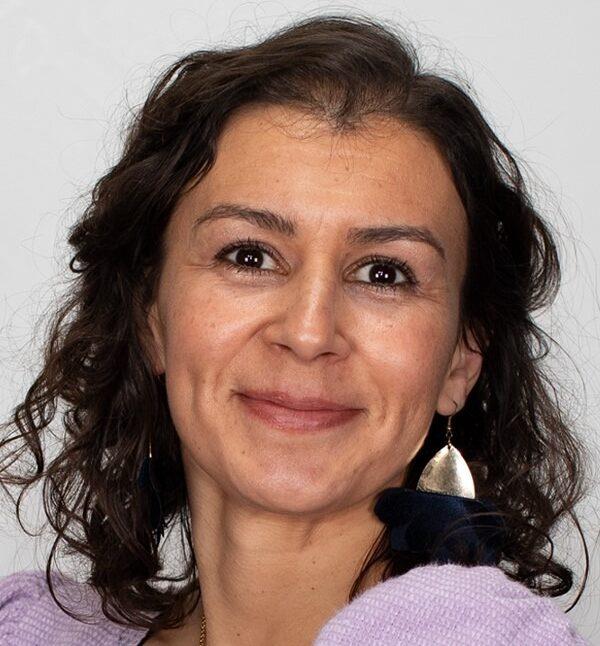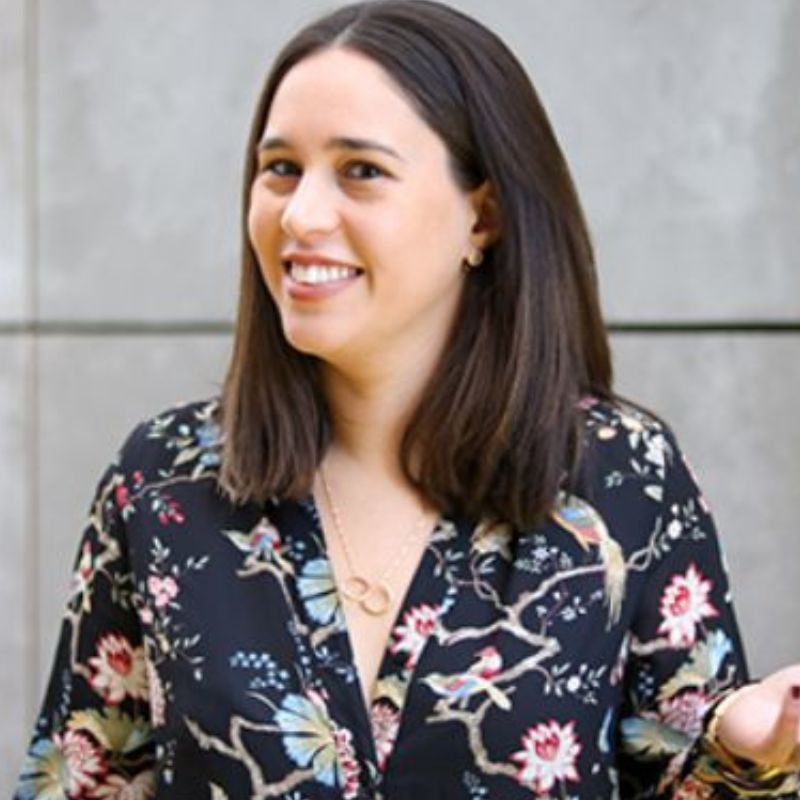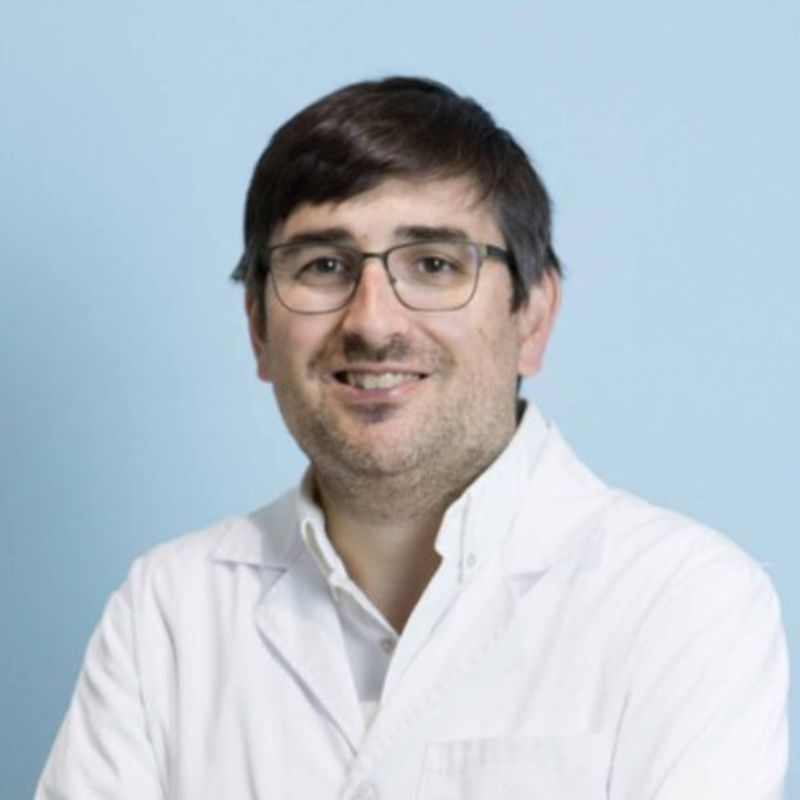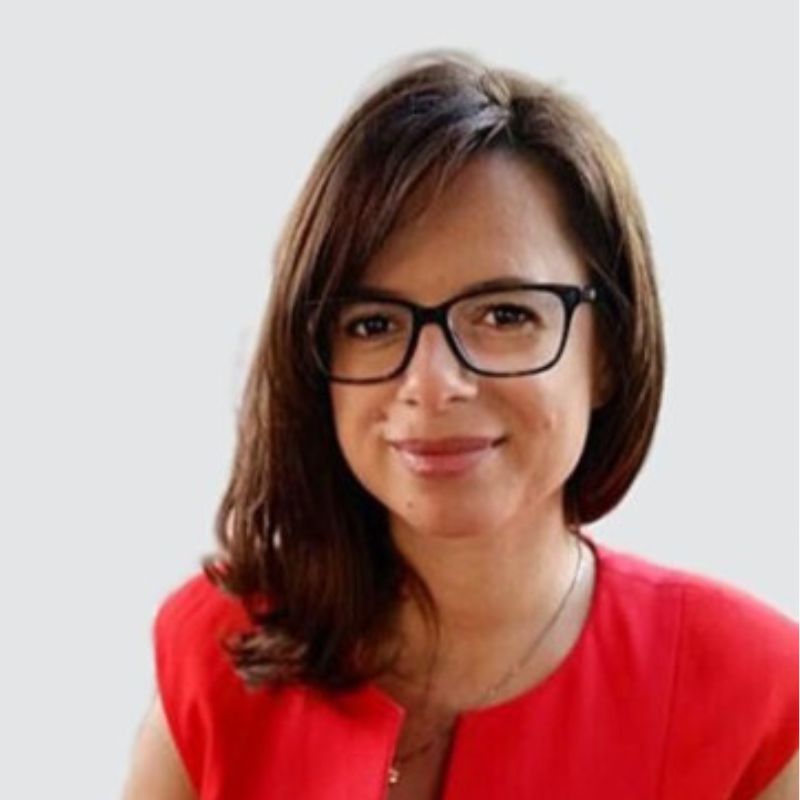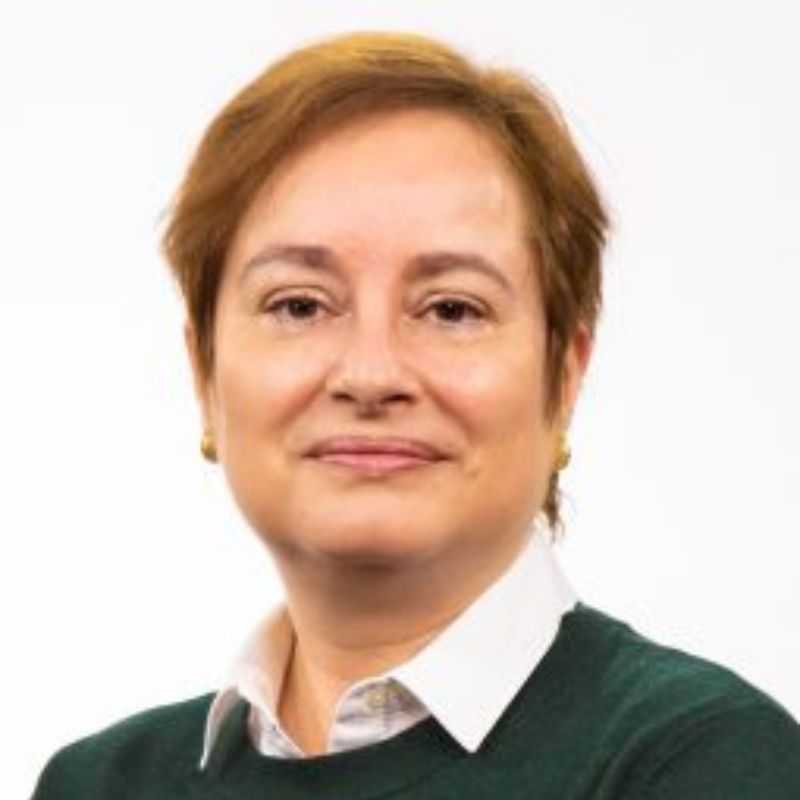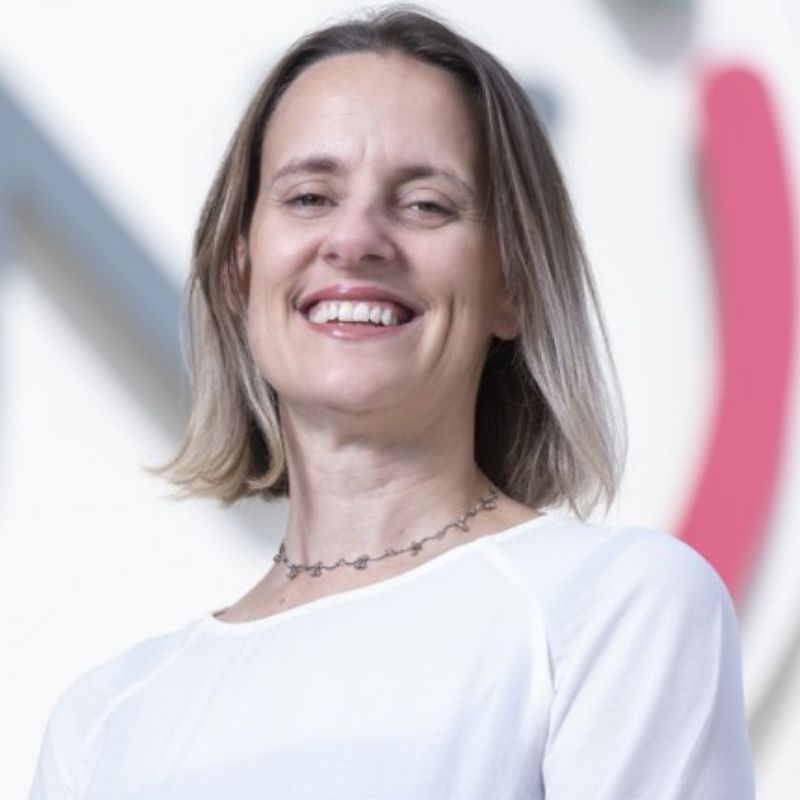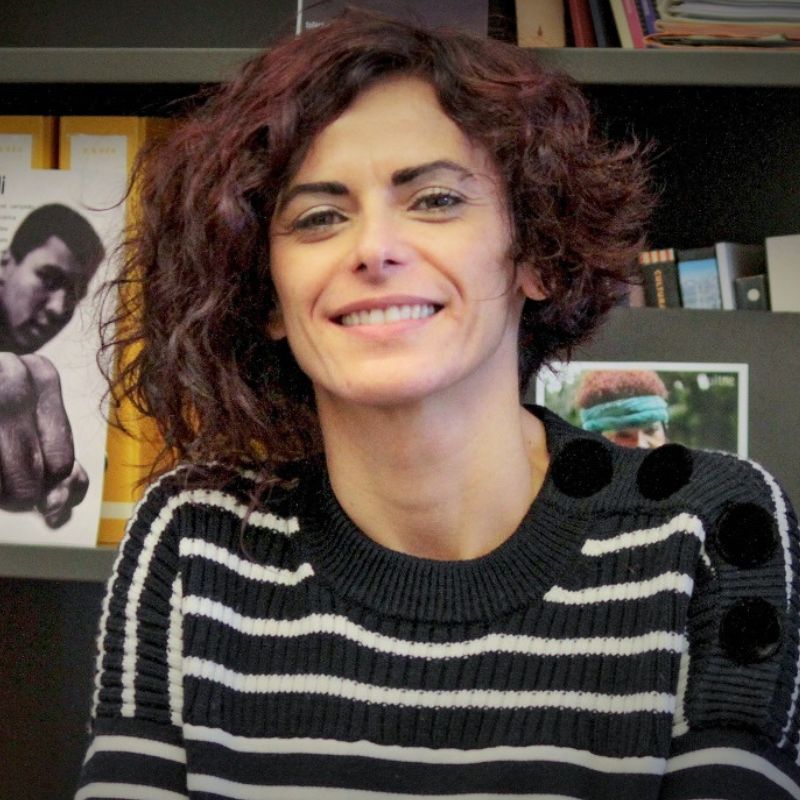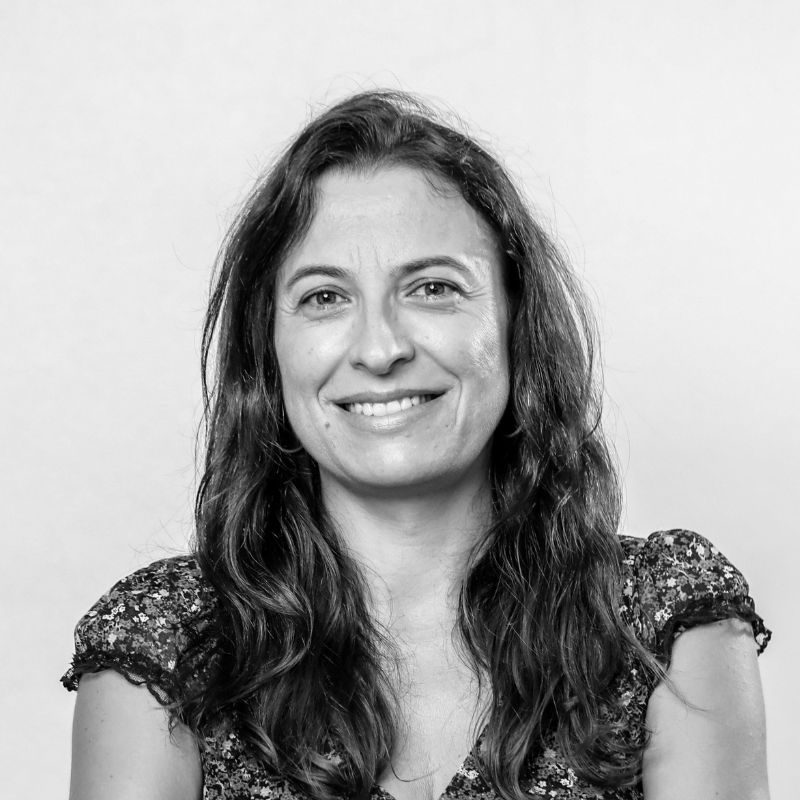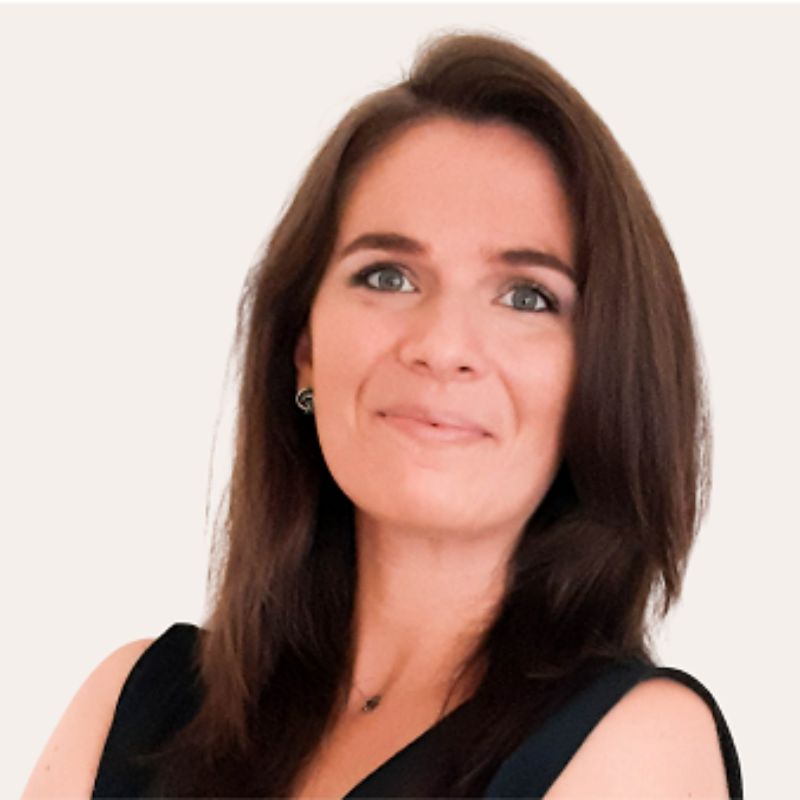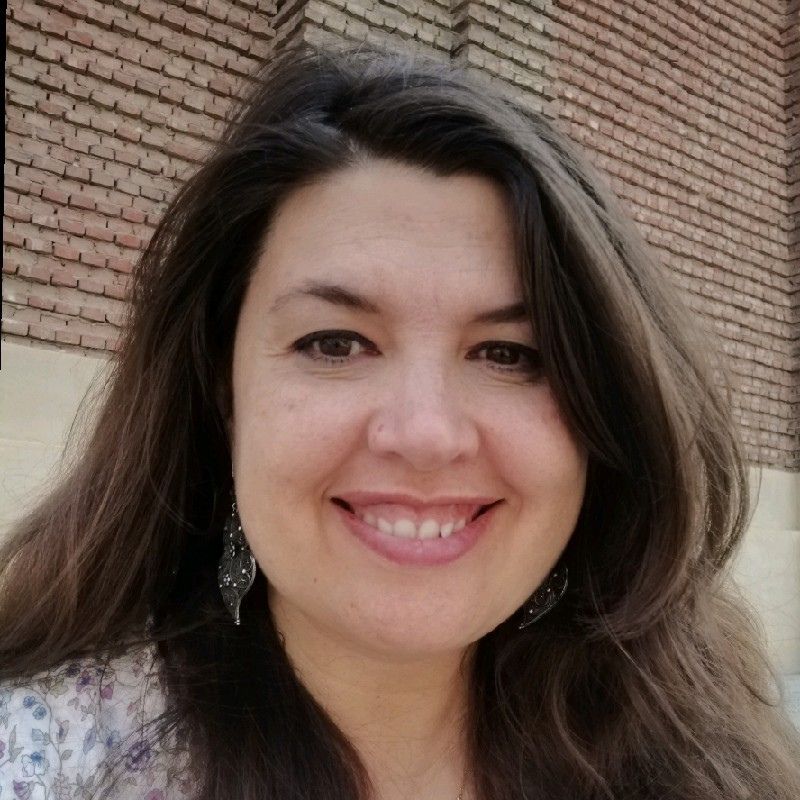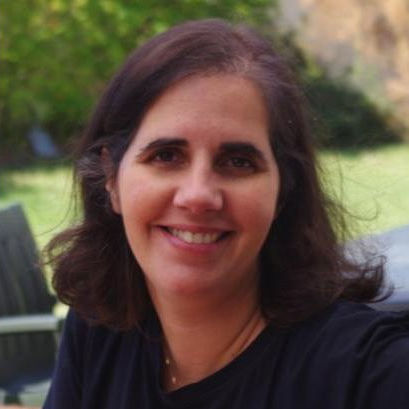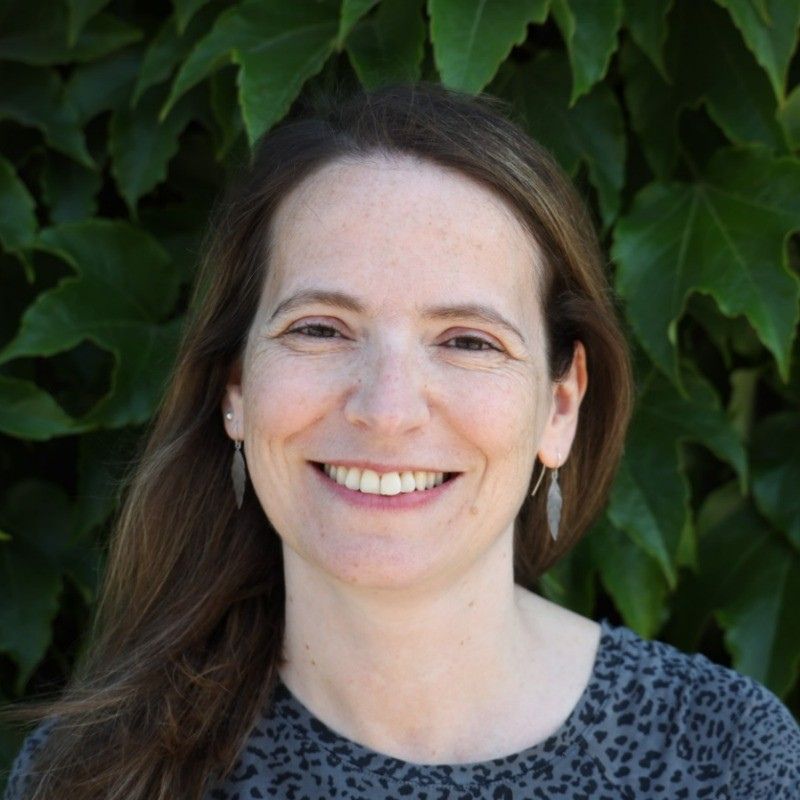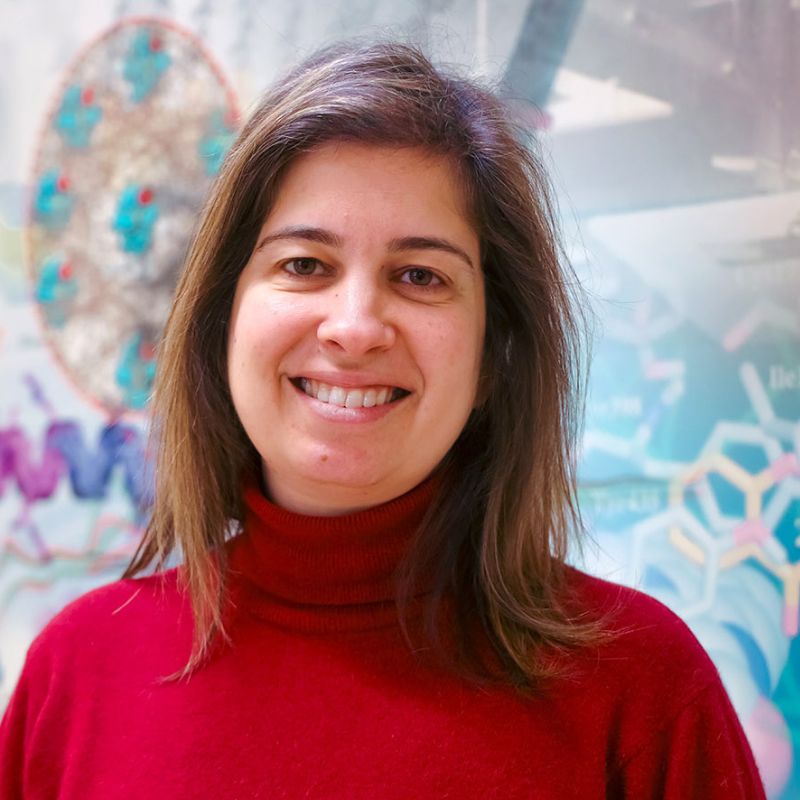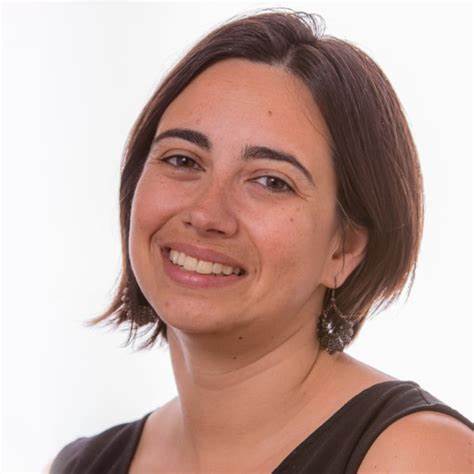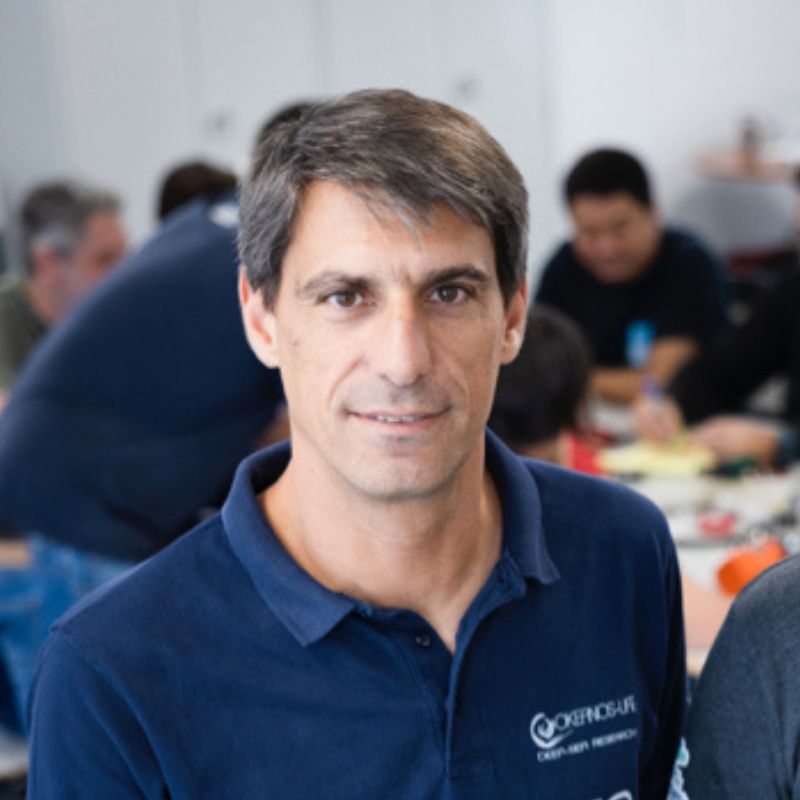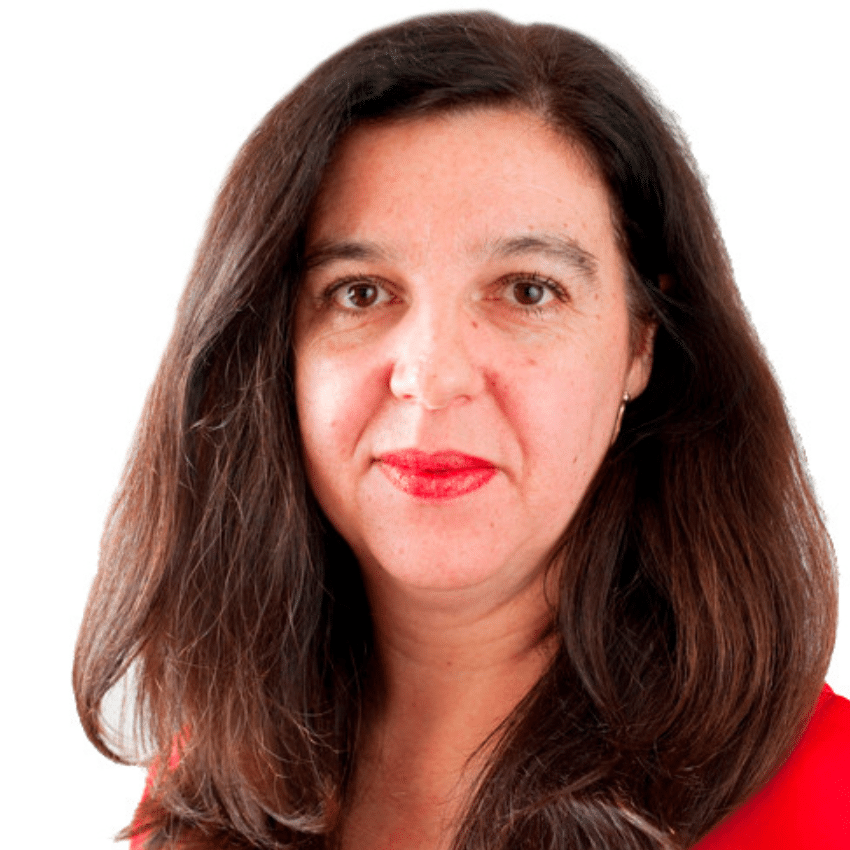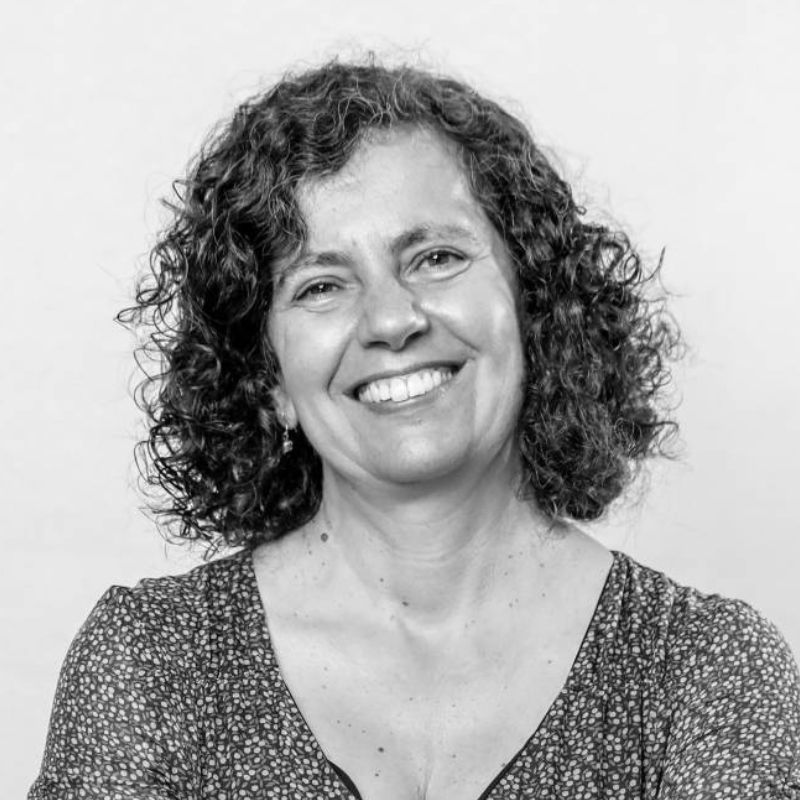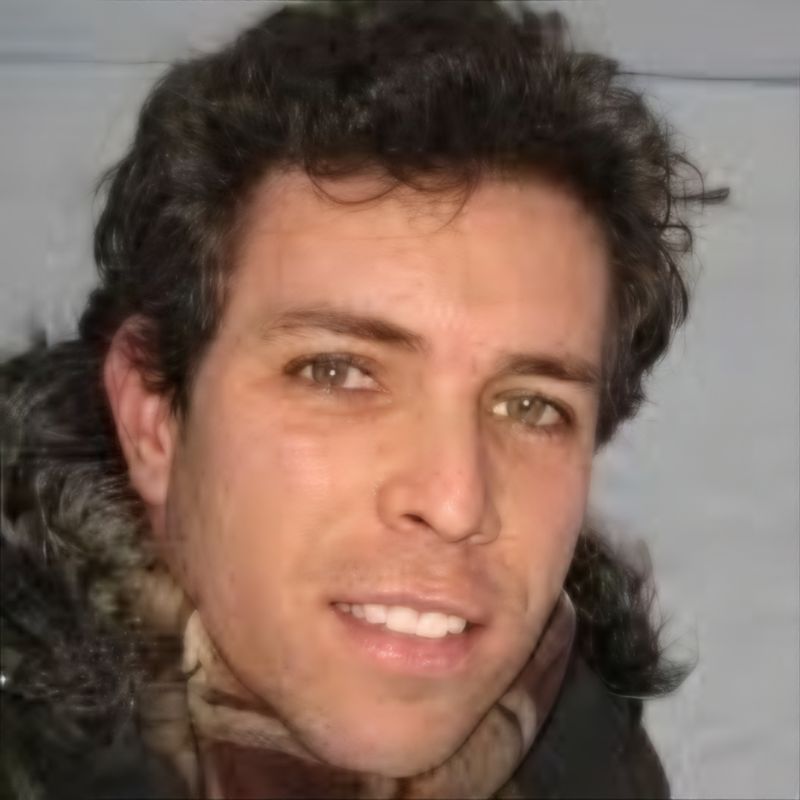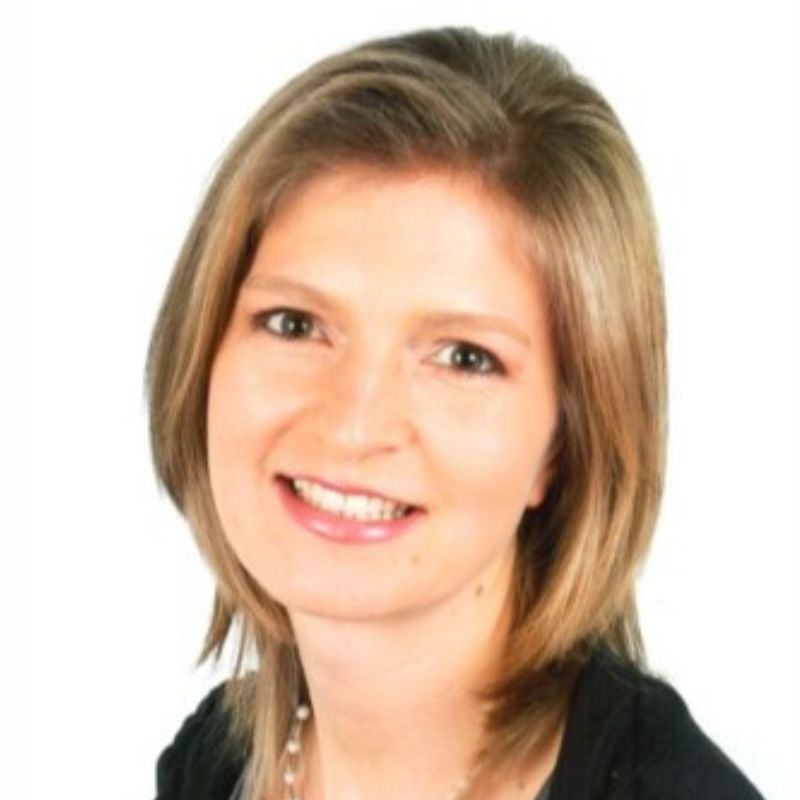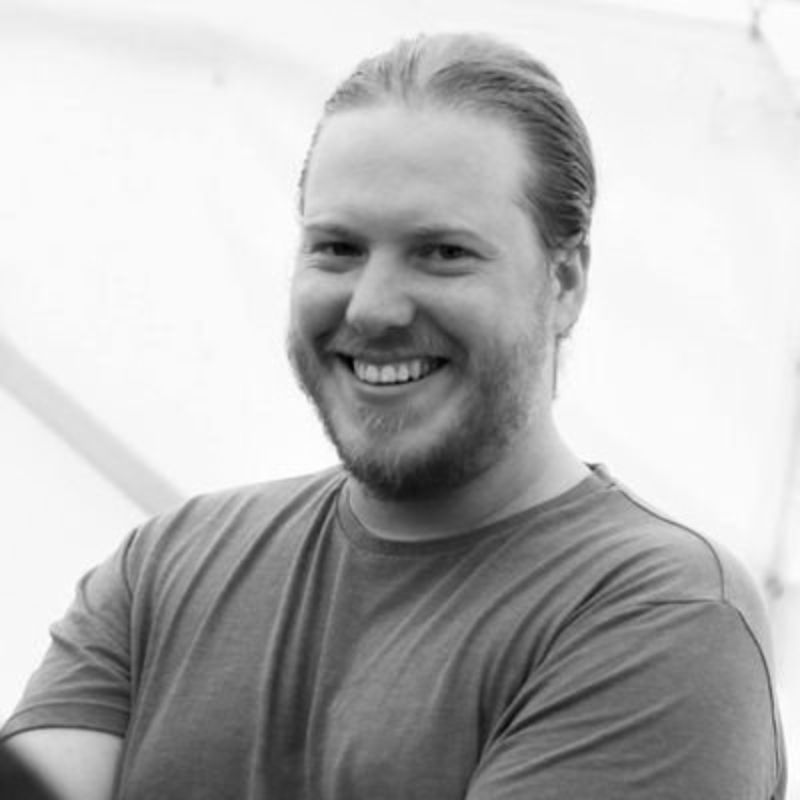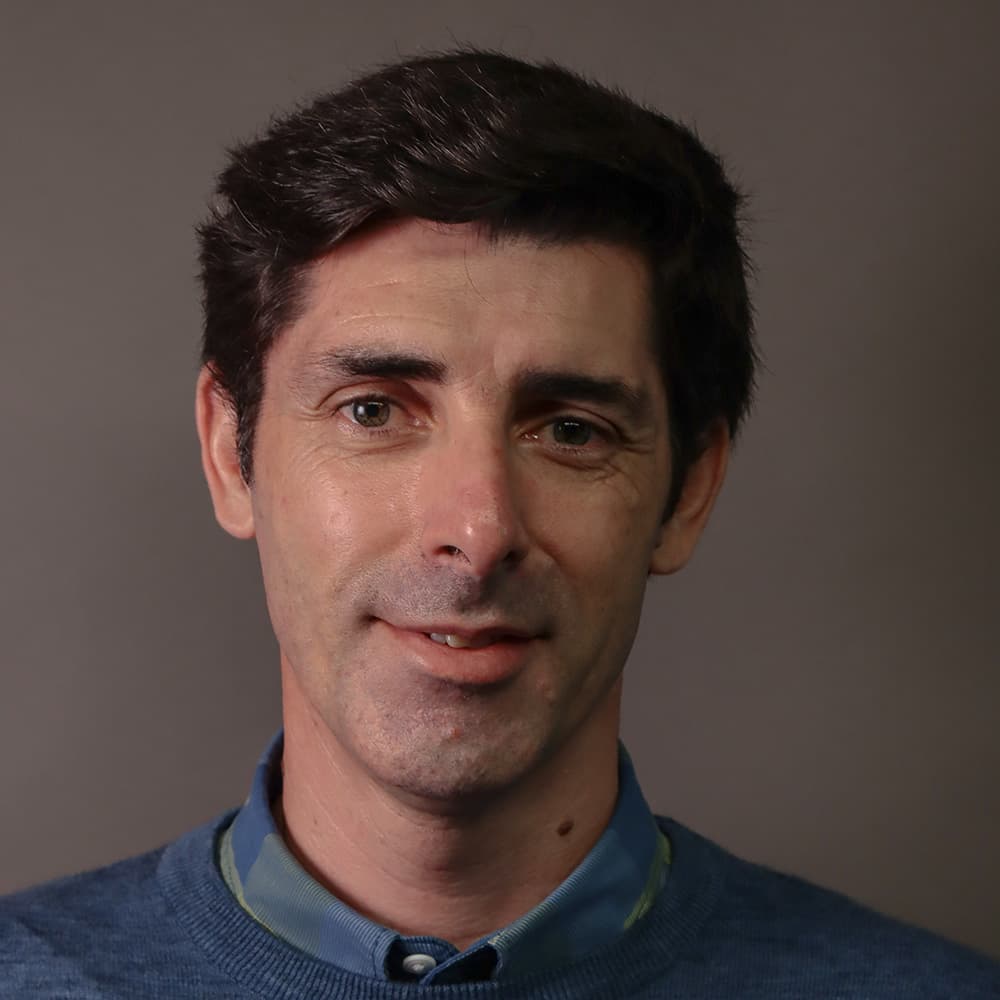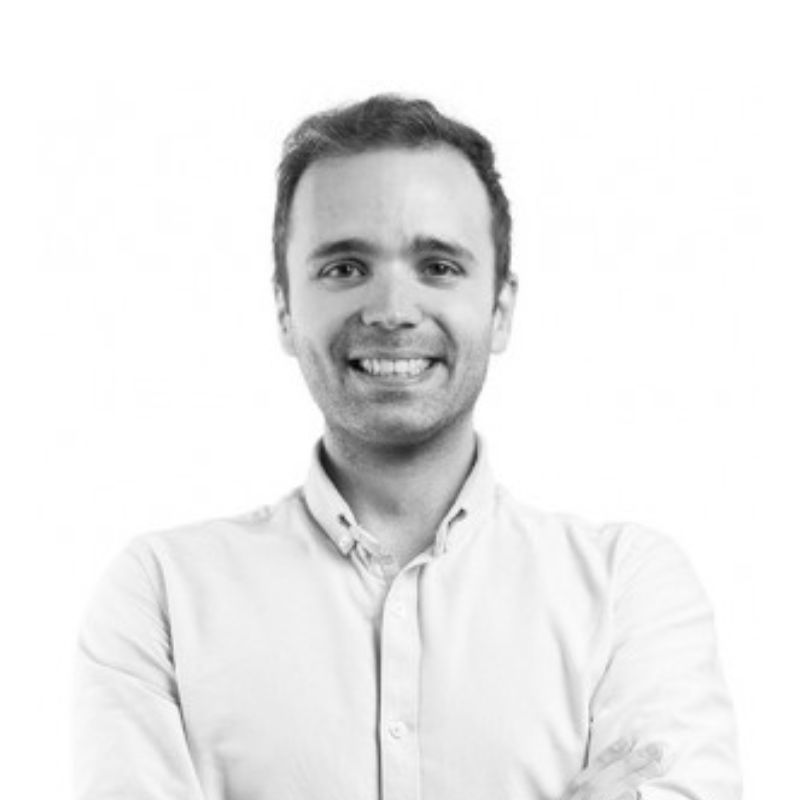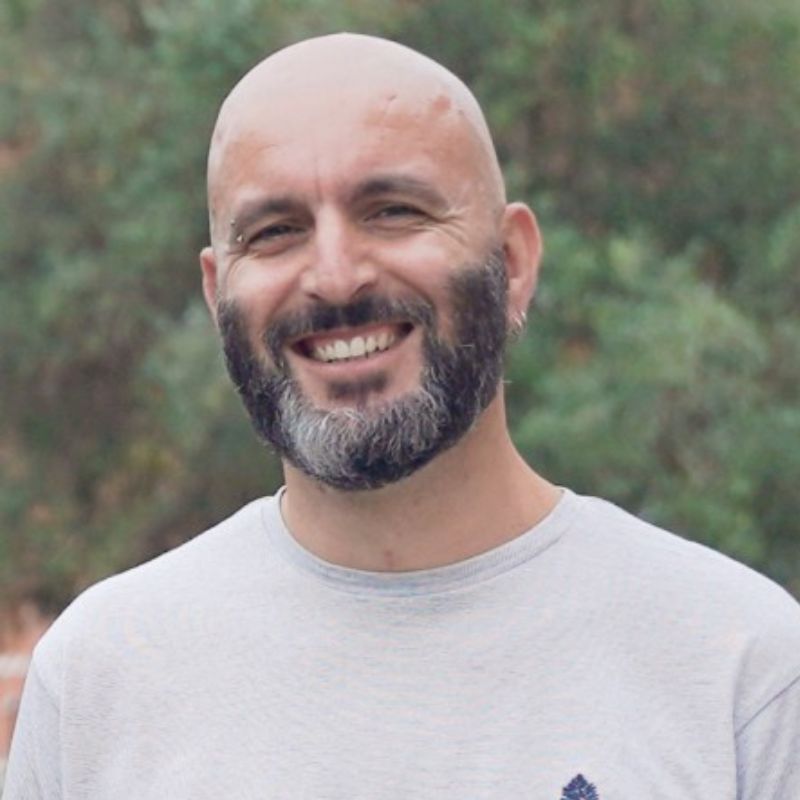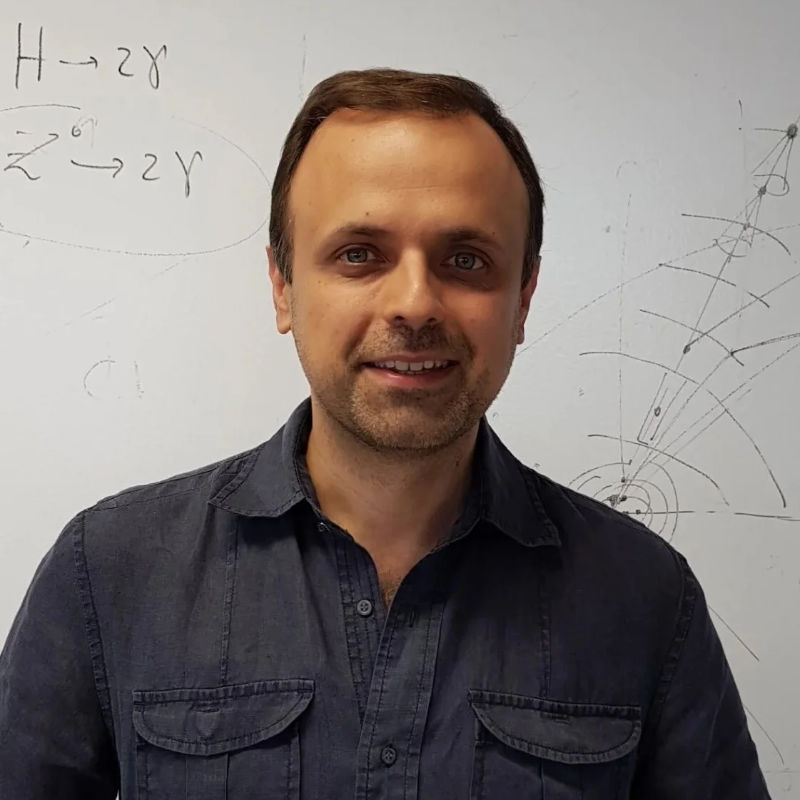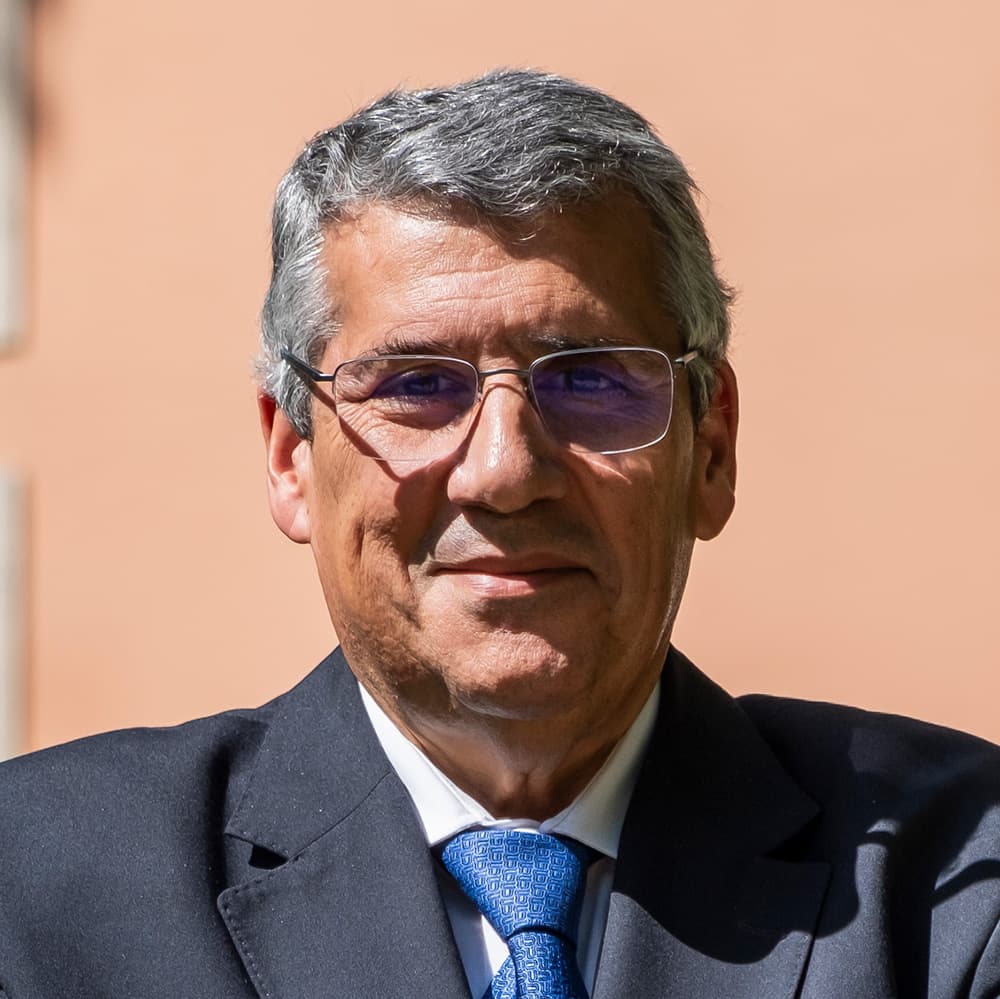
He has a PhD in Polymer Science and Engineering (1991) and is a full professor at the University of Minho. He was President of the School of Engineering (2005-09), Rector of the University of Minho (2009-17), President of the Council of Rectors of Portuguese Universities (2014-17) and of the CEER Foundation Board of the Universities of Northern Portugal and Galicia (2010-16).
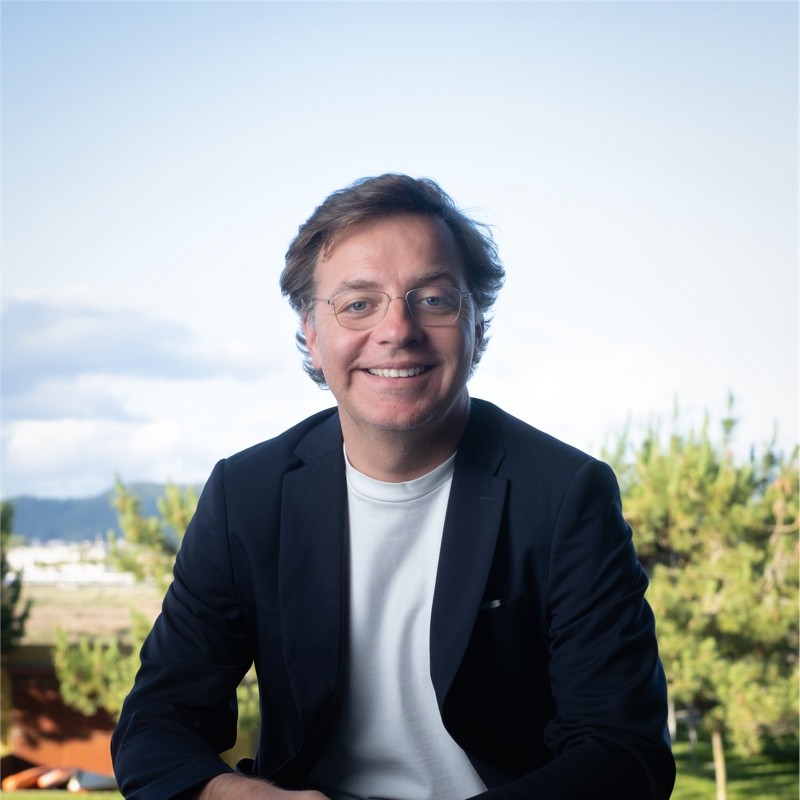
Carlos Oliveira
President of the National Council for Science, Technology and Innovation (CNCTI)
Session:
Entrepreneur and manager with extensive experience in innovation and public policy. He founded MobiComp, which was acquired by Microsoft, and was Secretary of State for Entrepreneurship, Competitiveness and Innovation. He currently chairs the CNCTI and is a member of several strategic councils in the areas of technology, science and economic development.
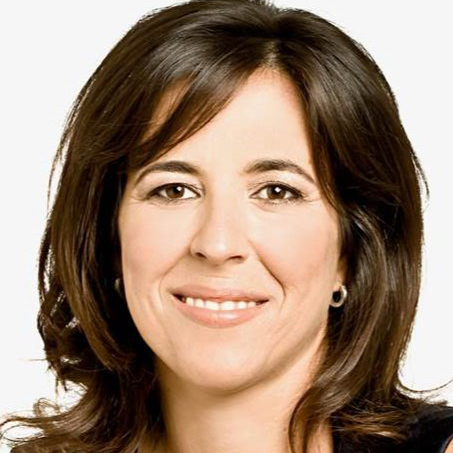
Goreti Marreiros
Polytechnic Institute of Porto
Session:
She has a PhD in Artificial Intelligence (AI) from the University of Minho, a Master's degree in Information Management and a degree in Applied Mathematics, both from the University of Porto. She is Principal Coordinating Professor at the Higher Institute of Engineering of the Polytechnic Institute of Porto (ISEP/IPP) and President of the Portuguese Association for Artificial Intelligence (APPIA).
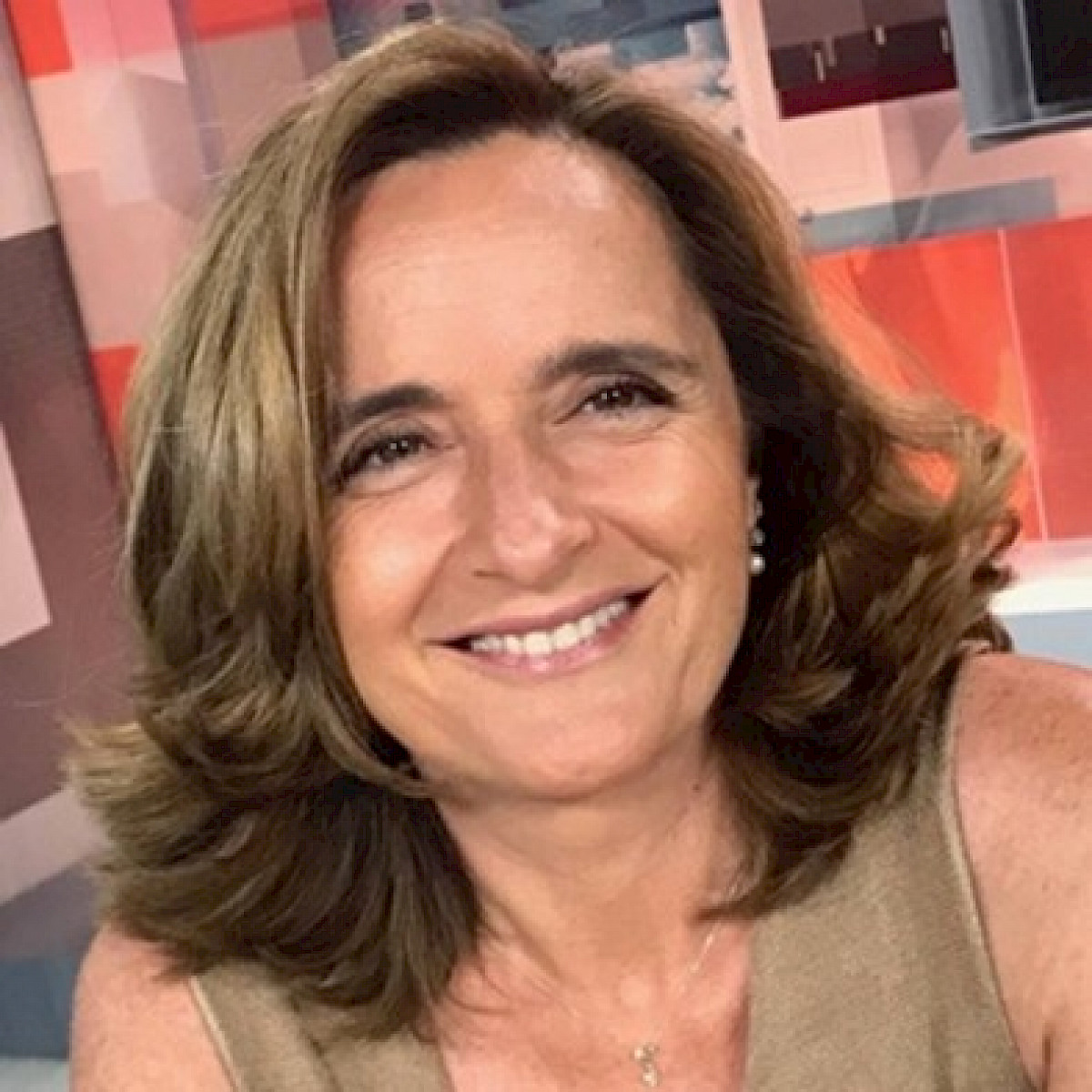
Helena Freitas
University of Coimbra (U. Coimbra)
Session:
Full Professor of Biodiversity and Ecology at the University of Coimbra, coordinator of the Centre for Functional Ecology and holder of the UNESCO Chair in Biodiversity and Conservation for Sustainable Development. She represents Portugal on the IPBES Platform and is a member of the International Committee of the schedule UNESCO Man and the Biosphere (ICC-MaB). Chairs the Advisory Board of the Business Council for Sustainable Development (BCSD Portugal) and manages Serralves Park.
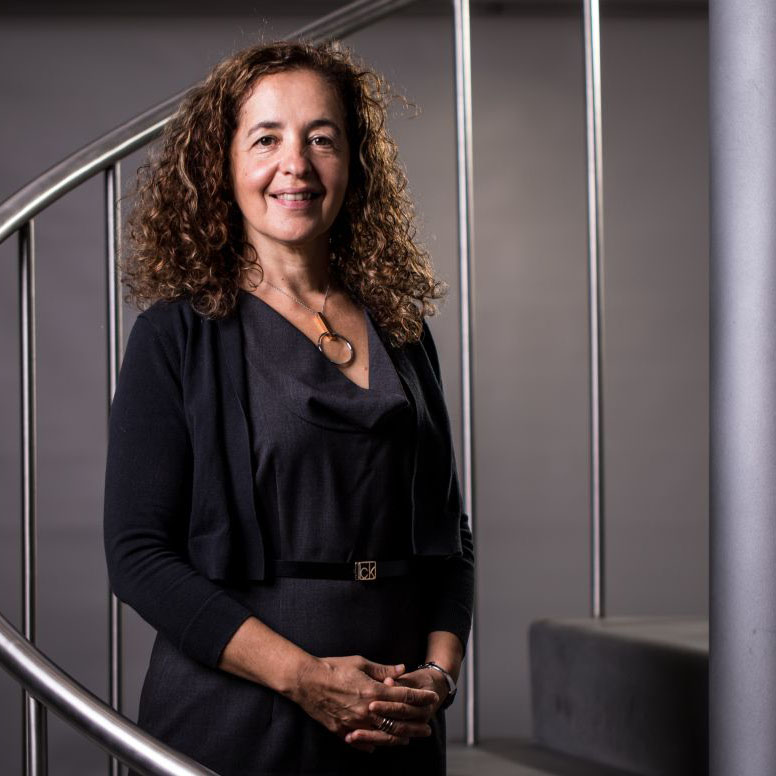
Helena Machado
CIES/ISCTE-IUL
Session:
Invited Coordinating Researcher at CIES - Center for Research and Studies in Sociology, she is the Principal Investigator of the fAIces project - Facial Recognition Technologies: Ethno-Assemblages and Alternative Futures, funded by an Advanced Grant from the European Research Council (ERC). She has a PhD in Sociology and conducts research in the areas of Science and Technology Studies (STS) and Critical Studies of Artificial Intelligence.
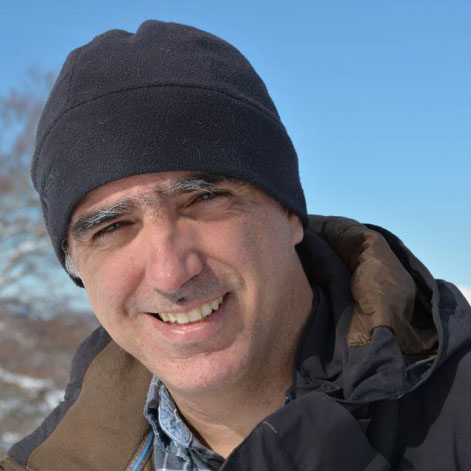
Henrique Miguel Pereira
CIBIO - University of Porto
Session:
President of the Biodiversity Chair of the Infrastructures of Portugal and Professor of Biodiversity Conservation at iDiv - German Center for Integrative Biodiversity Research in Halle-Jena-Leipzig. He was a lead author of the Global Biodiversity Outlook 4, is the Chair of the Biodiversity Observation Network of the Group on Earth Observations, and one of the Coordinating Lead Authors of the IPBES Scenario Assessment.
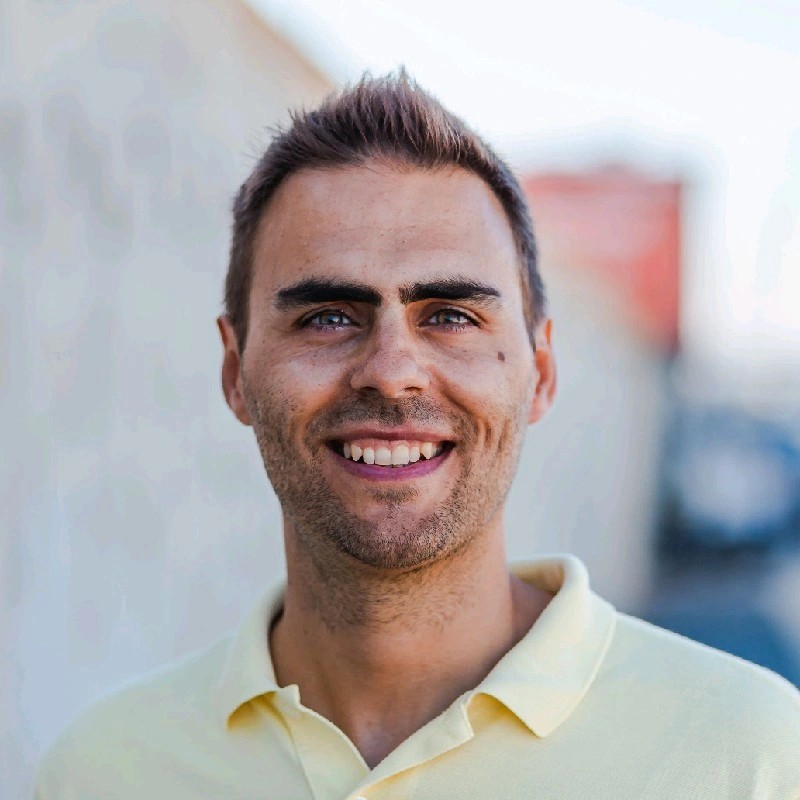
Hugo Penedones
Inductive
Session:
Co-founder and CTO of Inductiva Research Labs, where he leads the development of an API-first platform for large-scale scientific computing. Previously, he was a researcher at DeepMind, where he was part of the founding team of AlphaFold, one of the greatest advances in computational biology in recent decades.
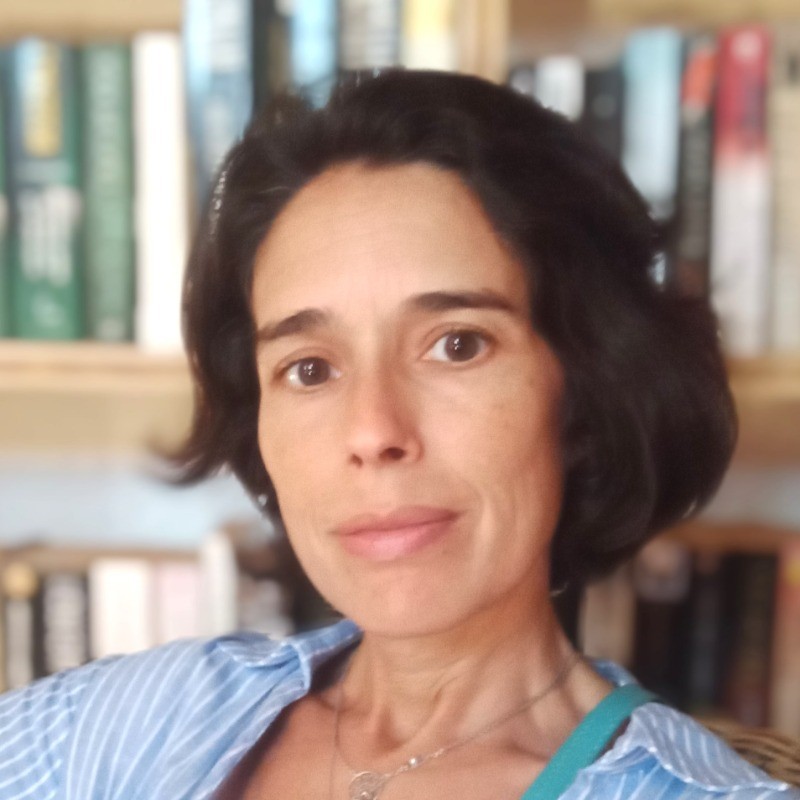
Joana Gaspar de Freitas
University of Lisbon (U. Lisboa)
Session:
Invited Assistant Professor at the Faculty of Arts of Lisbon. Deputy Director of the History Center of the University of Lisbon. PhD in Contemporary History from the University of Lisbon, her research focuses on environmental history, with an emphasis on coastal areas, combining History, Anthropology, Geology, Geography and Spatial Planning to understand the impacts of climate change, extreme events, risks, vulnerabilities, resilience and adaptation strategies of coastal communities.
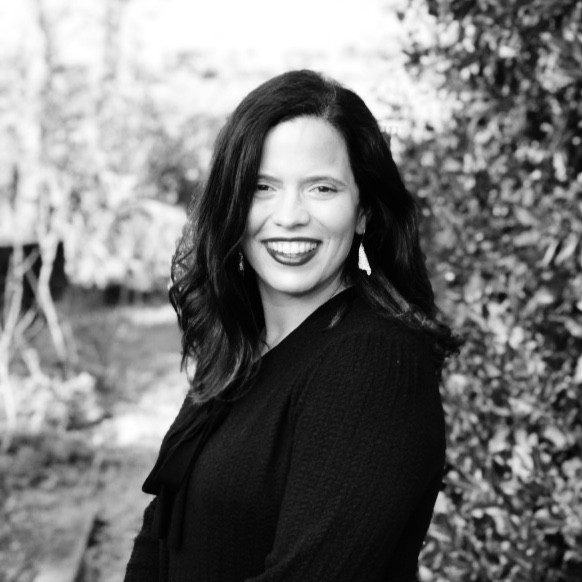
Joana Resende
University of Porto
Session:
Vice-Rector of the University of Porto for Strategic Planning, Knowledge Development and Entrepreneurship. Associate Professor at the Faculty of Economics, she chairs UPTEC and coordinates the European Alliance for Global Health locally. She is a member of the General Council of INESC TEC and a researcher in the areas of industrial organization and digital economy. She holds a PhD from the Université Catholique de Louvain and the University of Porto and leads projects funded by the FCT and the European Commission.
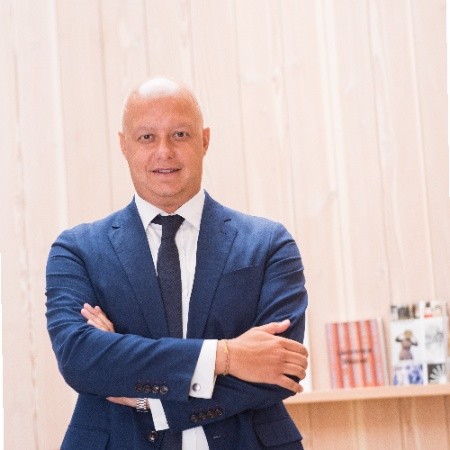
João Maciel
General Manager of EDP's New Energy Technologies Center
Session:
He has a degree in Electrical Engineering - Energy Systems from the University of Lisbon, an MBA from Universidade Católica Portuguesa and advanced management studies from the London Business School. He was previously Director of Technological Development at EDP Inovação and a member of the Board of Directors of other EDP R&D initiatives, namely the WindFloat Project. He has 20 years' experience working in the energy sector.
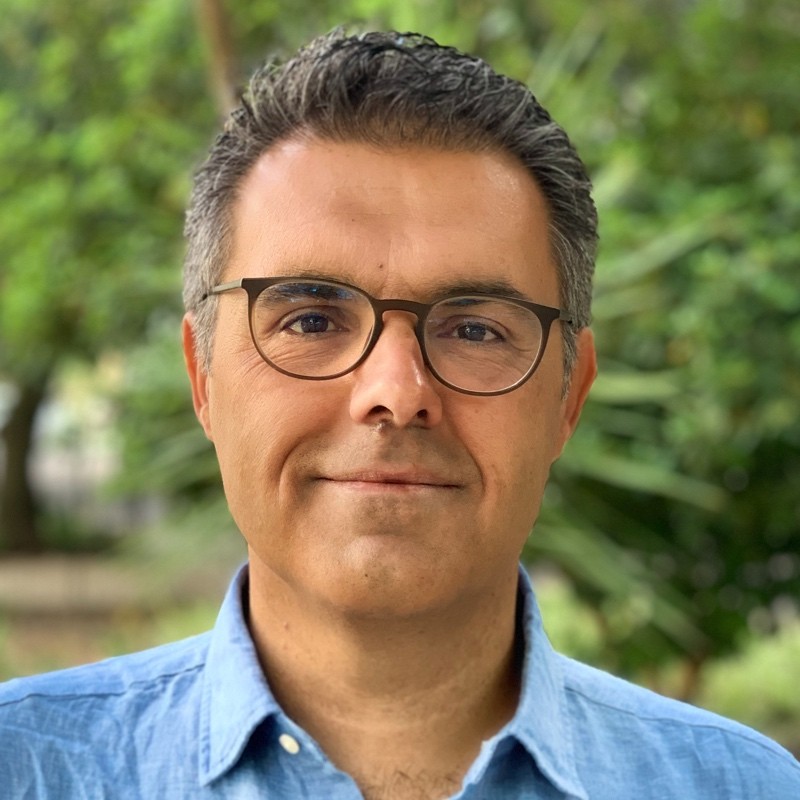
João Magalhães
New University of Lisbon
Session:
Professor at NOVA FCT and principal researcher at NOVA LINCS, with a degree in Electrical and Computer Engineering and a PhD from Imperial College London. He focuses on multimodal artificial intelligence, with notable international collaborations, including projects with Carnegie Mellon, Amazon, Google or the Portuguese Army. He also co-directs the CMU-Portugal schedule .
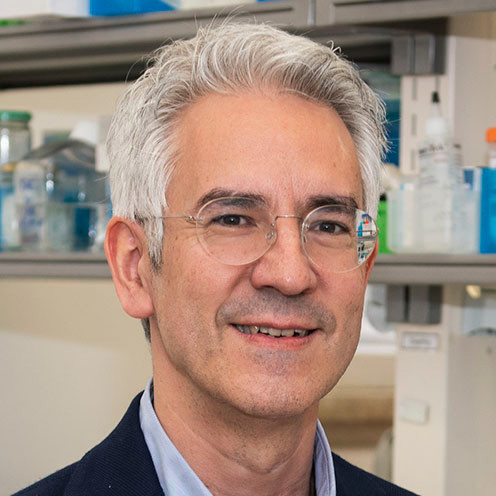
Luís Almeida
CNC, University of Coimbra
Session:
Associate Professor at the Faculty of Pharmacy of the University of Coimbra. At the same university, he coordinates the CIBB - Center for Innovation in Biomedicine and Biotechnology, as well as the CNC - Center for Neuroscience and Cell Biology and GeneT - Center of Excellence in Gene Therapy in Portugal. He has been working in the field of gene therapy in brain diseases since 1998, particularly in Machado-Joseph disease.
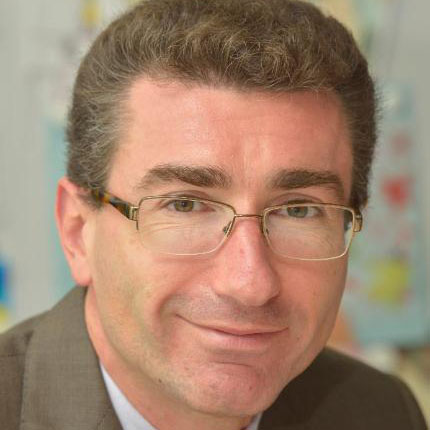
Born in Luxembourg, he has been Director-General of the European Commission's Directorate-General for Research and Innovation (DG RTD) since February 2023. From 2016 to 2023, he was Director-General of the Directorate-General for Regional and Urban Policy (DG REGIO). With extensive experience in European affairs, he joined the European Commission in 2007 as Head of Cabinet of the Commissioners responsible for Regional Policy and later for the Budget.
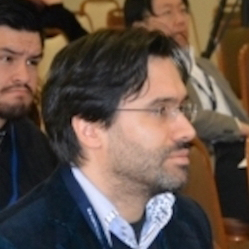
Marco Manso
Particle-Summary
Session:
Founder and Innovation Director of PARTICLE SUMMARY Lda. and EDGENEERING Lda., he participates in various research activities aimed at generating innovative products and services for the global market, for applications in Health, Security and Defense. He has a degree in Electronic and Computer Sciences from the Technical University of Lisbon and a Master's degree in Information Warfare/Competitive Intelligence from the Portuguese Military Academy.
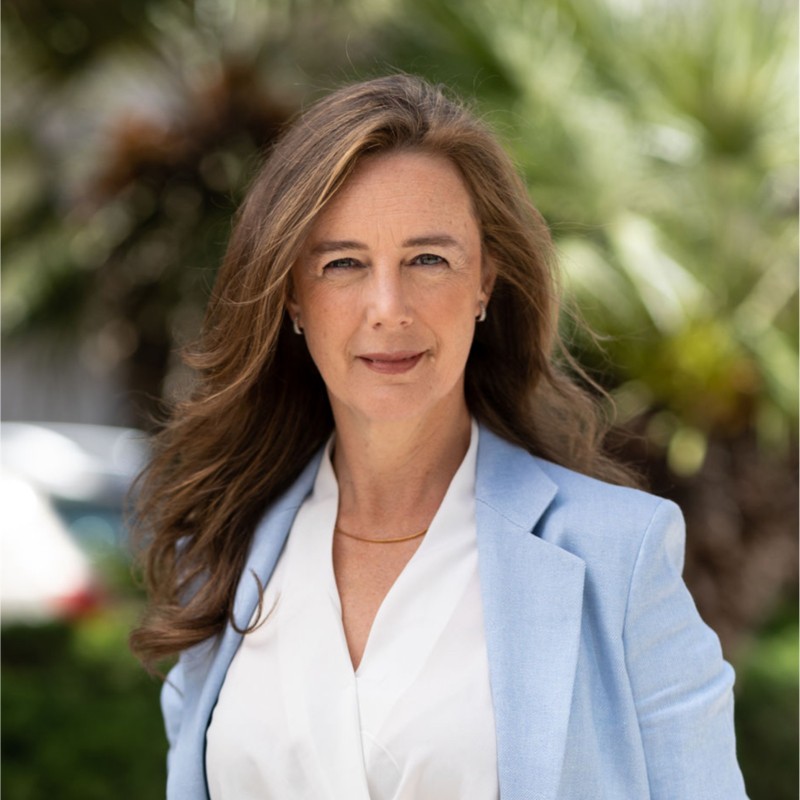
Co CEO and CFO of Galp since April 2025, accumulating executive leadership until 2026. With a degree in Economics from Nova SBE and an MBA from INSEAD, she has accumulated executive training at Harvard, MIT and Columbia. She started at McKinsey (1993), worked at SIBS, Unicre and CGD, and chaired Euronext Lisboa (2016-2017).
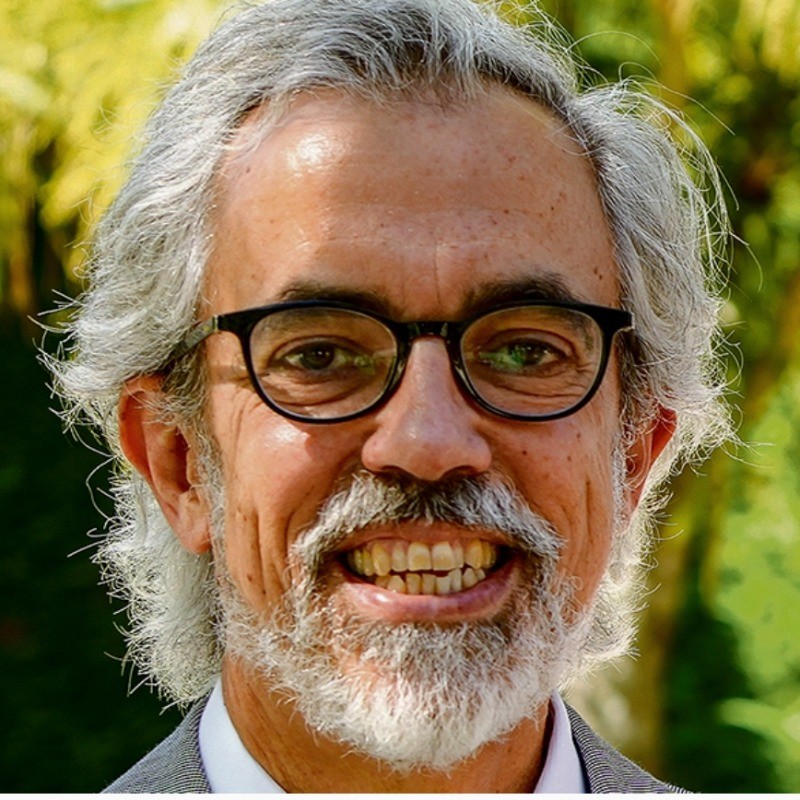
Mário Figueiredo
Instituto Superior Técnico
Session:
A full professor and specialist in machine learning, image processing and optimization, he has received several international awards and is Venture Partner and Chief Scientist at Faber. He coordinates research projects with a high scientific and technological impact.
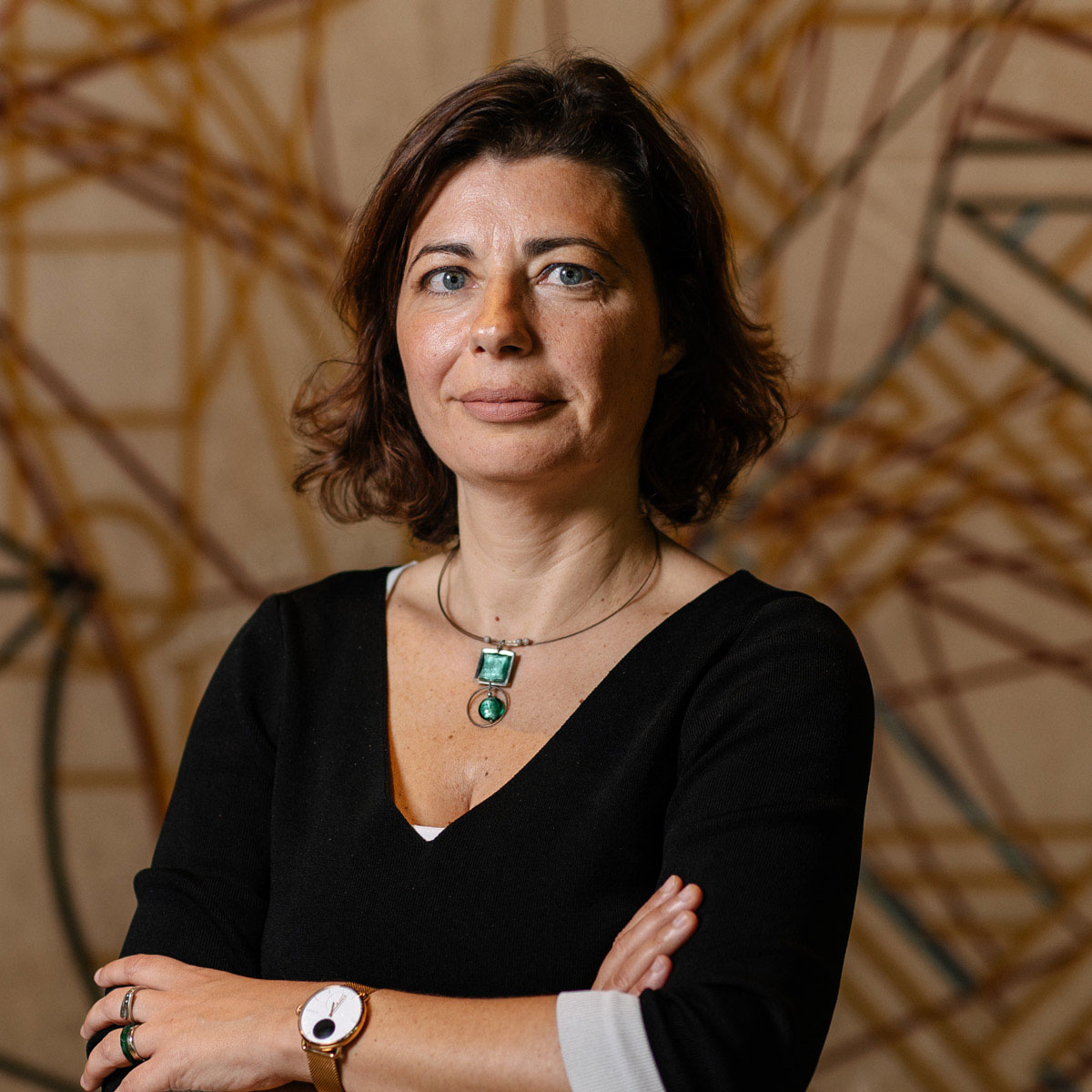
Monica Bettencourt-Dias
Gulbenkian Institute of Molecular Medicine (GIMM)
Session:
Principal Investigator at GIMM, she was Director of the Instituto Gulbenkian de Ciência between 2018 and 2023. She holds a PhD from University College London, with a postdoctoral degree from Cambridge, is a member of EMBO, Chair of the EMBO Science Policy Committee and Coordinator of the FCT Scientific Council for Life Sciences and Health. She has received honors such as the Pfizer Prize, the Eppendorf Young Investigator Award and the Keith Porter Fellowship from ASCB.
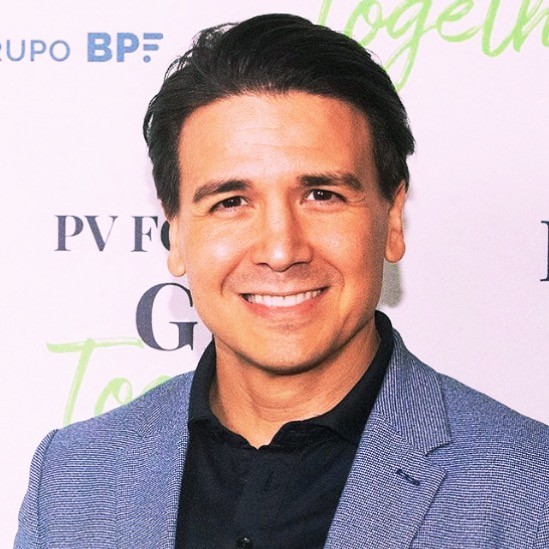
Nuno Prego Ramos
Valvian
Session:
Founder and CEO of Valvian, a Portuguese biotechnology company committed to prioritizing the treatment of people already suffering from diseases of aging, such as cancer. Co-founder and CEO of CellmAbs, a biotech spin-off from NOVA University dedicated to the creation of personalized immunotherapies for oncology. With a diverse background in Biochemistry, Law and Marketing Management, he has over 20 years of experience in the pharmaceutical and biotechnology industries.
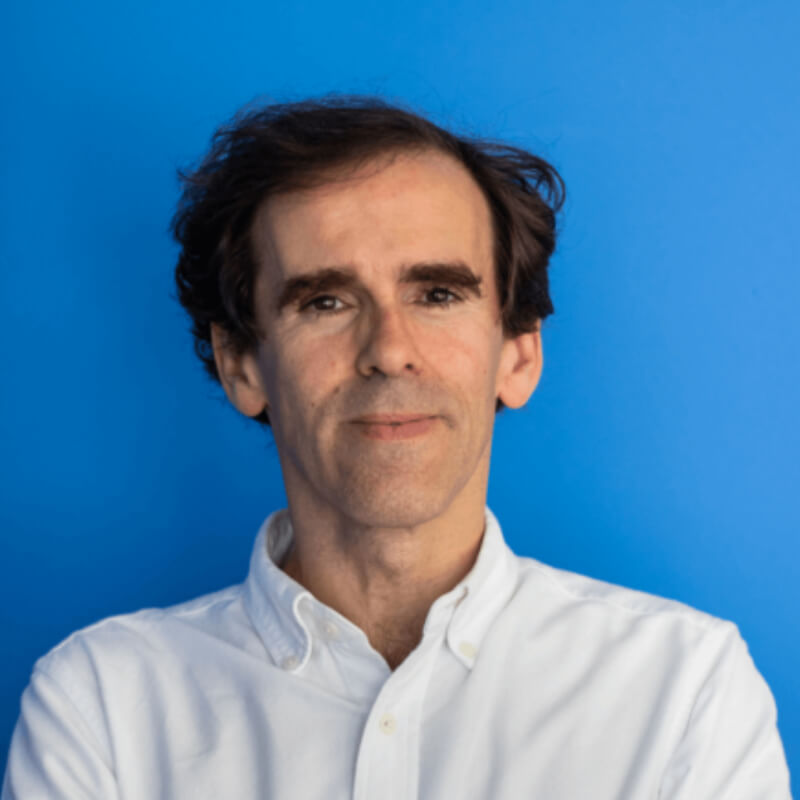
Vice President of Innovation at Unbabel, Paulo Dimas is a successful entrepreneur, contributing to the development of the world's first Language Operations platform that combines artificial intelligence (AI) and human intelligence. He is also CEO of the Center for Responsible AI, a consortium led by Unbabel with the mission of creating the next generation of responsible AI products based on the principles and technologies of responsible AI.
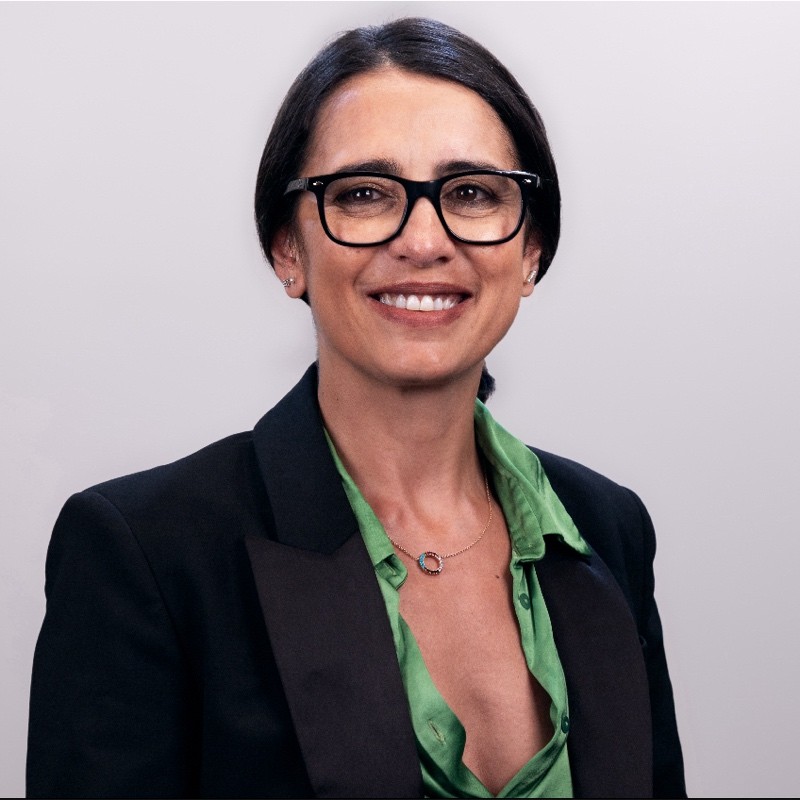
Salomé White
Deputy general coordinator of FCCN, FCT's digital services unit
Session:
She has a degree in Management from ISCTE, the University Institute of Lisbon. Her academic experience also includes ISEG, with a postgraduate degree in Communications and Multimedia Management, and, more recently, Instituto Superior Técnico, where she completed a postgraduate degree in Technology Leadership.
Playing a central role in the national strategy for connectivity and technology applied to education and research in Portugal, she has held leadership roles at FCCN, FCT's digital services unit, for over 20 years. She is currently the institution's deputy general coordinator, having previously led the Control, Planning and Management area. Throughout her career she has also participated in international councils such as ccNSO and ISOC.
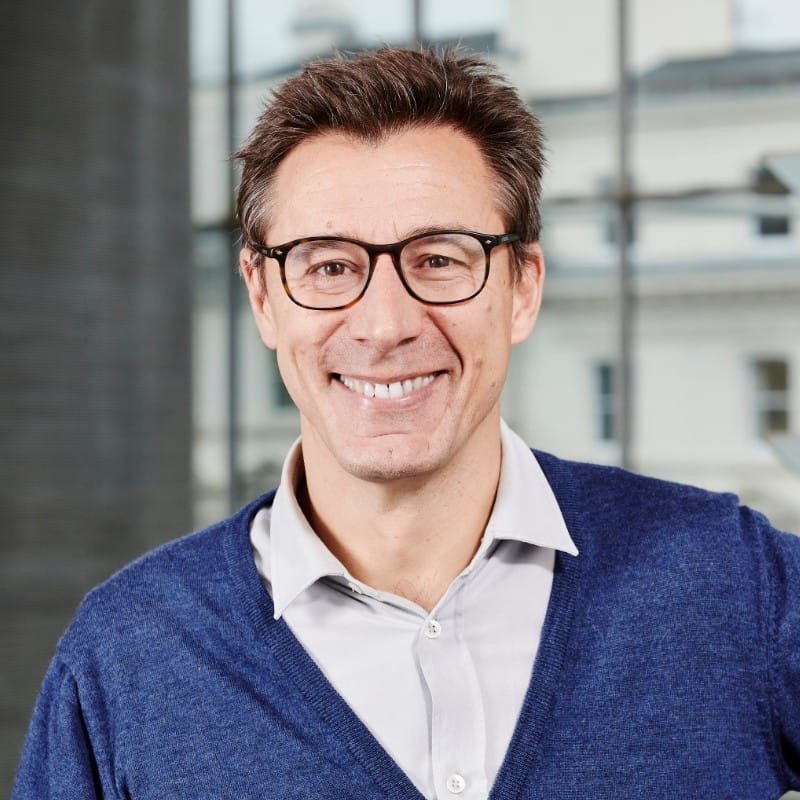
Tommaso Valletti
Imperial College London
Session:
Professor of Economics at Imperial College Business School, he is also an Adjunct Professor at the Norwegian School of Economics. Previously, he taught at the London School of Economics, in Rome "Tor Vergata", at Telecom ParisTech/Ecole Polytechnique and in Turin. He holds a magna cum laude degree in Engineering and a Masters and PhD in Economics from the London School of Economics. He has been expressing his opinions on the Draghi Report on various platforms and events, offering a critical analysis of the document.
Parallel Session Speakers
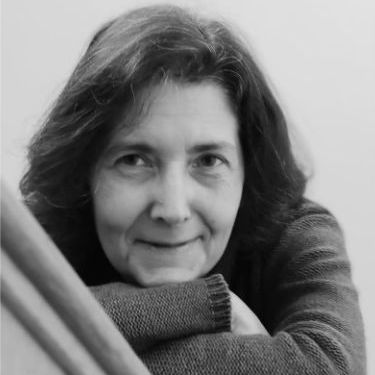
Alda Gonçalves
Strategy and Planning Office - Ministry of Labor, Solidarity and Social Security
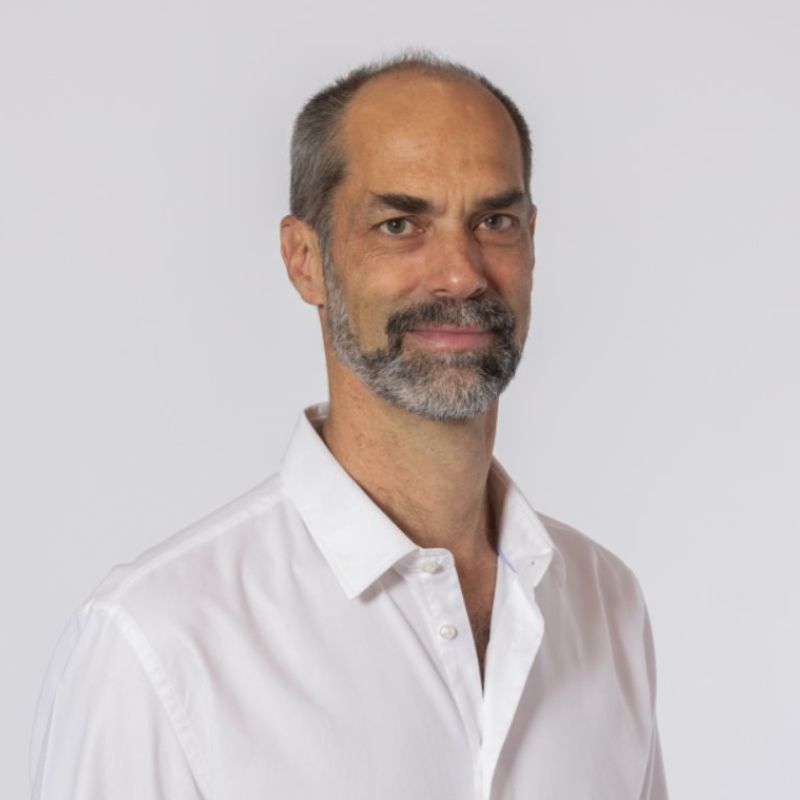
Alexandre C. Köberle
Dom Luiz Institute, Faculty of Sciences, University of Lisbon

Ana F. Lopes
University of Algarve
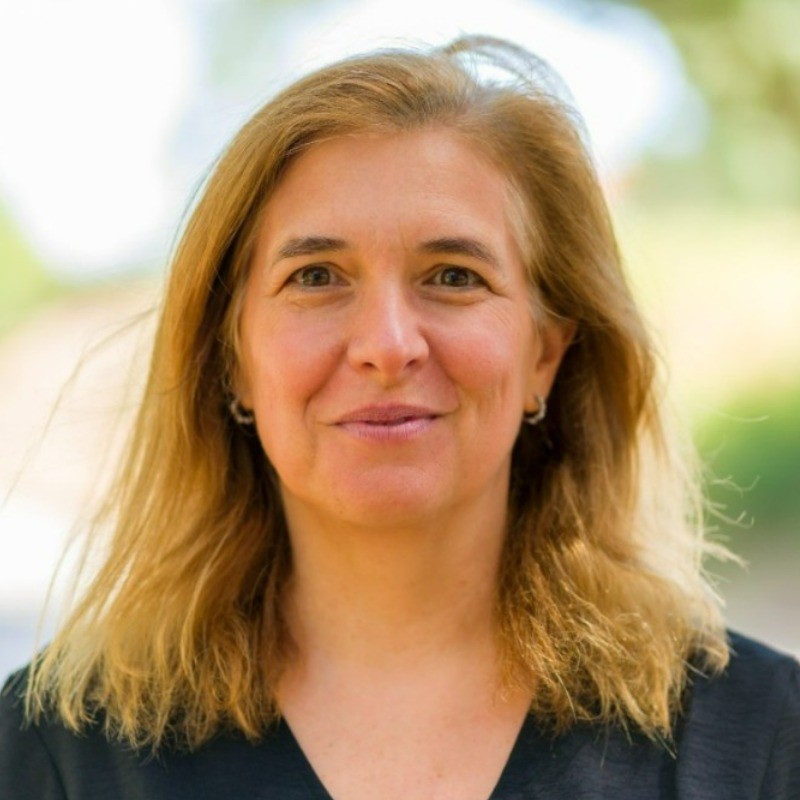
Ana Sanchez
ITQB NOVA - Institute of Chemical and Biological Technology of NOVA University Lisbon
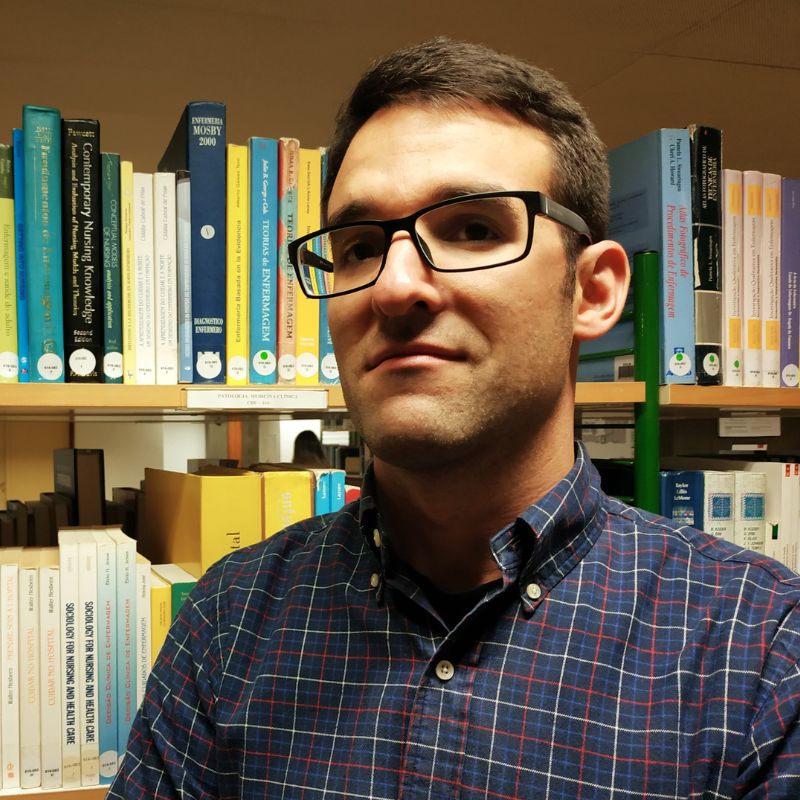
André Vieira
Office of Scientific Information Management, Repositories and Open Science, UM
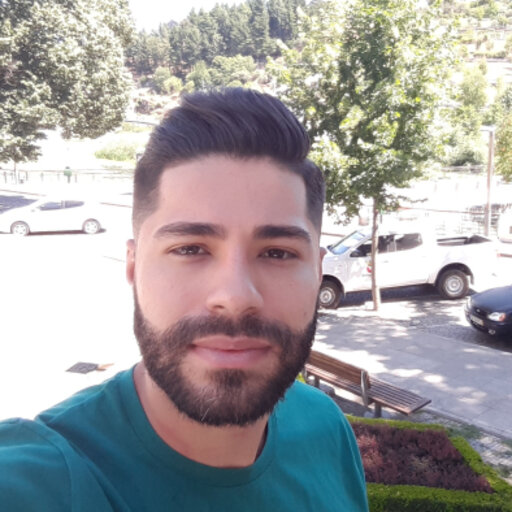
Andrews Souza
CIMO-Mountain Research Center, Polytechnic Institute of Bragança
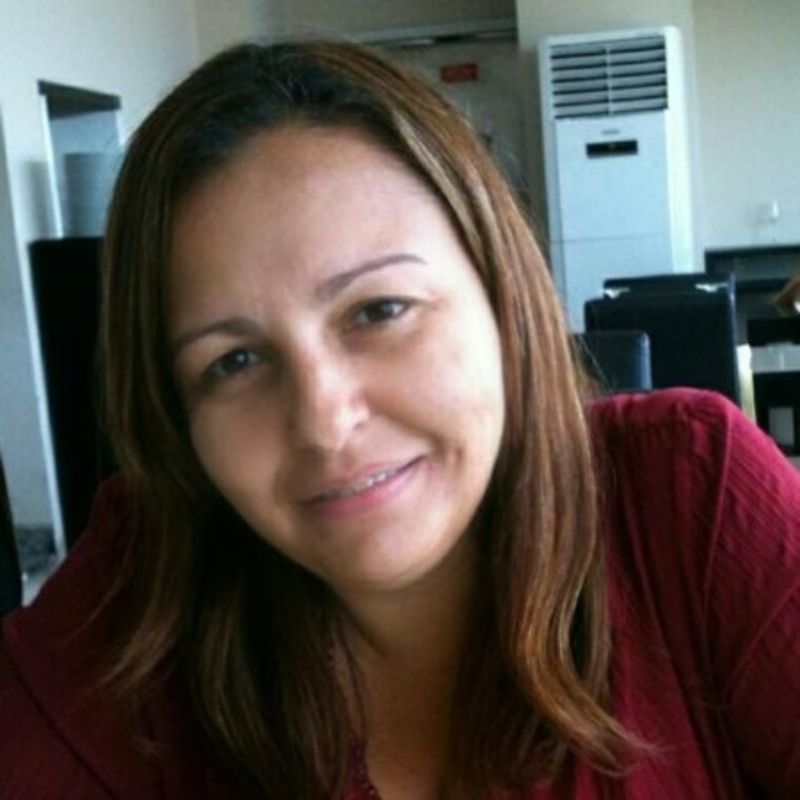
Angélica Monteiro
Center for Educational Research and Intervention (CIIE) - Faculty of Psychology and Educational Sciences, University of Porto

Antje Disterheft
ICS | Institute of Social Sciences of the University of Lisbon
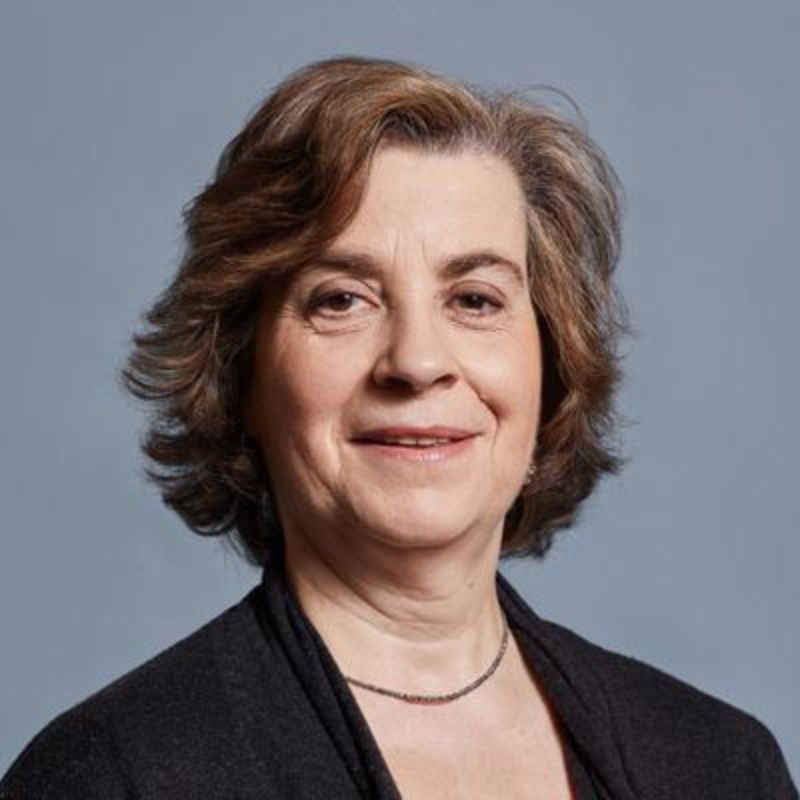
Antonieta Cunha e Sá
Nova School of Business and Economics, NOVA University Lisbon
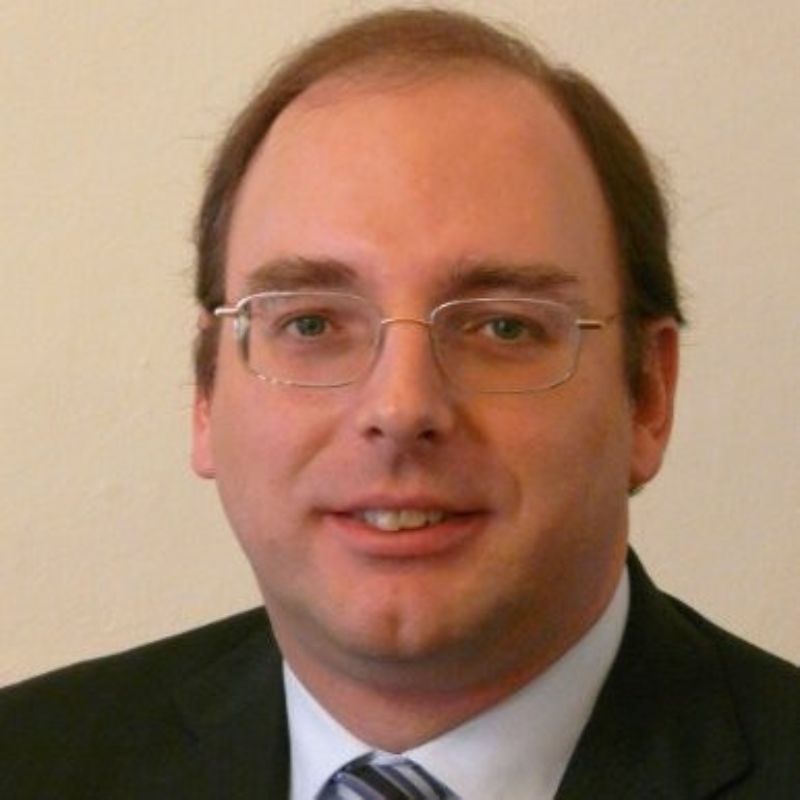
António Moreira Teixeira
Scientific Coordinator of LE@D, Laboratory of Distance Education and eLearning - Open University
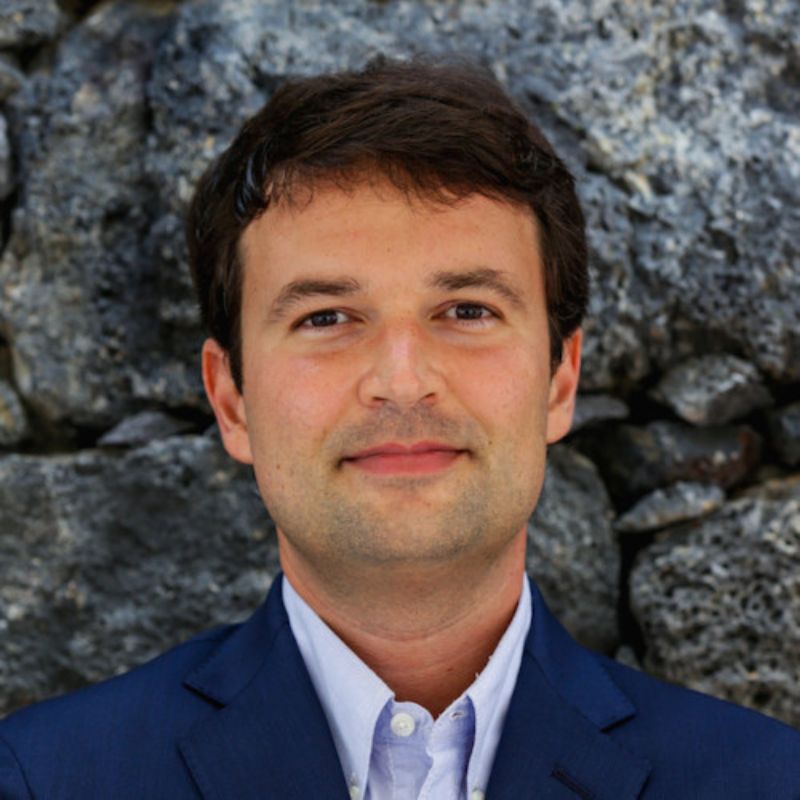
Armando Rocha
Seminar of Young Scientists and Faculty of Law, Portuguese Catholic University
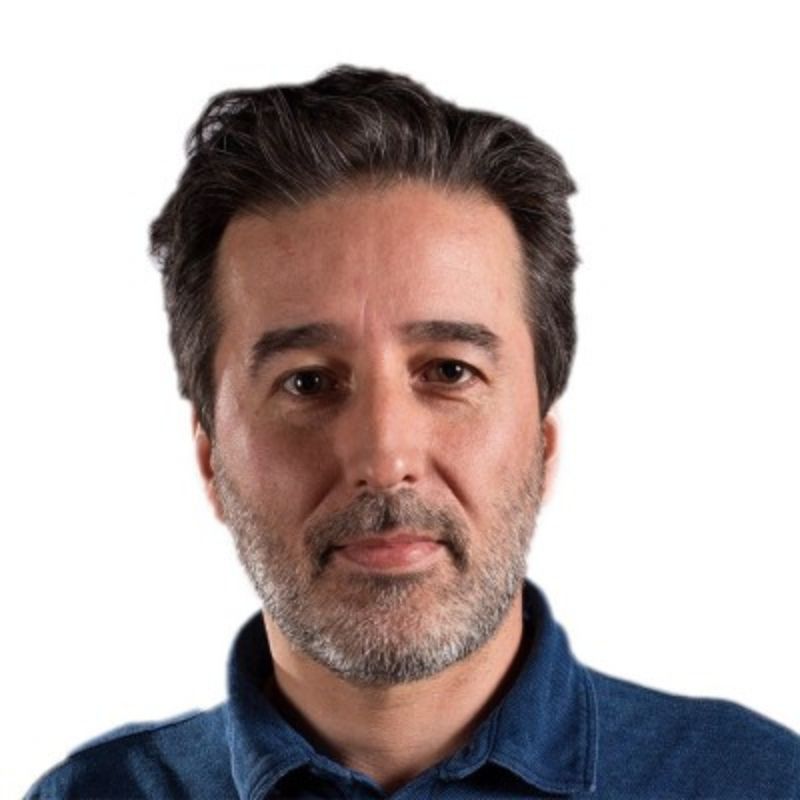
Carlos Santos
DigiMedia, Digital Media and Interaction Research Center - University of Aveiro
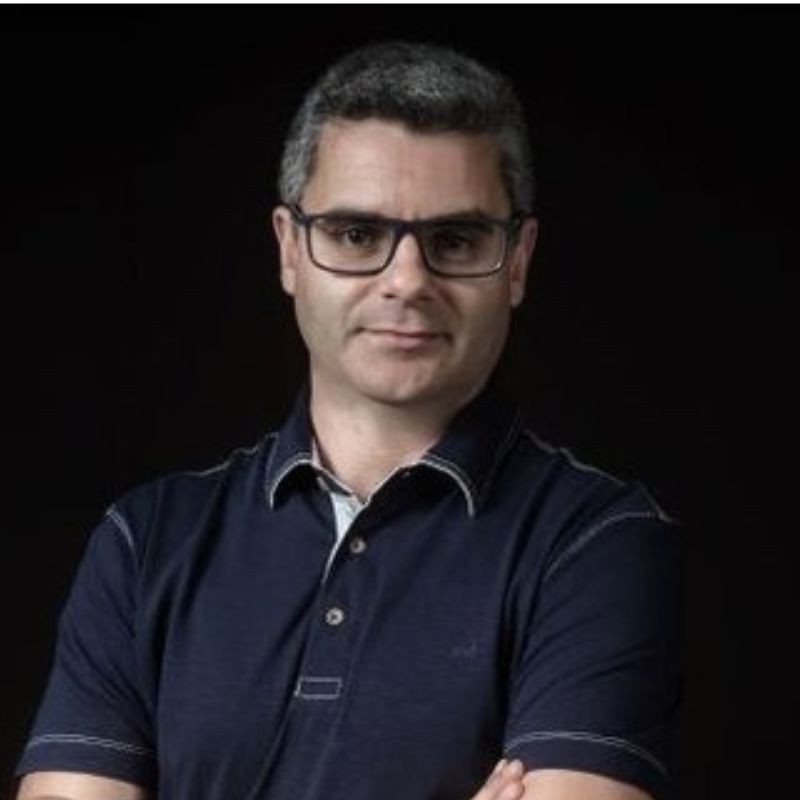
Carlos Santos Silva
LARSyS - Robotics and Engineering Systems Laboratory, Instituto Superior Técnico, University of Lisbon
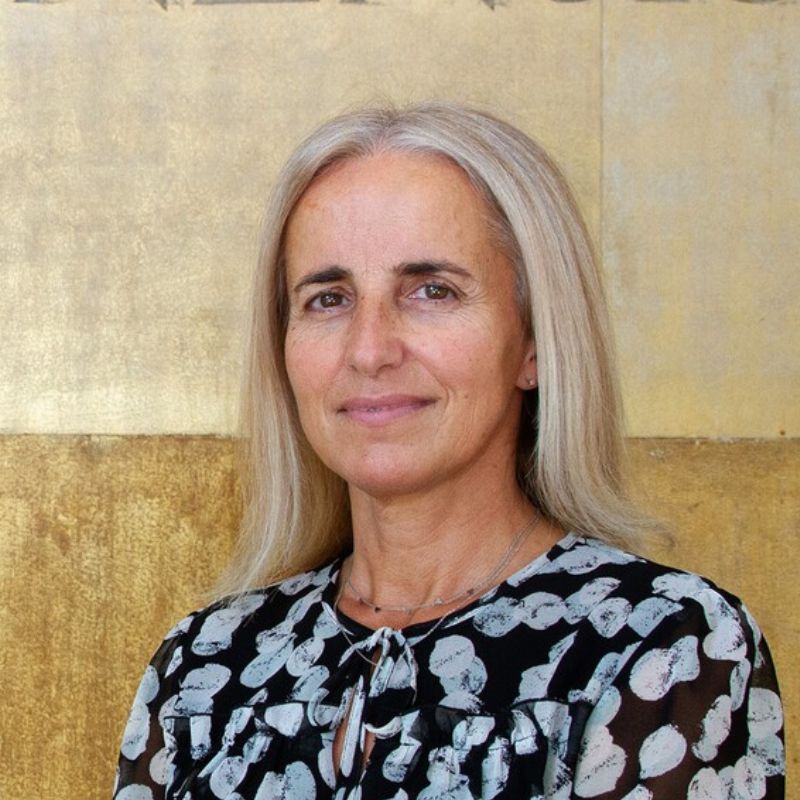
Cecília Rodrigues
Vice-Rector of the University of Lisbon for Research and Innovation
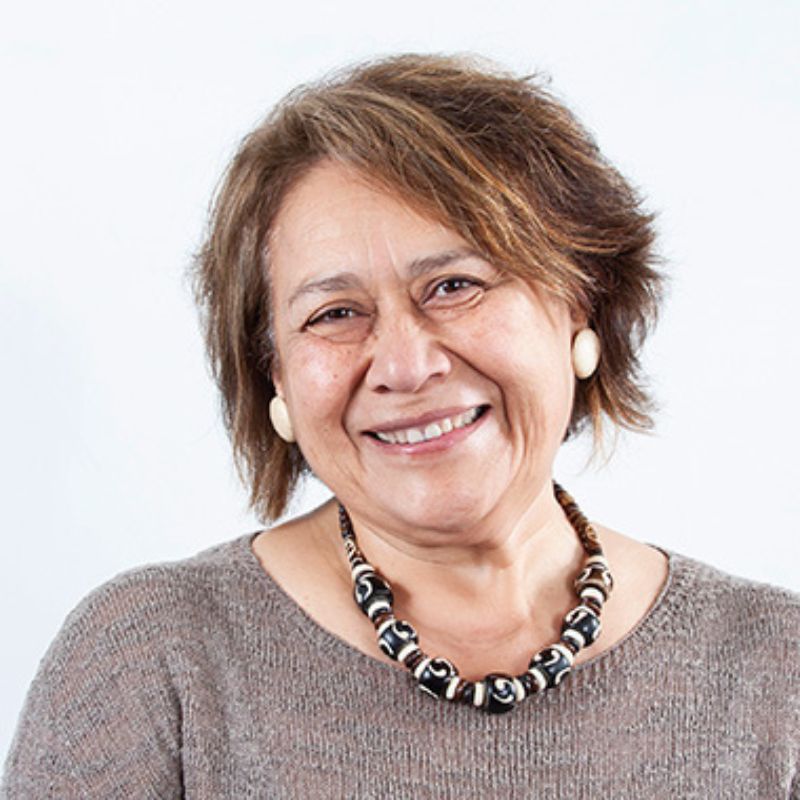
Clívia Sotomayor Torres
Director General of INL - International Iberian Nanotechnology Laboratory
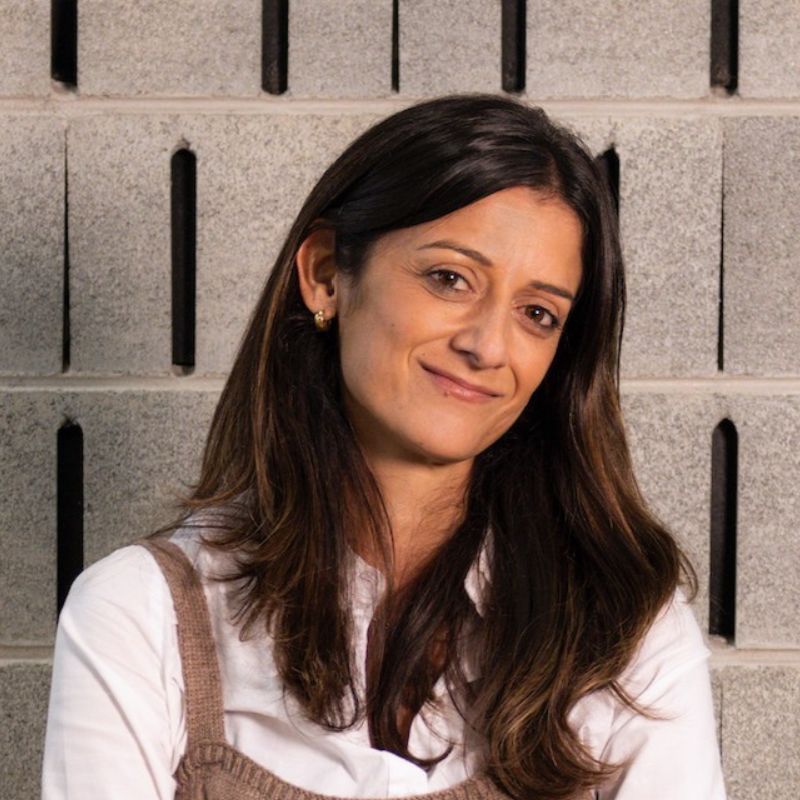
Cristina Barrias
i3S - Institute for Research and Innovation in Health - University of Porto

Cristina Maguas
CE3C - Center for Ecology, Evolution and Environmental Changes
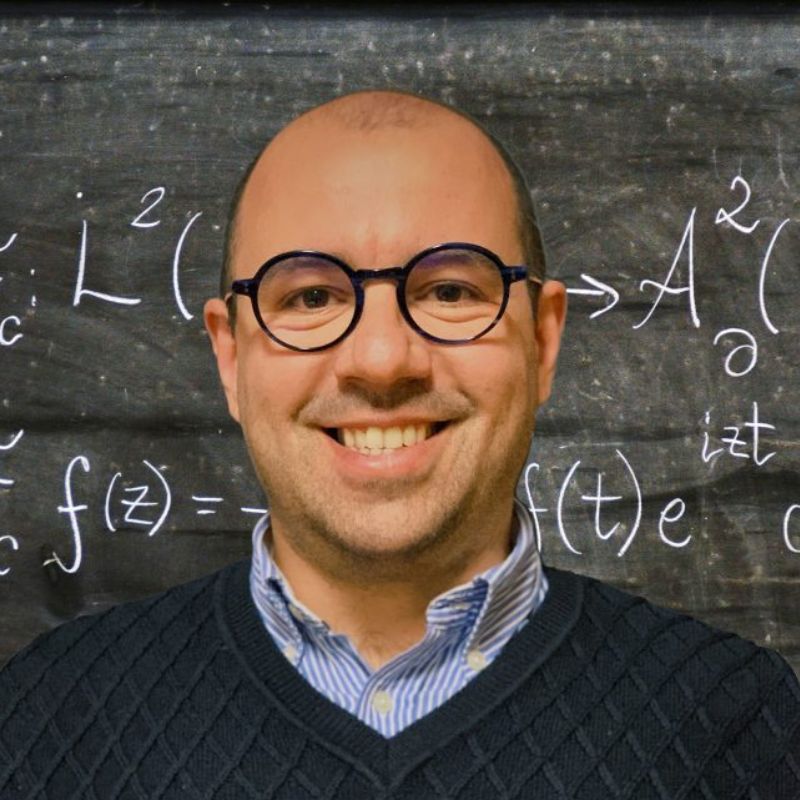
Edgard Pimentel
Young Scientists Seminar and CMUC, University of Coimbra
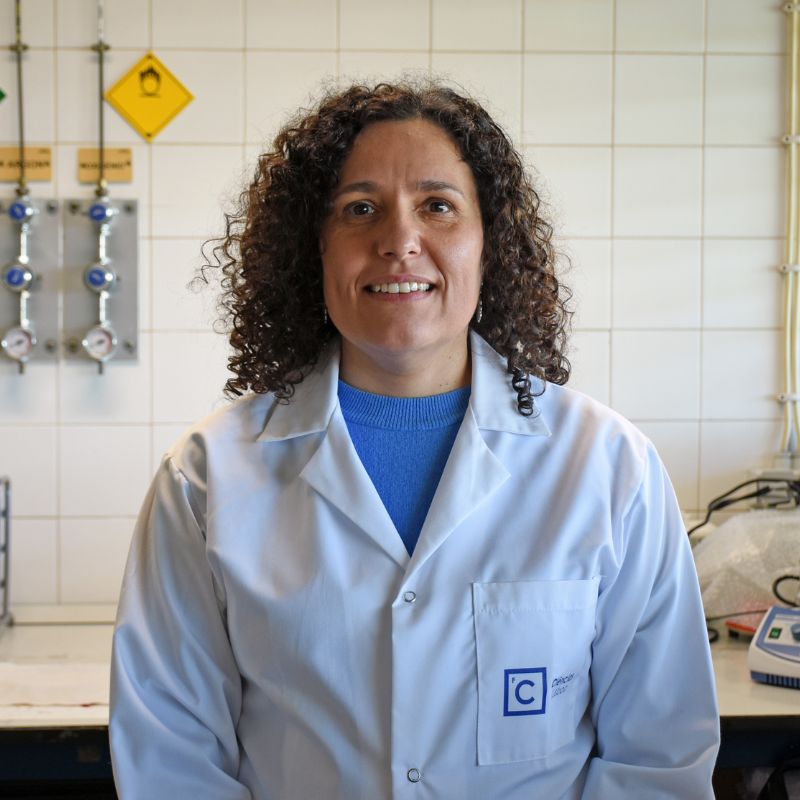
Elisabete Ribeiro Silva
BioISI - Biosystems and Integrative Sciences Institute Faculty of Sciences, University of Lisbon
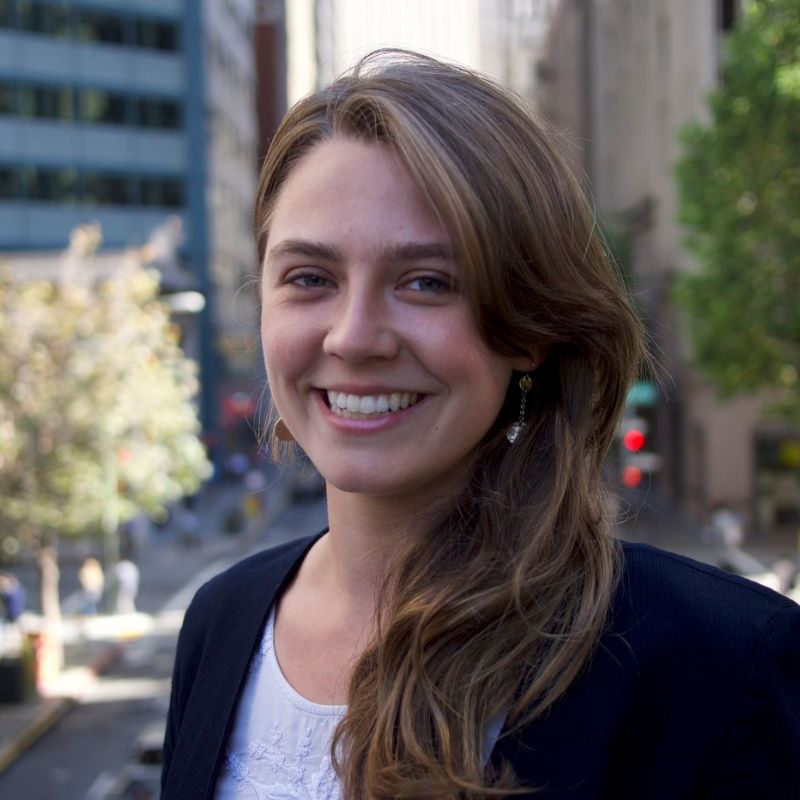
Fiona Kinninburgh
ICS | Institute of Social Sciences of the University of Lisbon

Francisco Machado
Portuguese Air Force
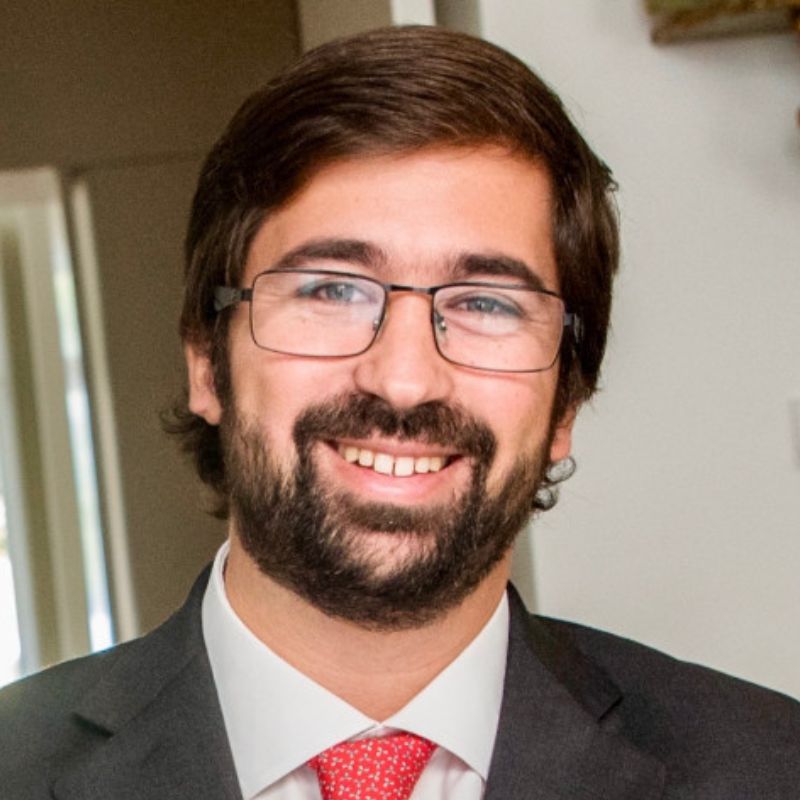
Francisco Malta Romeiras
Young Scientists Seminar, Lisbon Academy of Sciences and CIUHCT, University of Lisbon
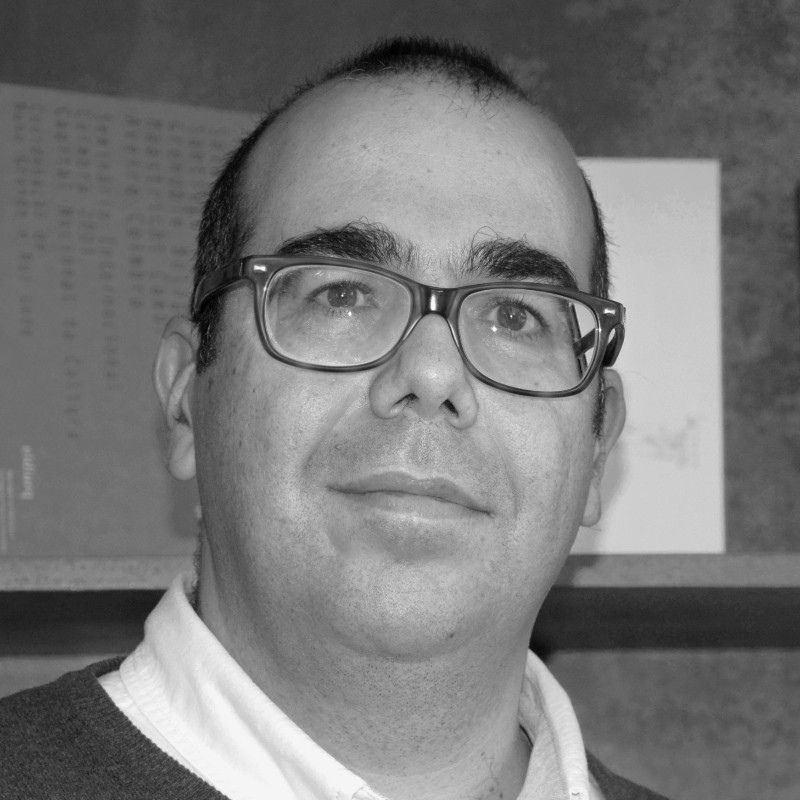
Gonçalo Canto Moniz
CES - Center for Social Studies of the University of Coimbra

Helena Ceia
ICNF - Institute for Nature Conservation and Forests
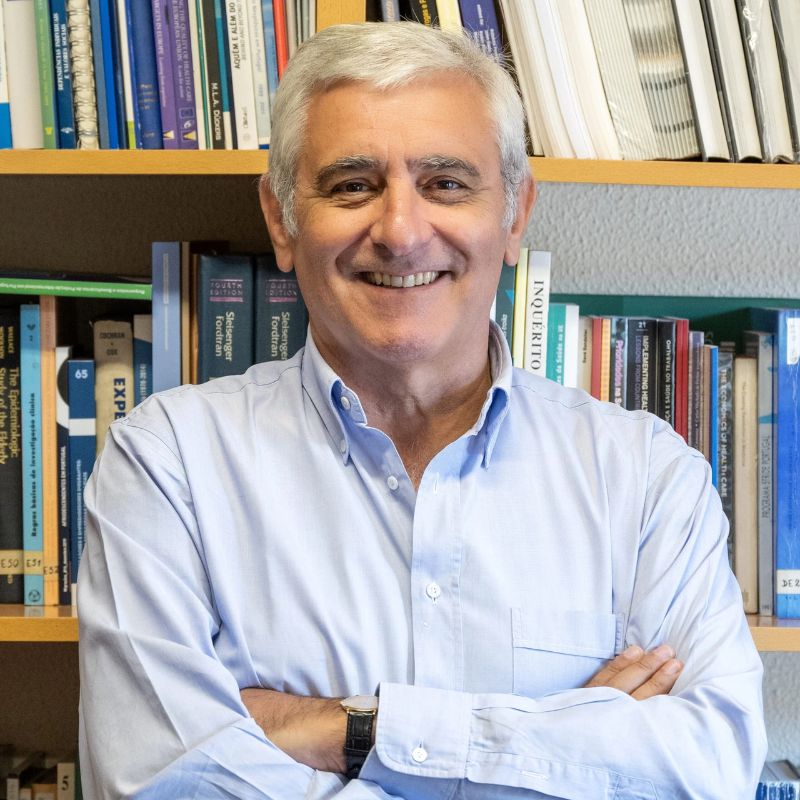
Henrique Barros
President of the Institute of Public Health of the University of Porto (ISPUP)
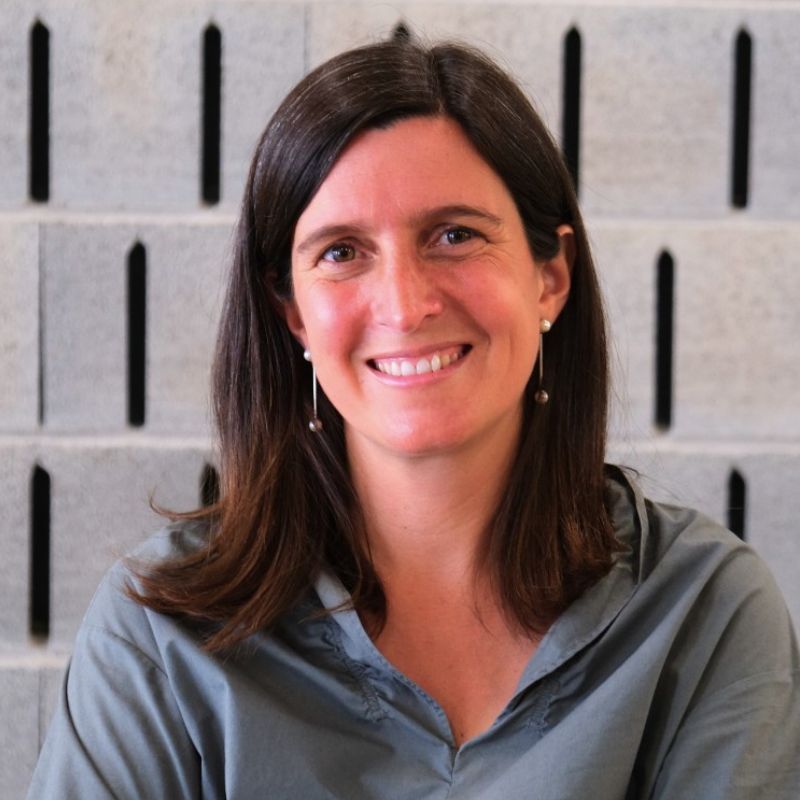
Inês Gonçalves
i3S - Institute for Research and Innovation in Health - University of Porto
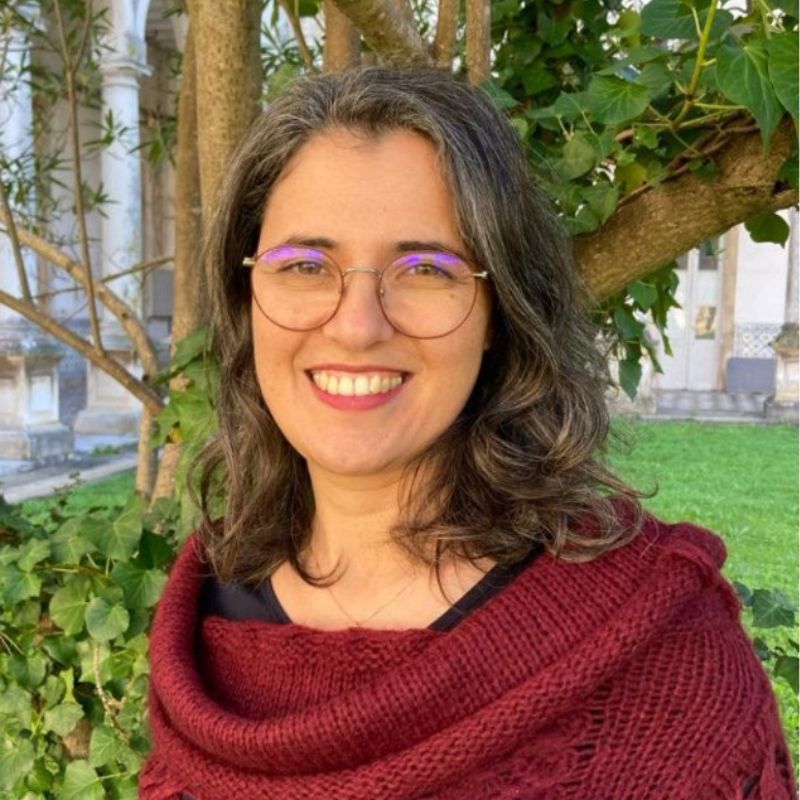
Isabel Ferreira
CES - Center for Social Studies of the University of Coimbra
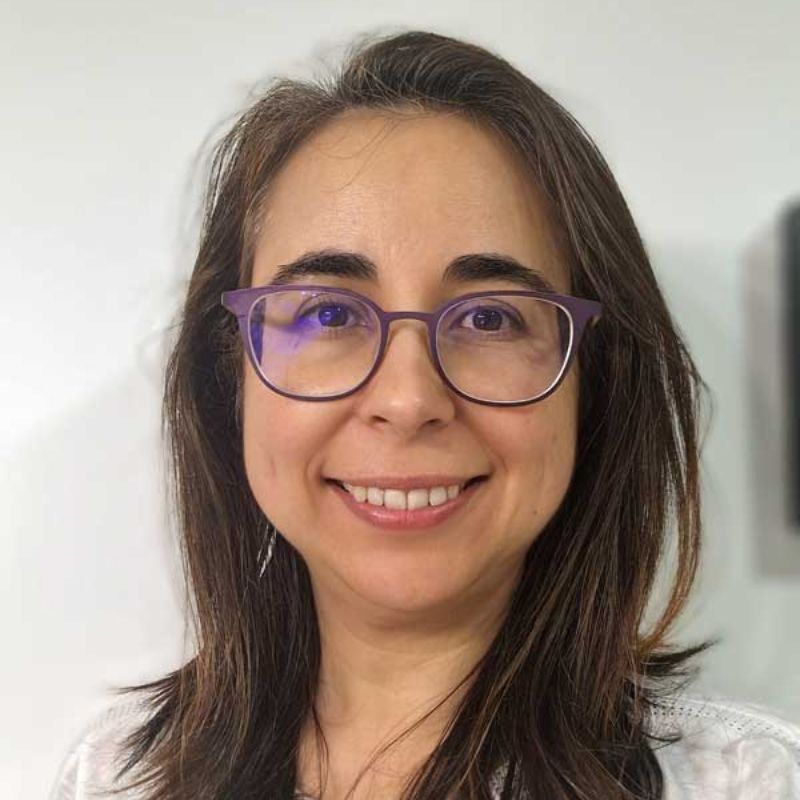
Isabel Huet
LE@D, Laboratory of Distance Education and eLearning - Open University
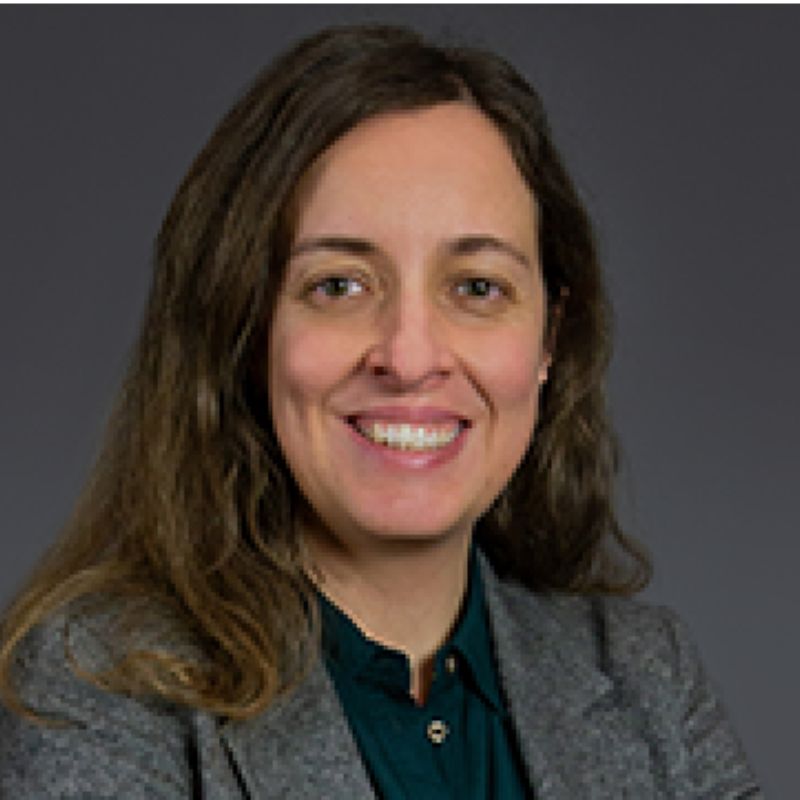
Isabel Rocha
Vice-Rector for research, innovation and value creation at Universidade Nova de Lisboa
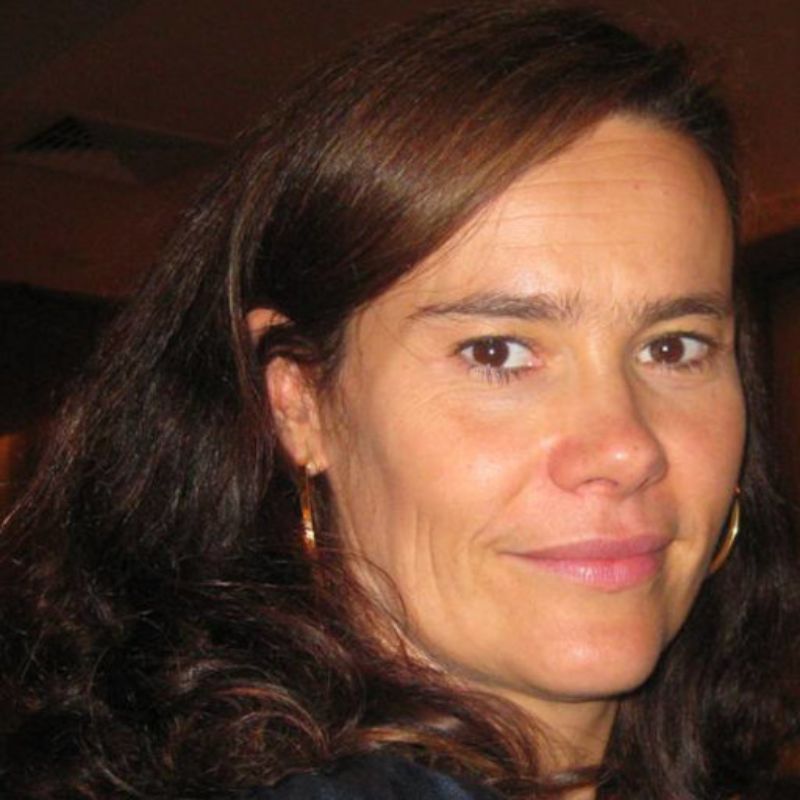
Ivone Silva
ICBAS - Abel Salazar Institute of Biomedical Sciences - University of Porto
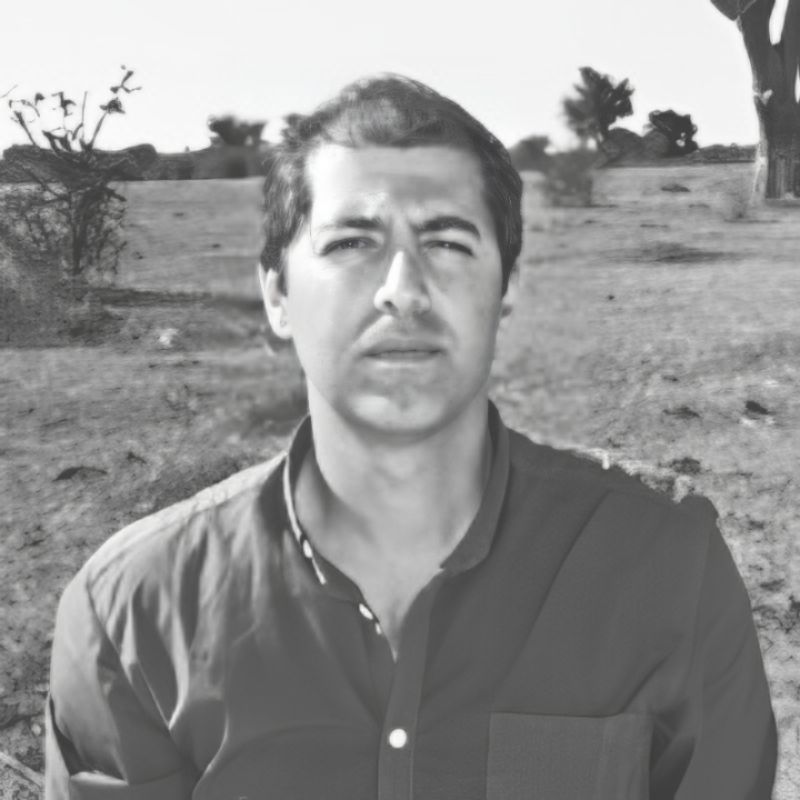
João Afonso Batista
ICS | Institute of Social Sciences of the University of Lisbon
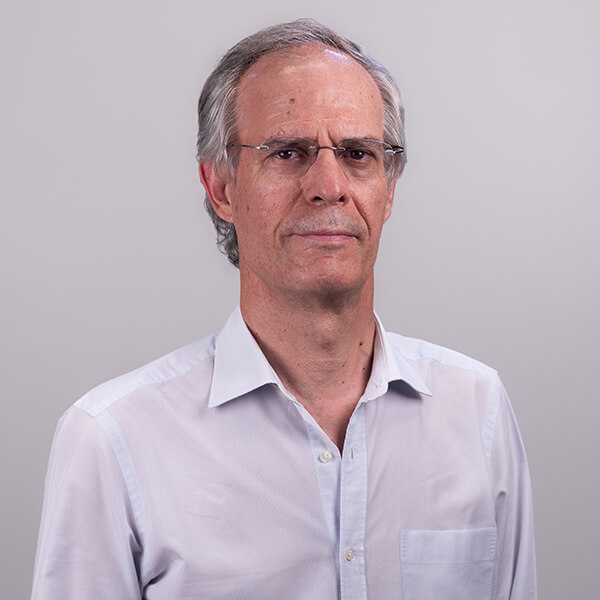
João Nuno Ferreira
General Coordinator of FCCN, FCT's digital services unit
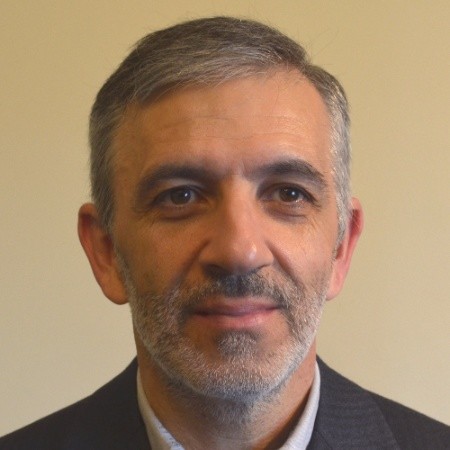
João Paulo Dias
Testing, Wear and Materials Laboratory (LED&MAT), Pedro Nunes Institute (IPN).
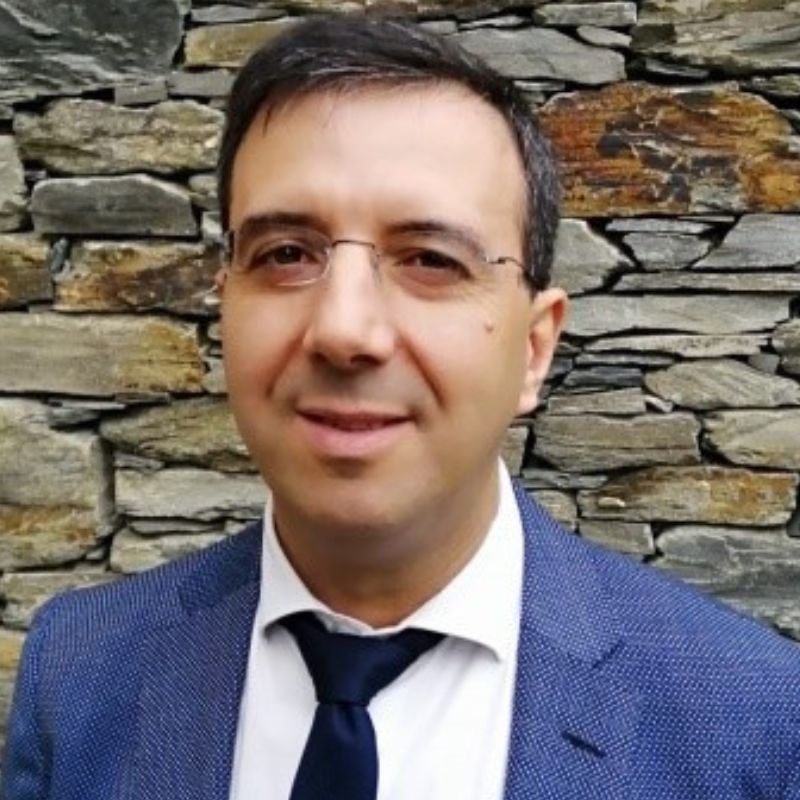
José Alberto Pereira
CIMO/Associated Laboratory for Sustainability and Technology in Mountain Regions (SusTEC)
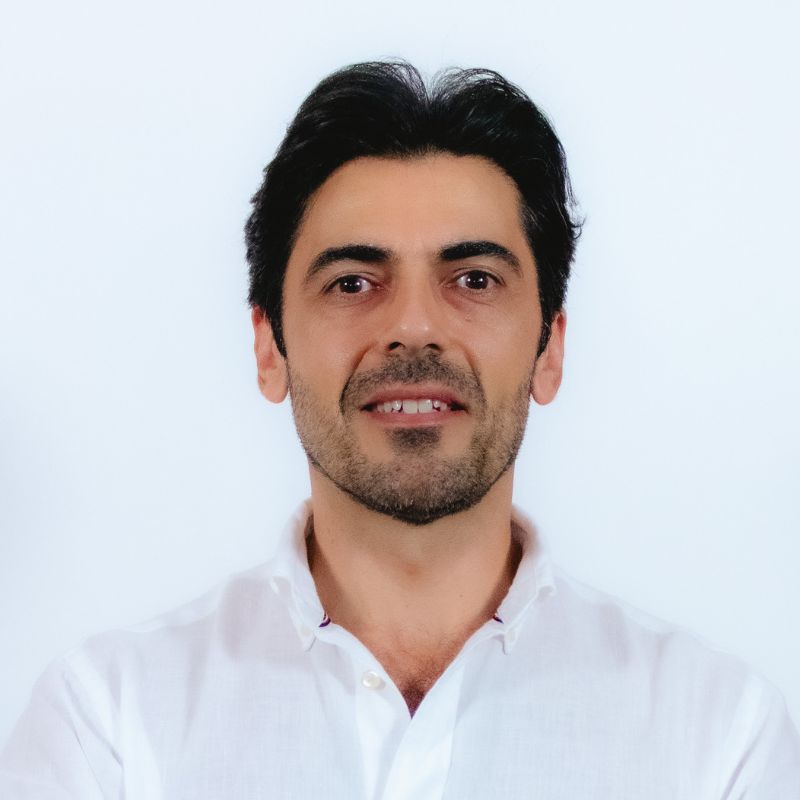
José Carlos Bronze
Center for Educational Research and Intervention (CIIE) - Faculty of Psychology and Educational Sciences, University of Porto
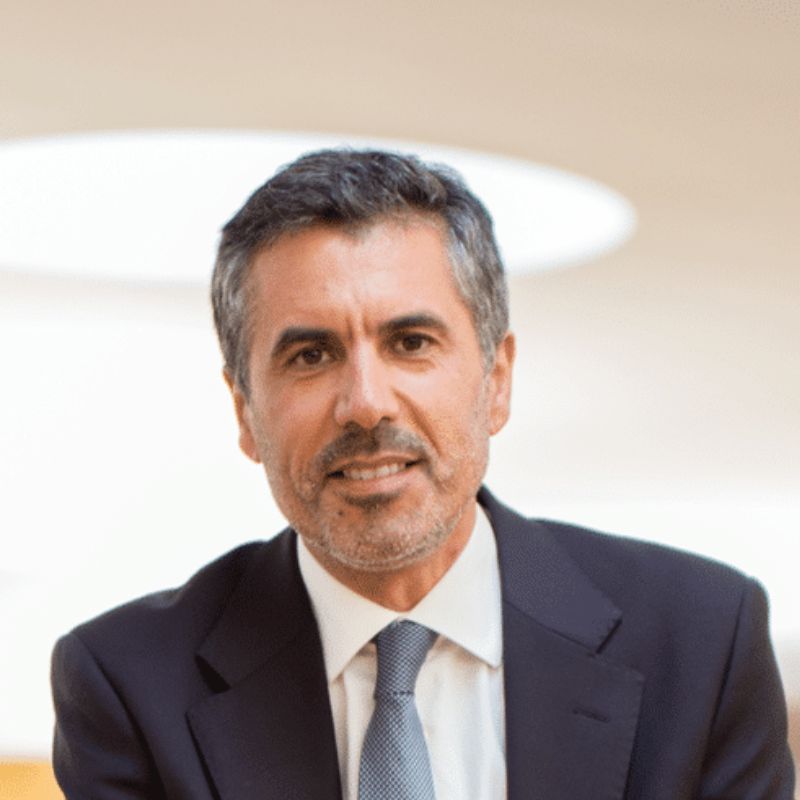
José Mendes
Sub-coordinator of i3N - Institute of Nanostructures, Nanomodelling and Nanofabrication
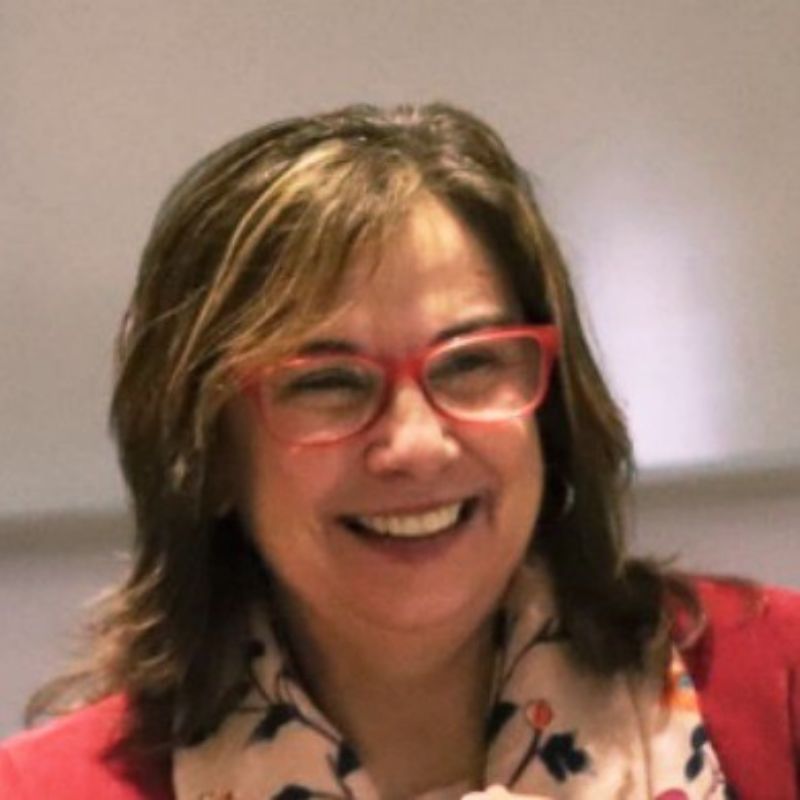
Lina Morgado
LE@D, Laboratory of Distance Education and eLearning - Open University
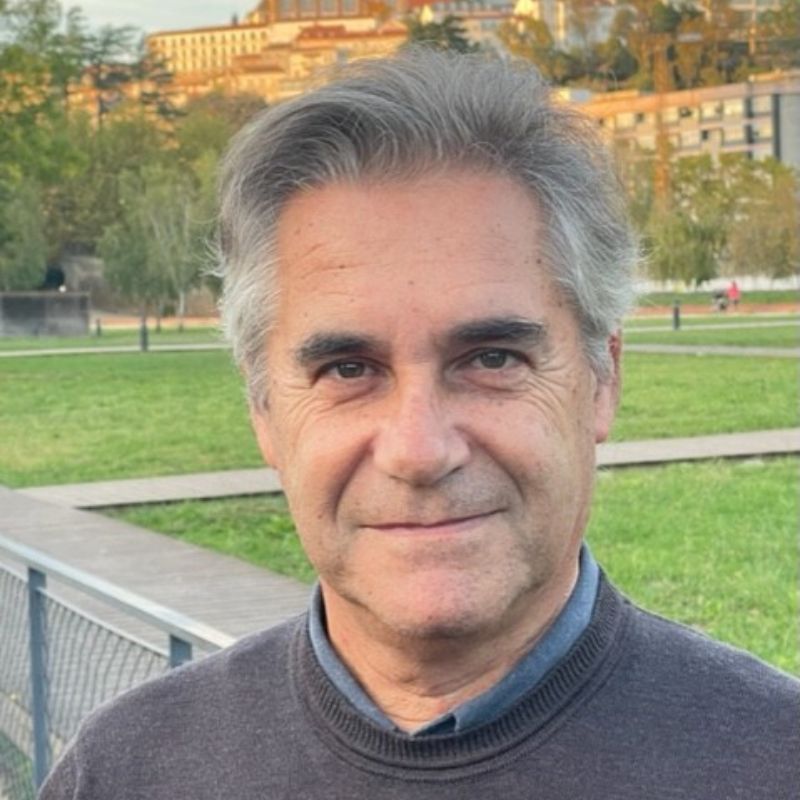
Luís Arnaut
Faculty of Science and Technology of the University of Coimbra (FCTUC)
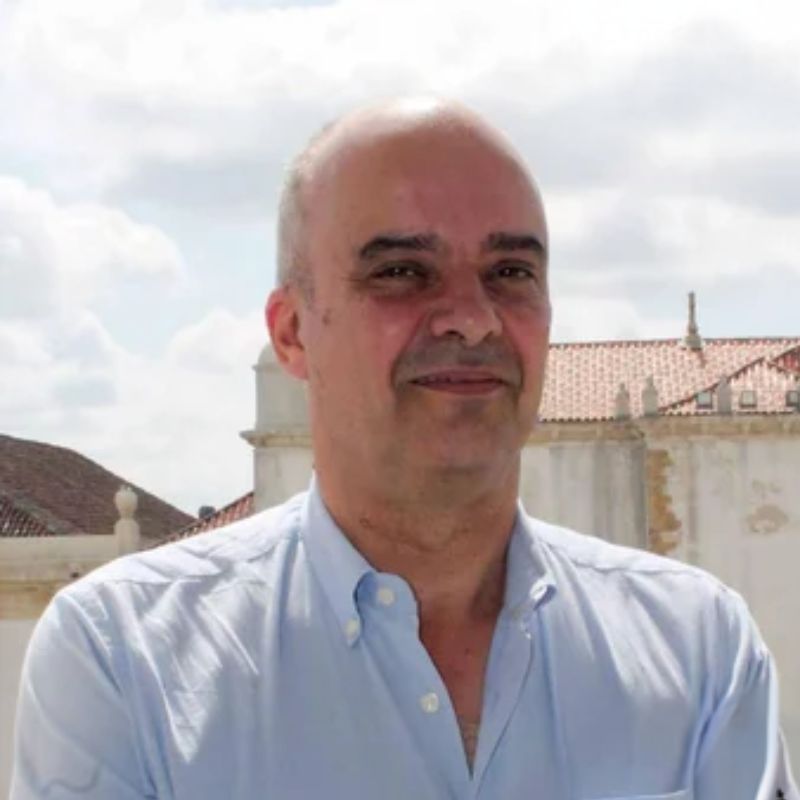
Luís Menezes
Associated Laboratory for Advanced Manufacturing and Intelligent Systems (ARISE)
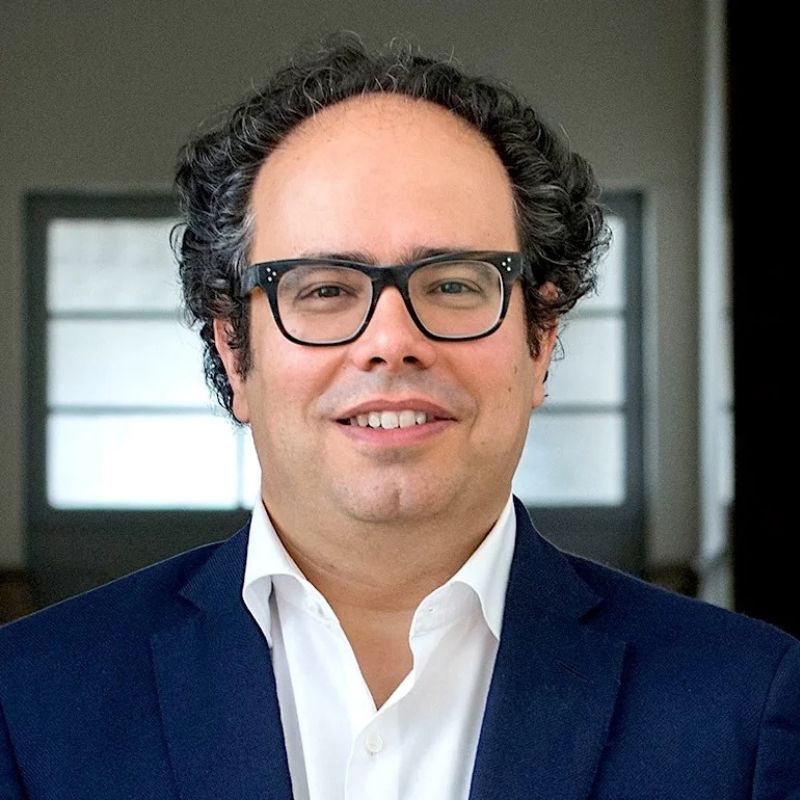
Luís O. Silva
Institute of Plasmas and Nuclear Fusion - IPFN, Instituto Superior Técnico
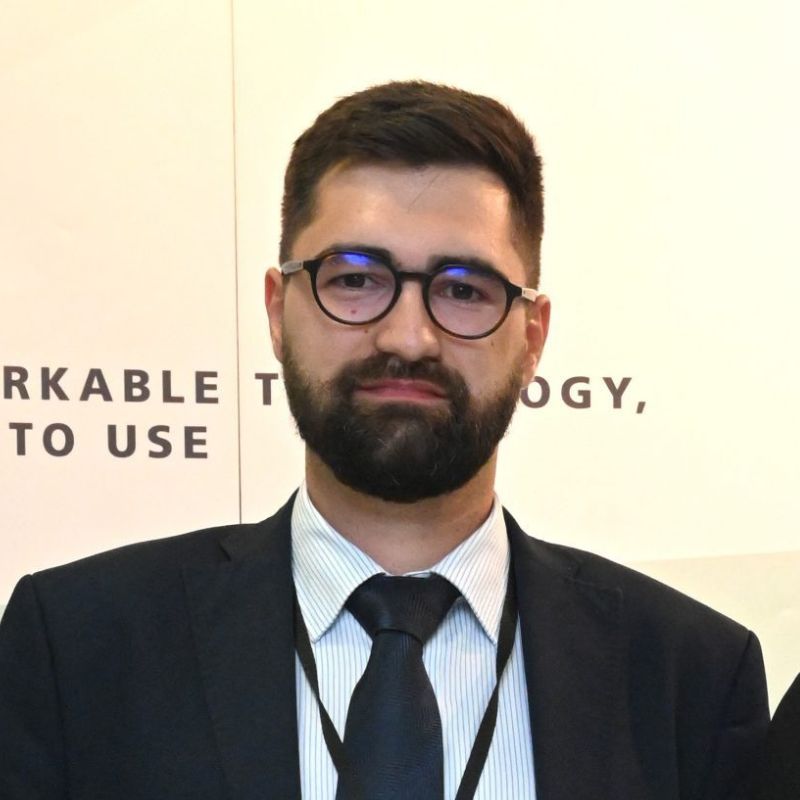
Luís Pádua
CITAB/Inov4Agro - UTAD - University of Trás-os-Montes and Alto Douro
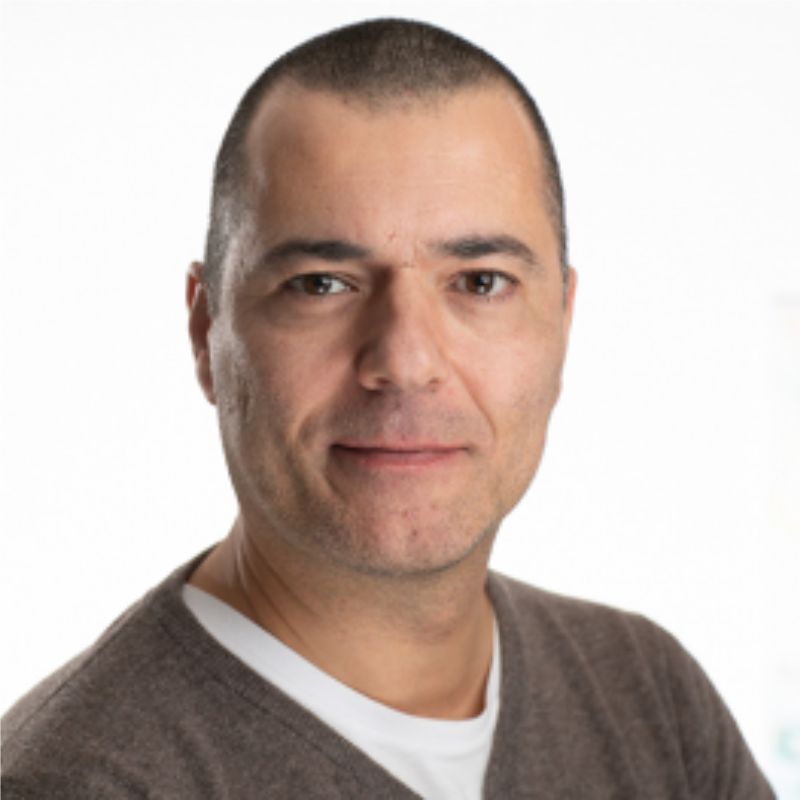
Luís Pedro
DigiMedia, Digital Media and Interaction Research Center - University of Aveiro
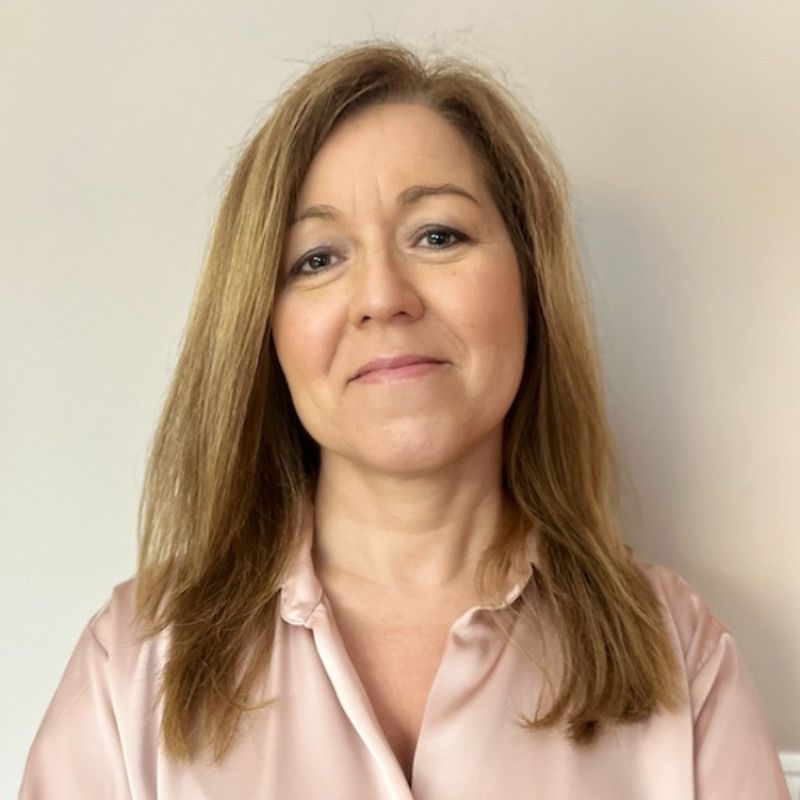
Manuela Gomes
ICBAS - Abel Salazar Institute of Biomedical Sciences - University of Porto
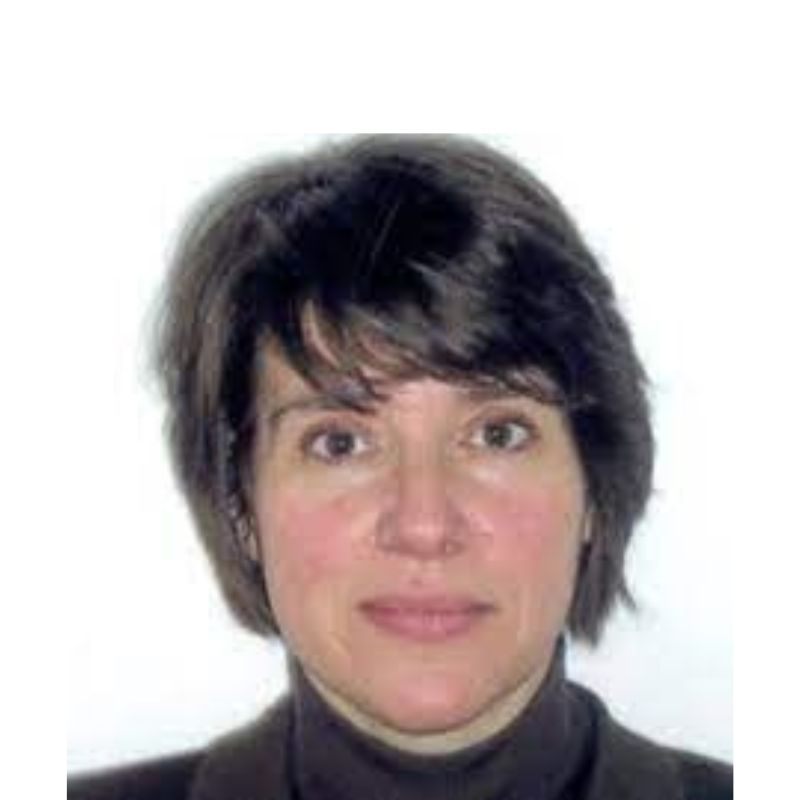
Maria do Carmo Teixeira Pinto
LE@D, Laboratory of Distance Education and eLearning - Open University
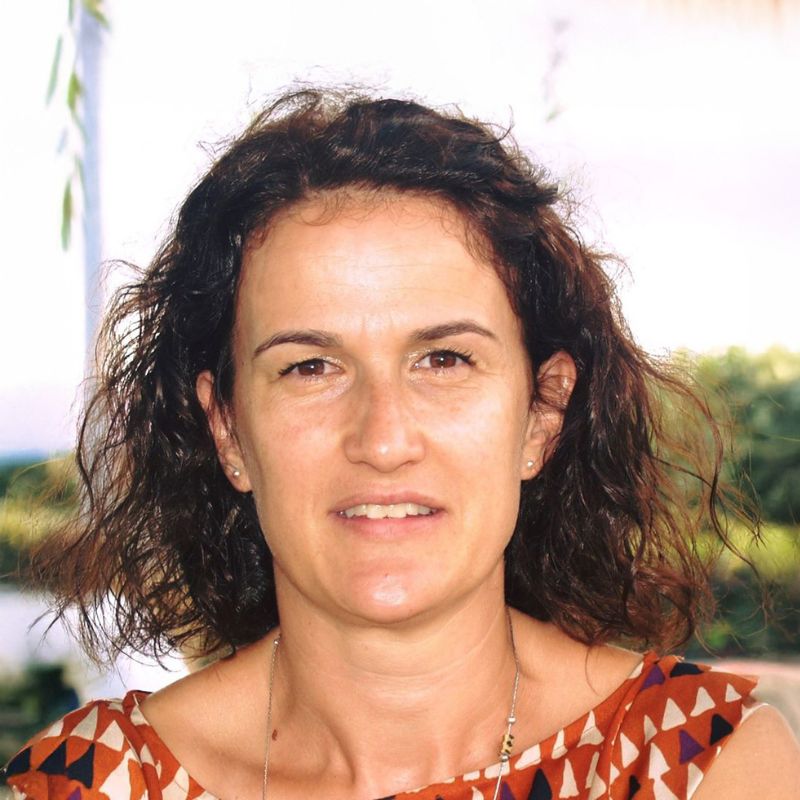
Maria Matilde Lavouras
Legal Institute (IJ), University of Coimbra Law School (FDUC).
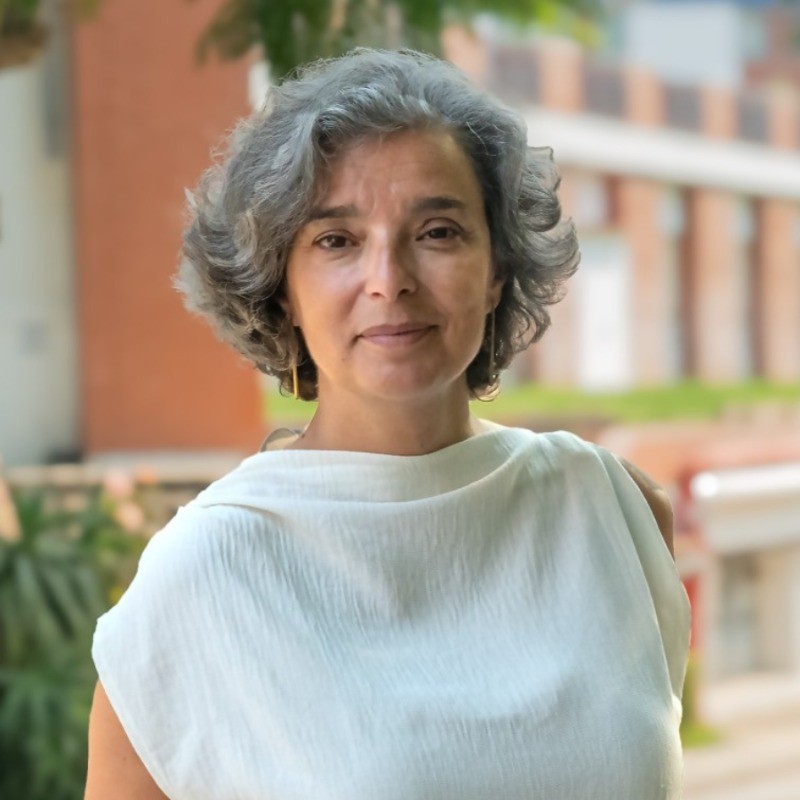
Maria Mota
Executive Director of the Gulbenkian Institute for Molecular Medicine (GIMM)
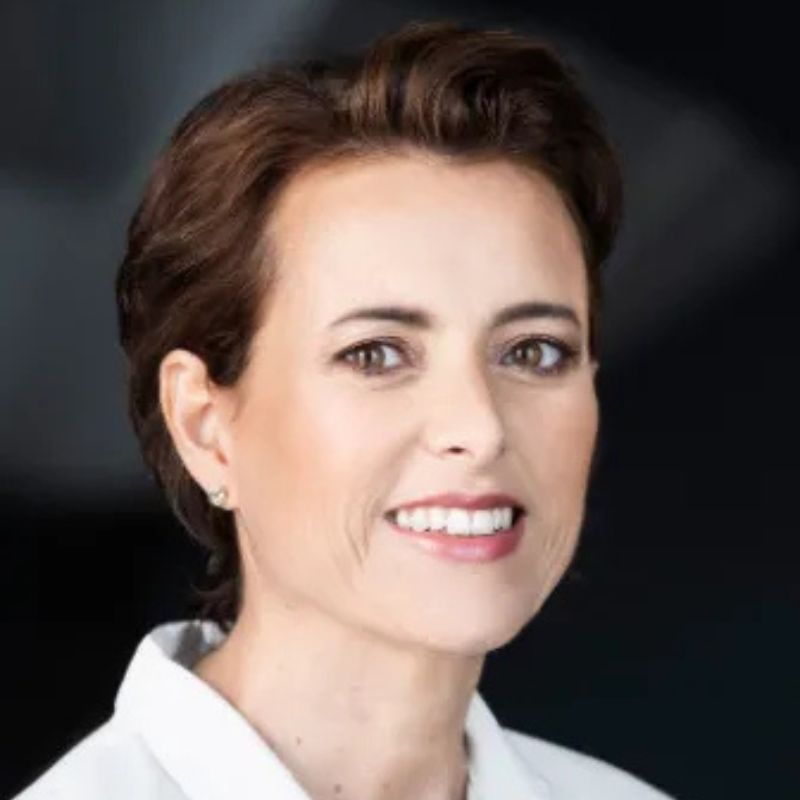
Marina Costa Lobo
ICS | Institute of Social Sciences of the University of Lisbon
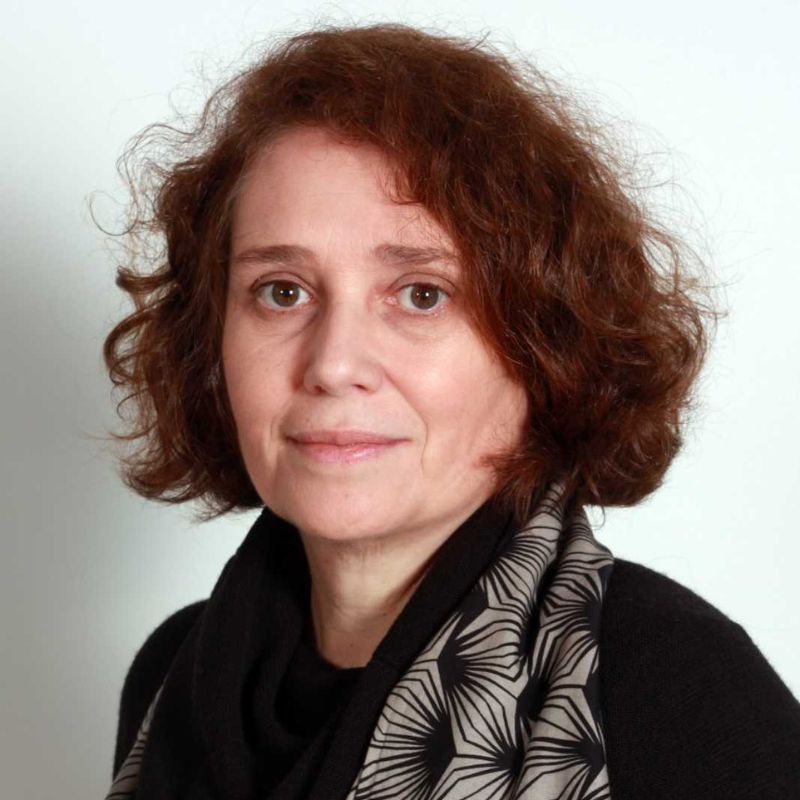
Marta Santos
Psychology Center of the University of Porto (CPUP), Faculty of Psychology and Educational Sciences (FPCEUP)
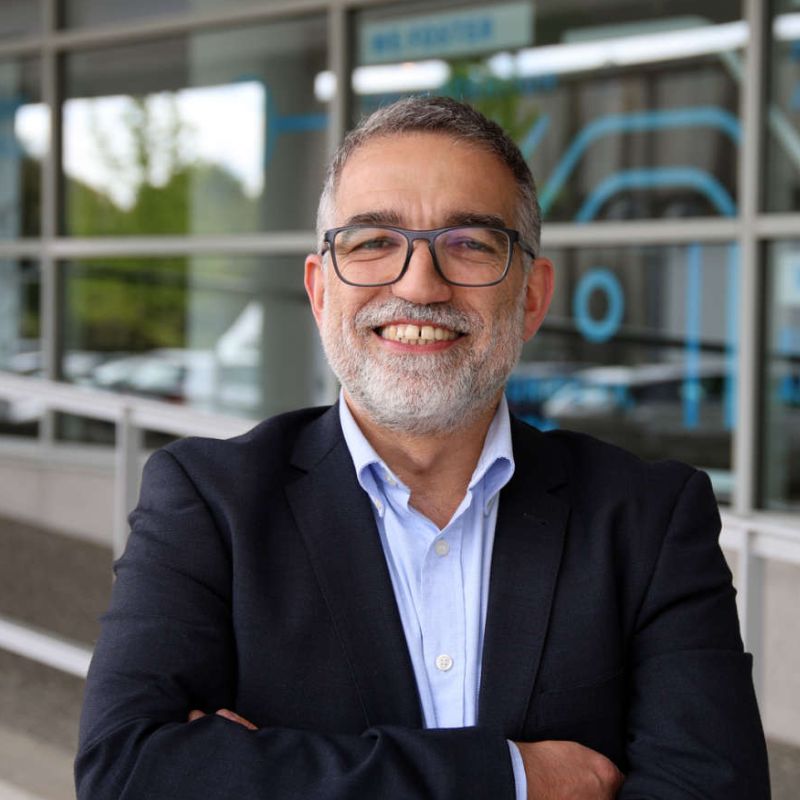
Nuno Cruz
Coordinator of the Robotics and Autonomous Systems Center, INESC TEC

Paulo Rodrigues
Portuguese Army
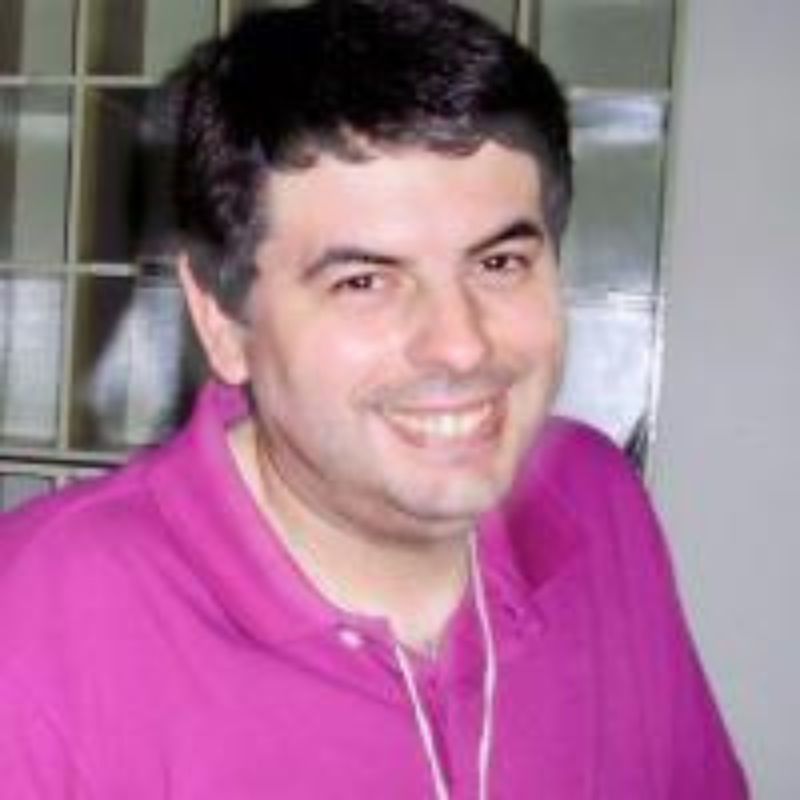
Paulo Simões Rodrigues
IN2PAST - Associated Laboratory for Research and Innovation in Heritage, Arts, Sustainability and Territory
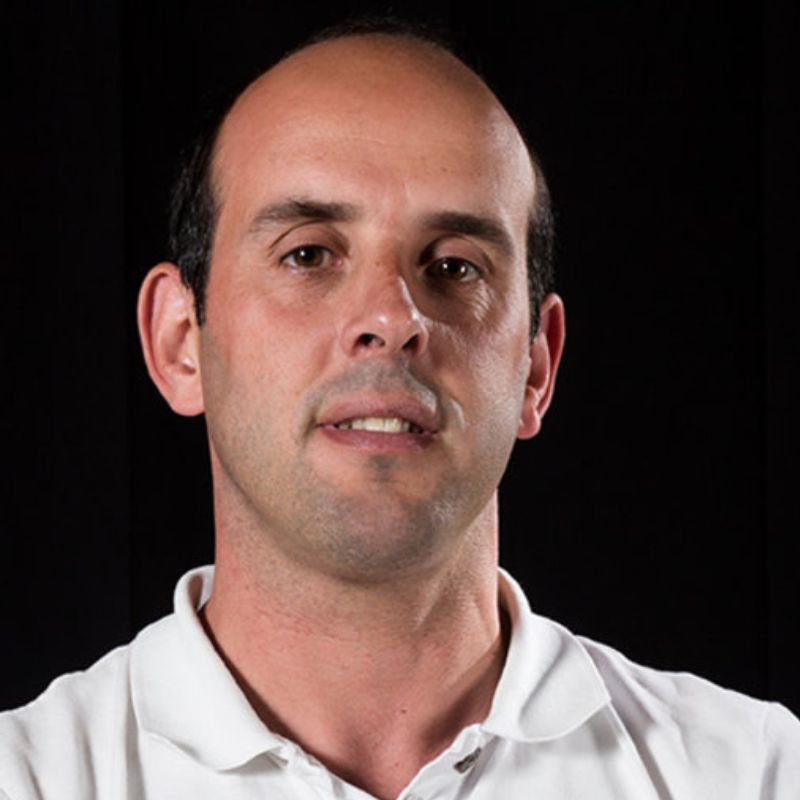
Pedro Almeida
DigiMedia, Digital Media and Interaction Research Center - University of Aveiro
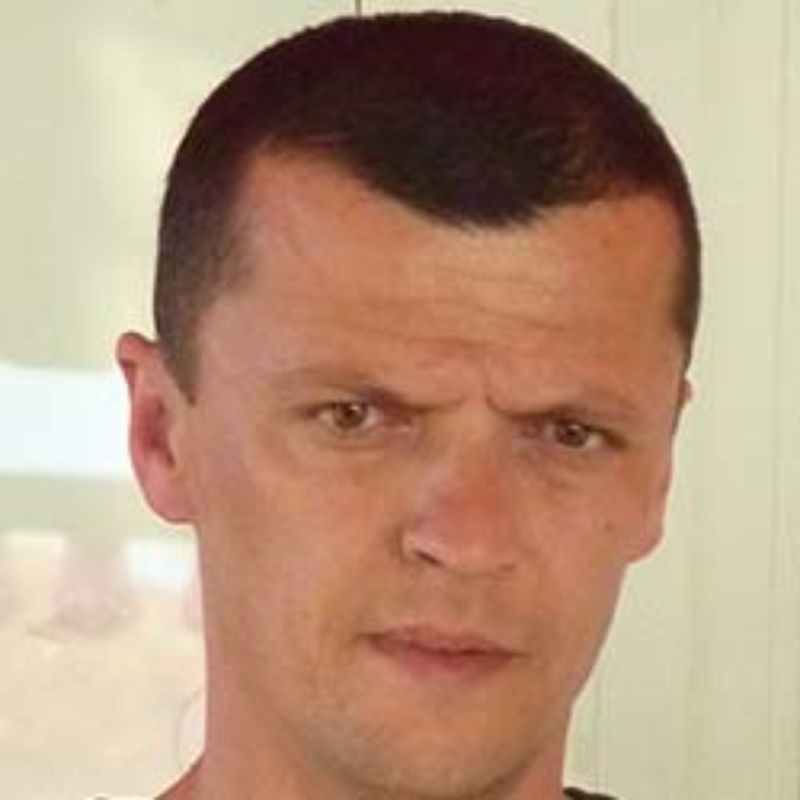
Pedro Couto
CITAB/INOV4Agro - Institute for Innovation, Training and Sustainability in the Agri-Food Sector
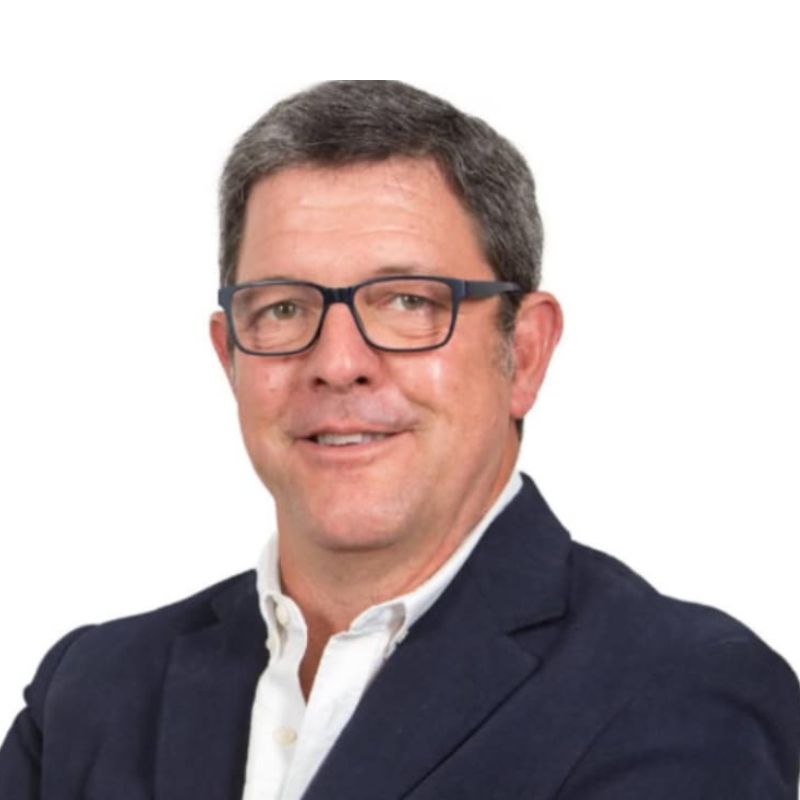
Pedro d'Orey Manoel
Owner and Manager of Montado Ovicharol
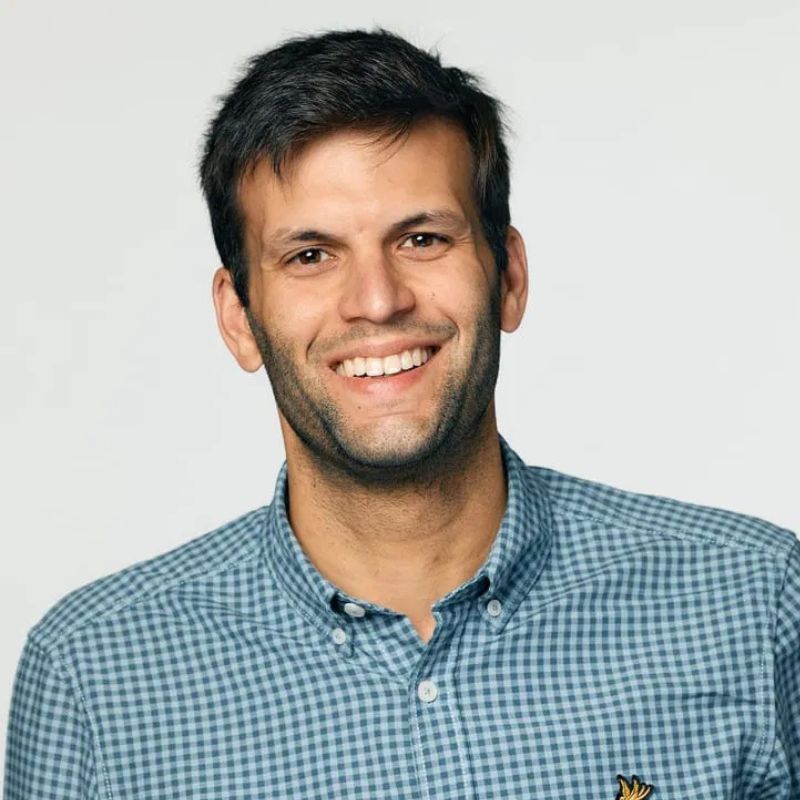
Pedro Freitas Mendes
Center for Structural Chemistry (CQE) | Instituto Superior Técnico, University of Lisbon
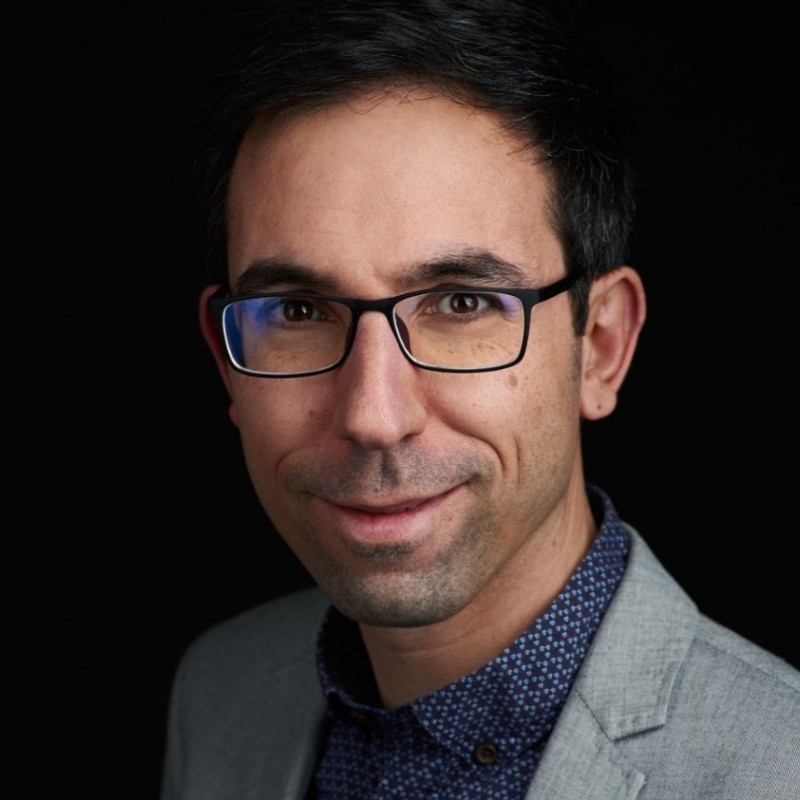
Pedro Jerónimo
LabCom - Communication Laboratory of the University of Beira Interior
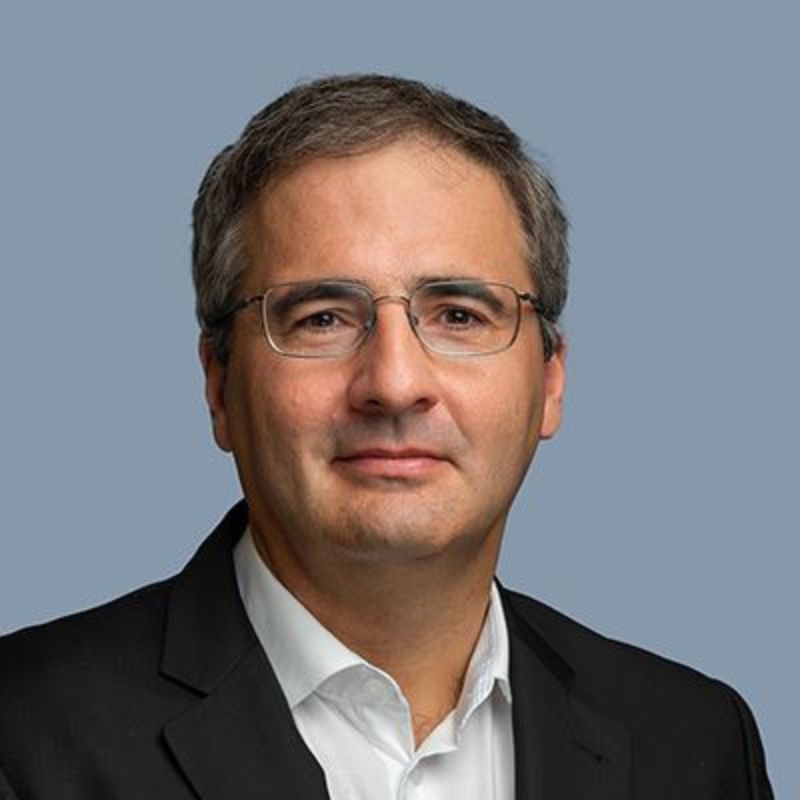
Pedro Martins
Director of the Economics for Policy Knowledge Center / Nova School of Business and Economics, NOVA University Lisbon
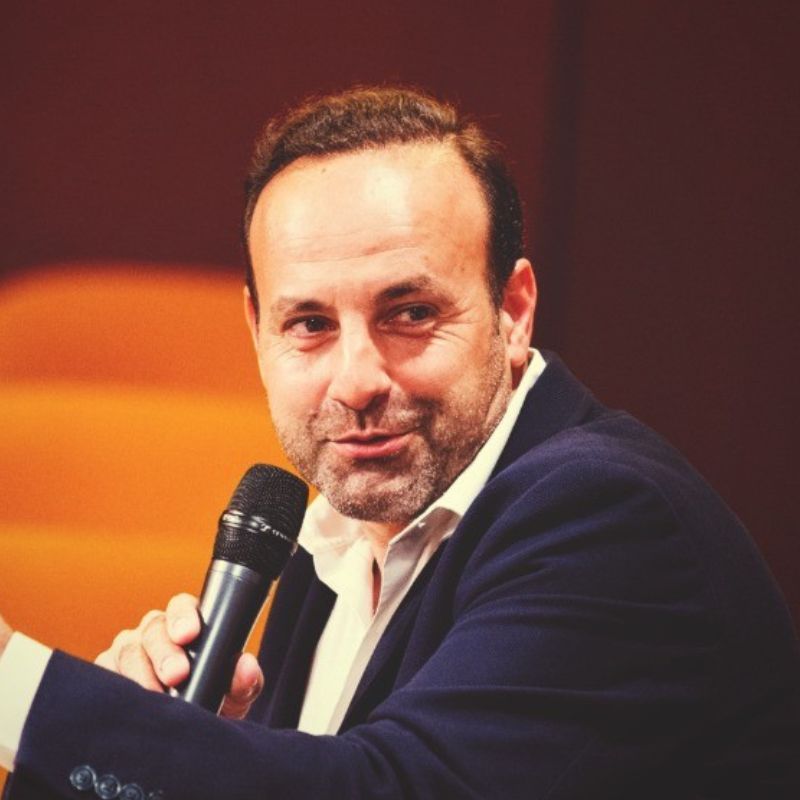
Pedro Príncipe
Head of the Documentation Services Division of the University of Minho
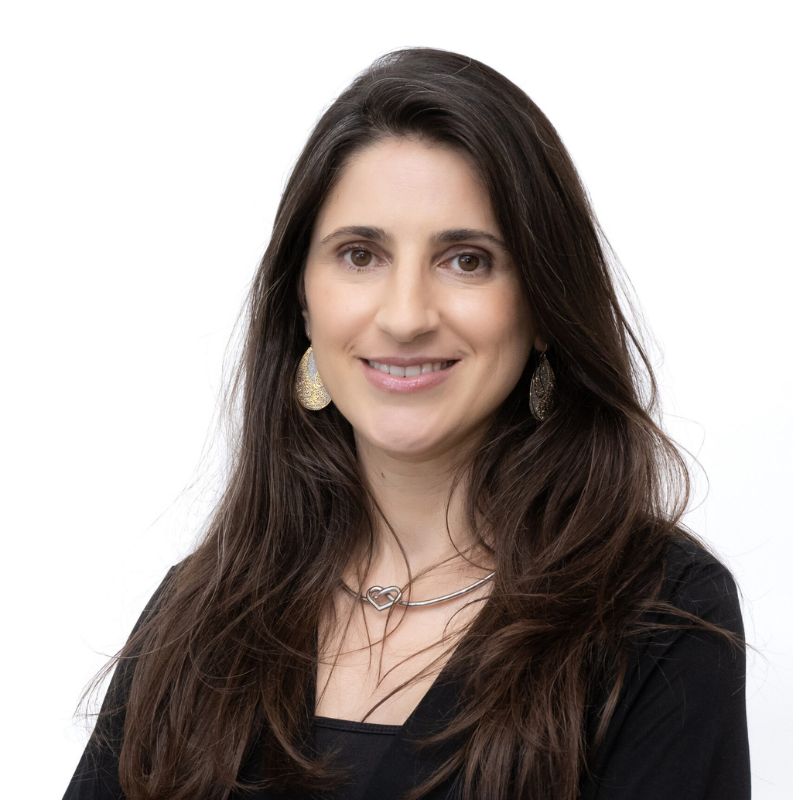
Raquel Costa
Executive Director of HEI-Lab, Digital Human-Environment and Interactions Lab - Universidade Lusófona
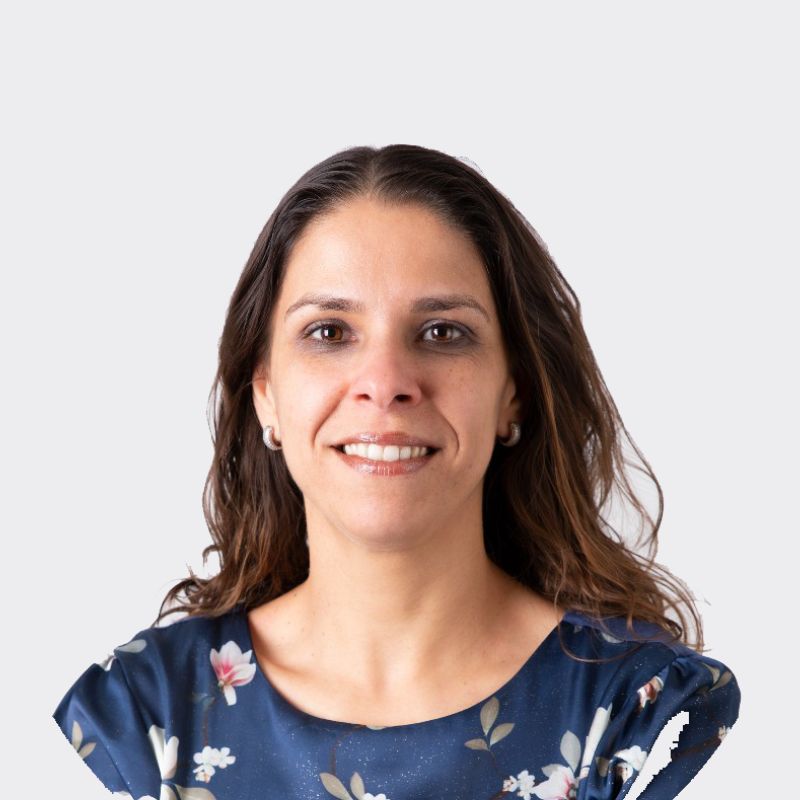
Raquel Sebastião
IEETA, University of Aveiro Polytechnic Institute of Viseu
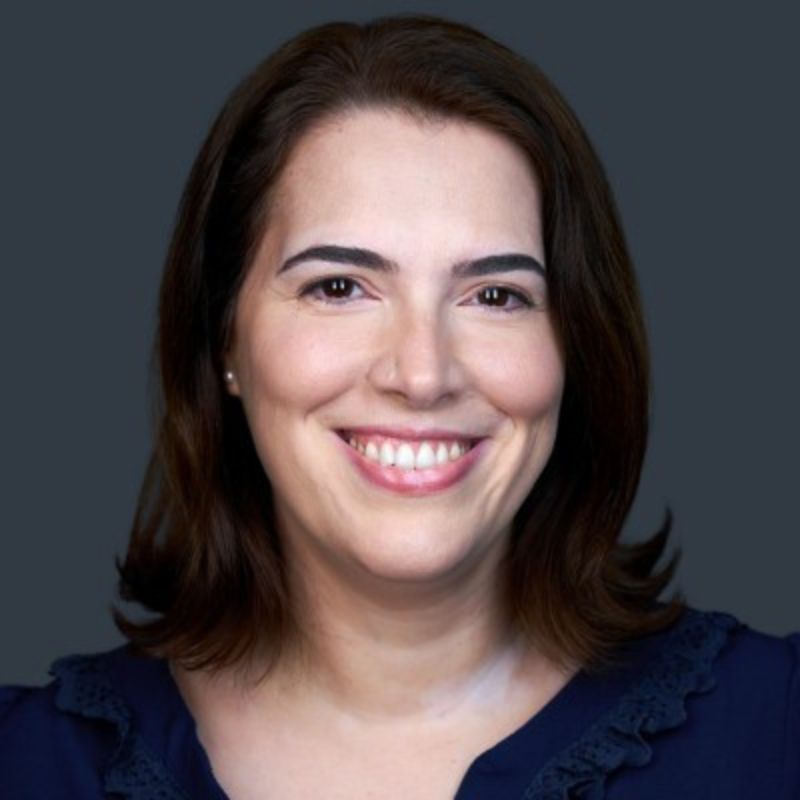
Rita Farinha
Associated Laboratory for Advanced Manufacturing and Intelligent Systems (ARISE)
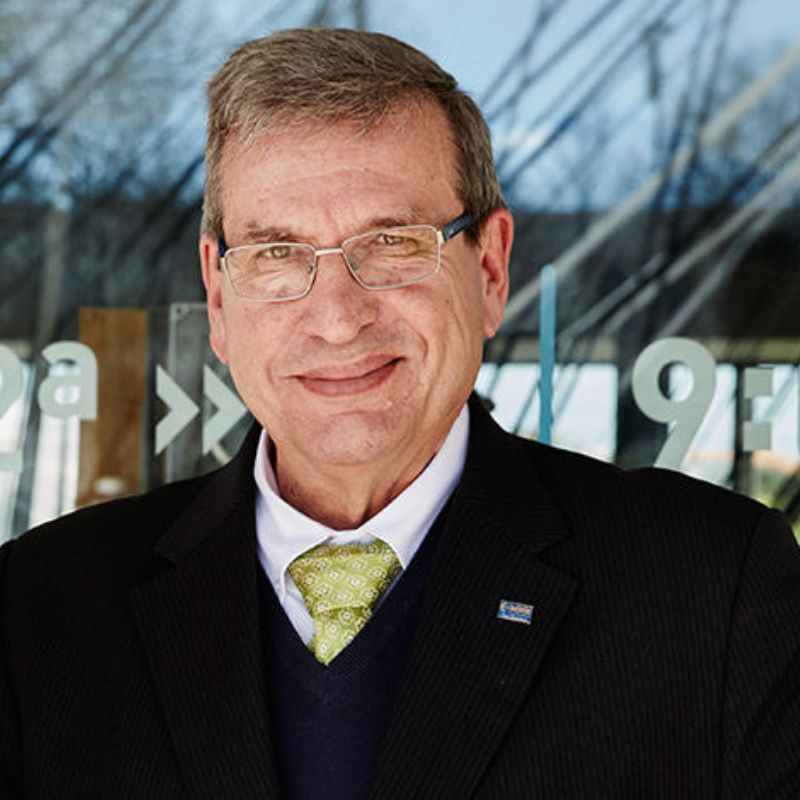
Rodrigo Martins
Coordinator of i3N - Institute of Nanostructures, Nanomodelling and Nanofabrication
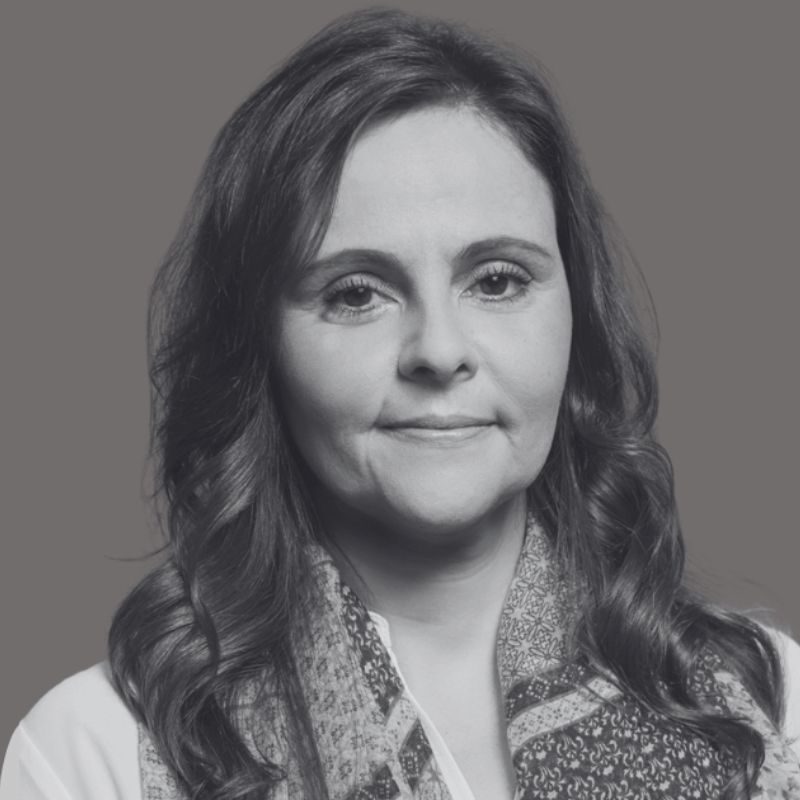
Susana Lopes
Nova School of Business and Economics, NOVA University Lisbon
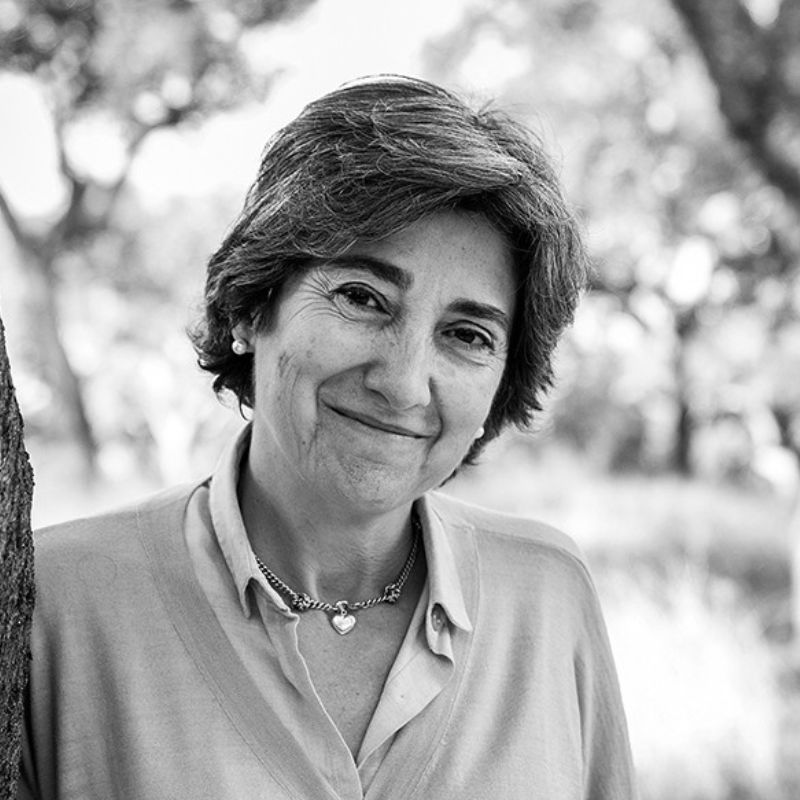
Teresa Pinto Correia
Director of CHANGE Associated Laboratory - University of Évora
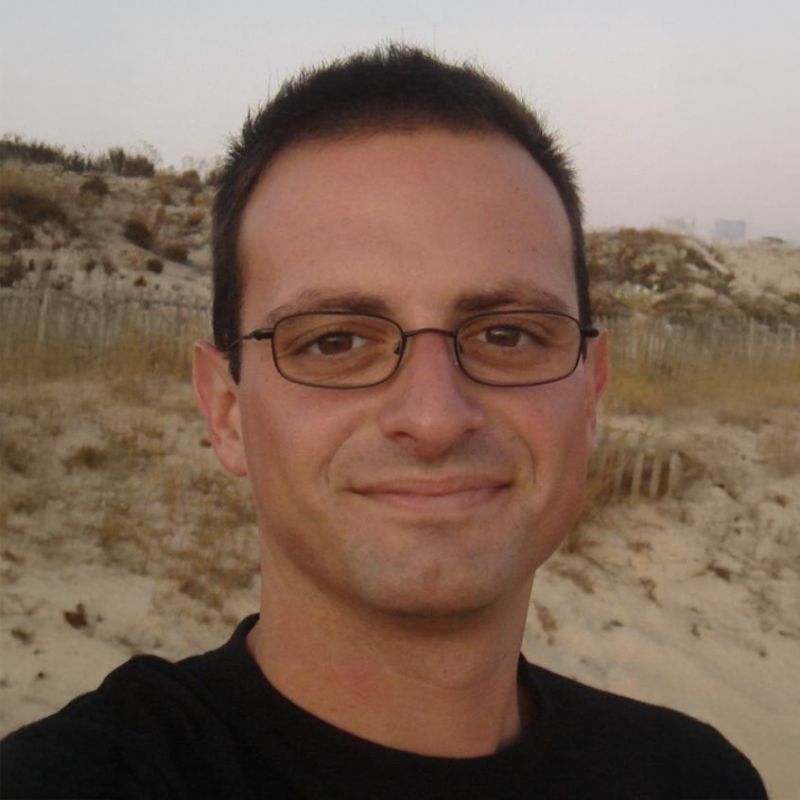
Tiago Capela Lourenço
CE3C - Center for Ecology, Evolution and Environmental Changes
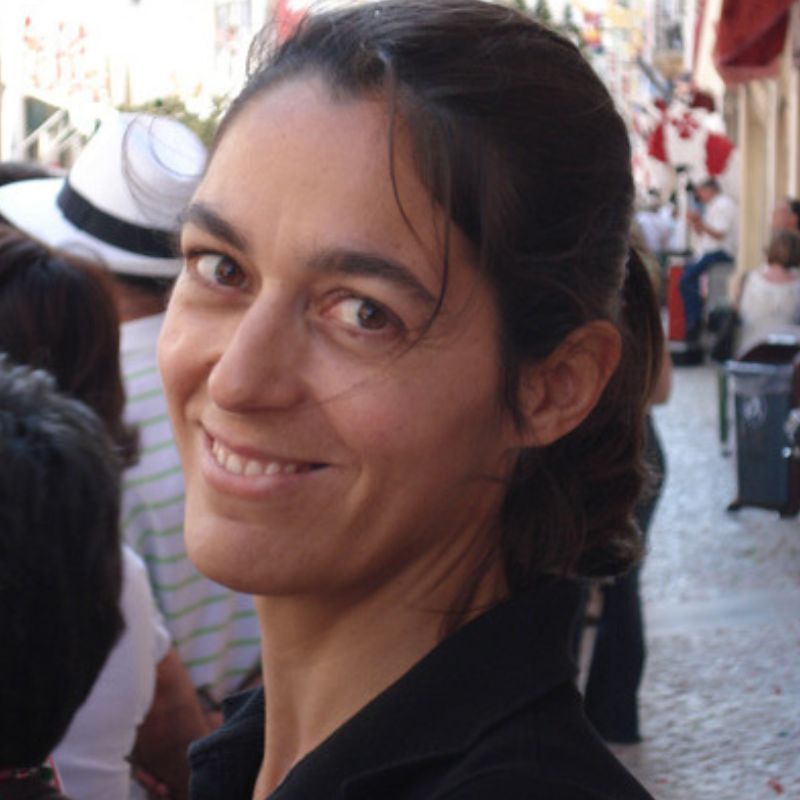
Vera Moitinho de Almeida
Coordinator of CODA - Faculty of Letters of the University of Porto
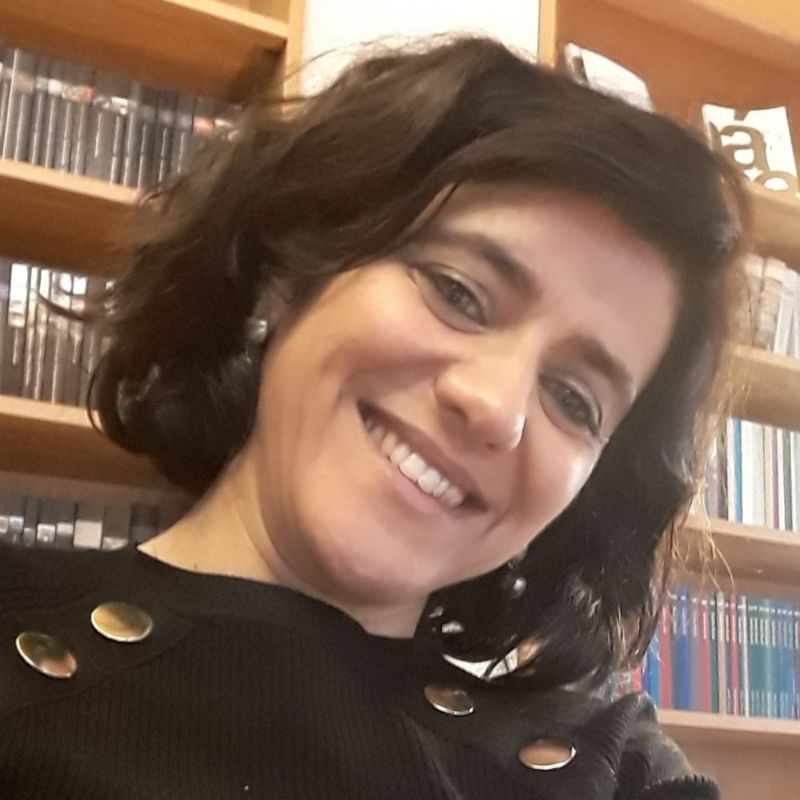
Verónica Policarpo
ICS | Institute of Social Sciences of the University of Lisbon
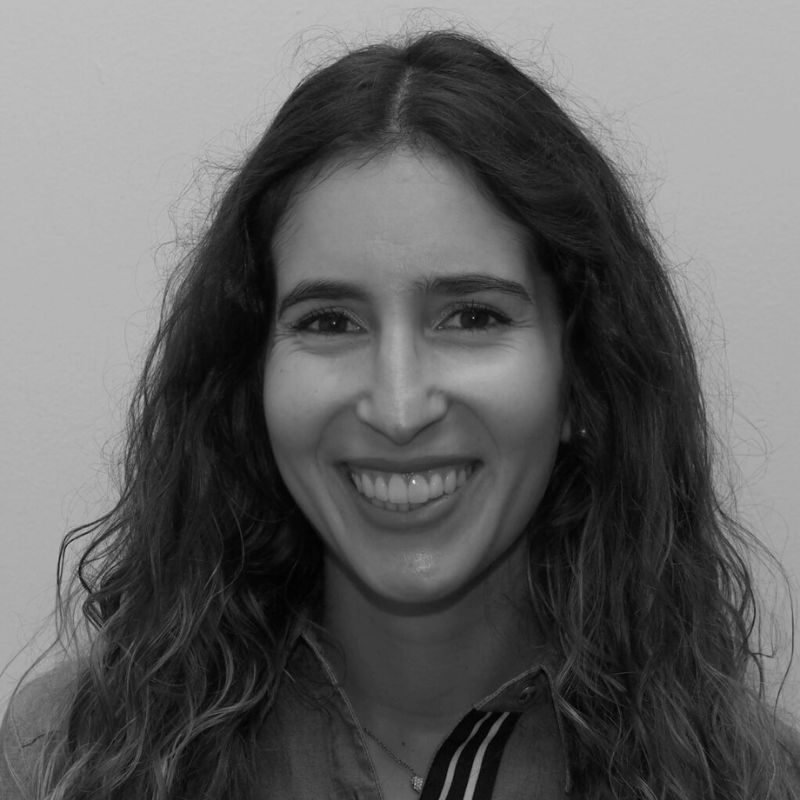
Violeta Carvalho
Mechanical Engineering and Resource Sustainability Center (MEtRICs), University of Minho
